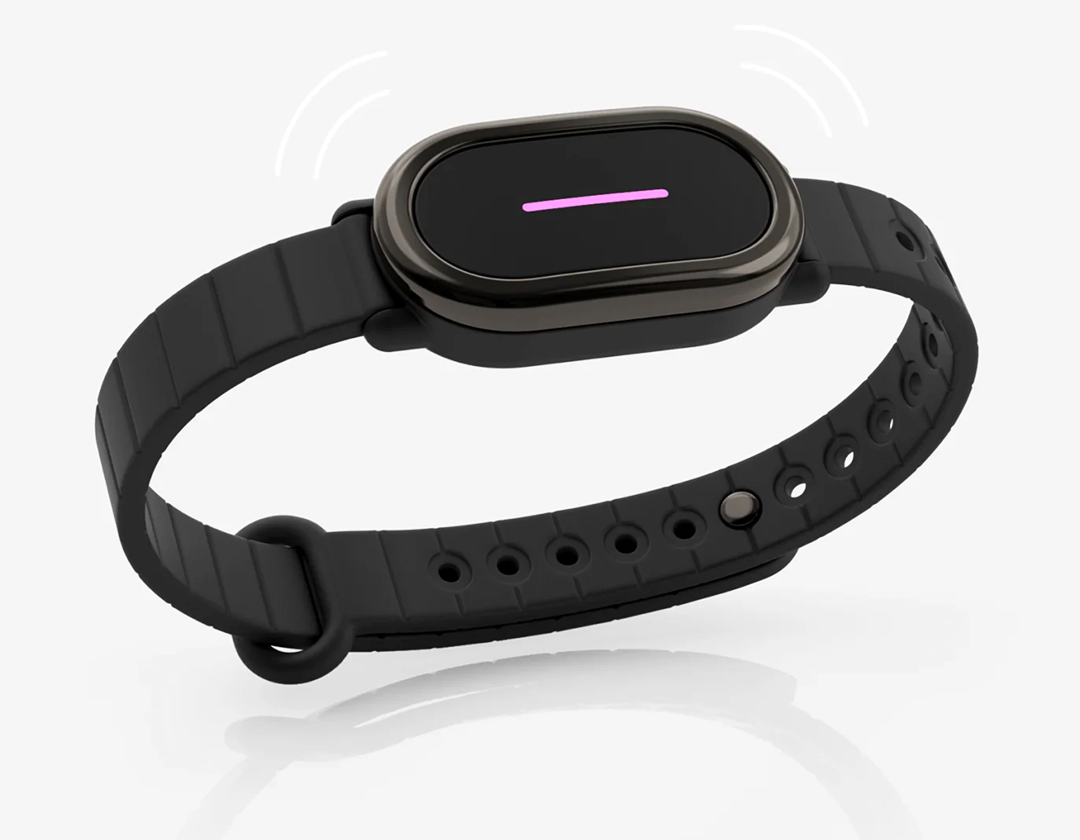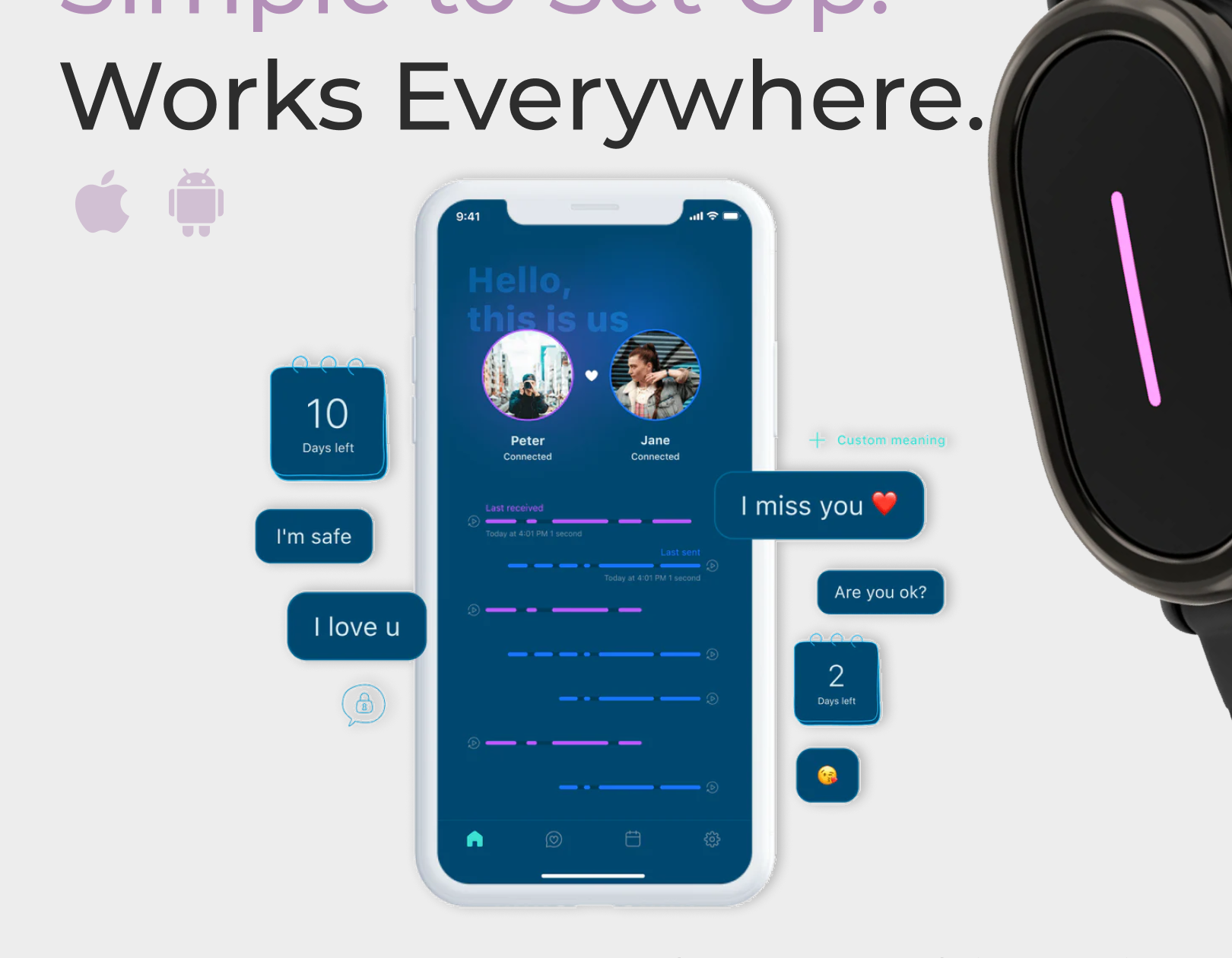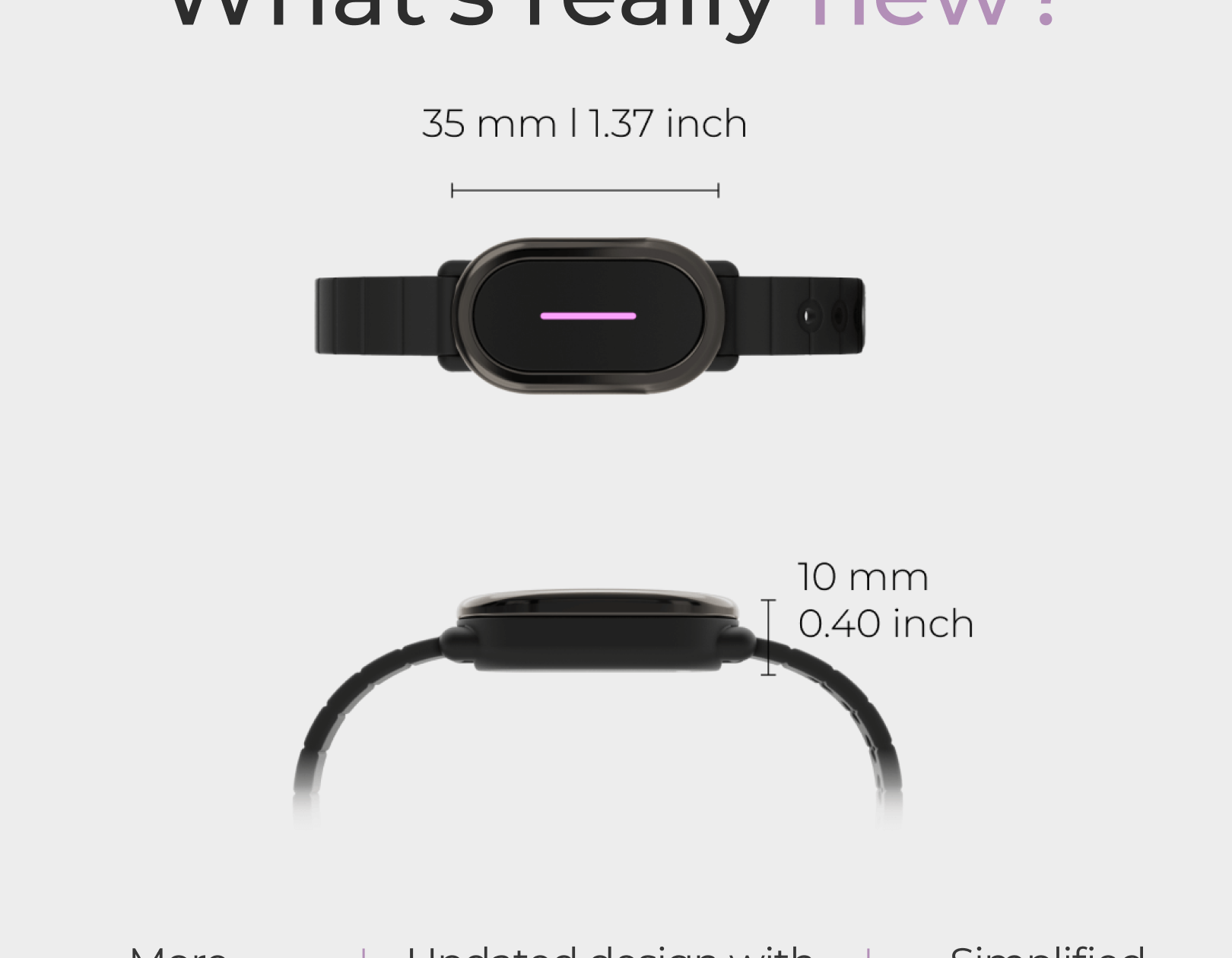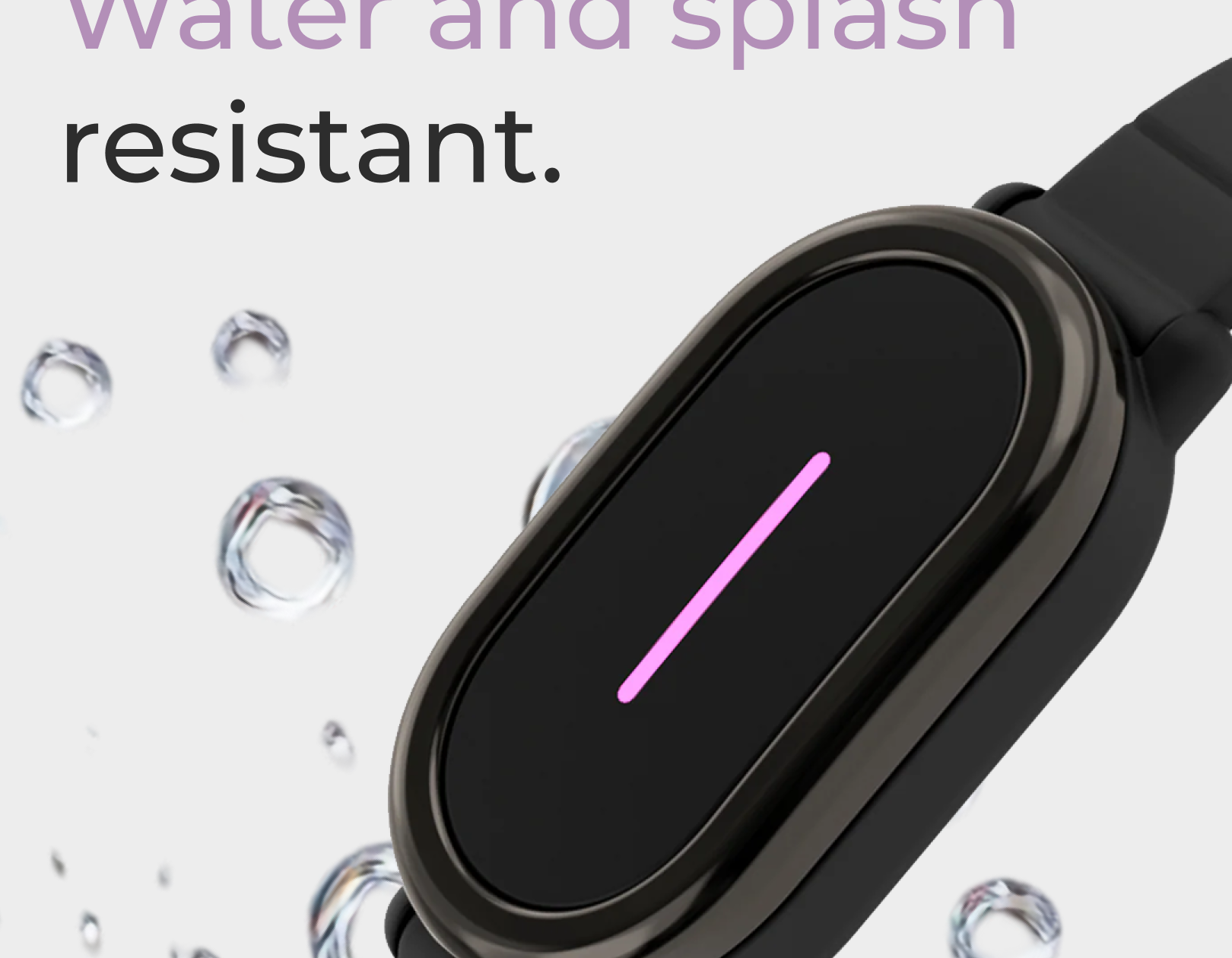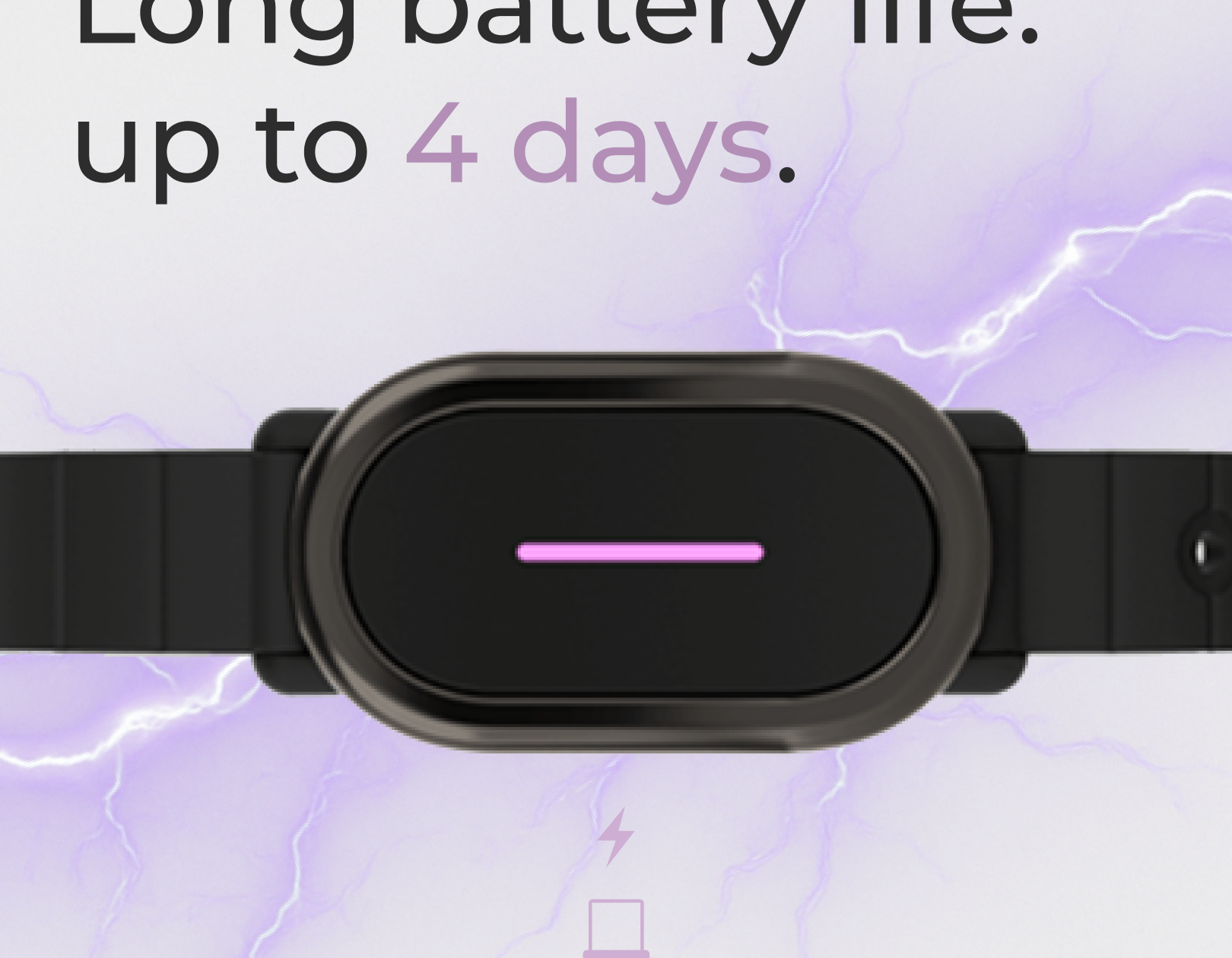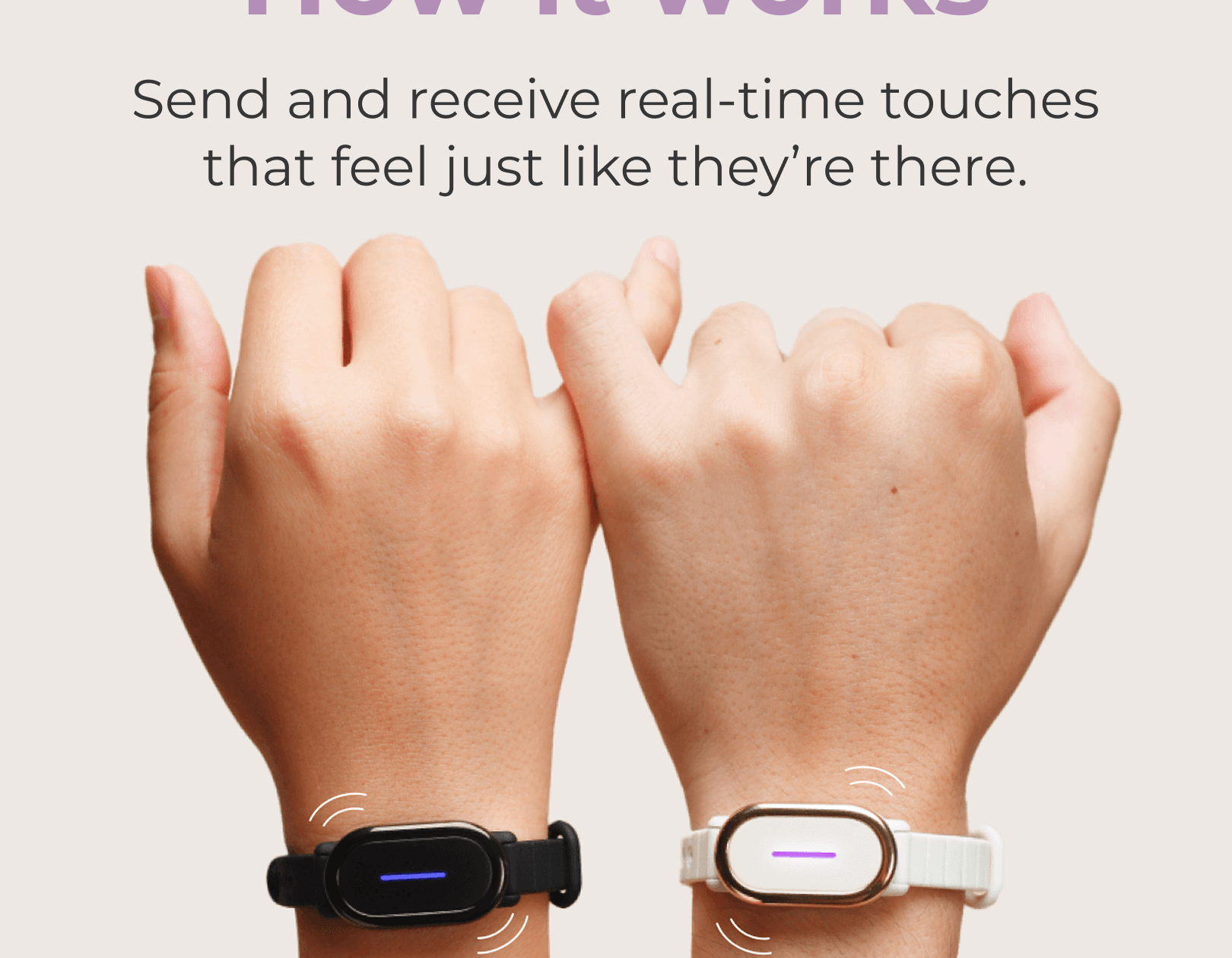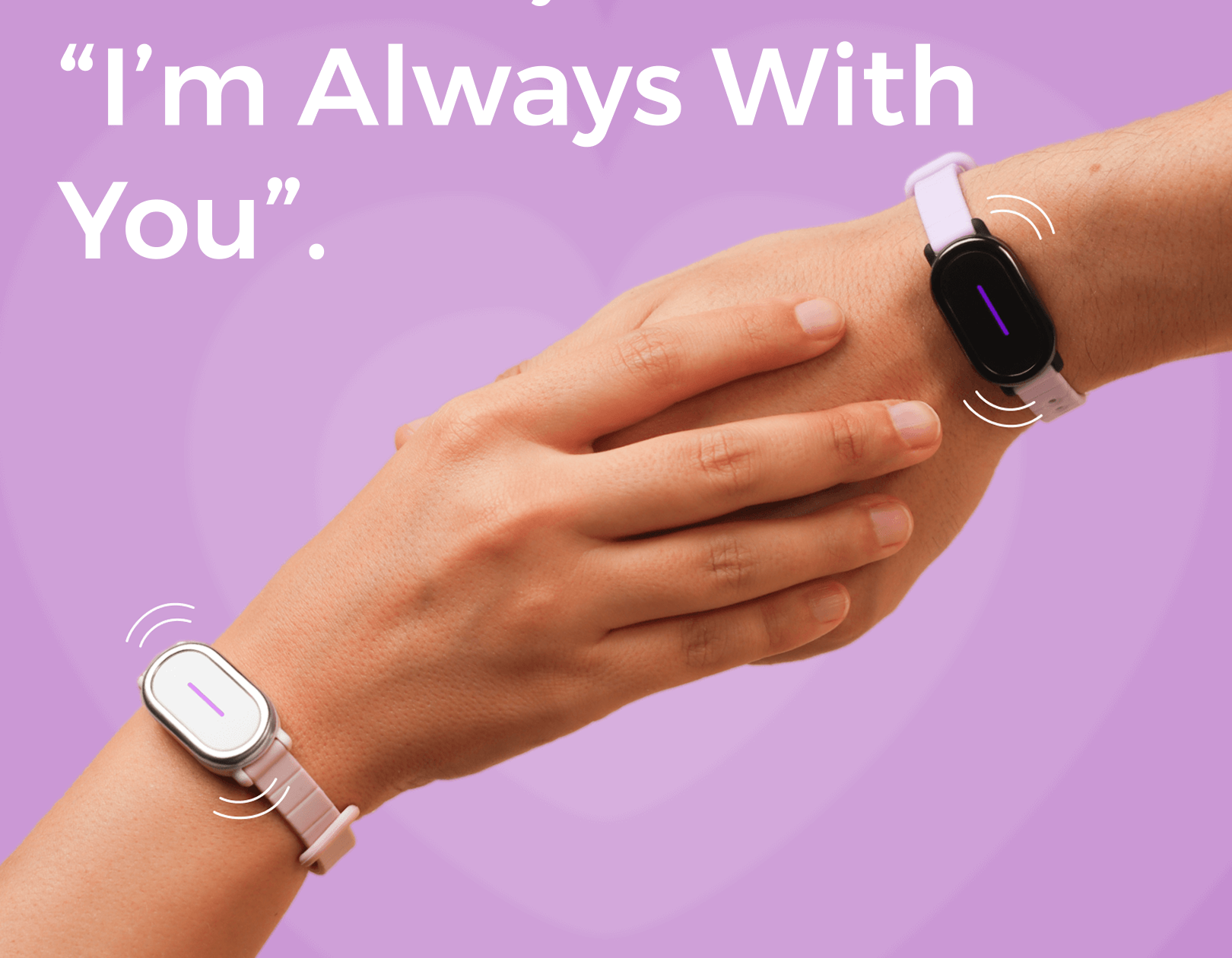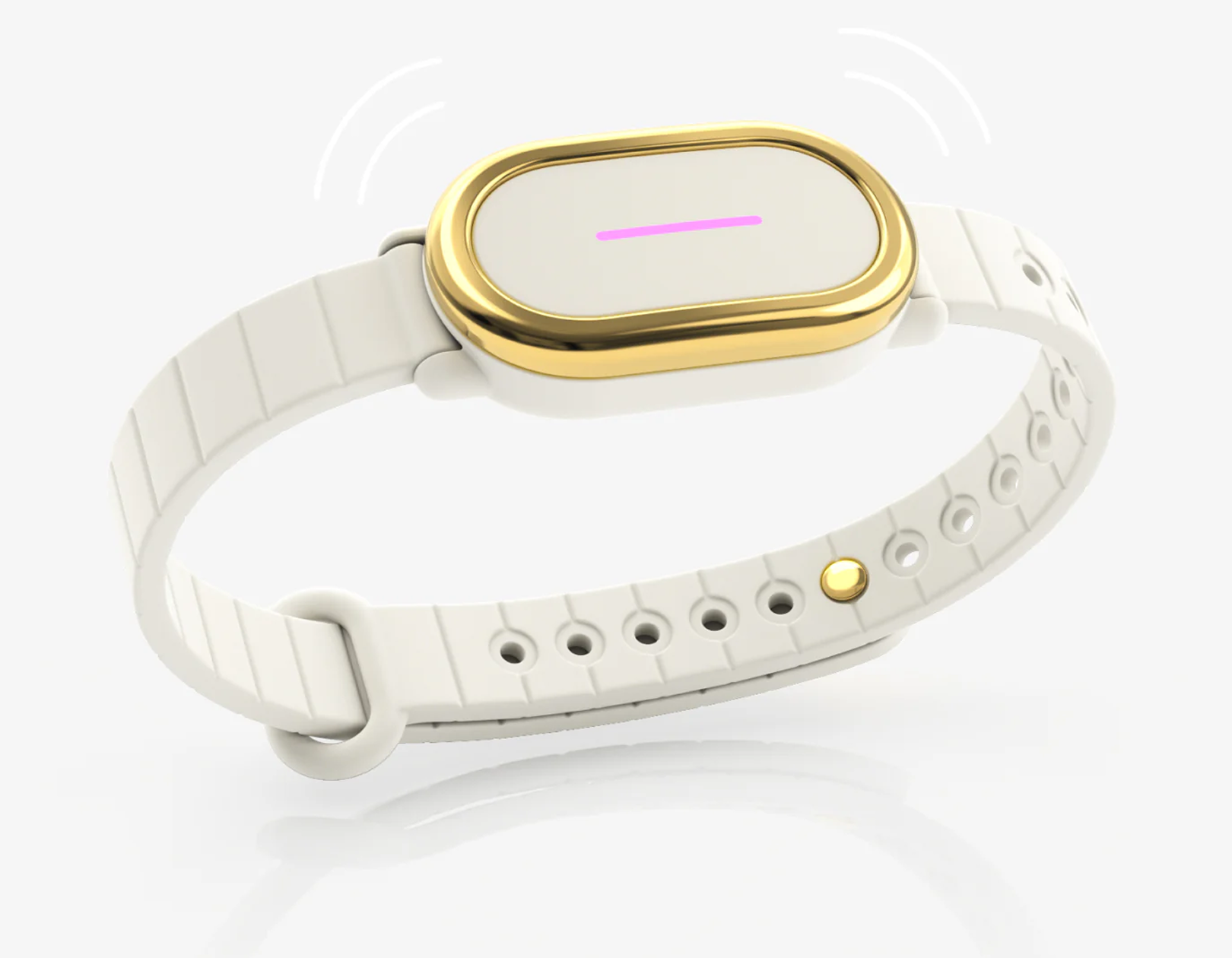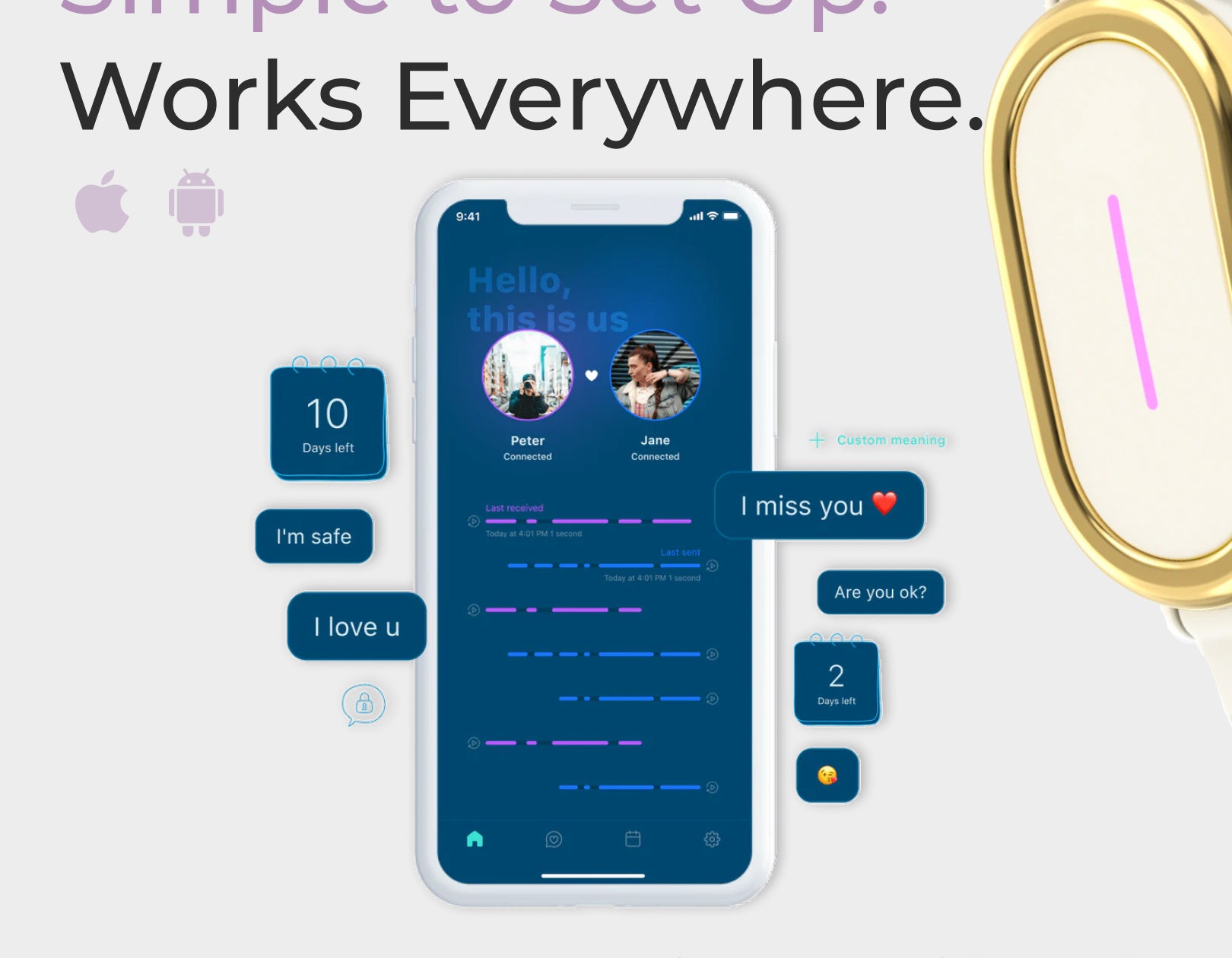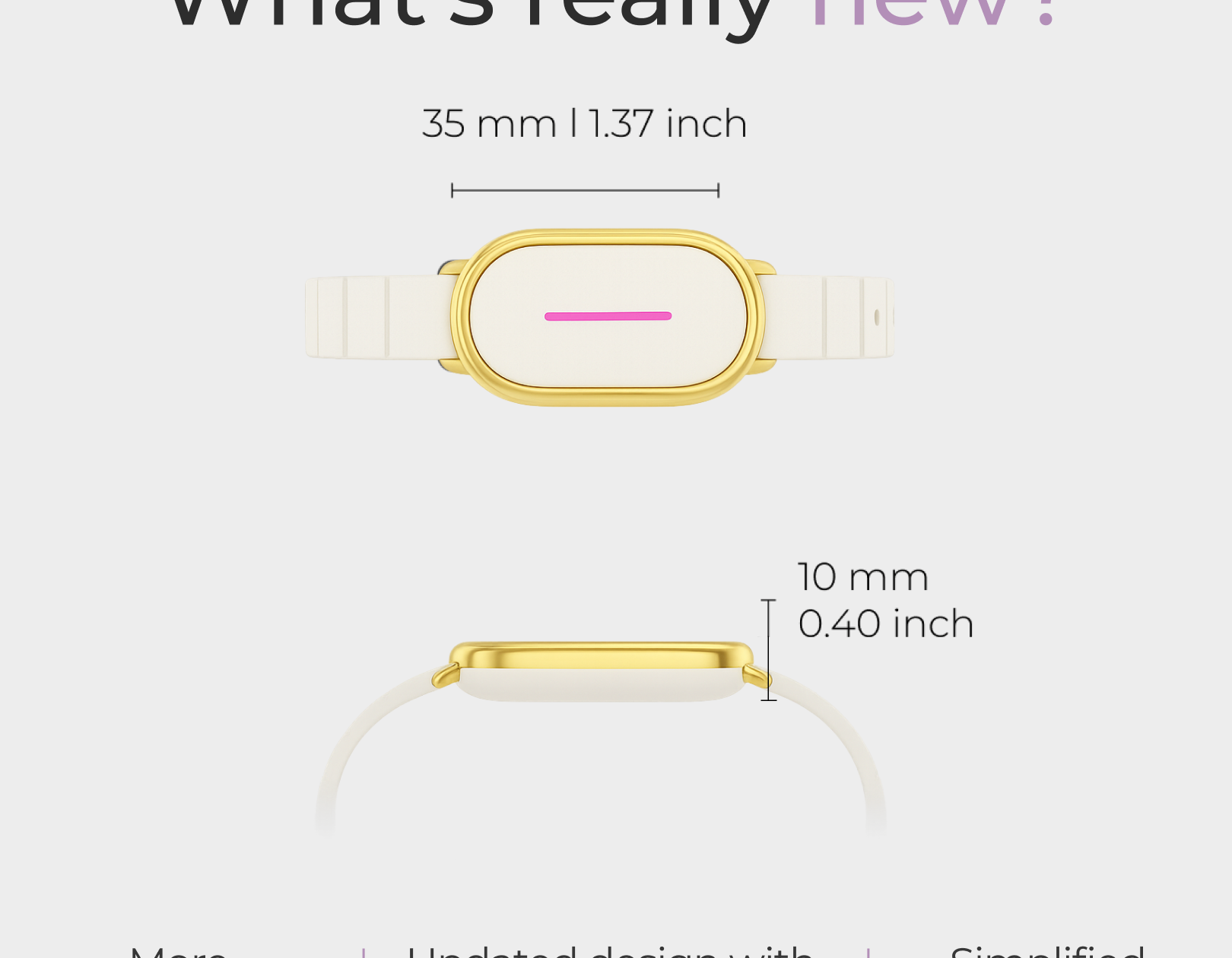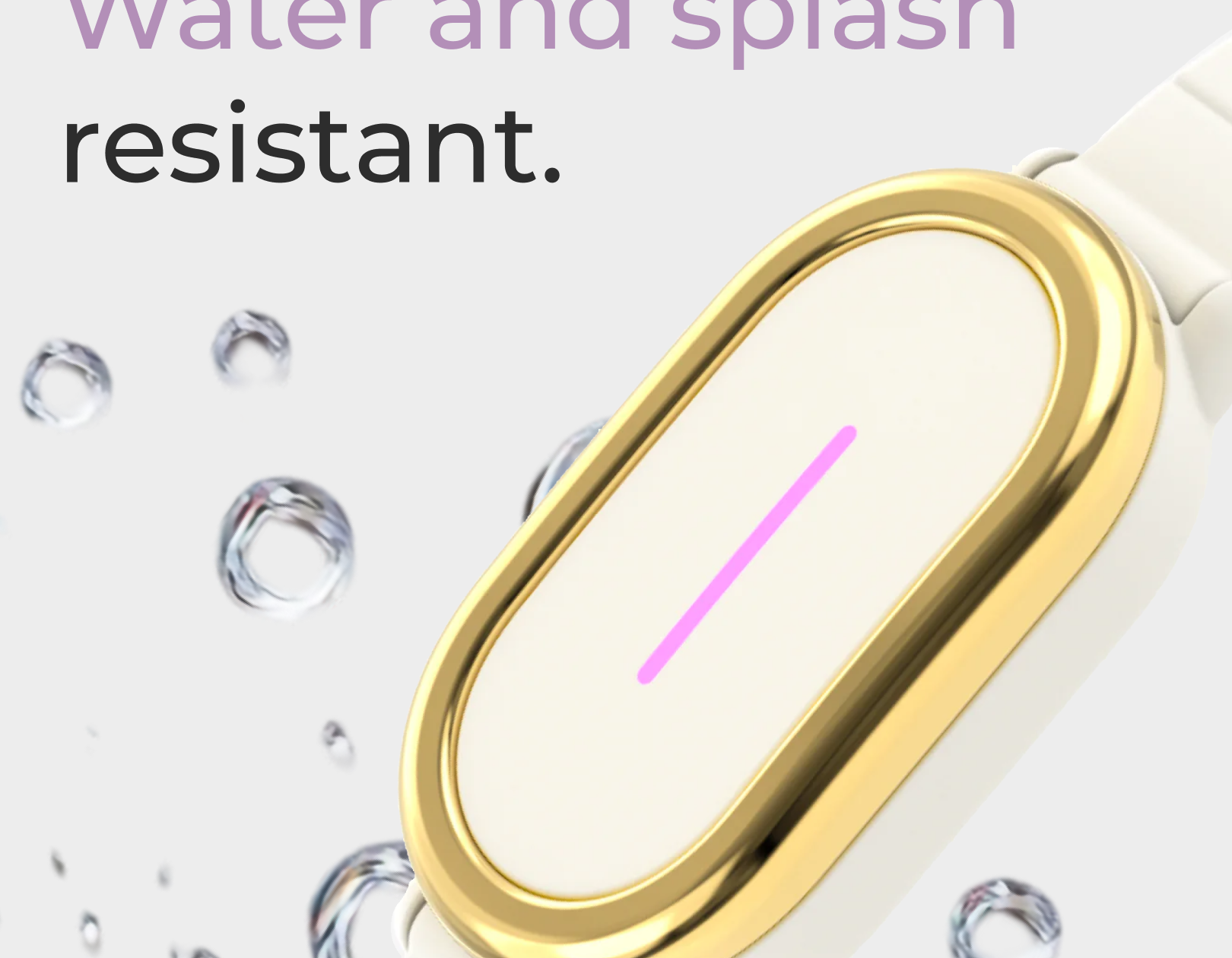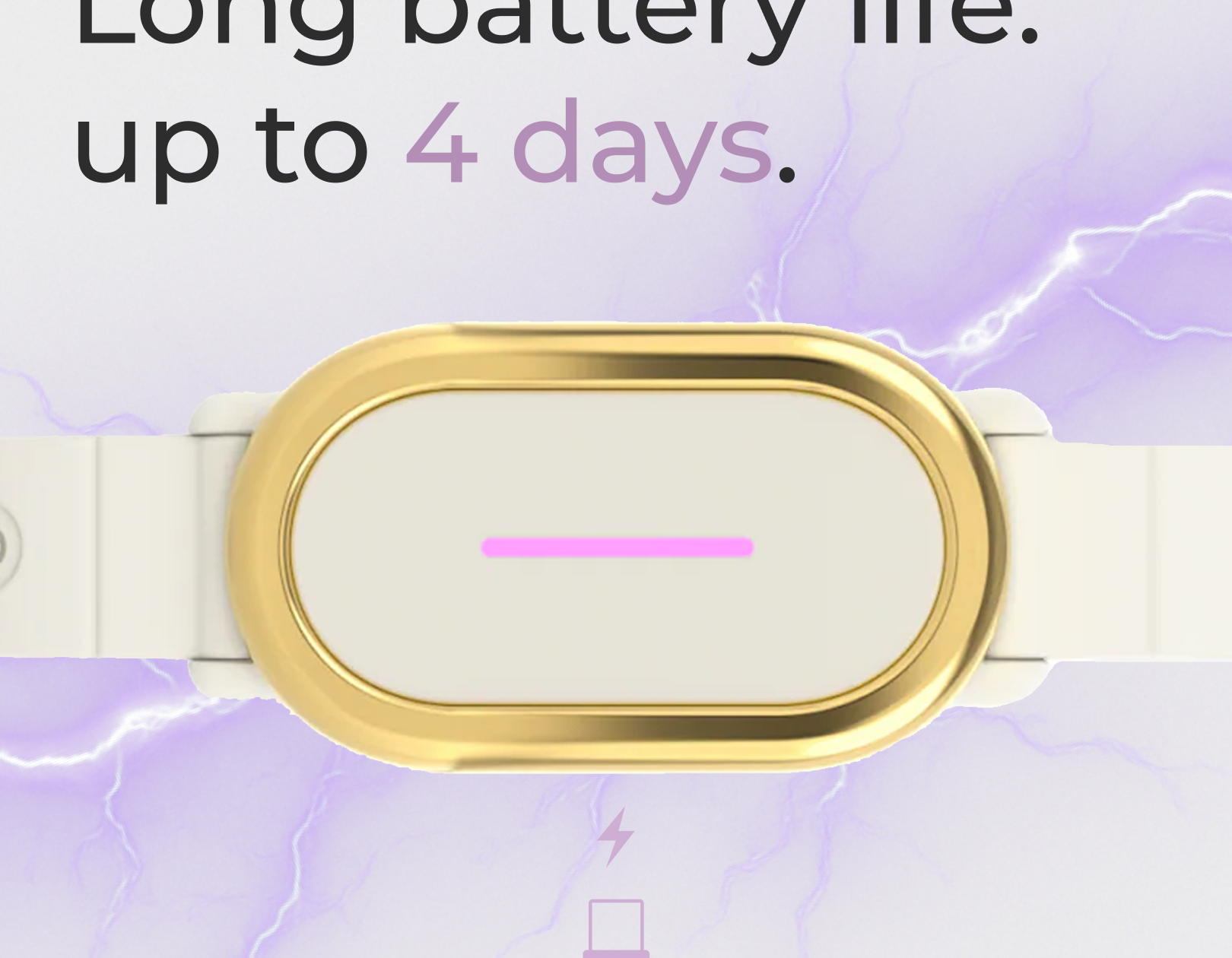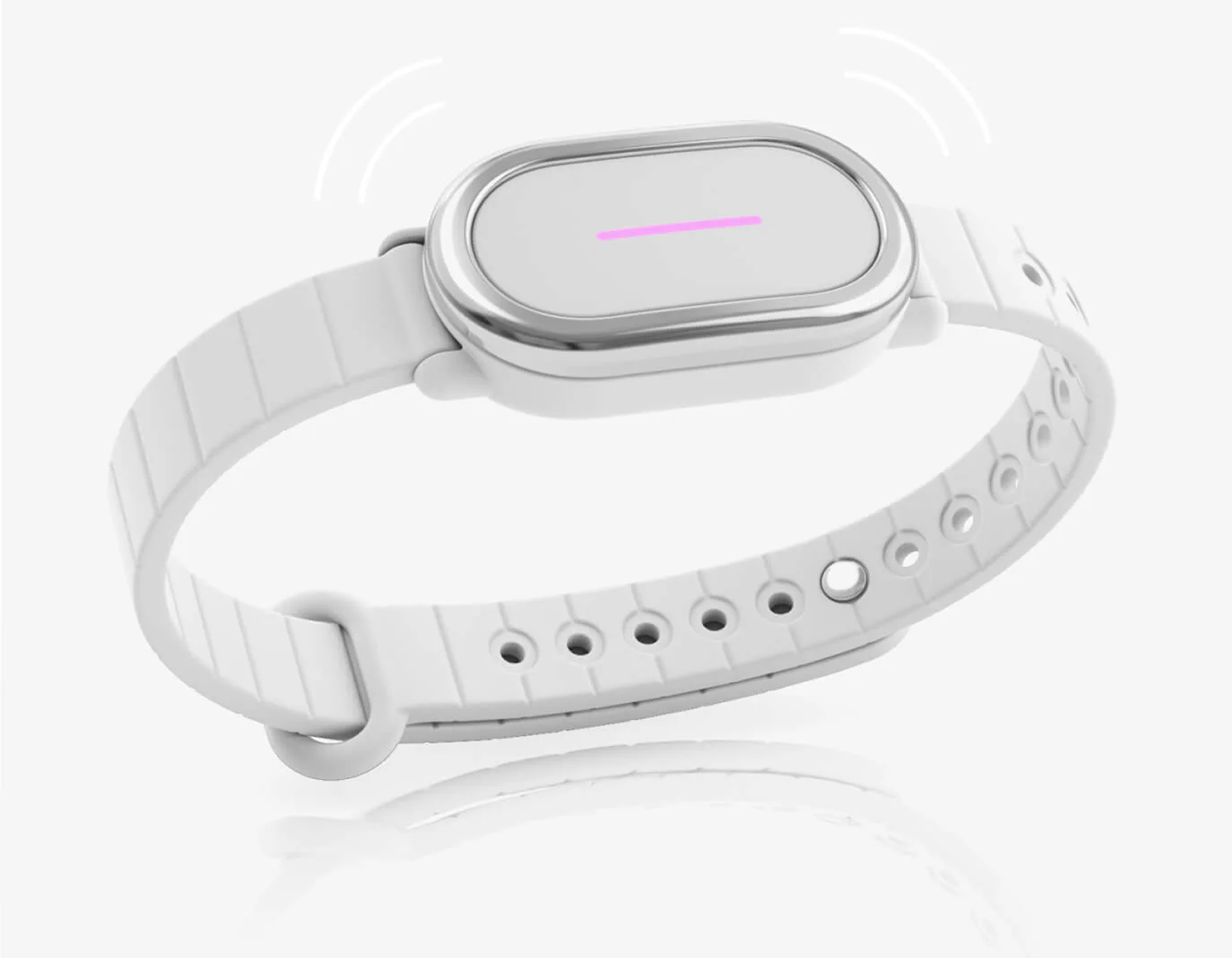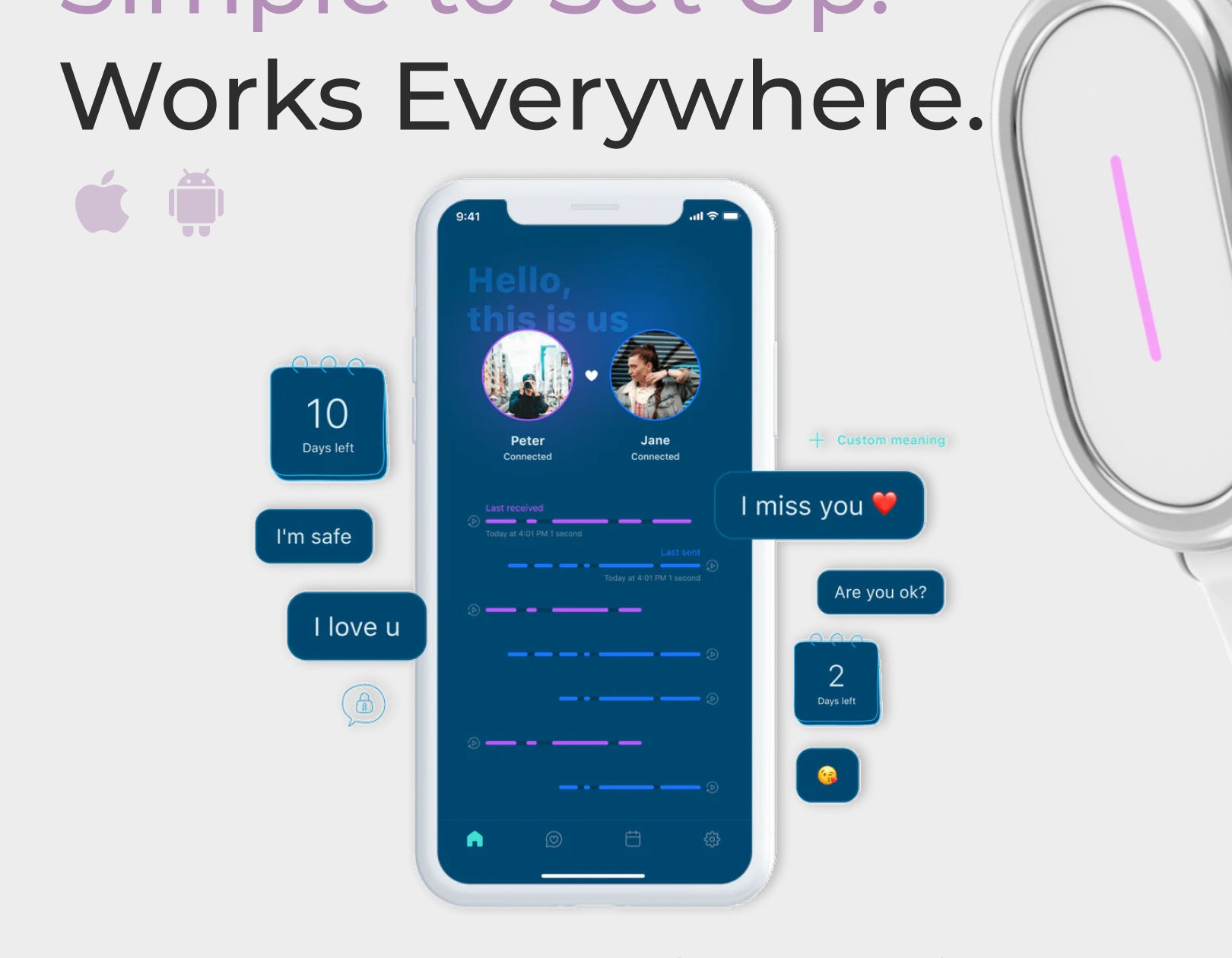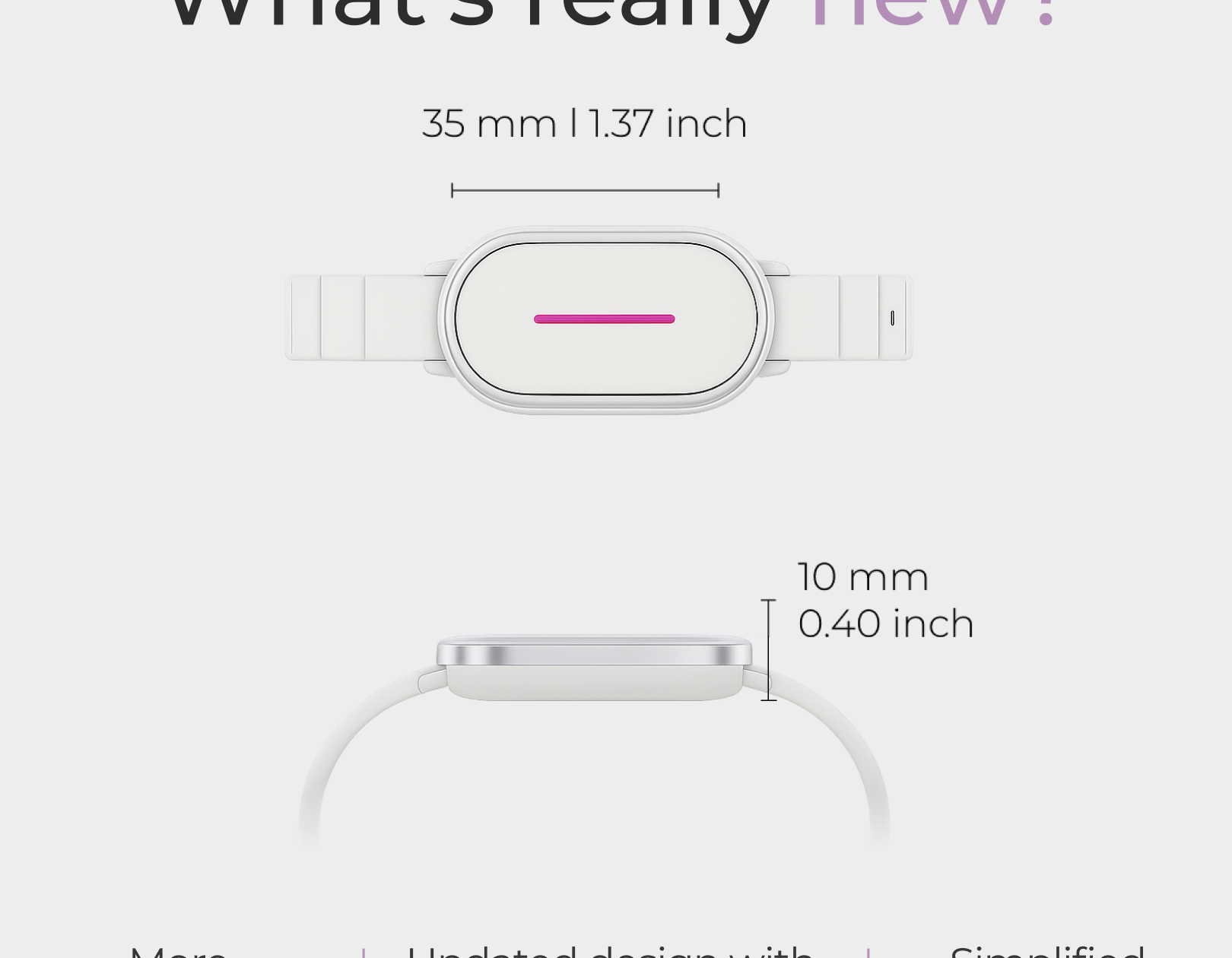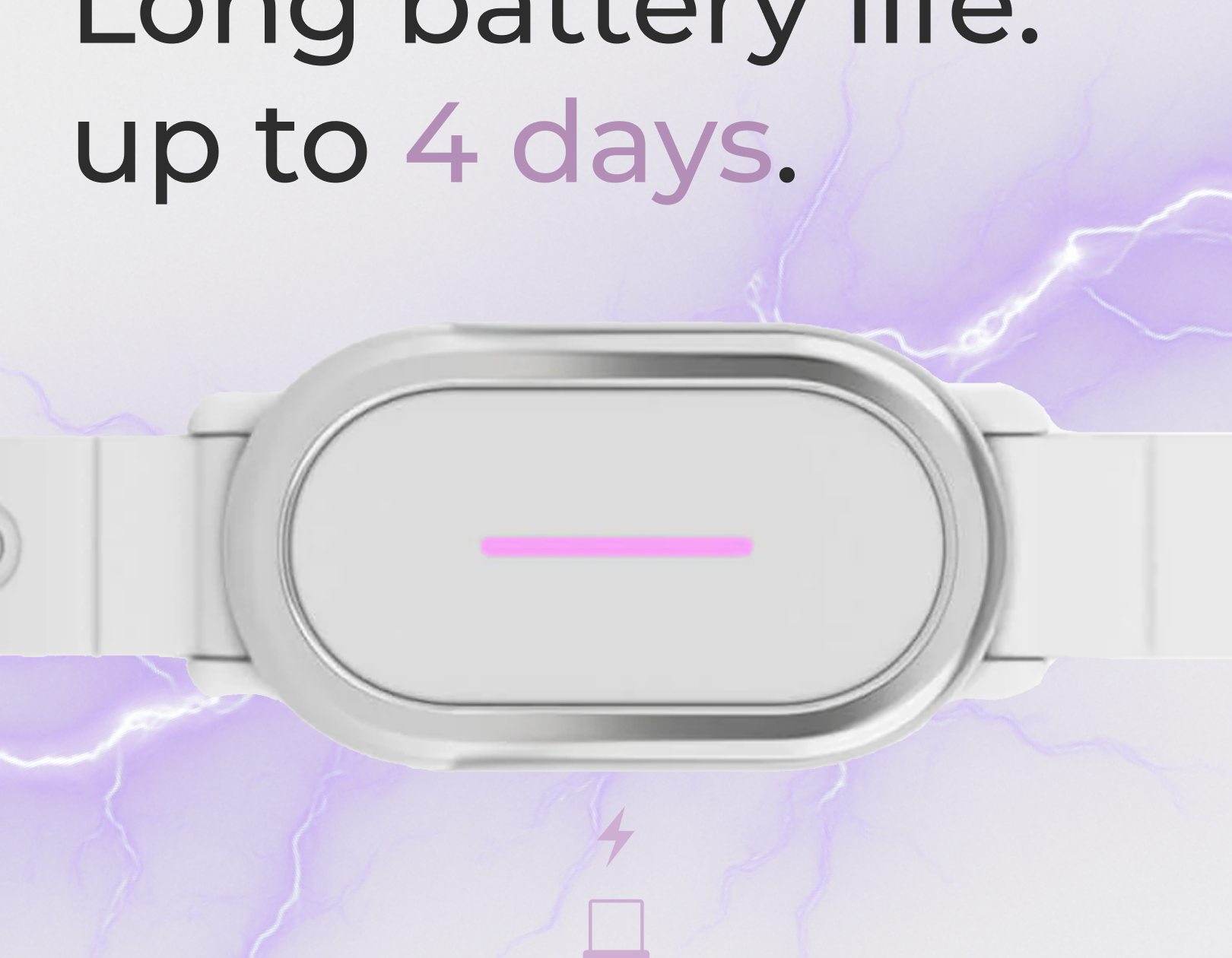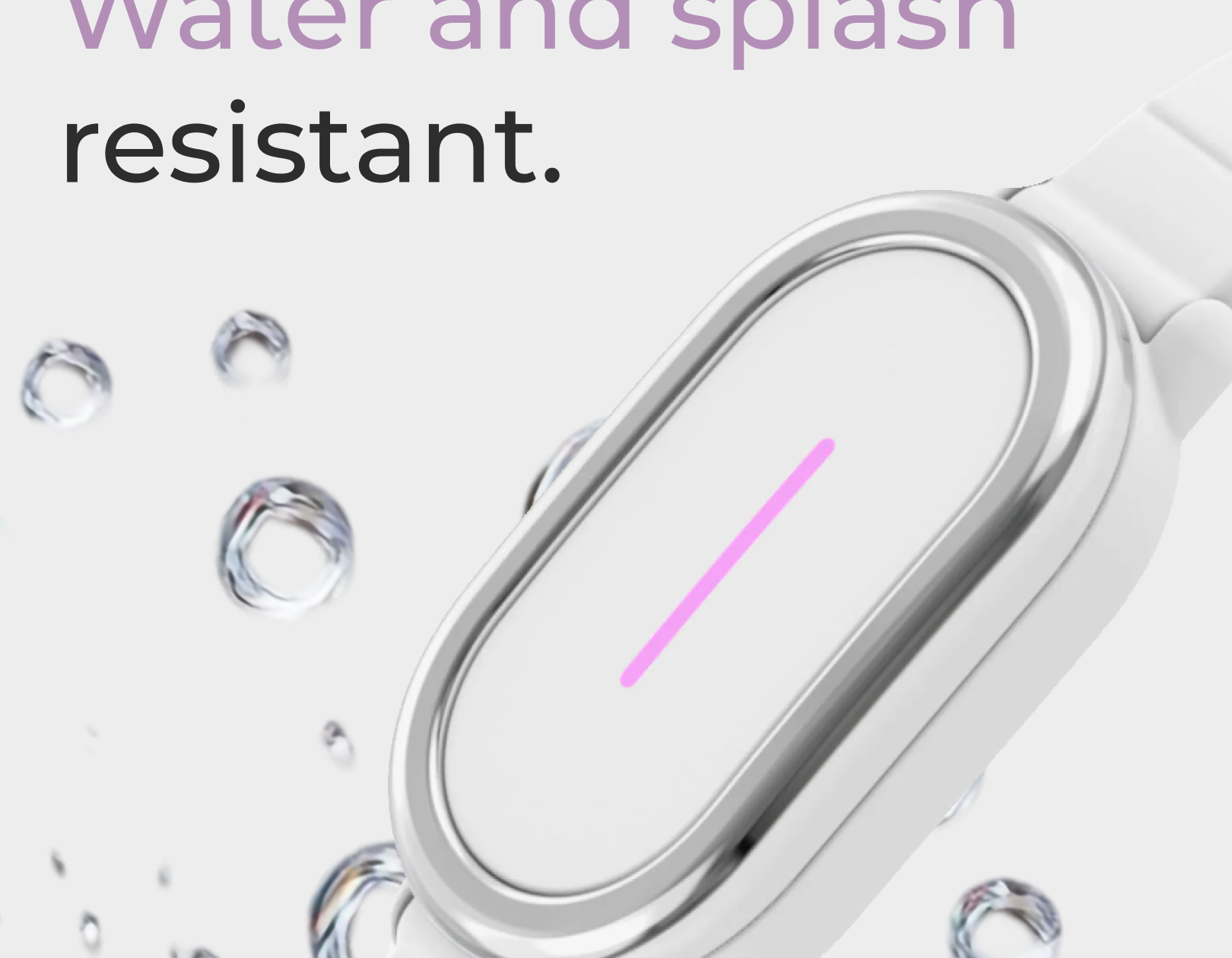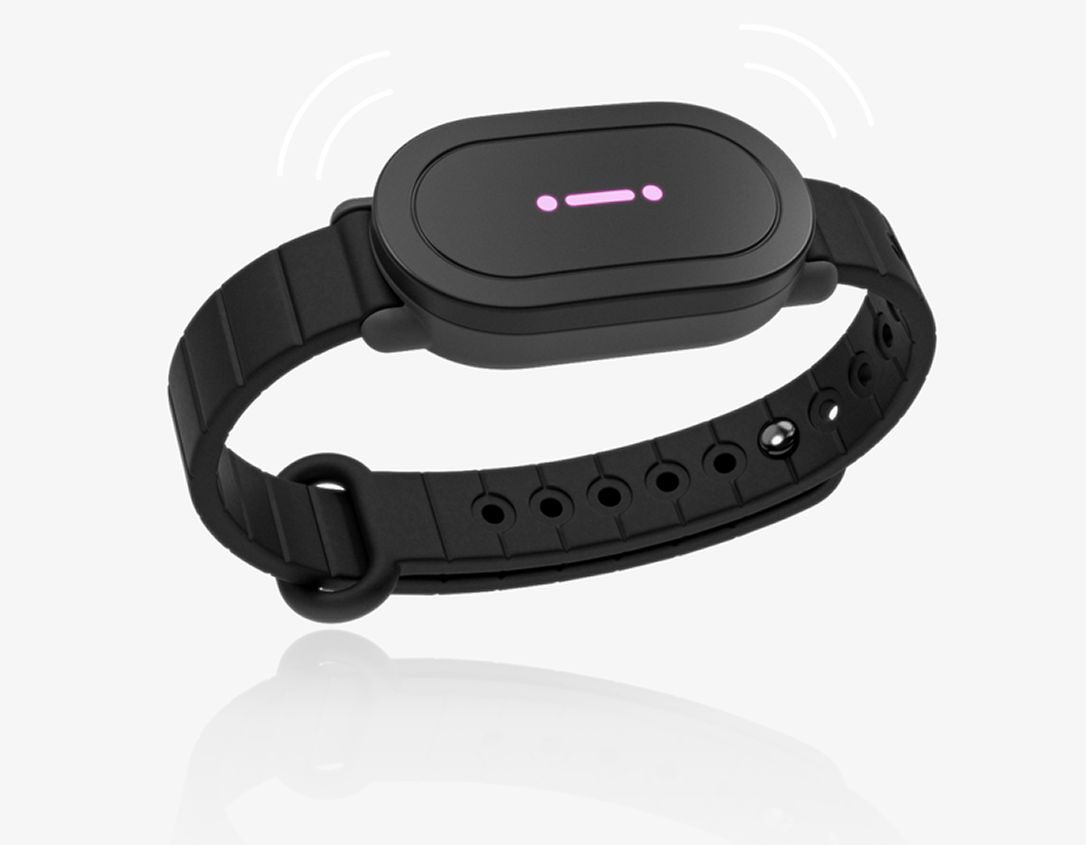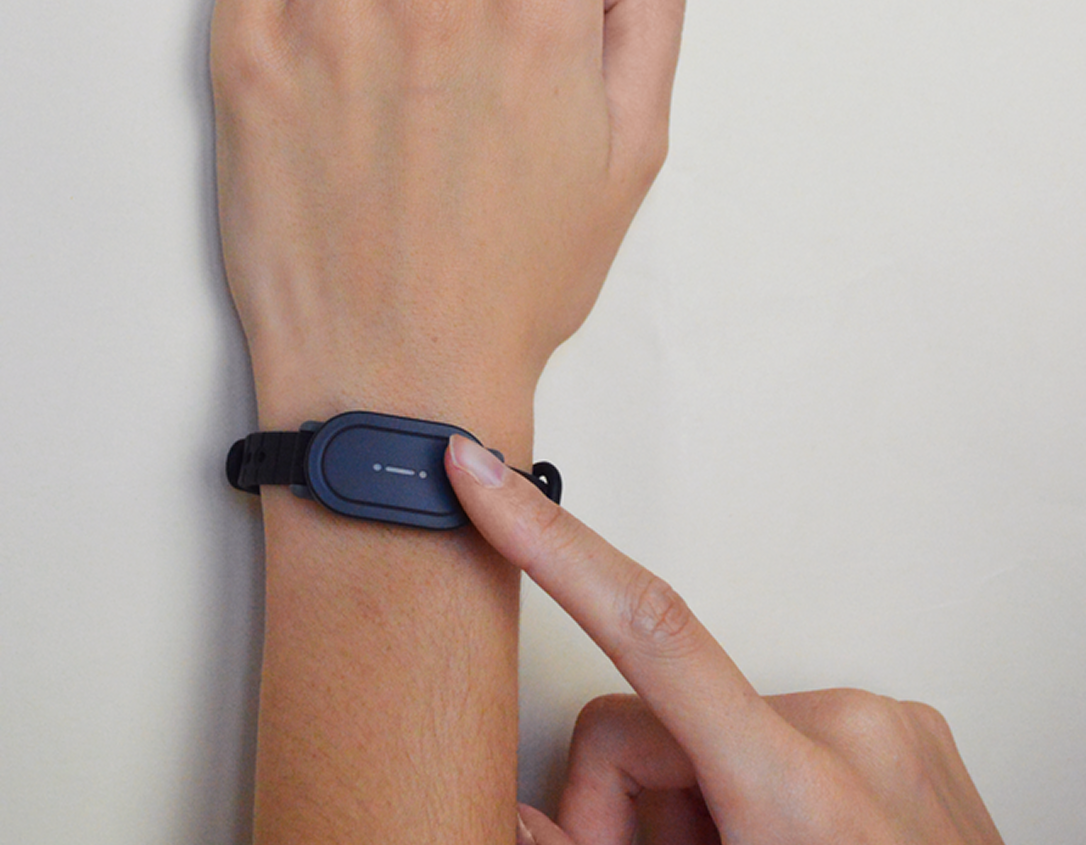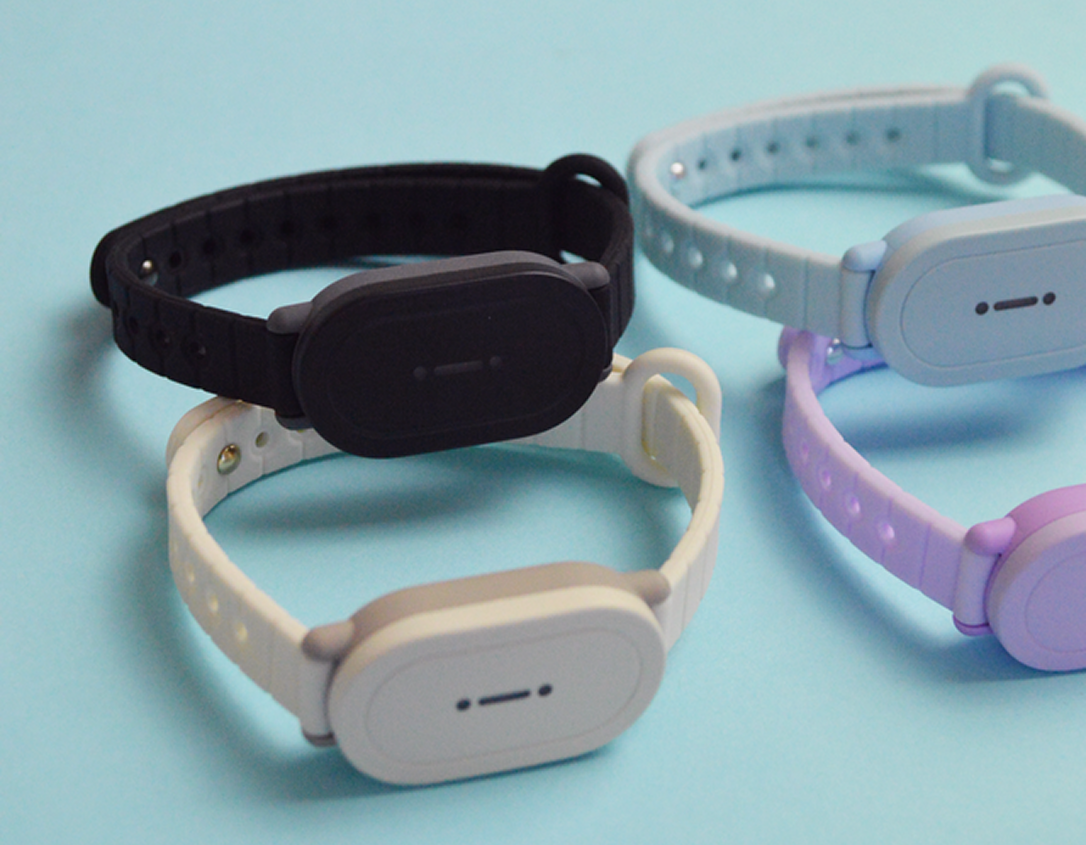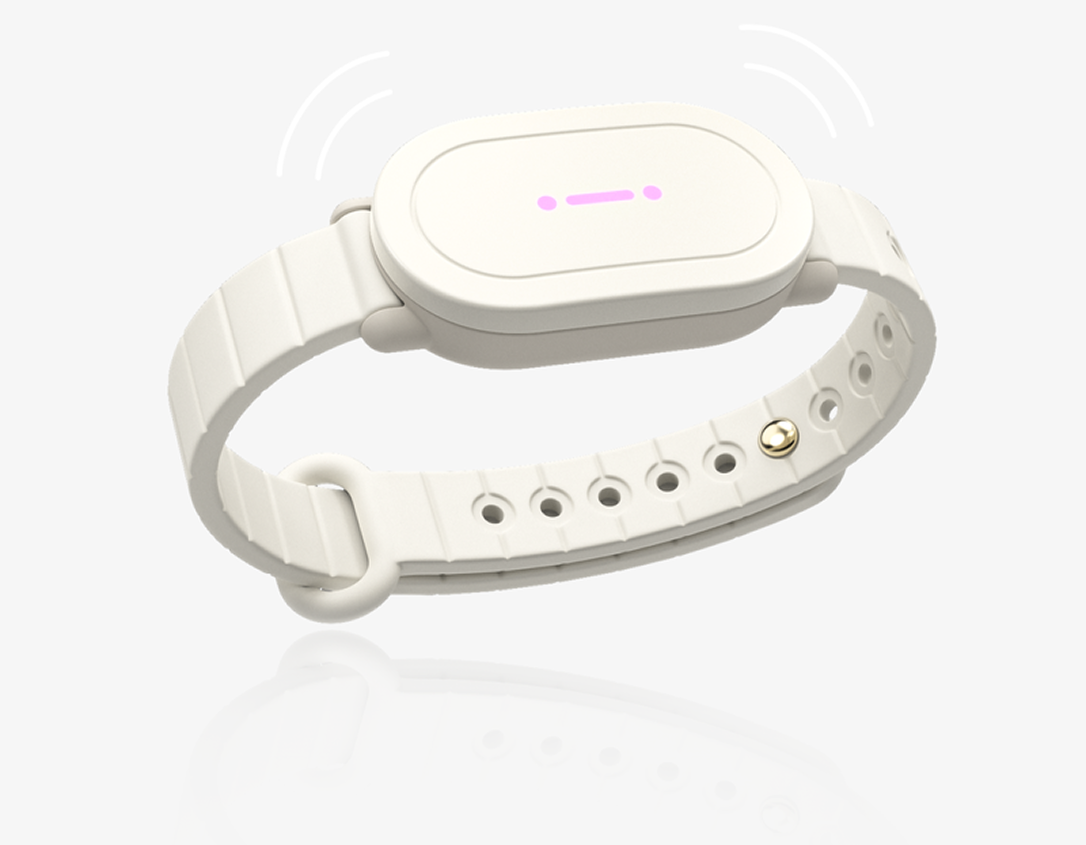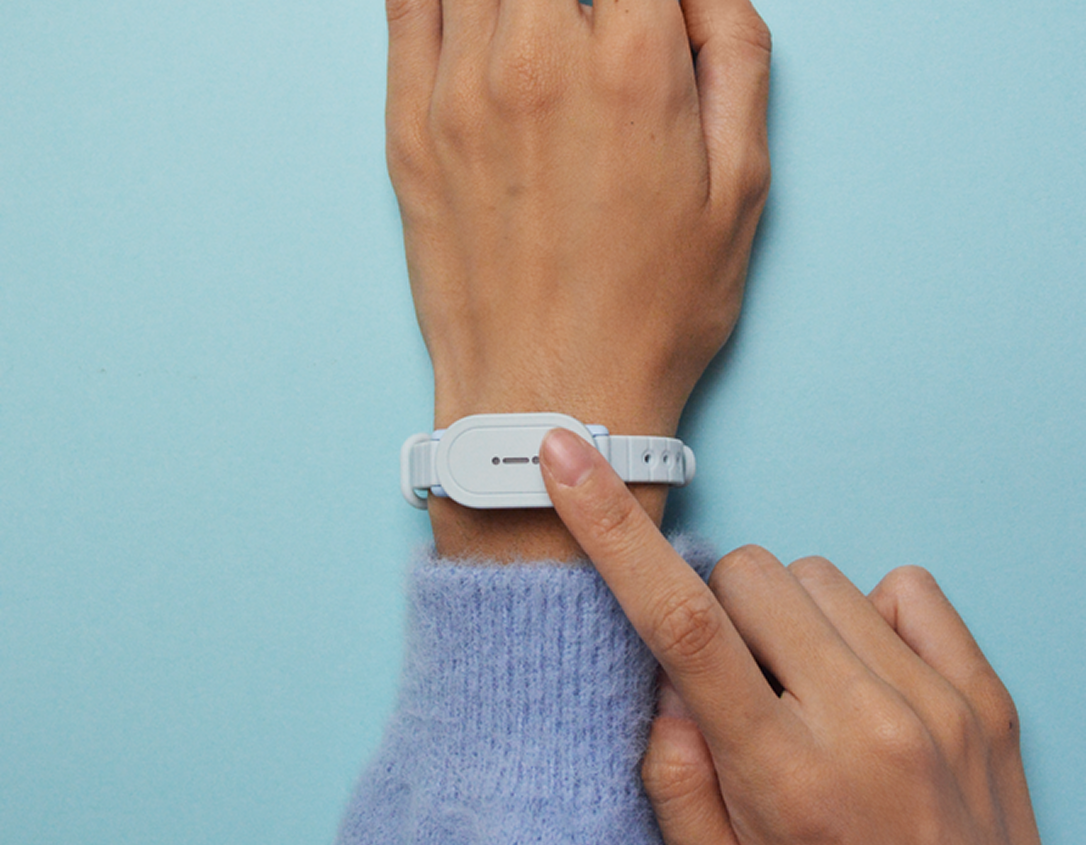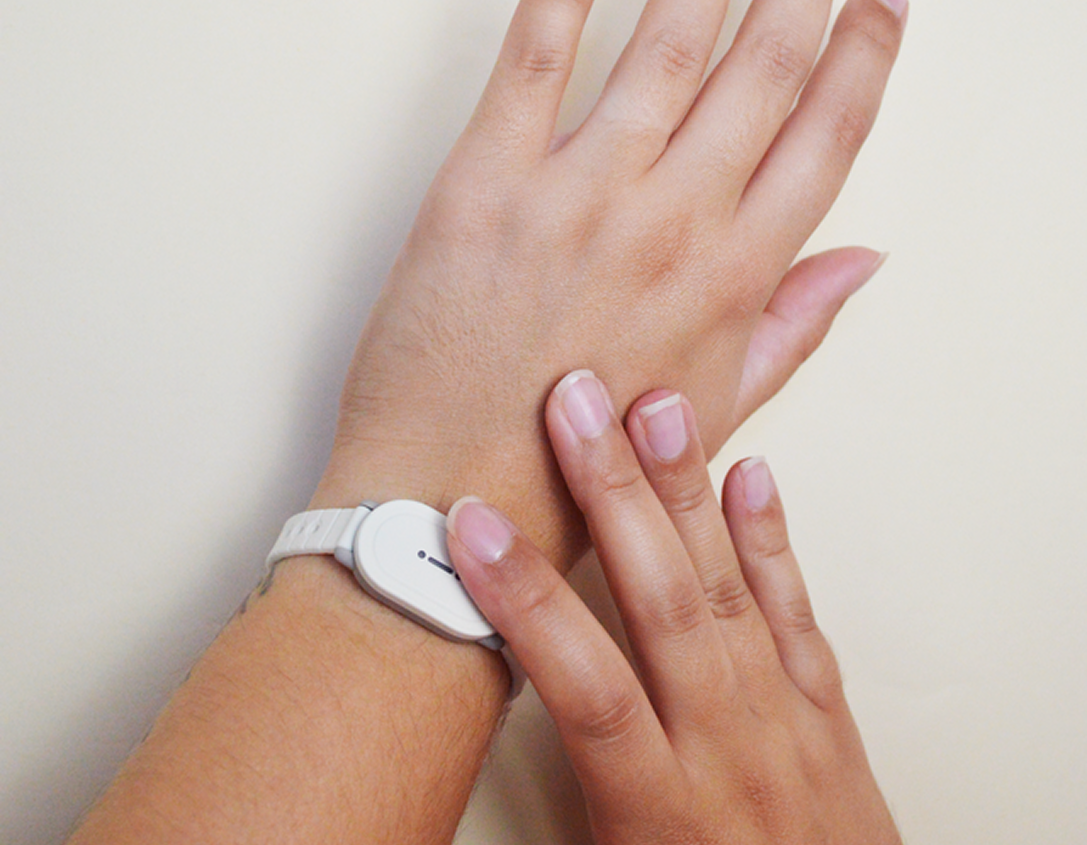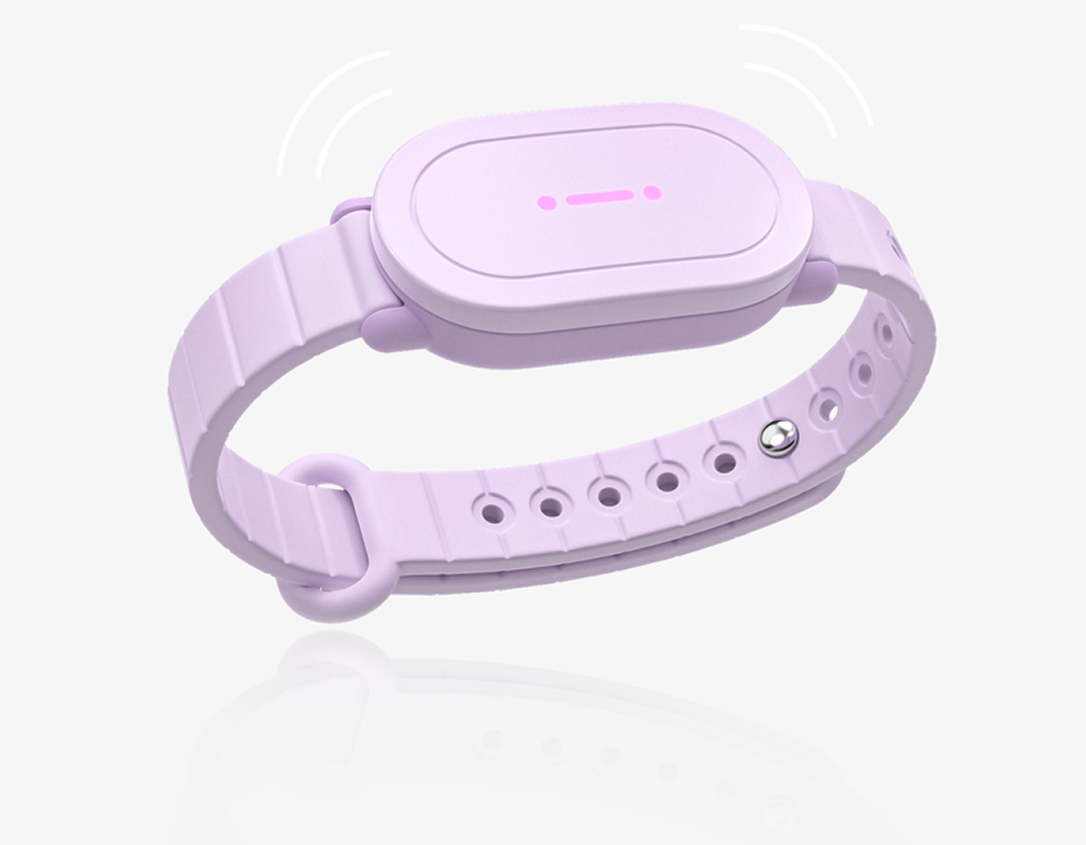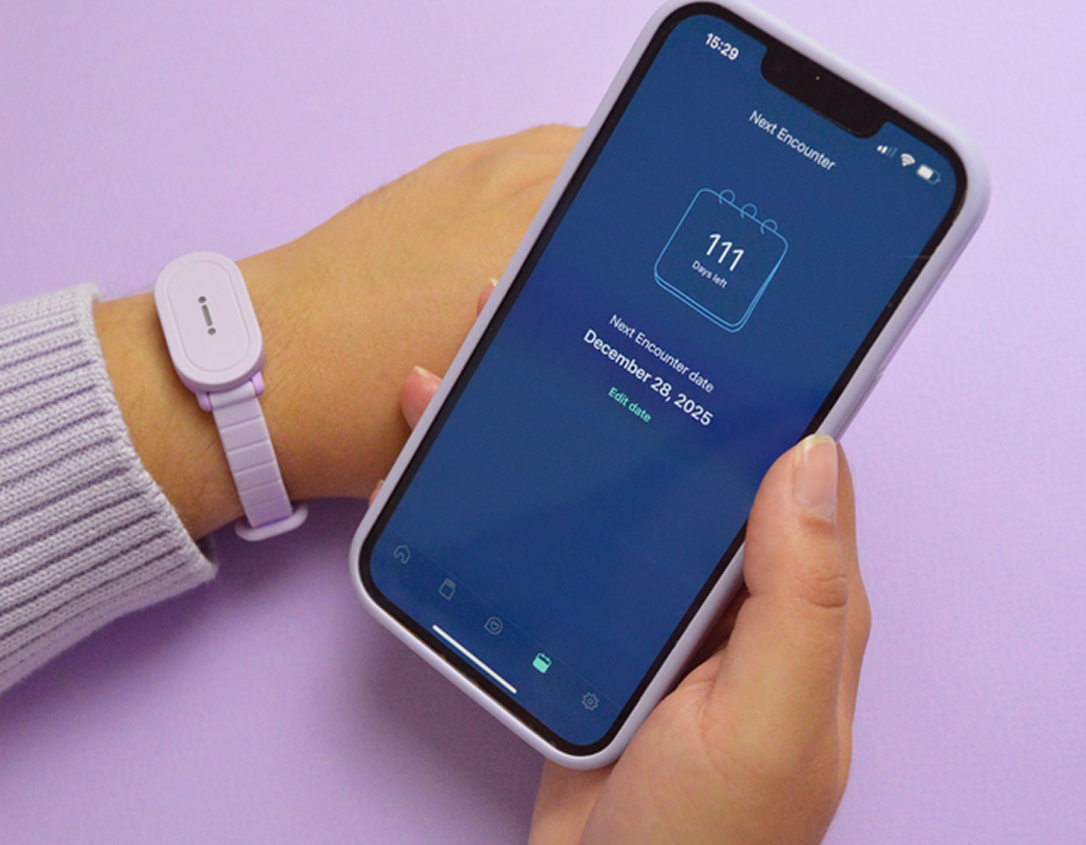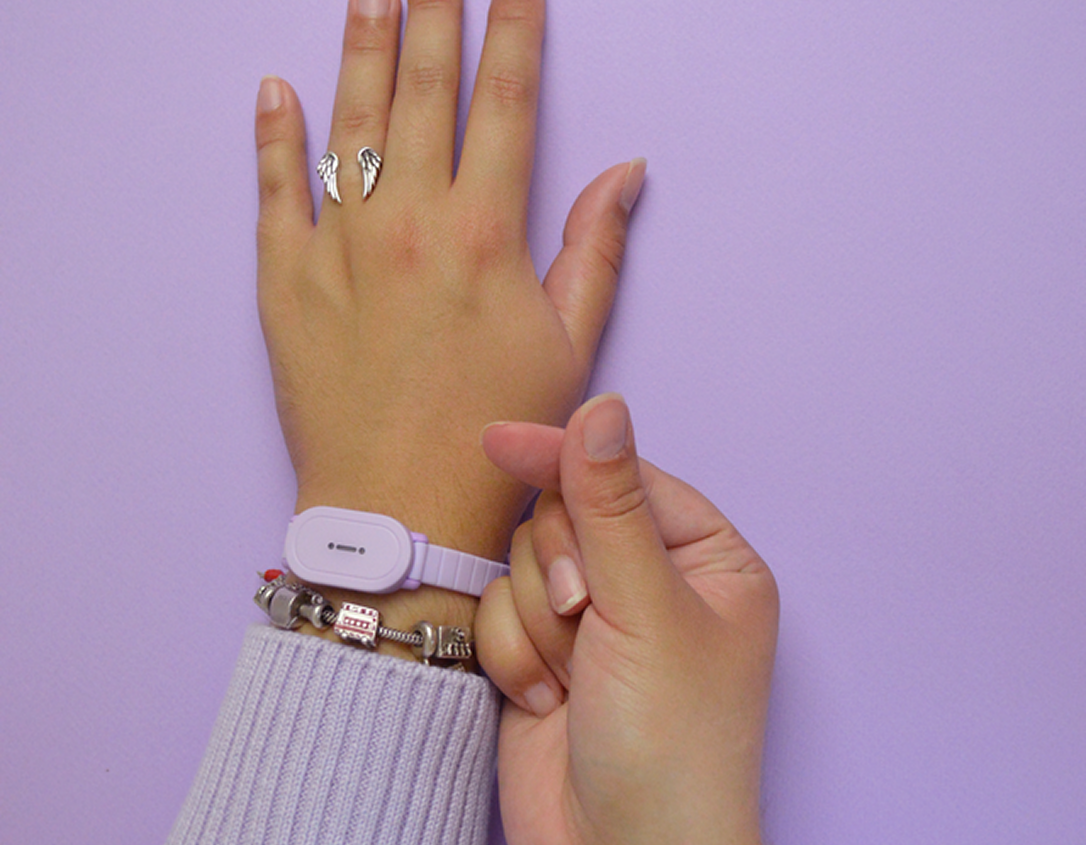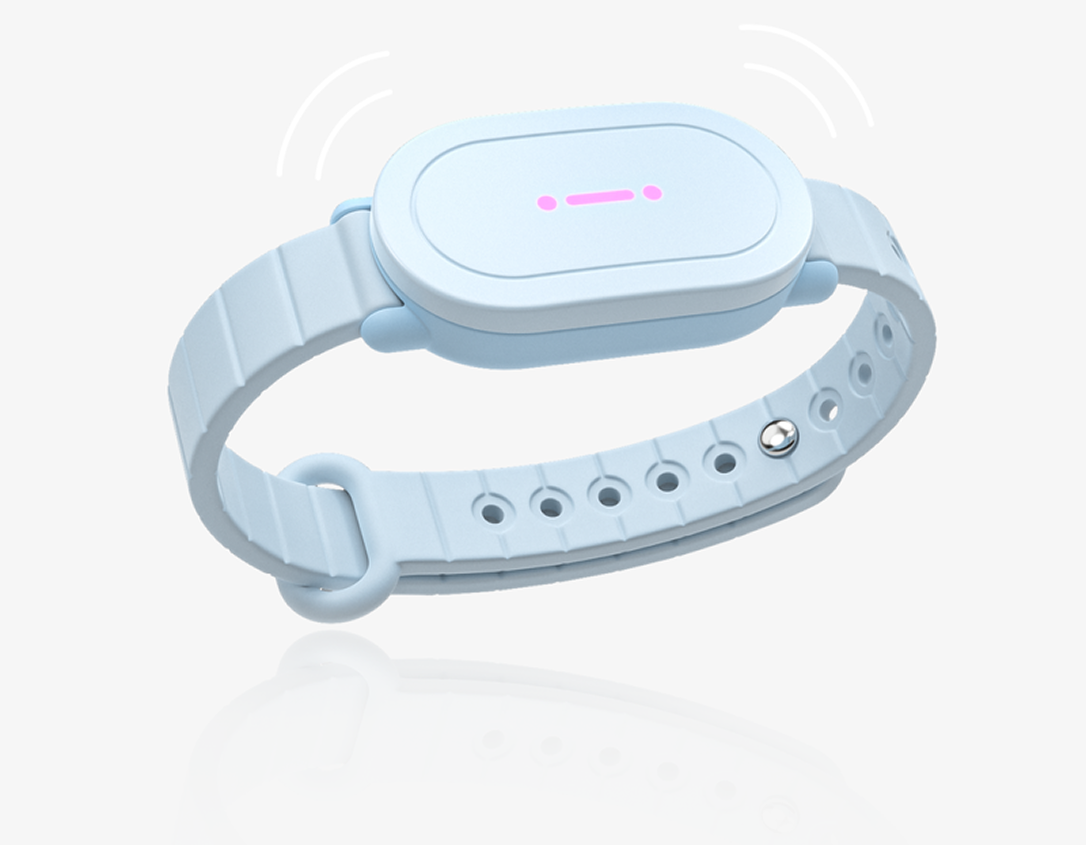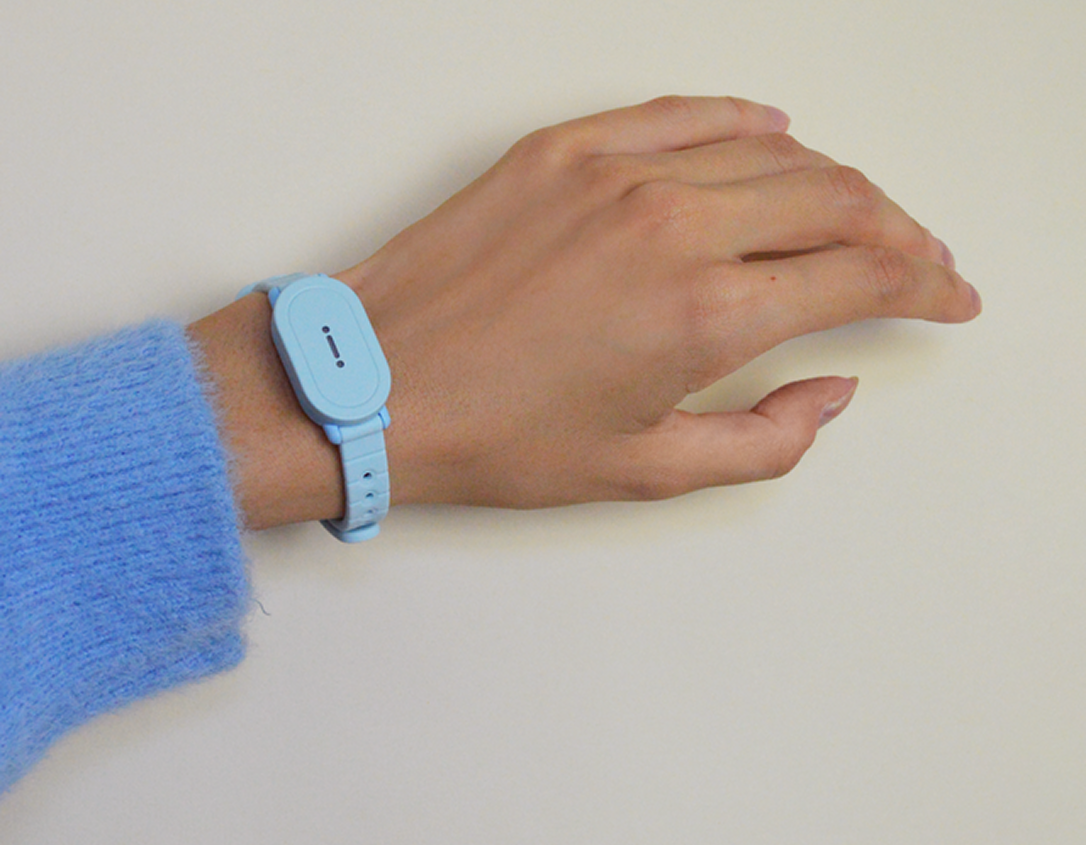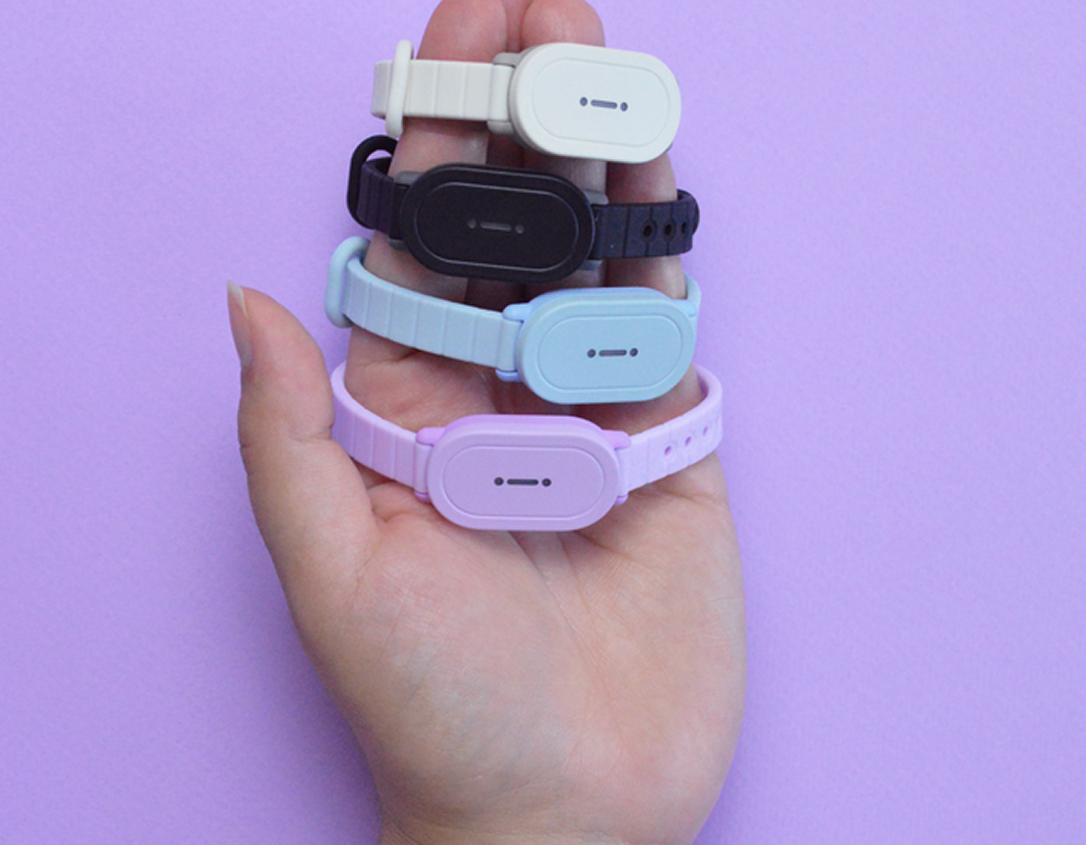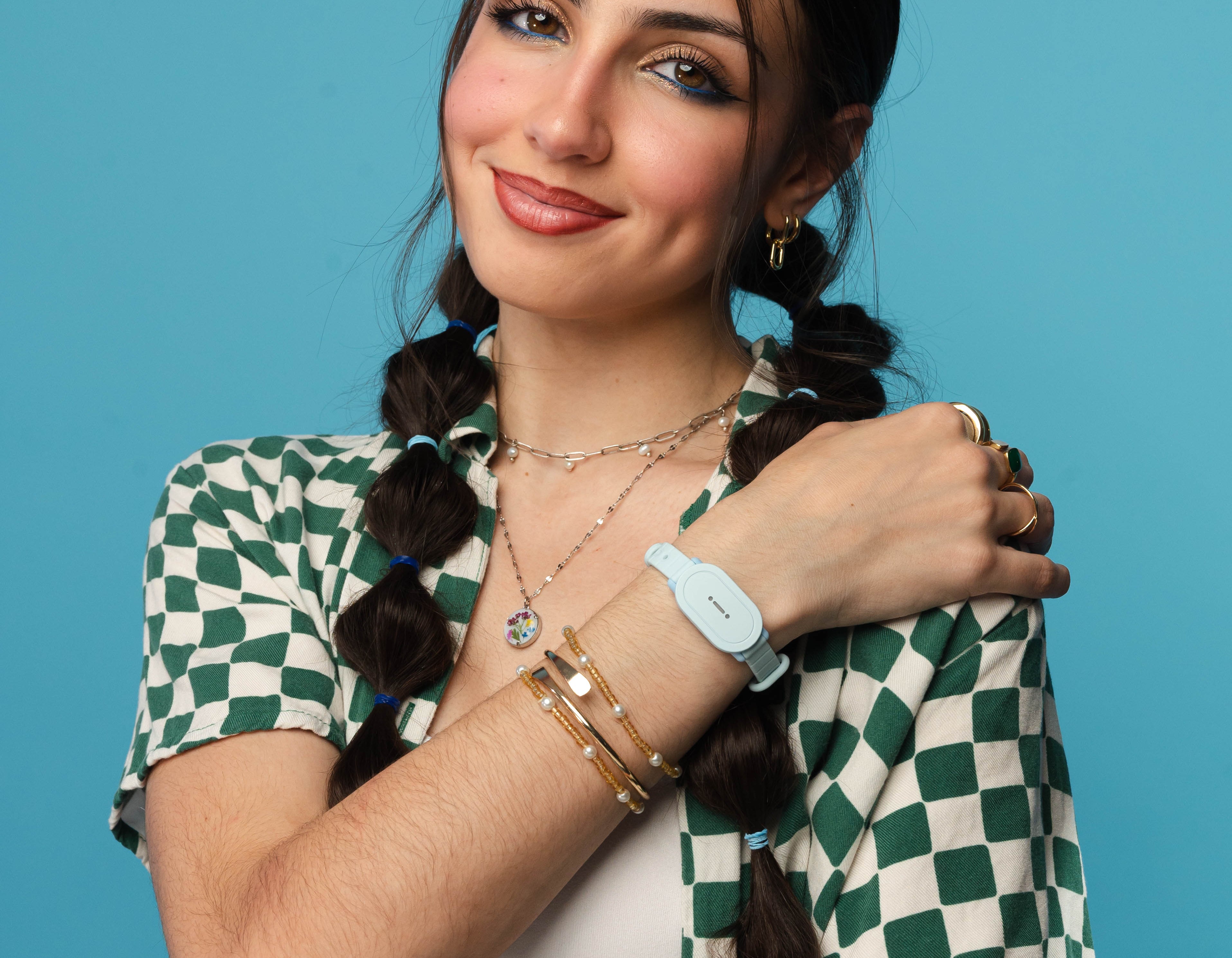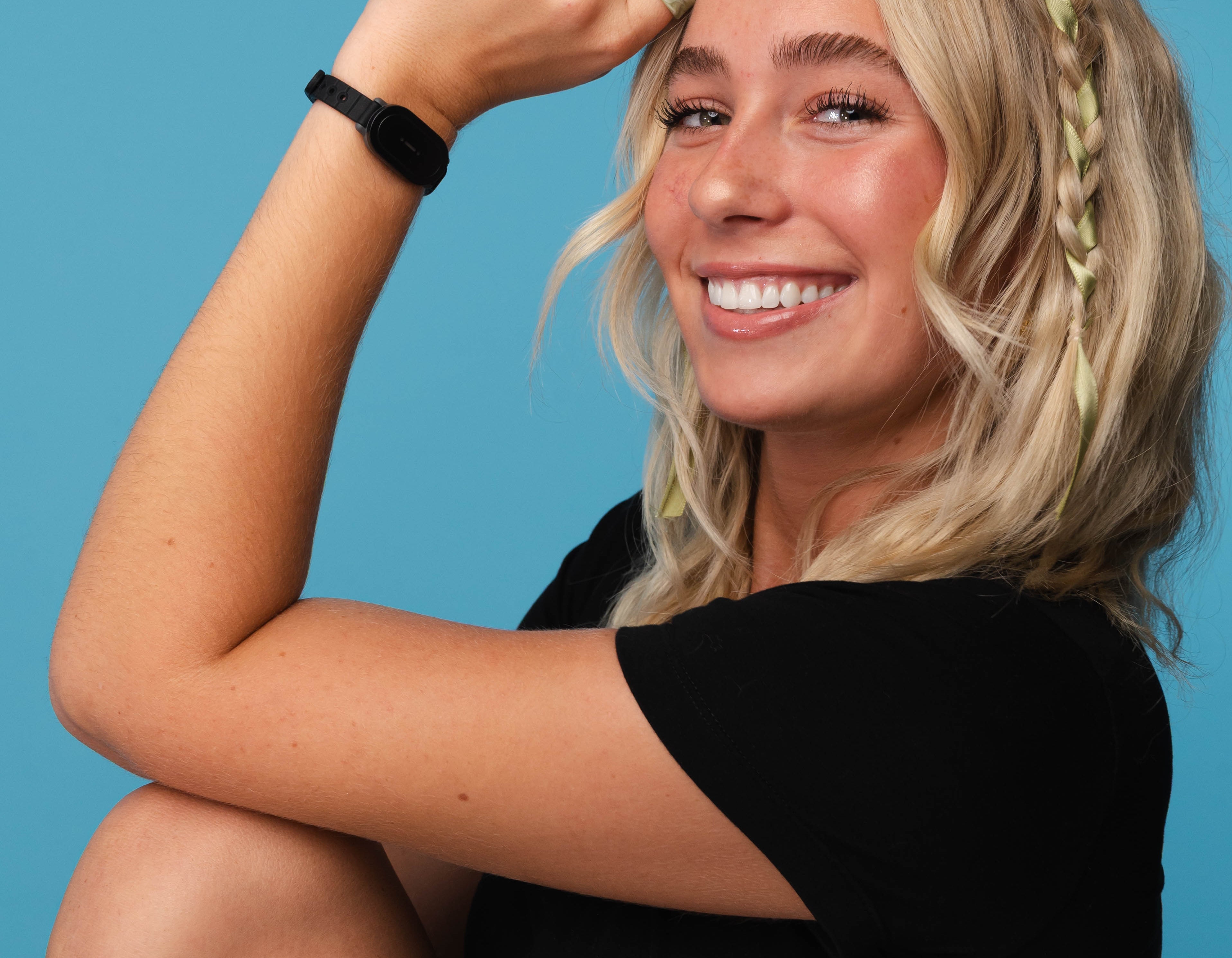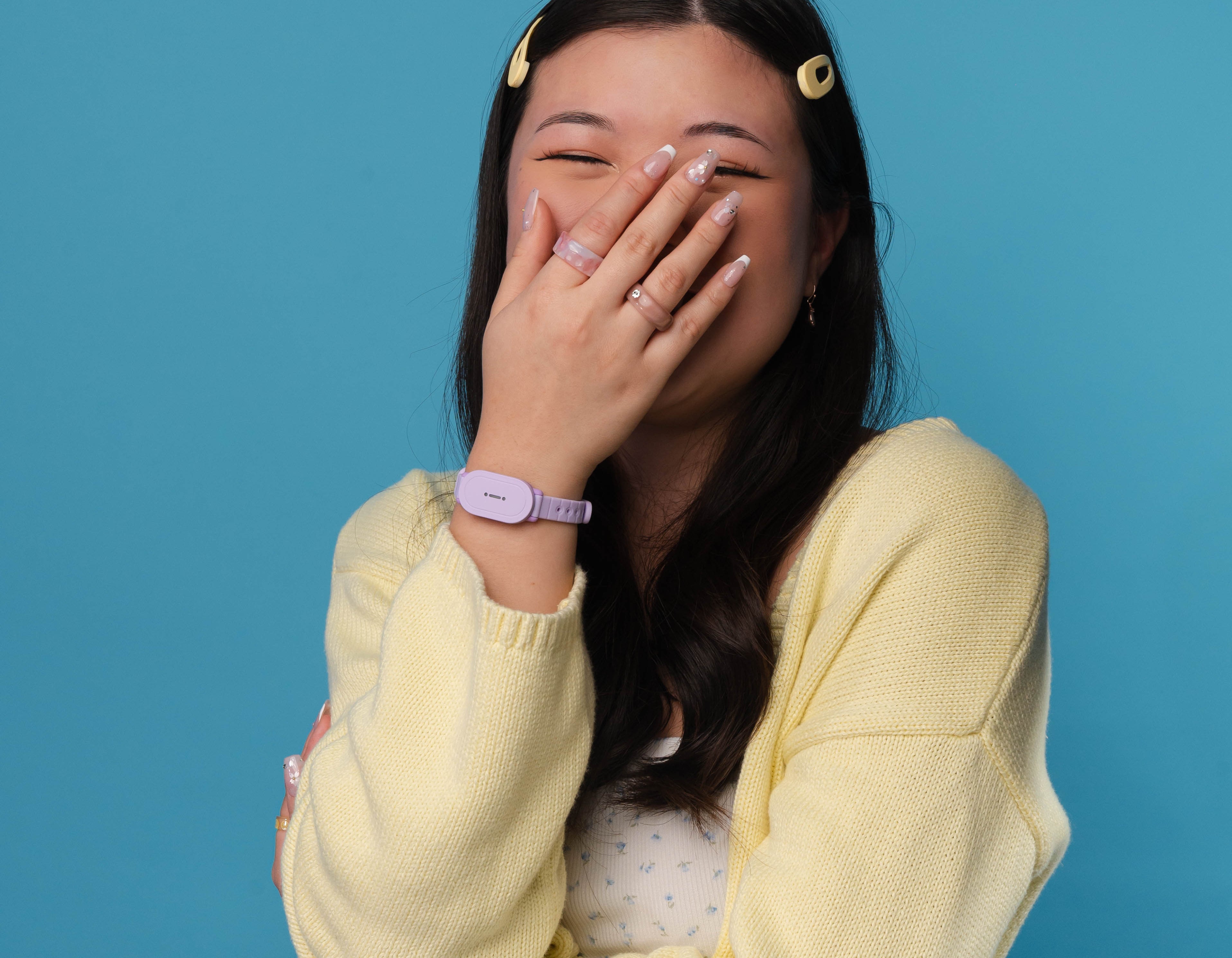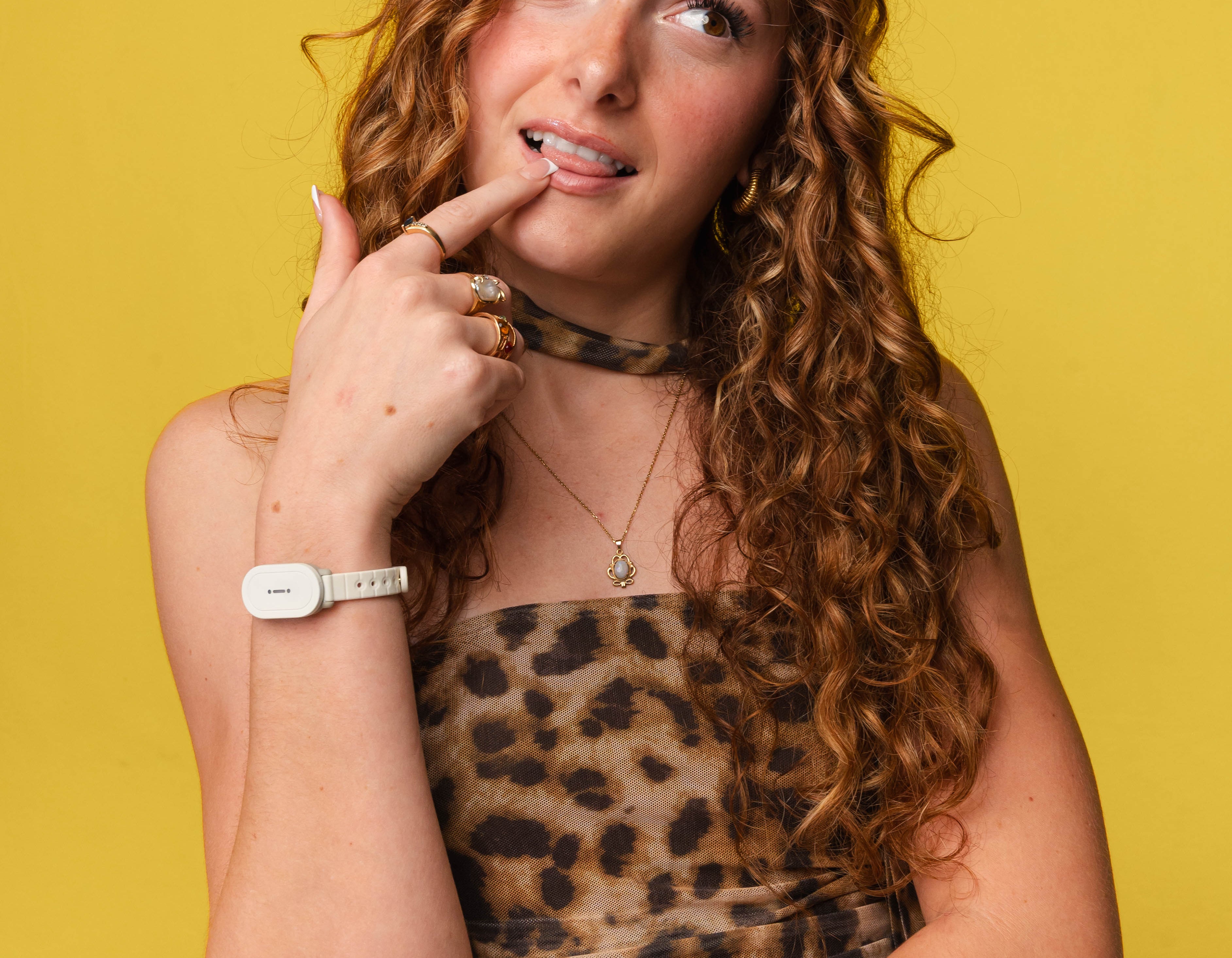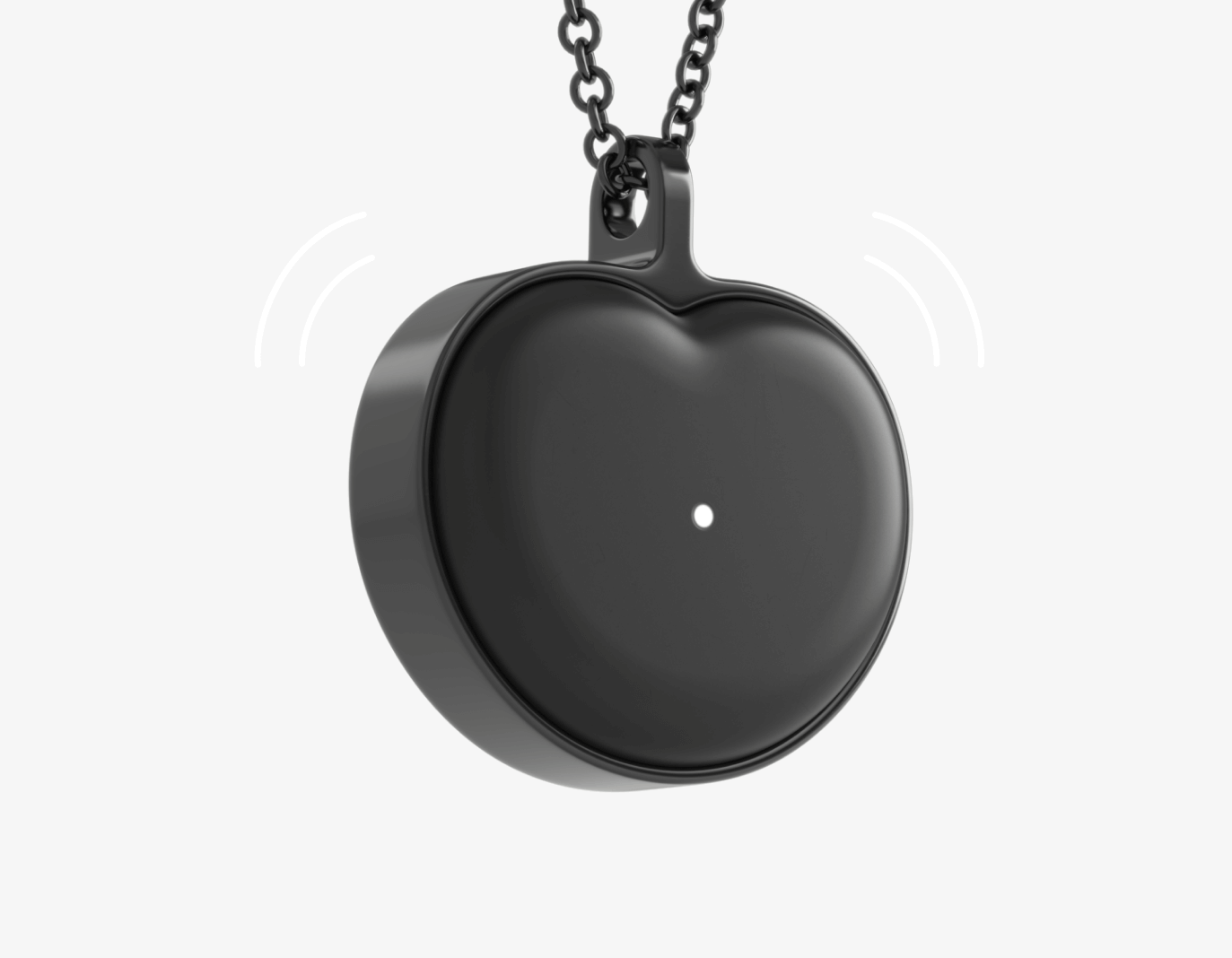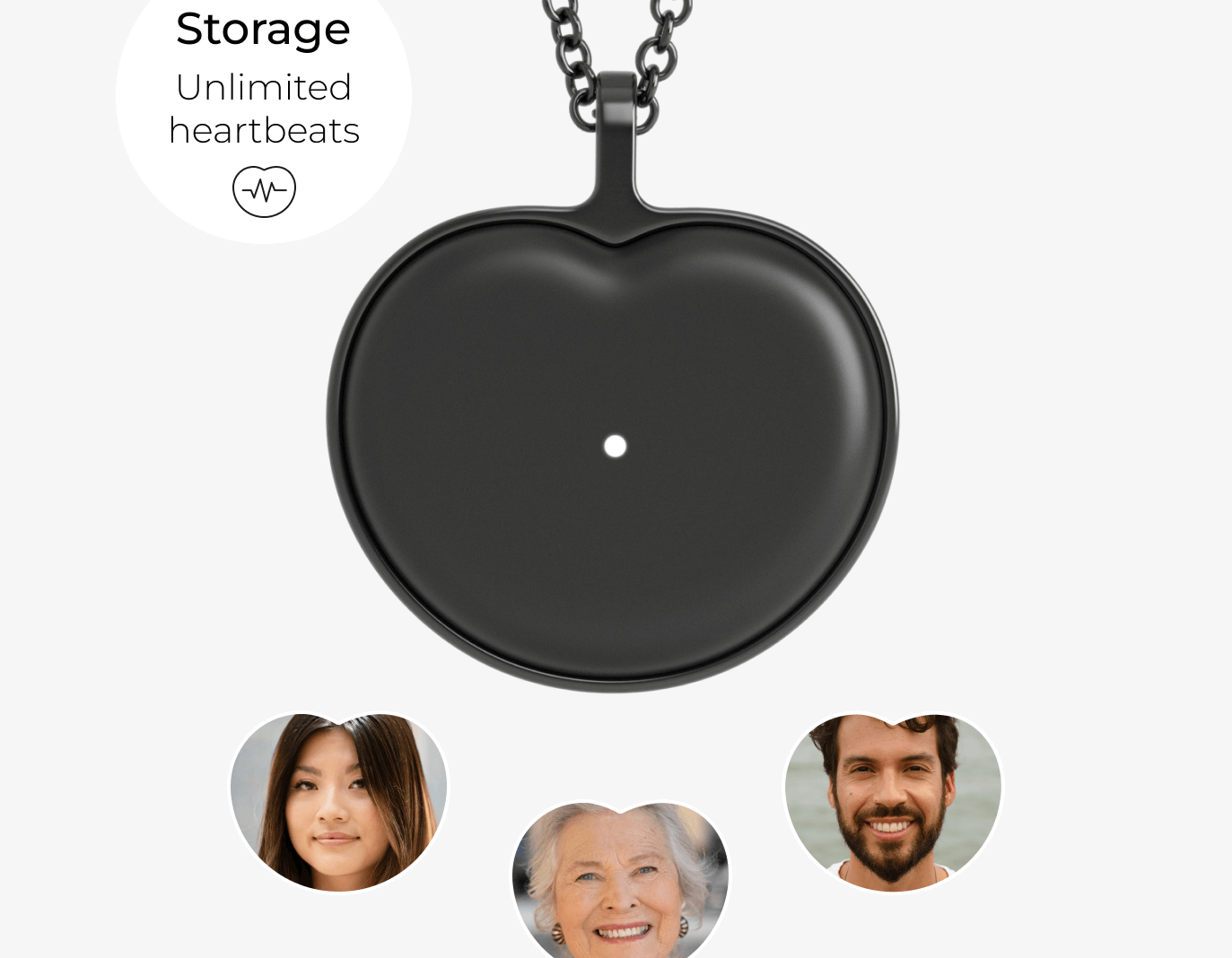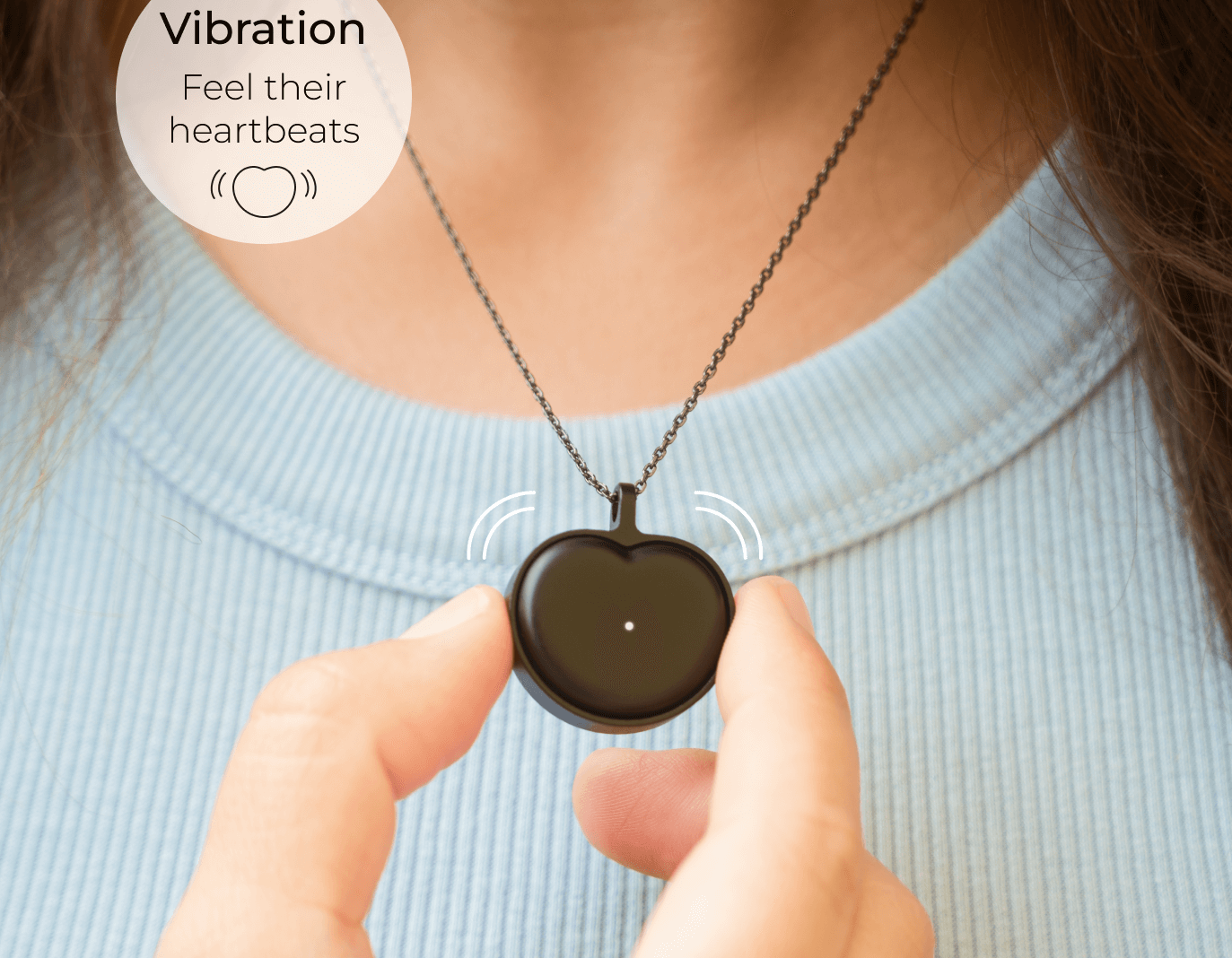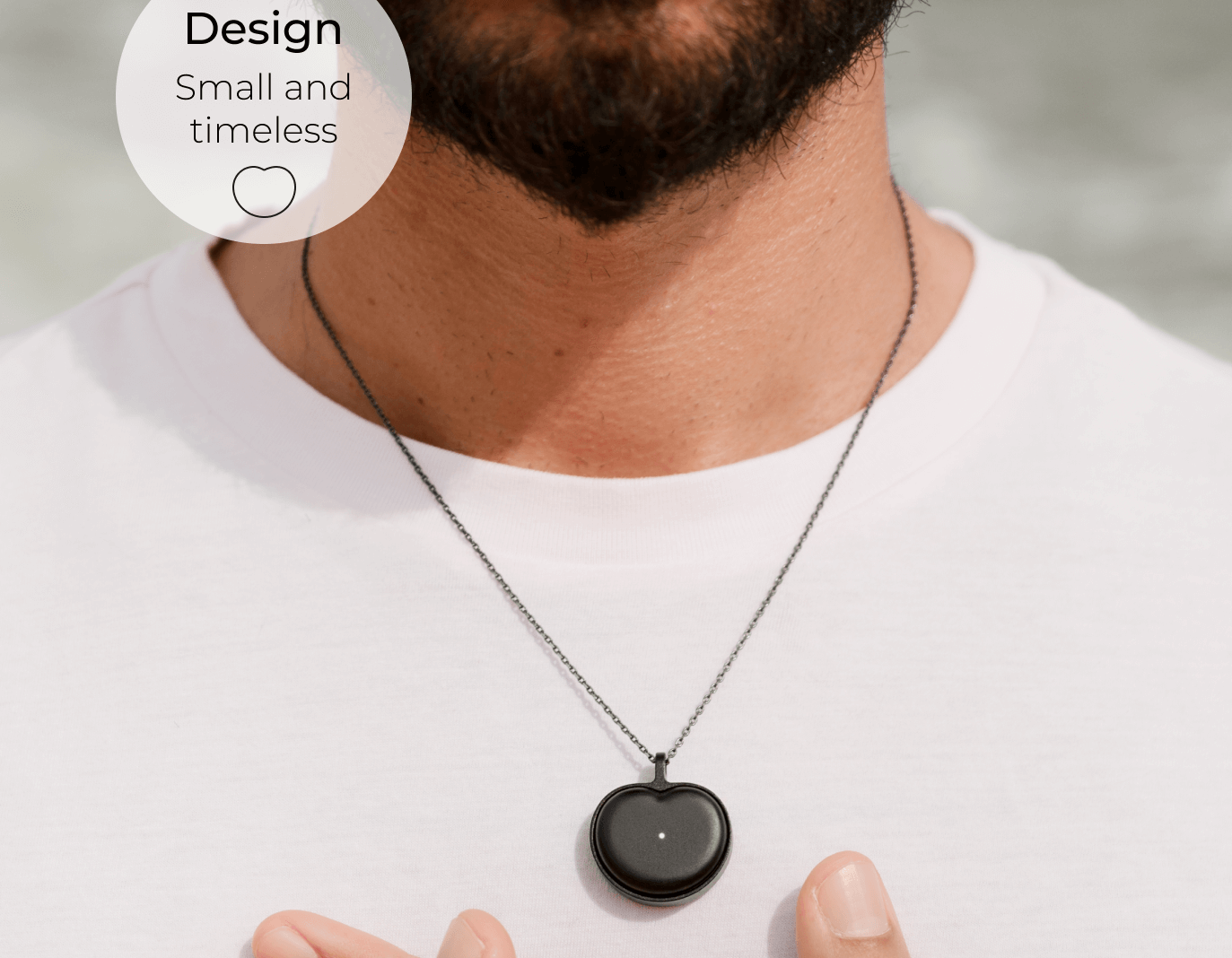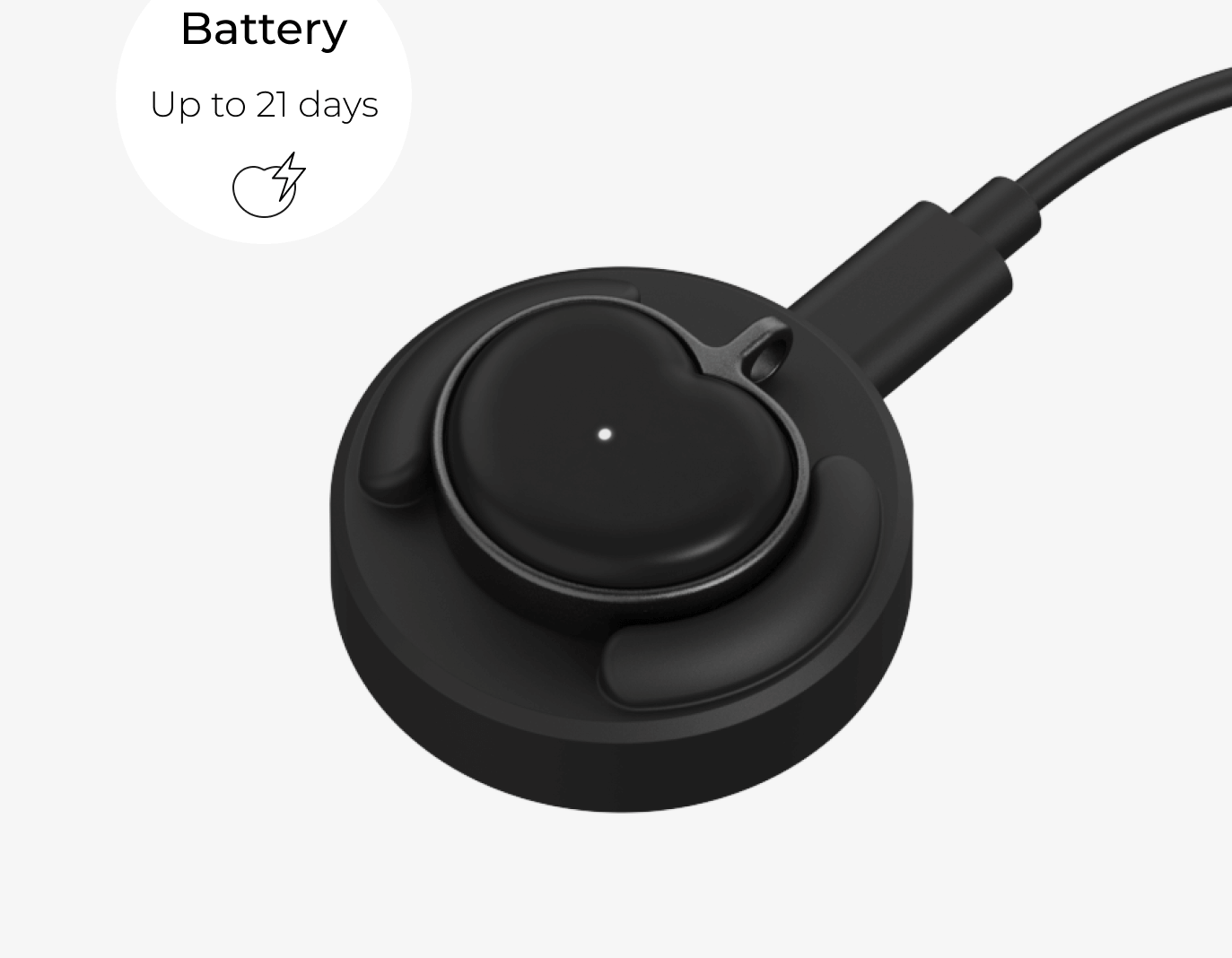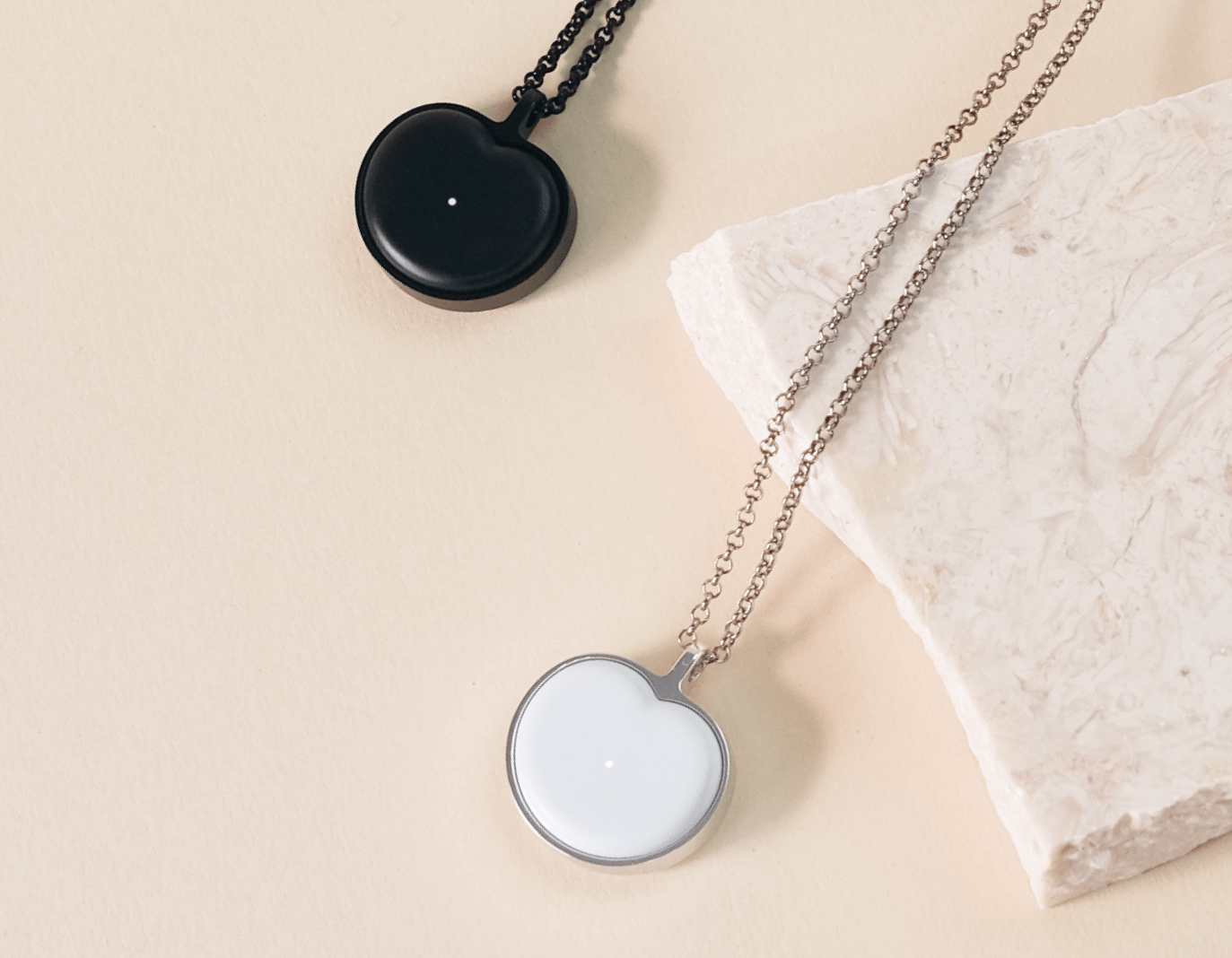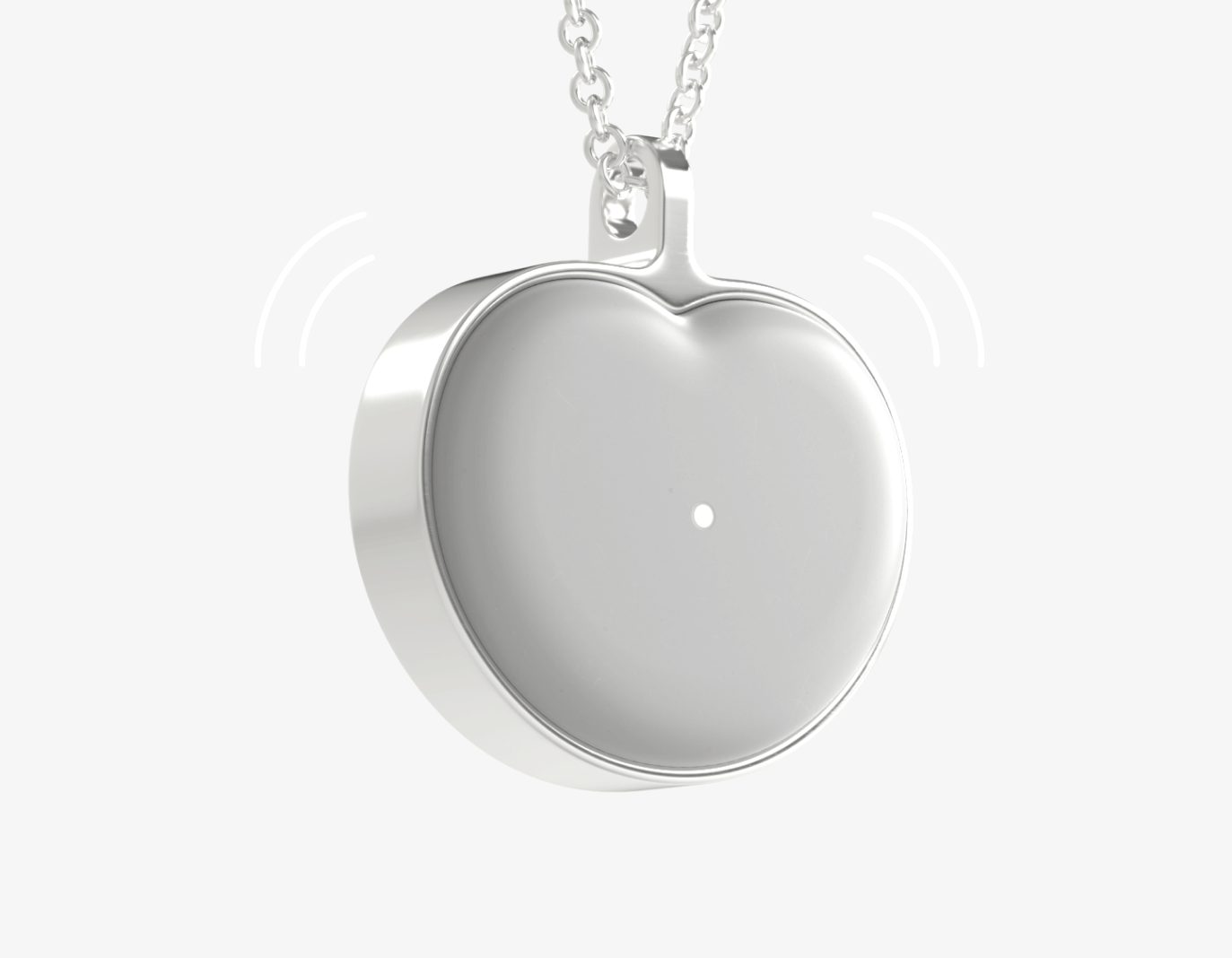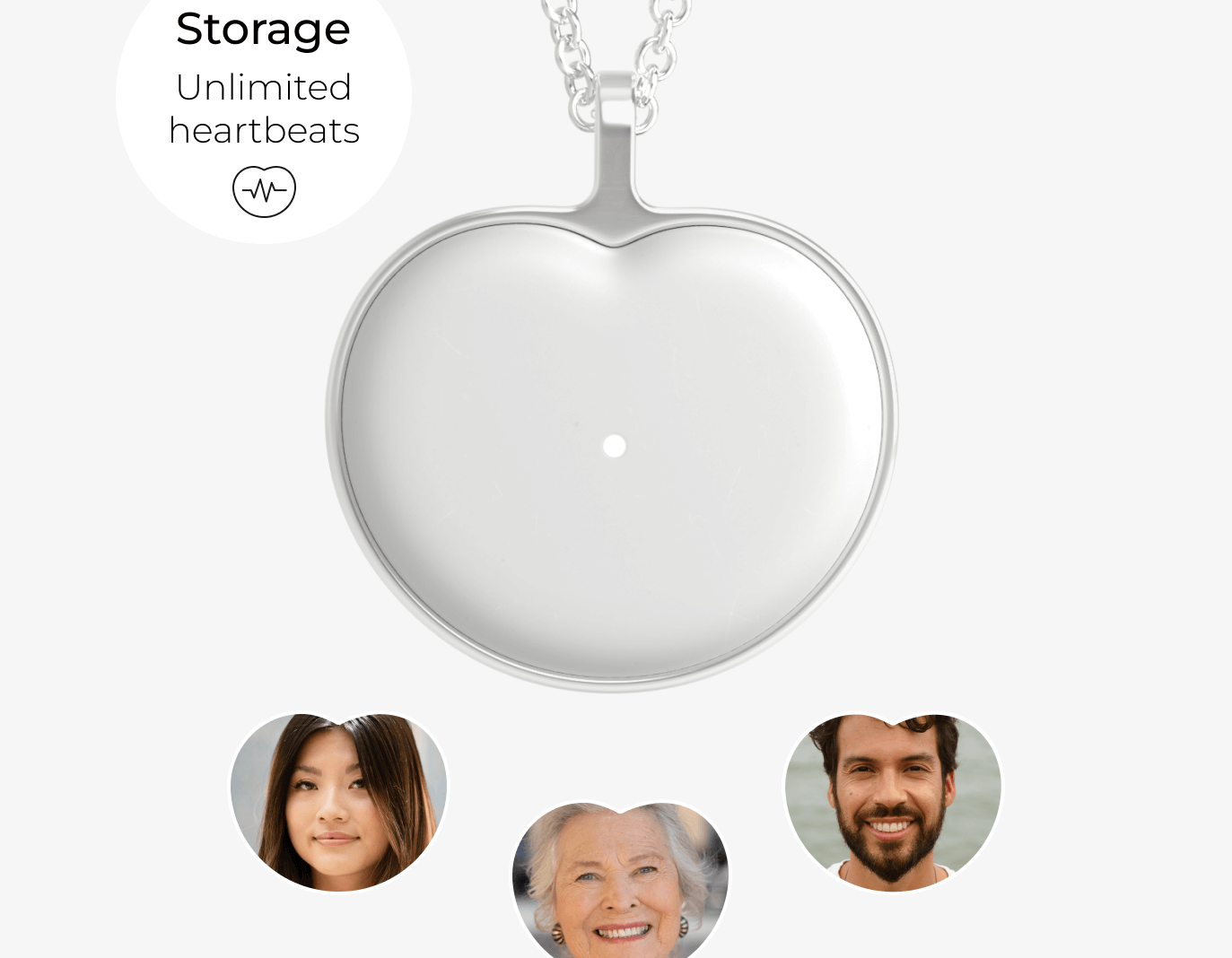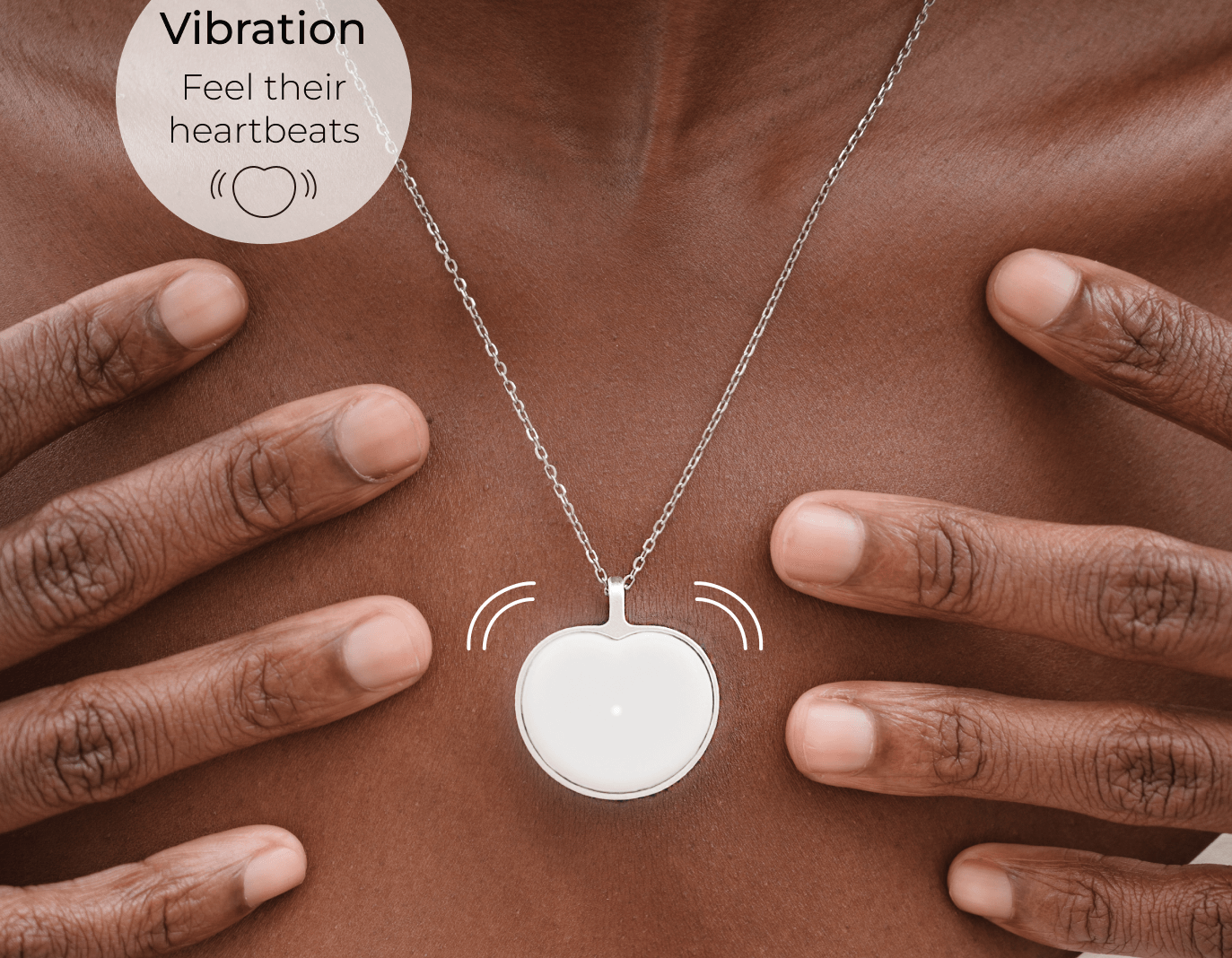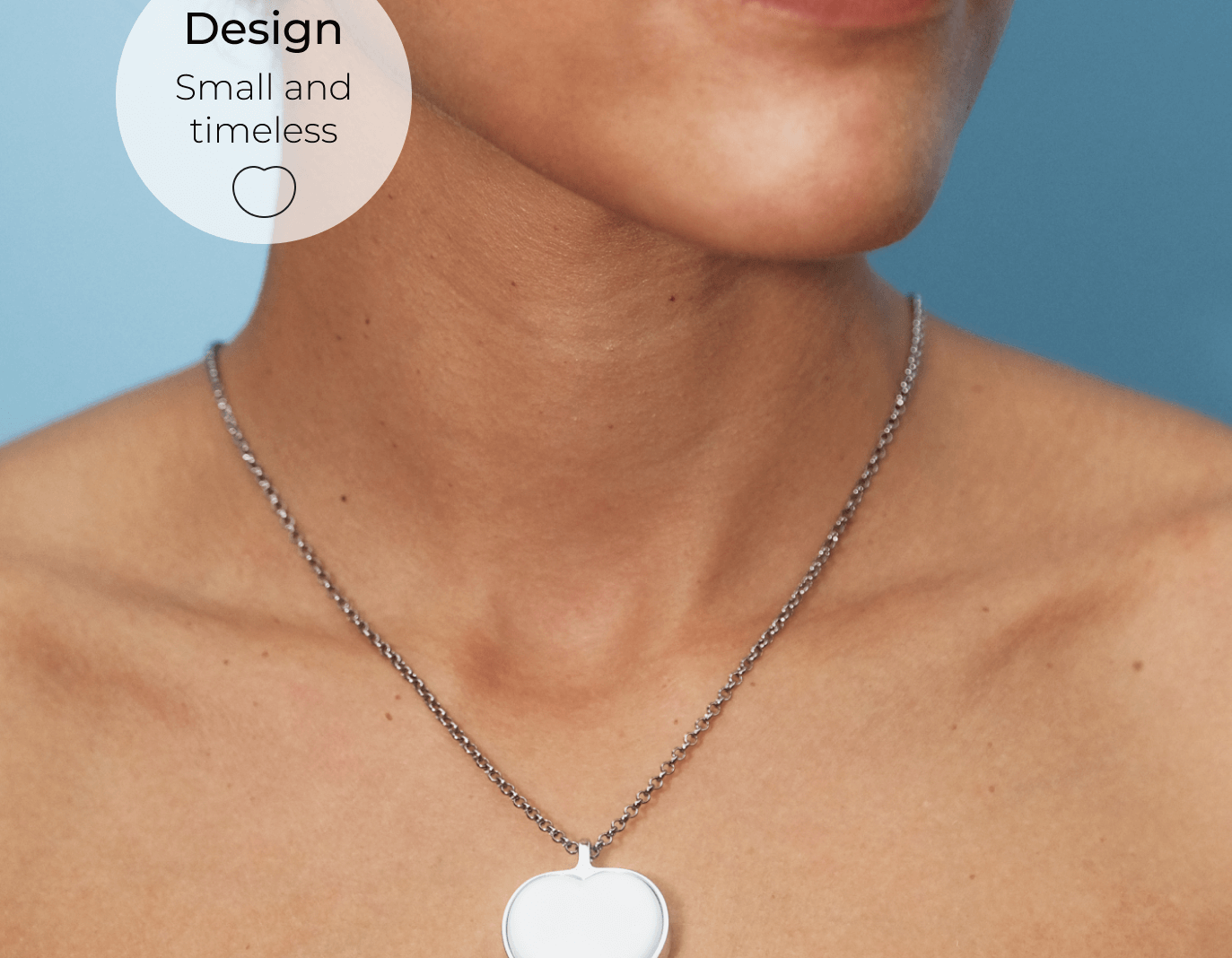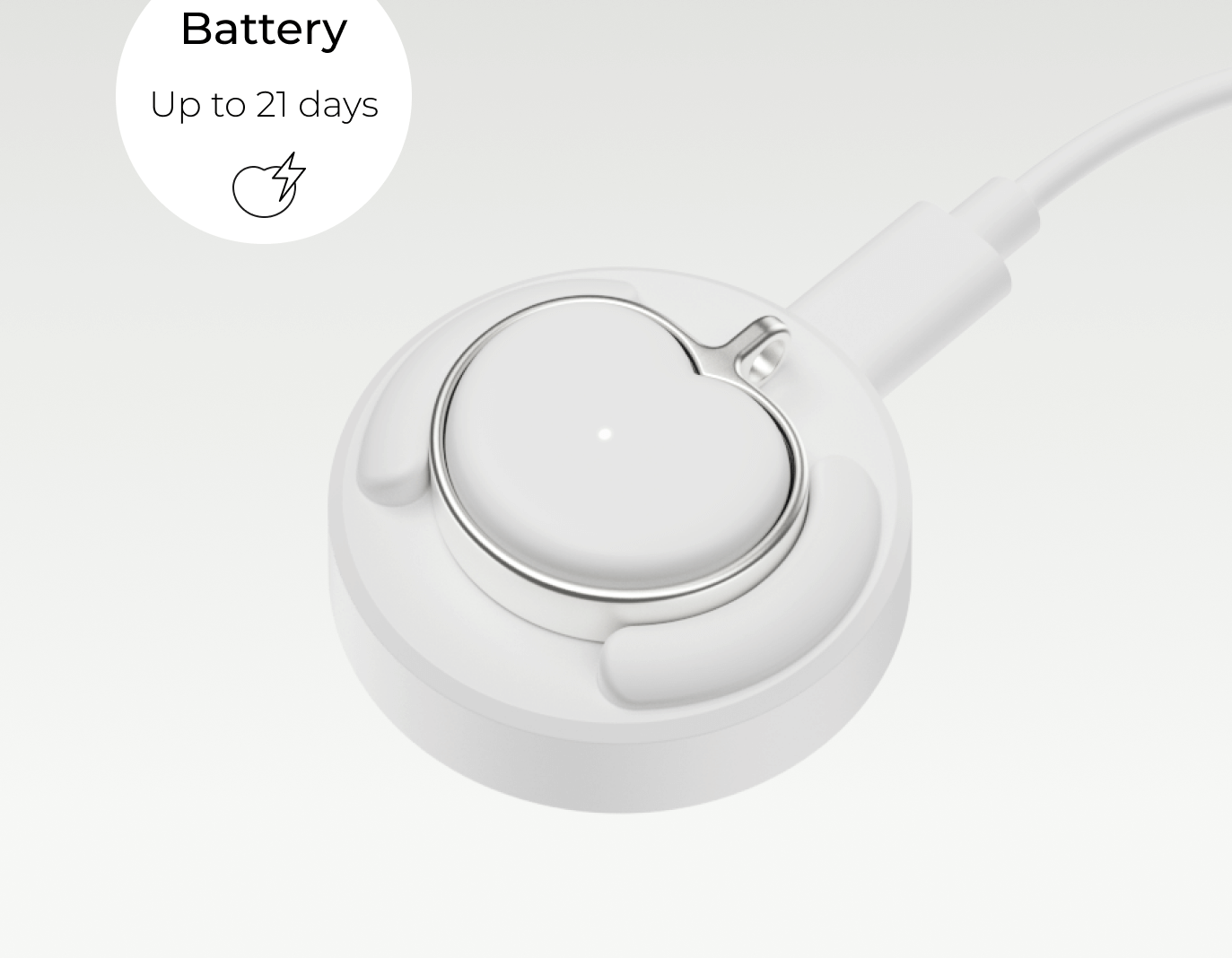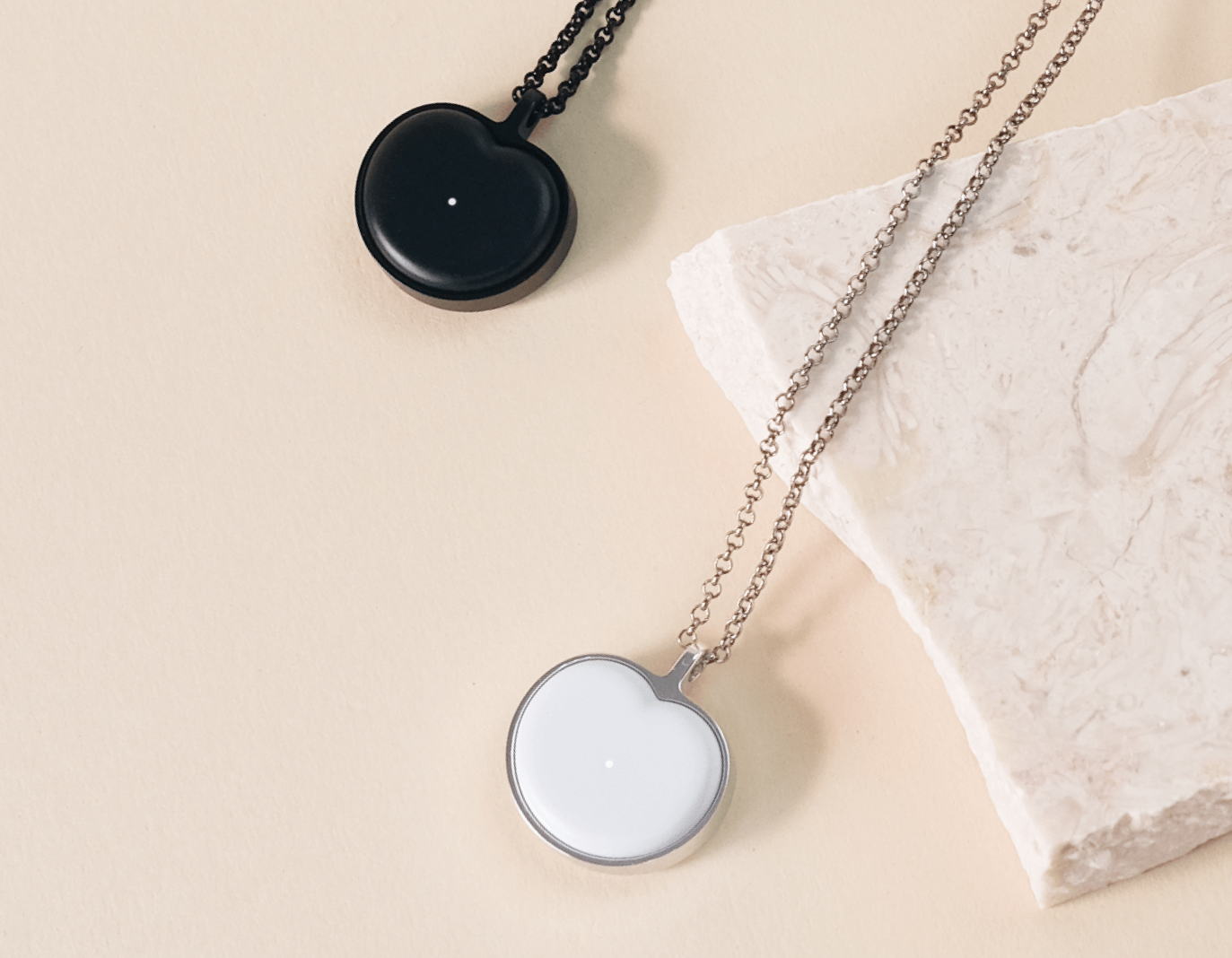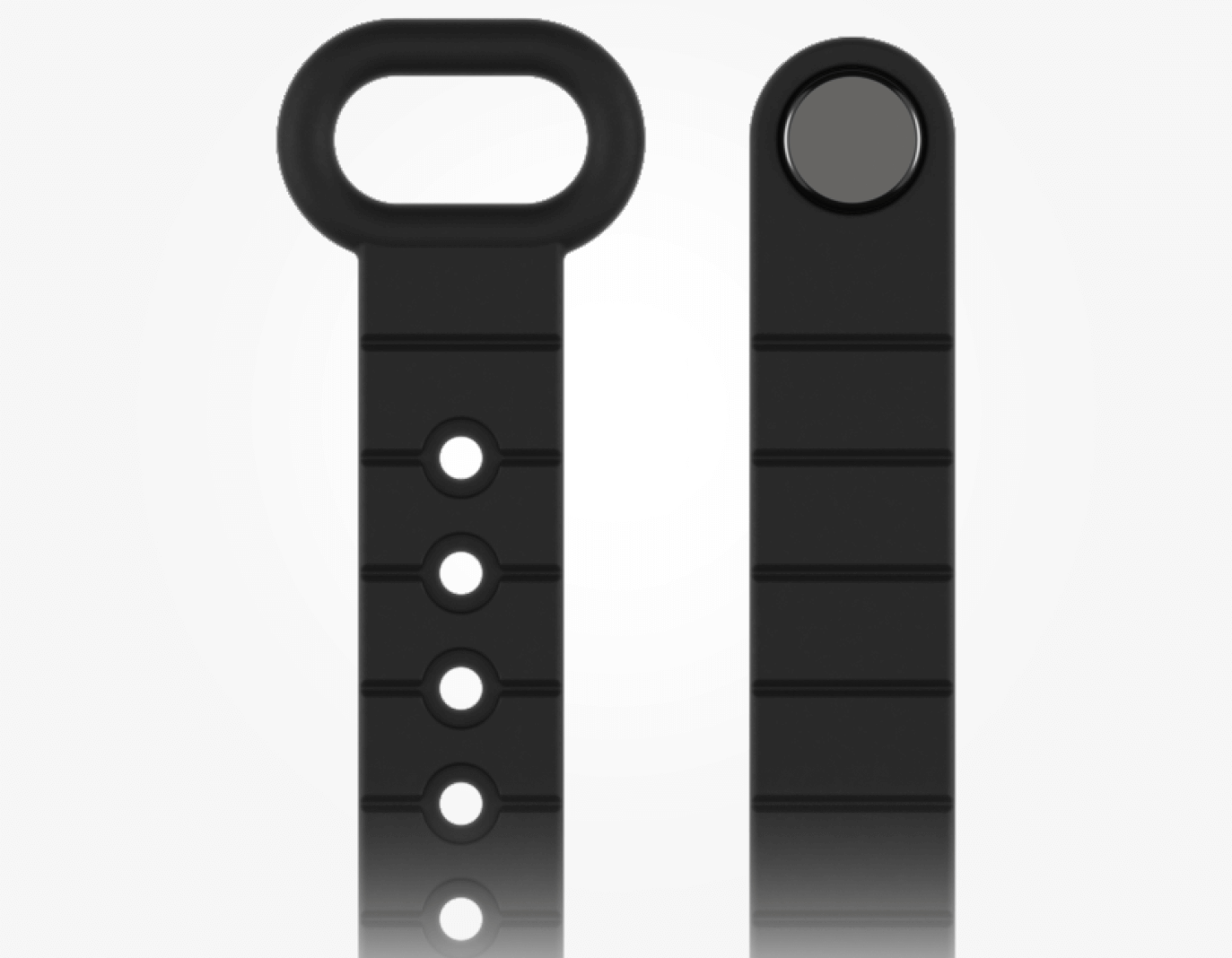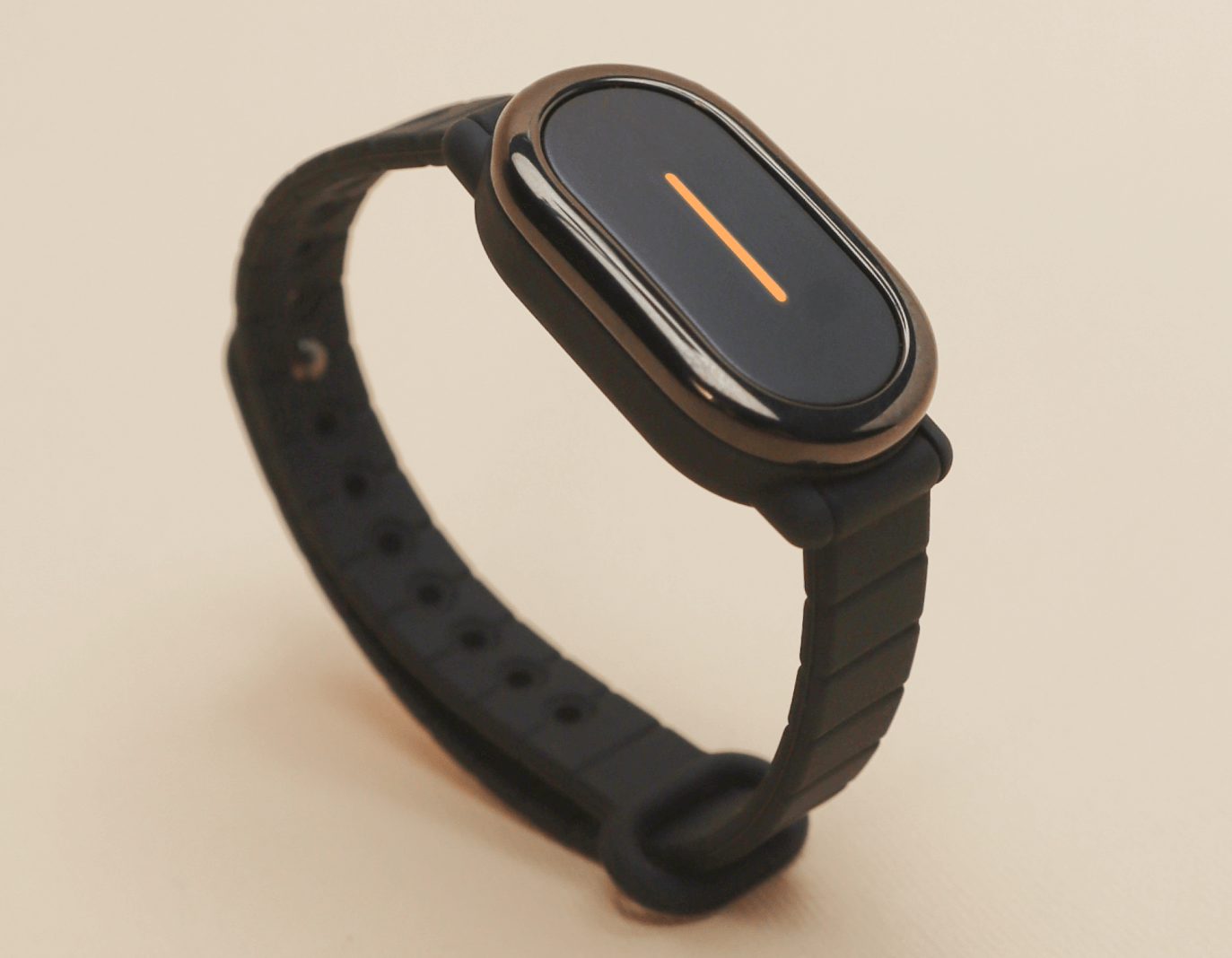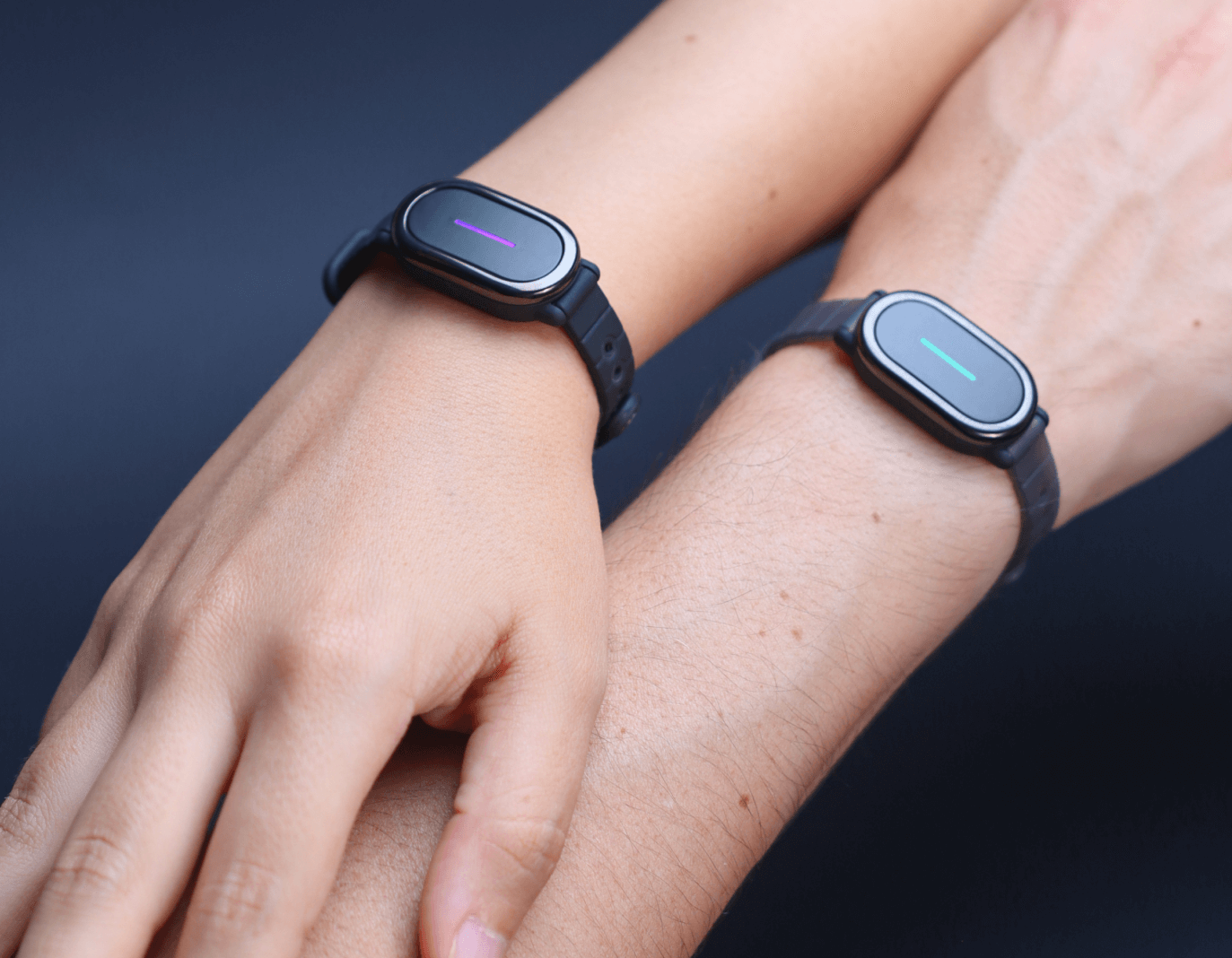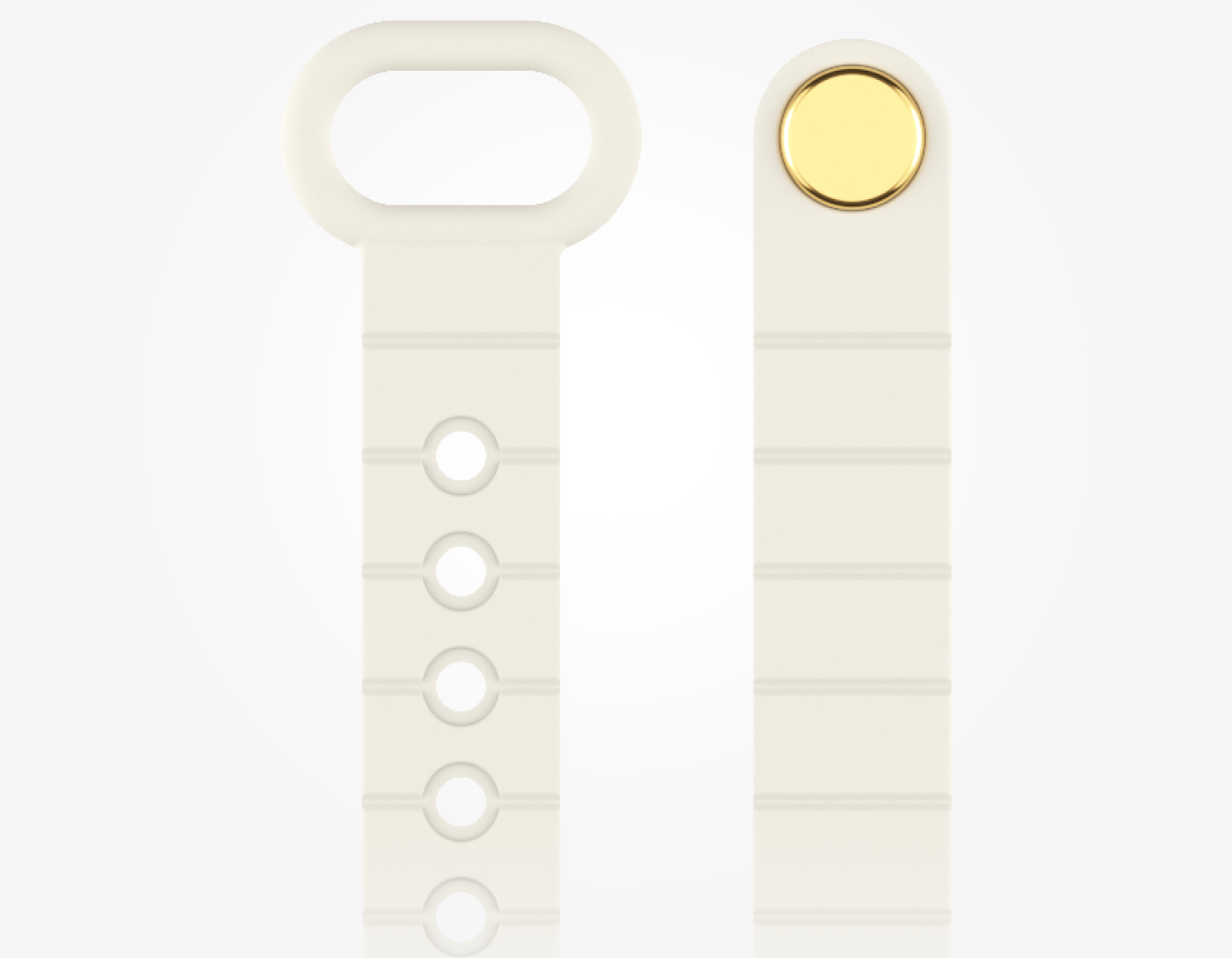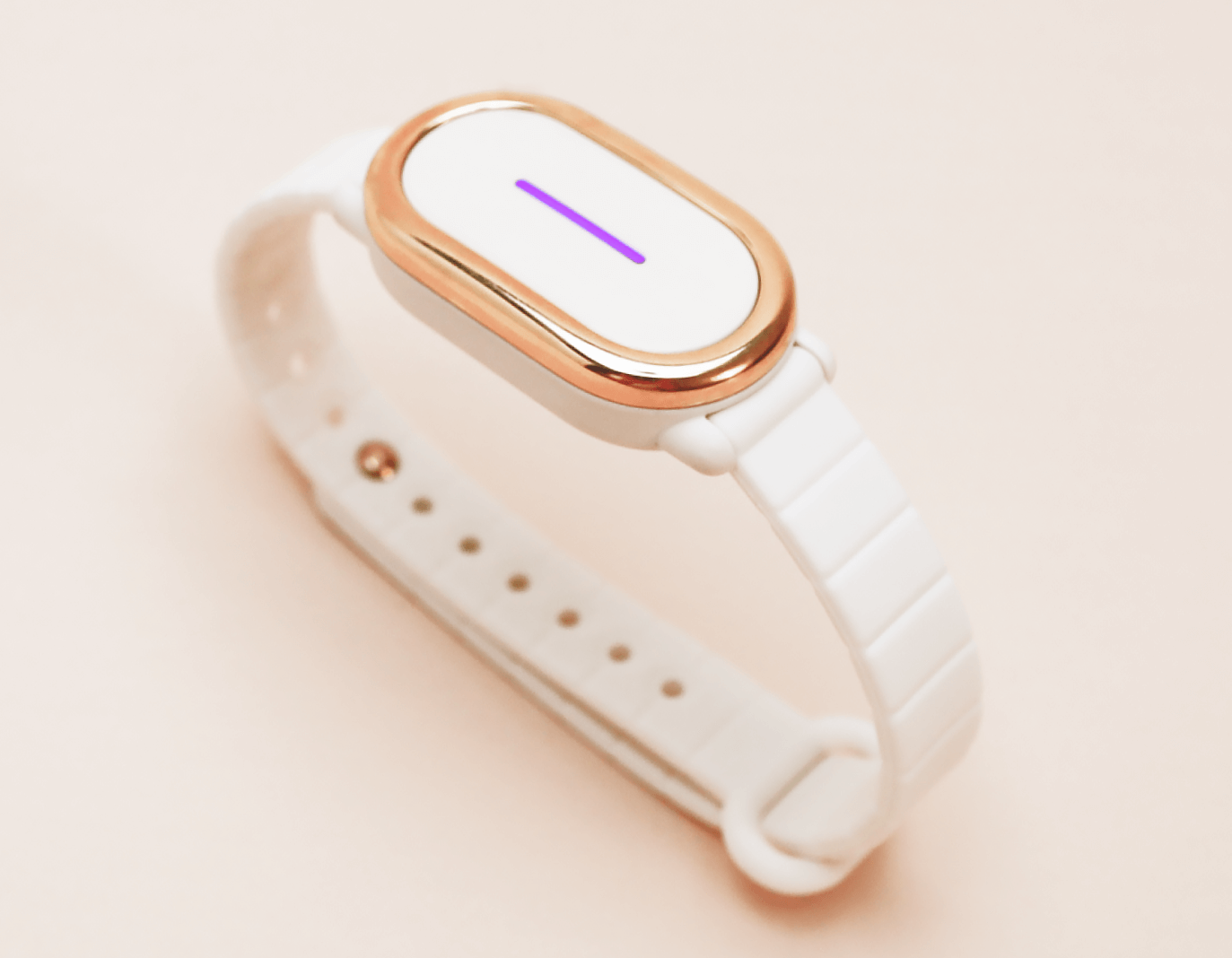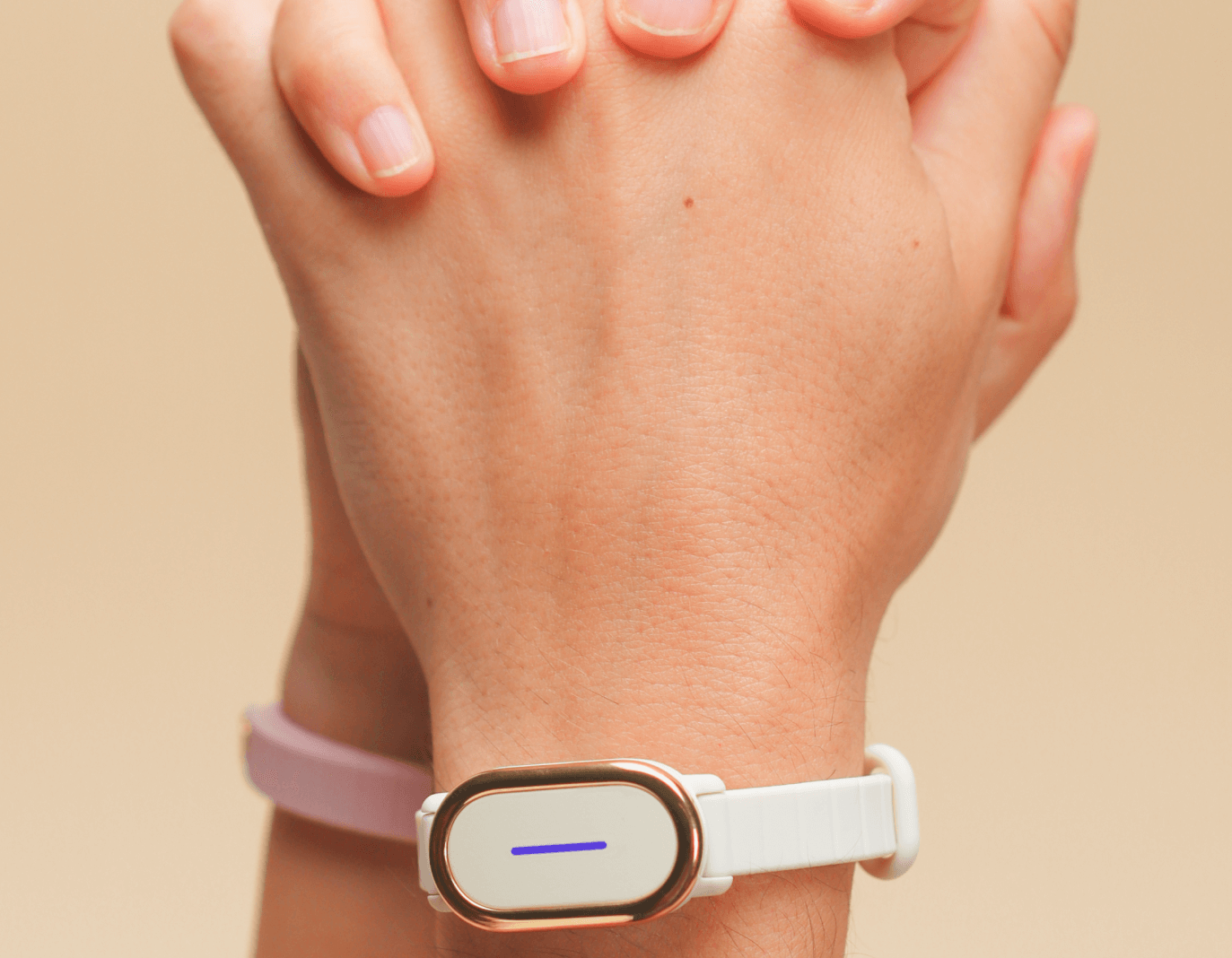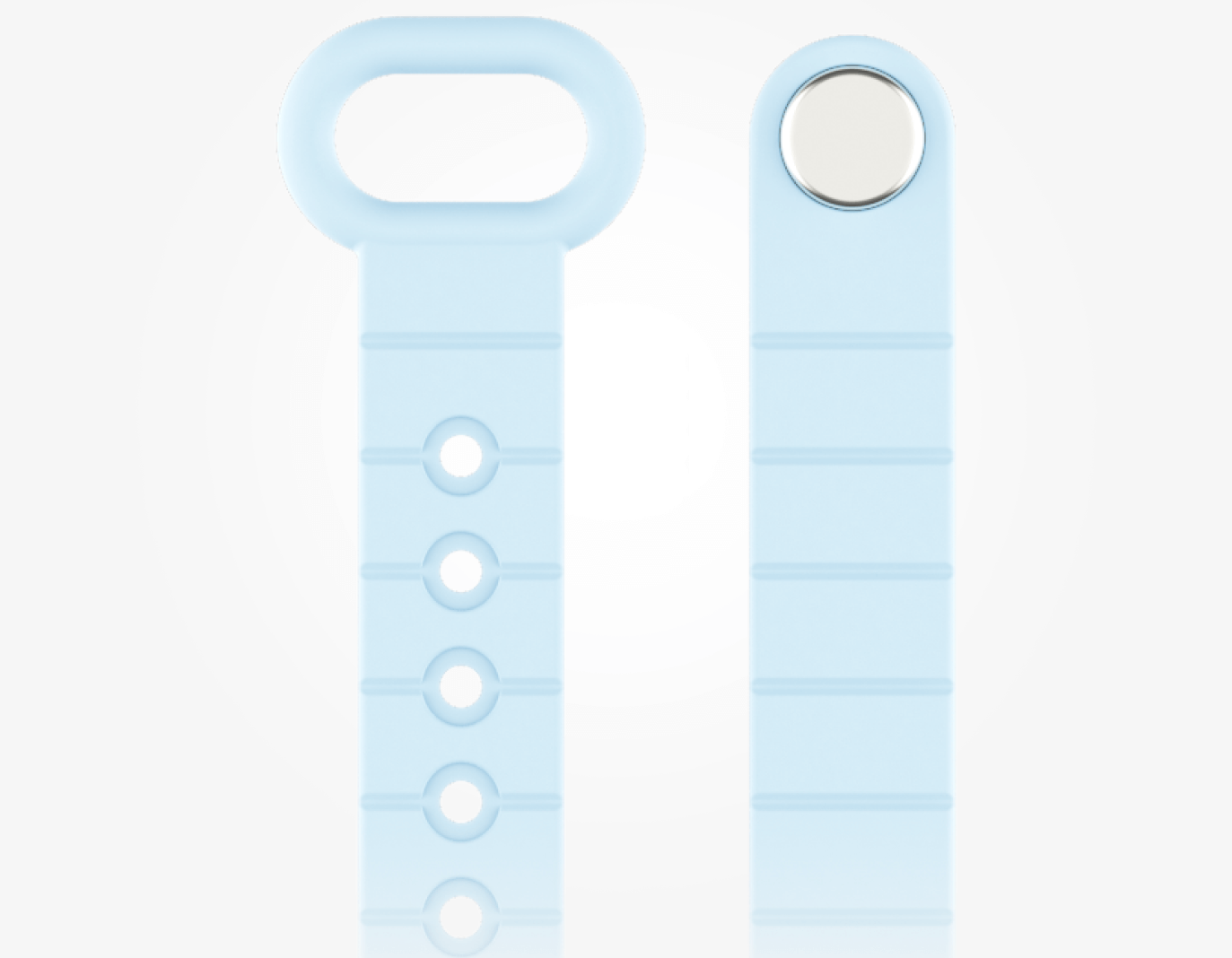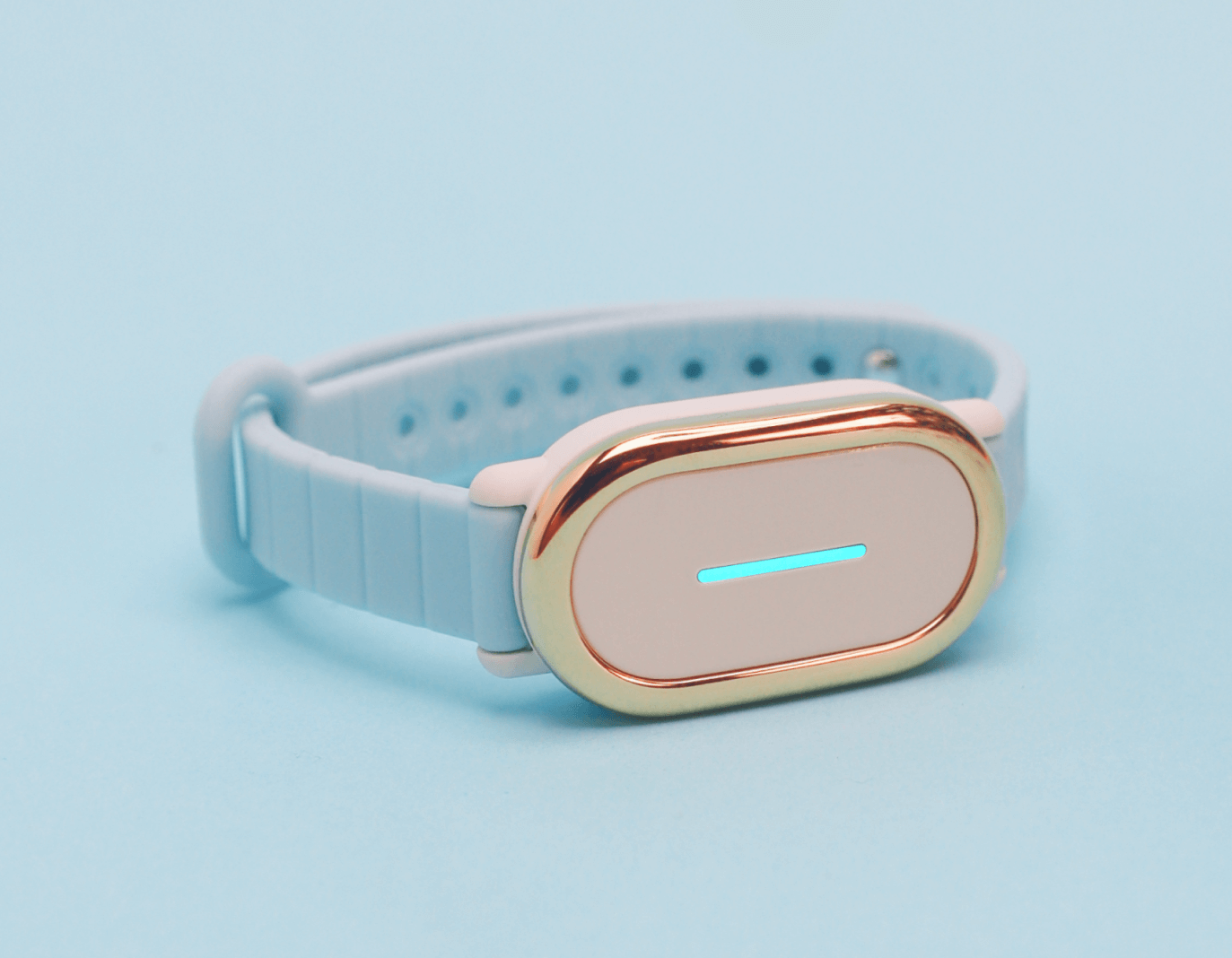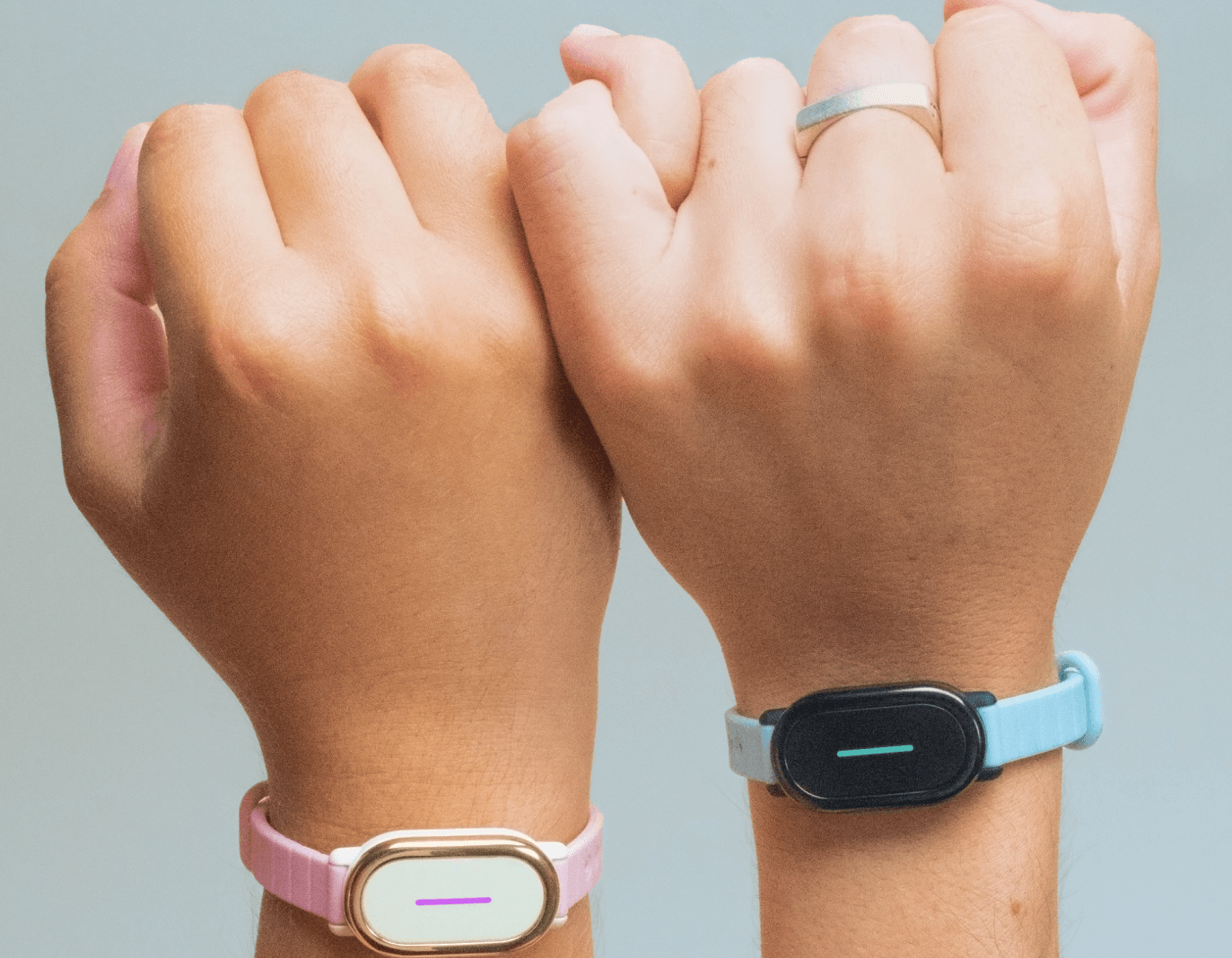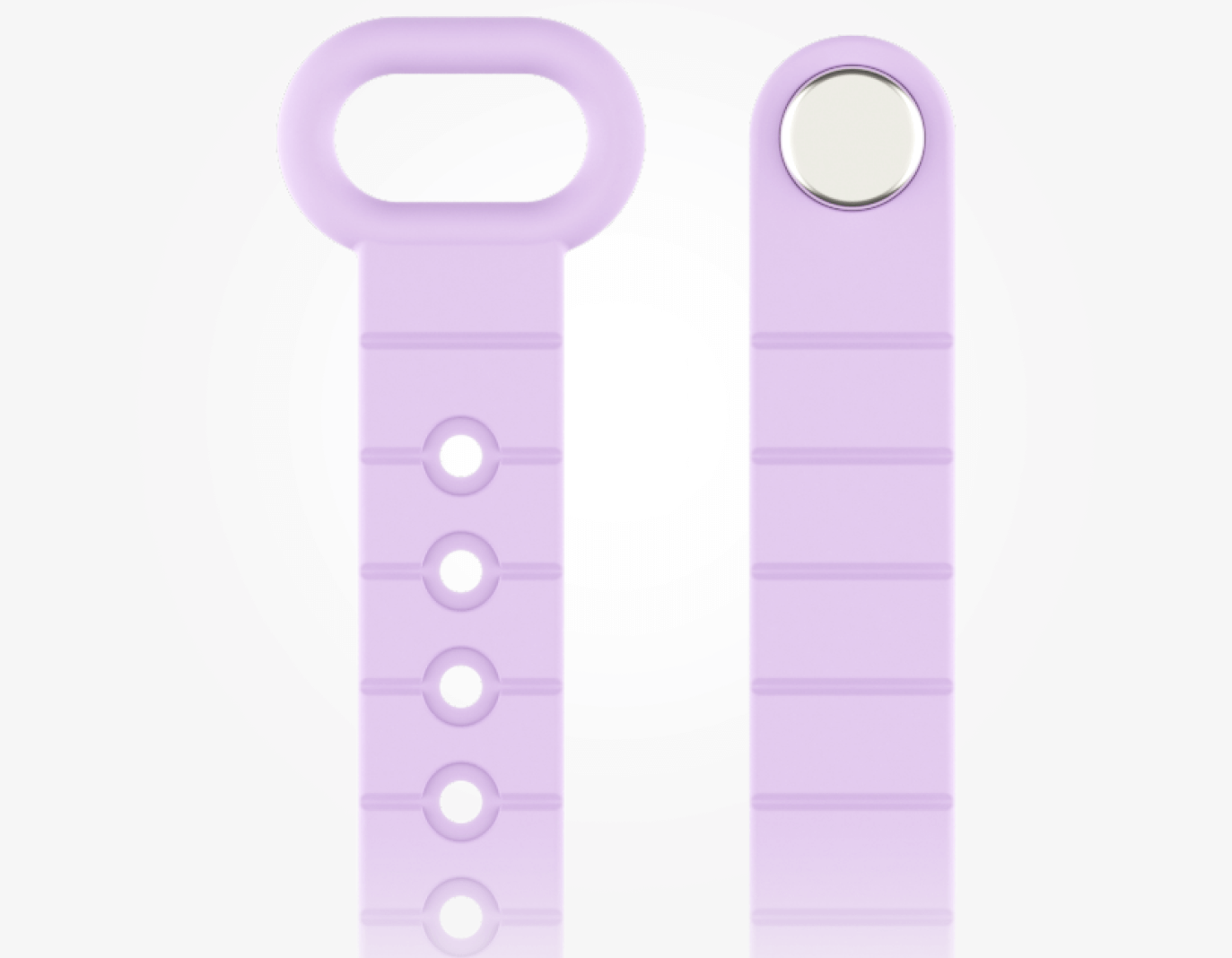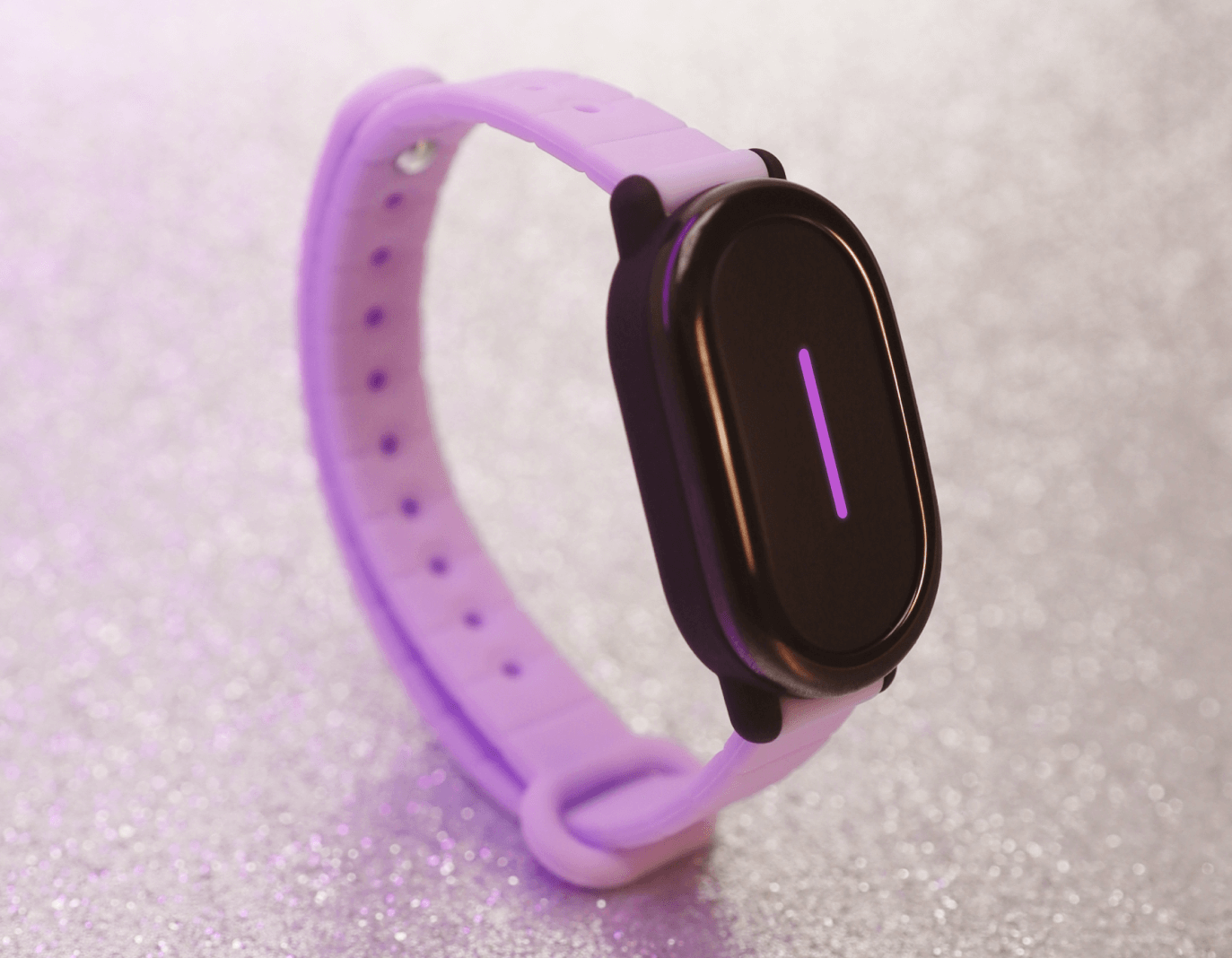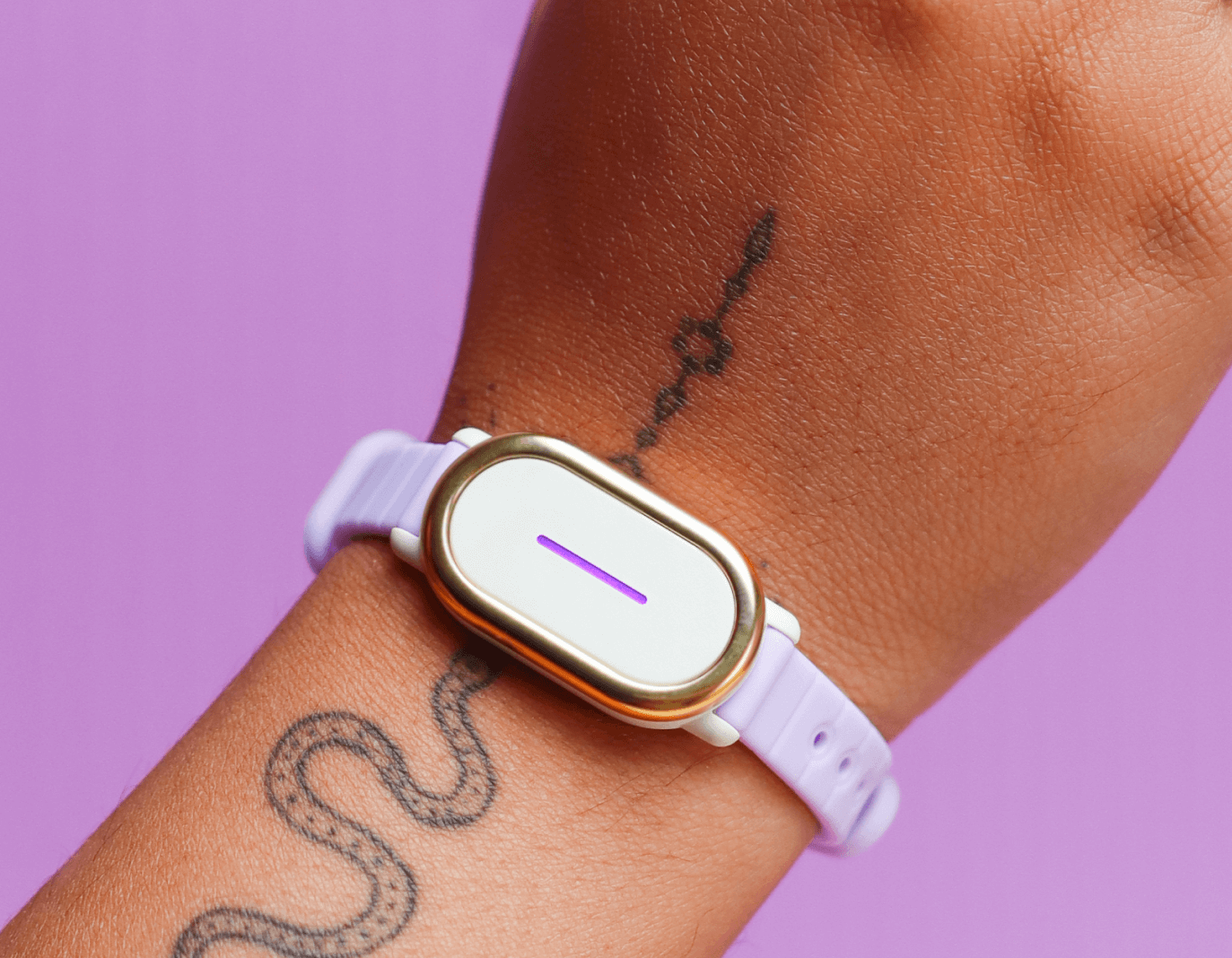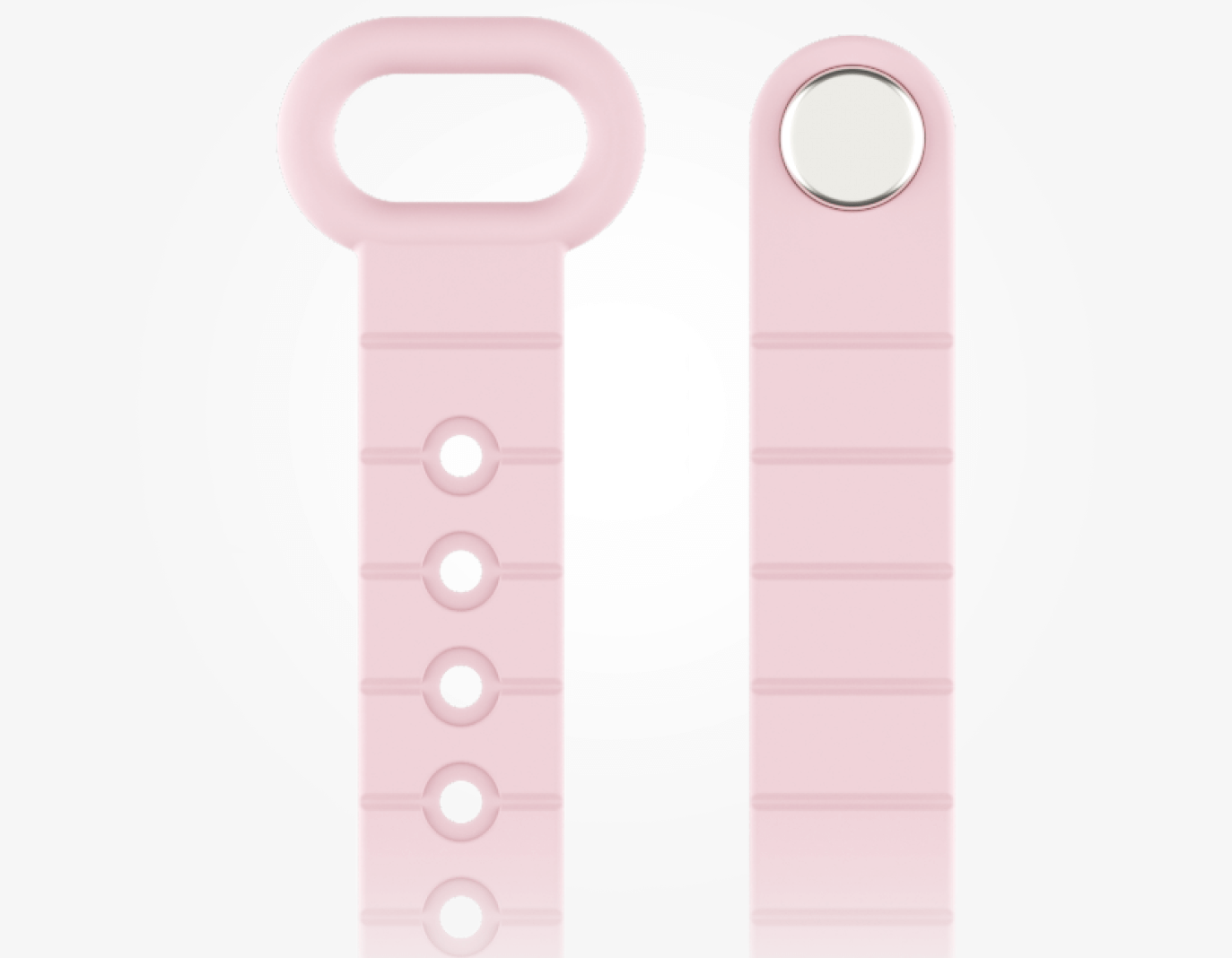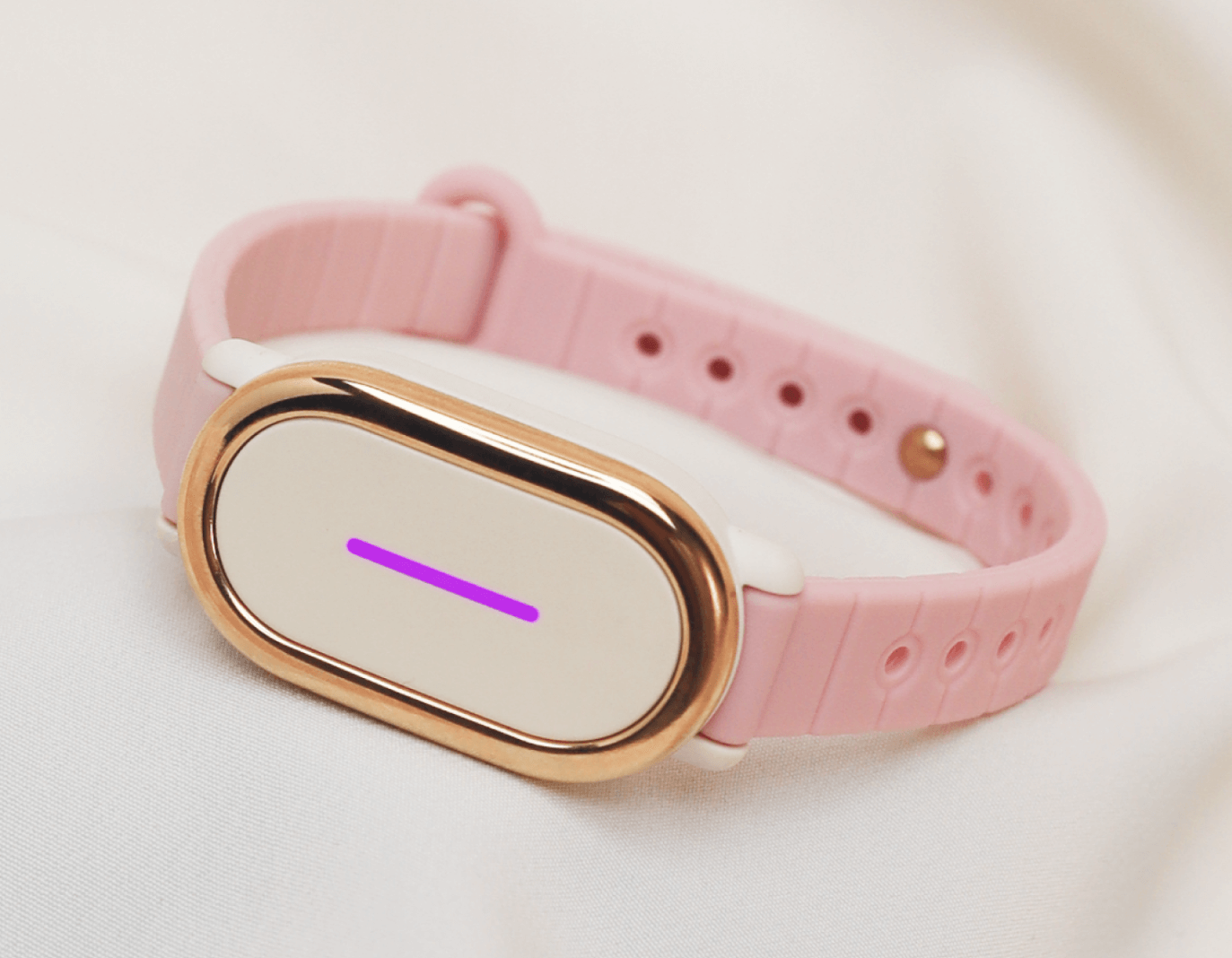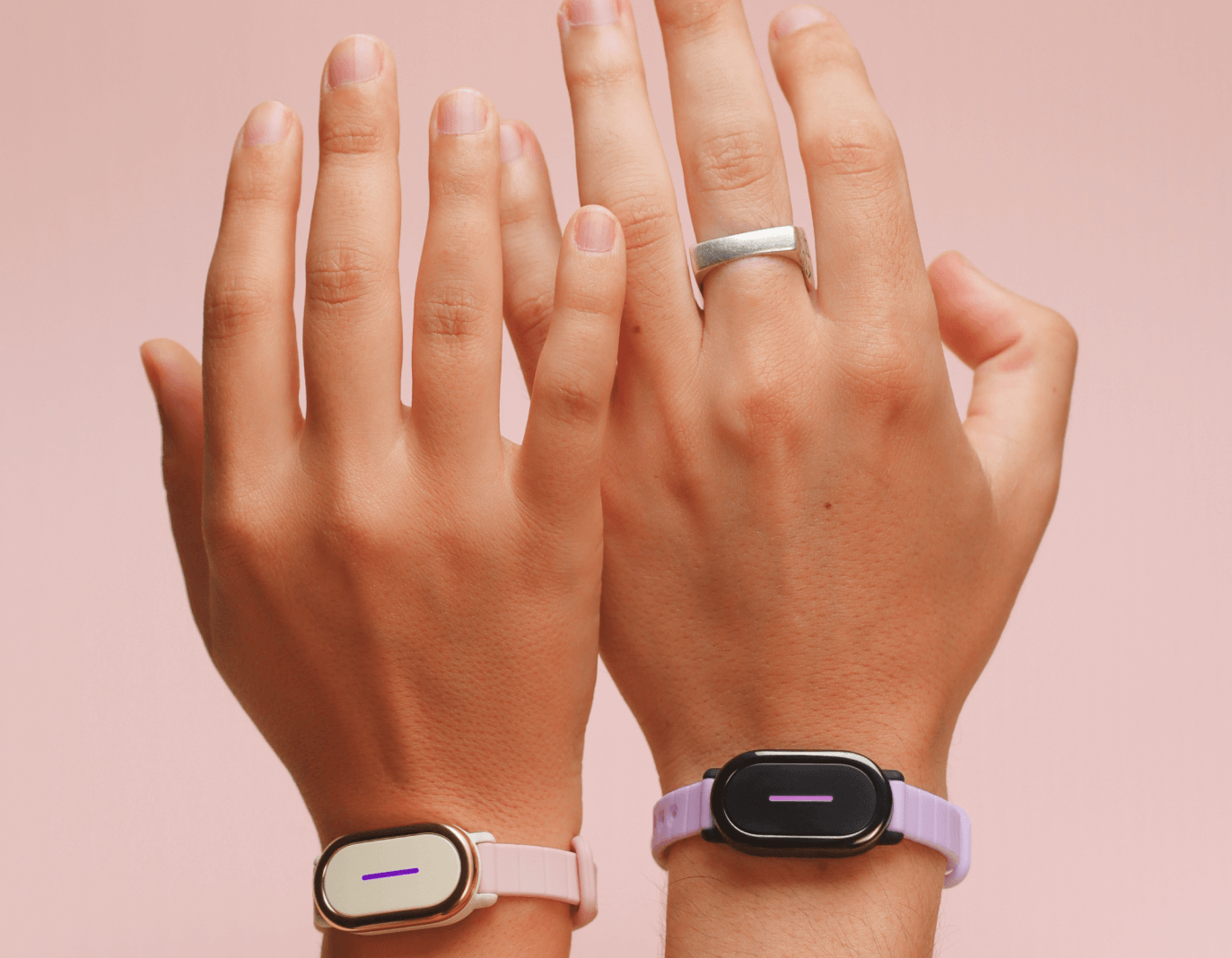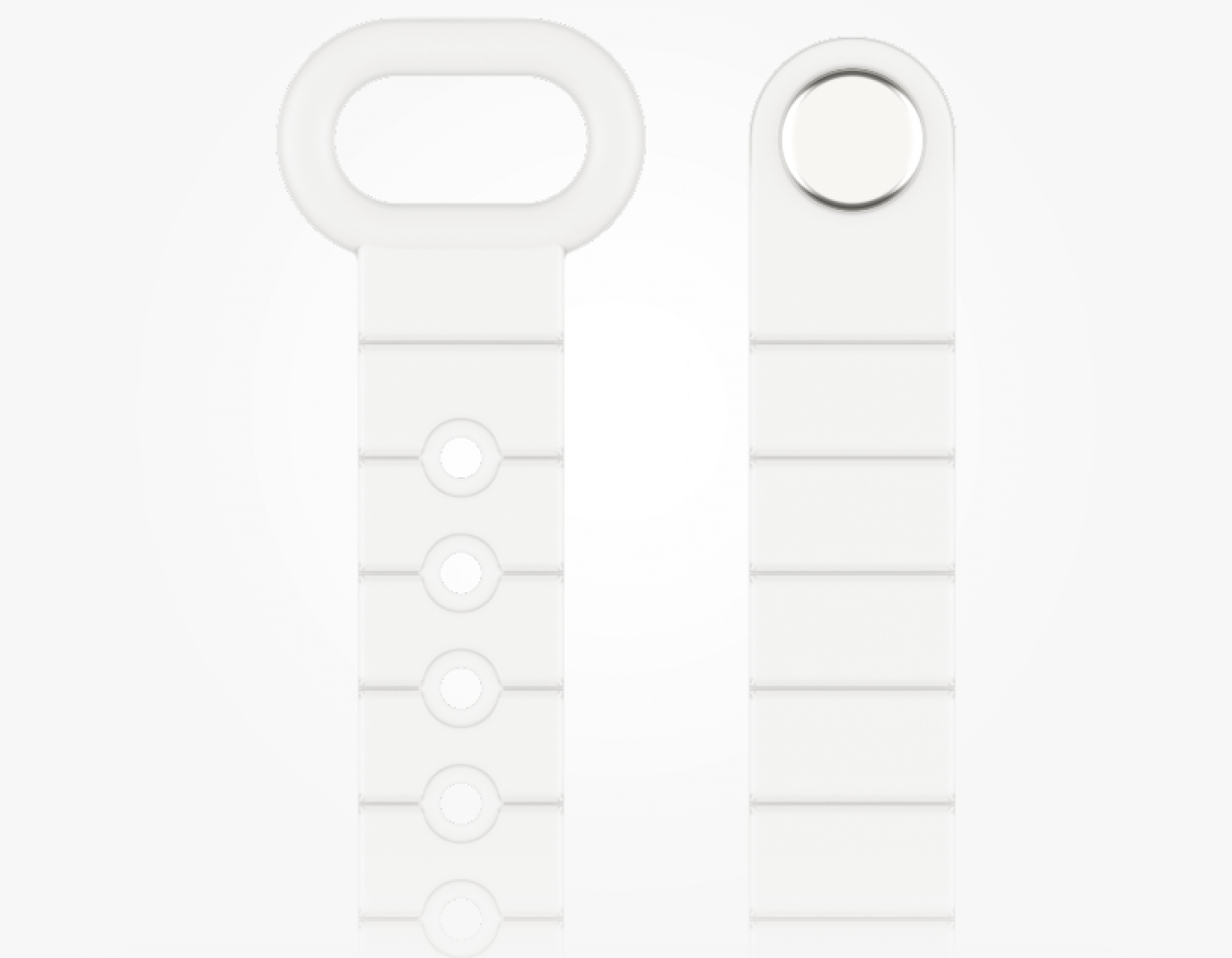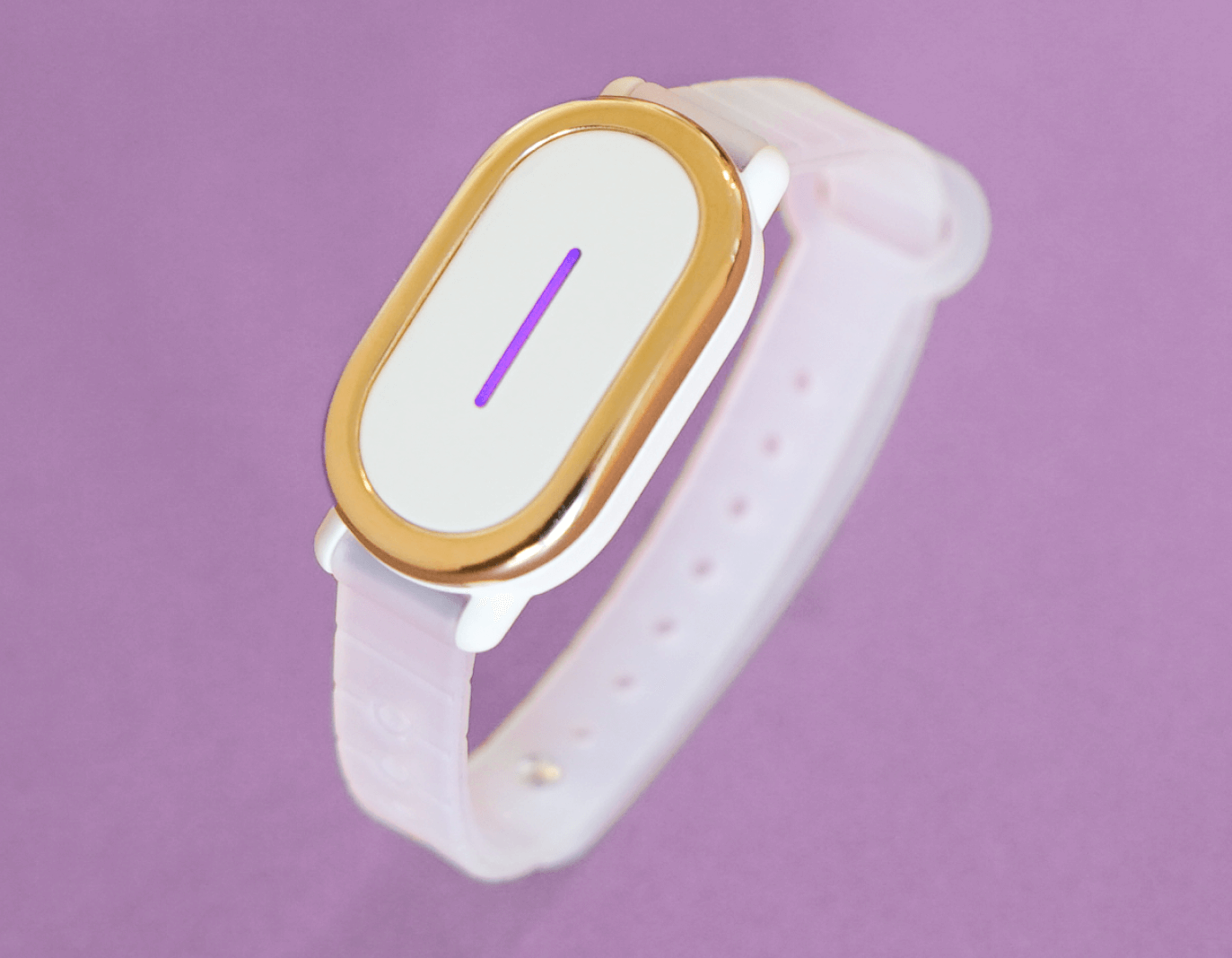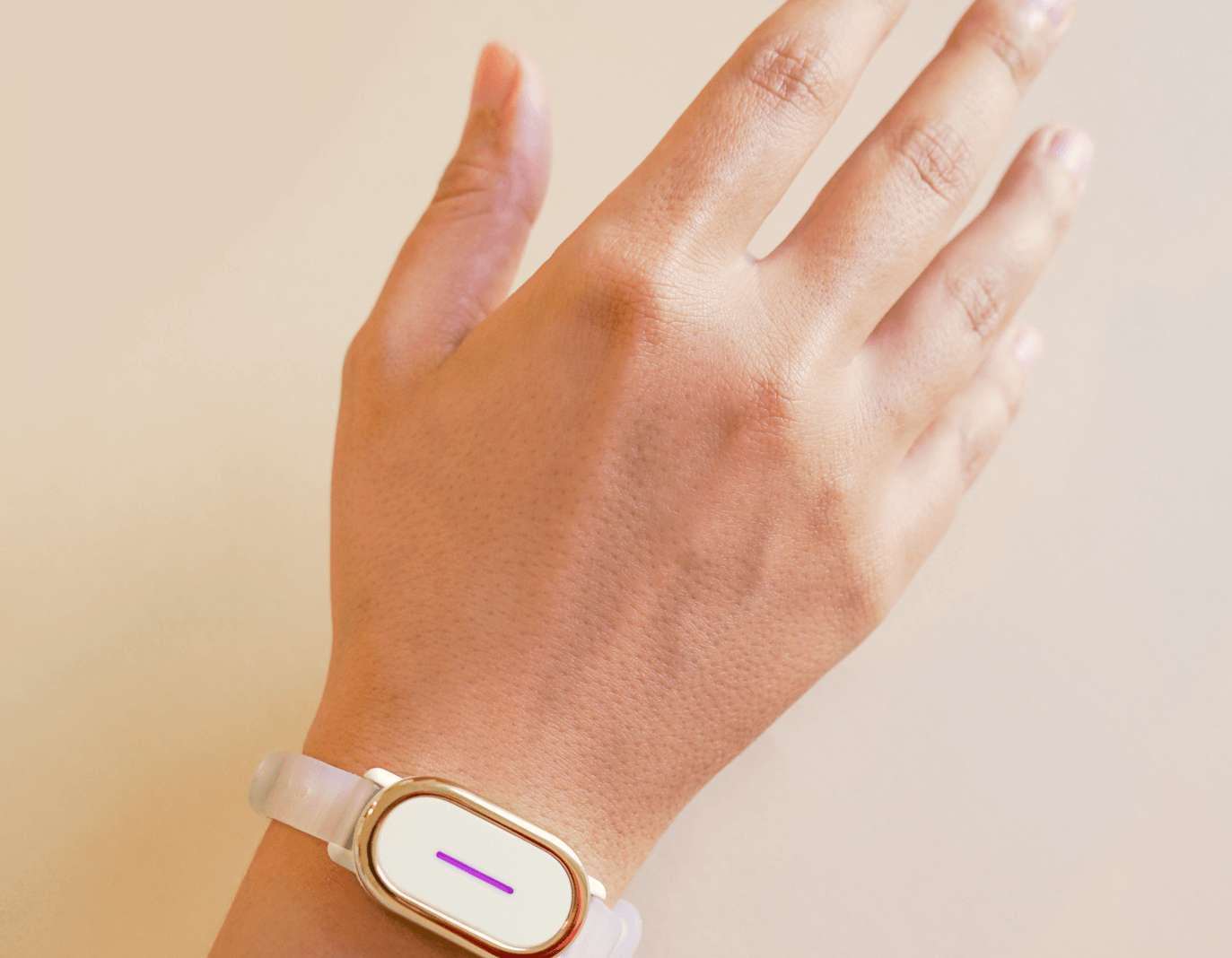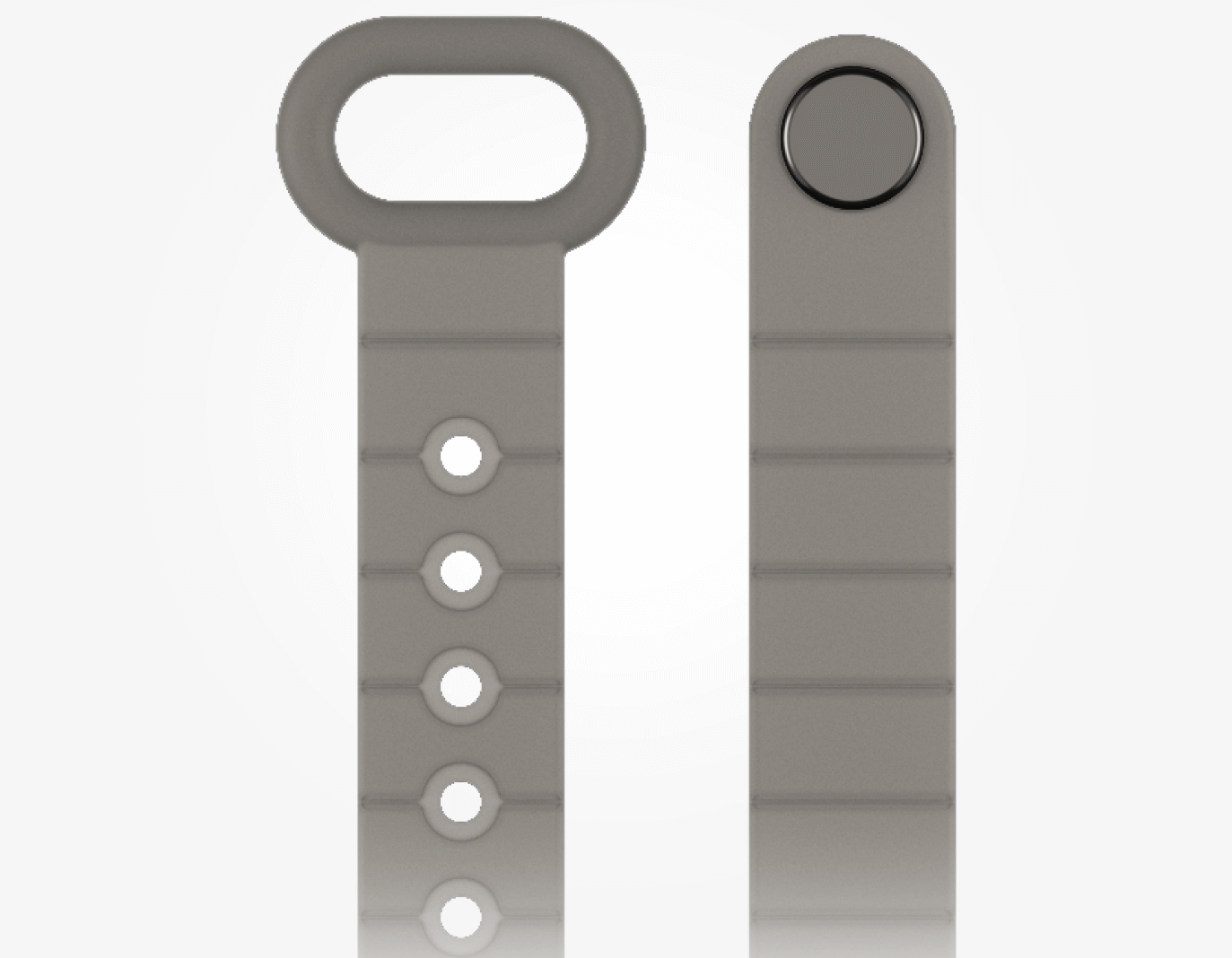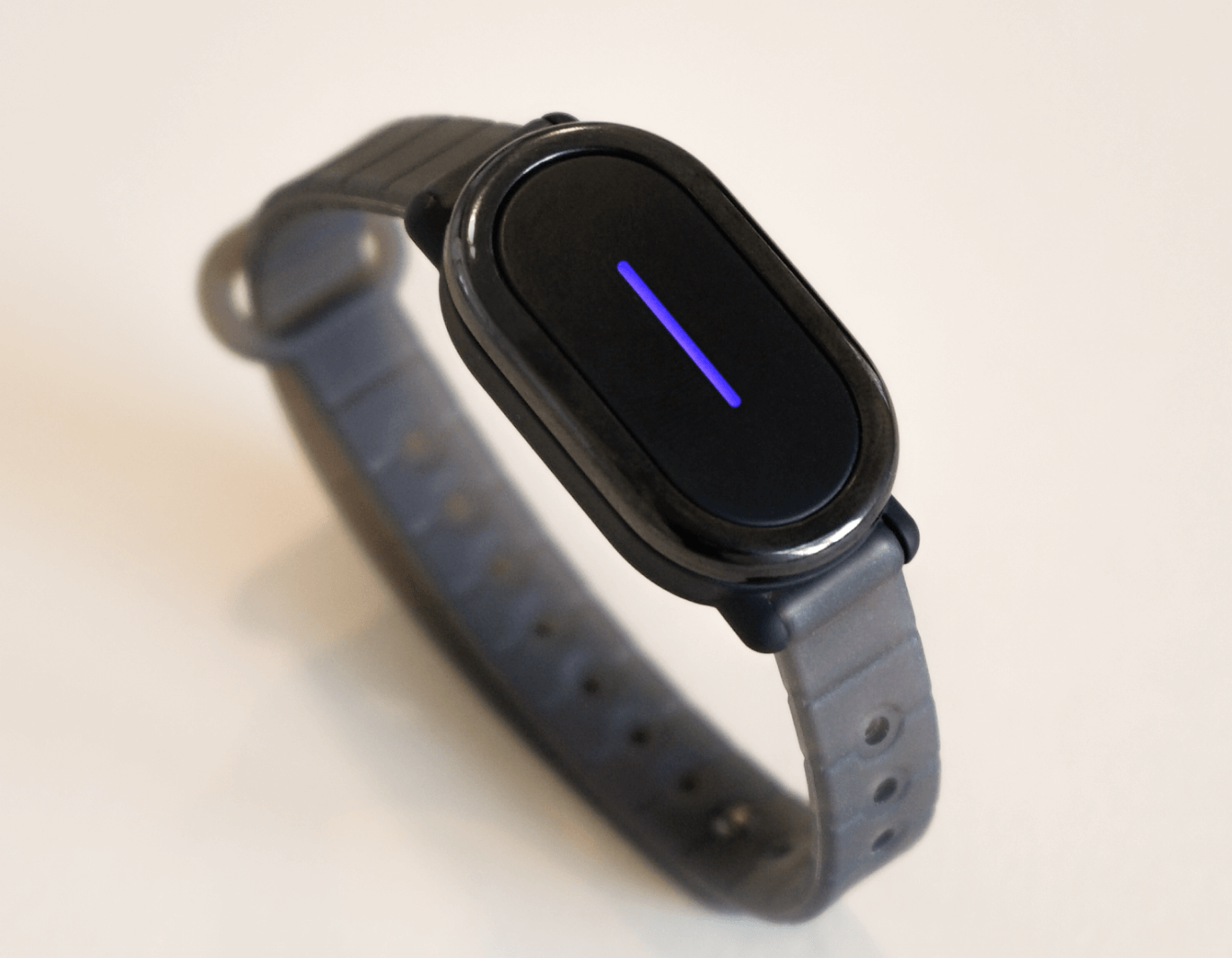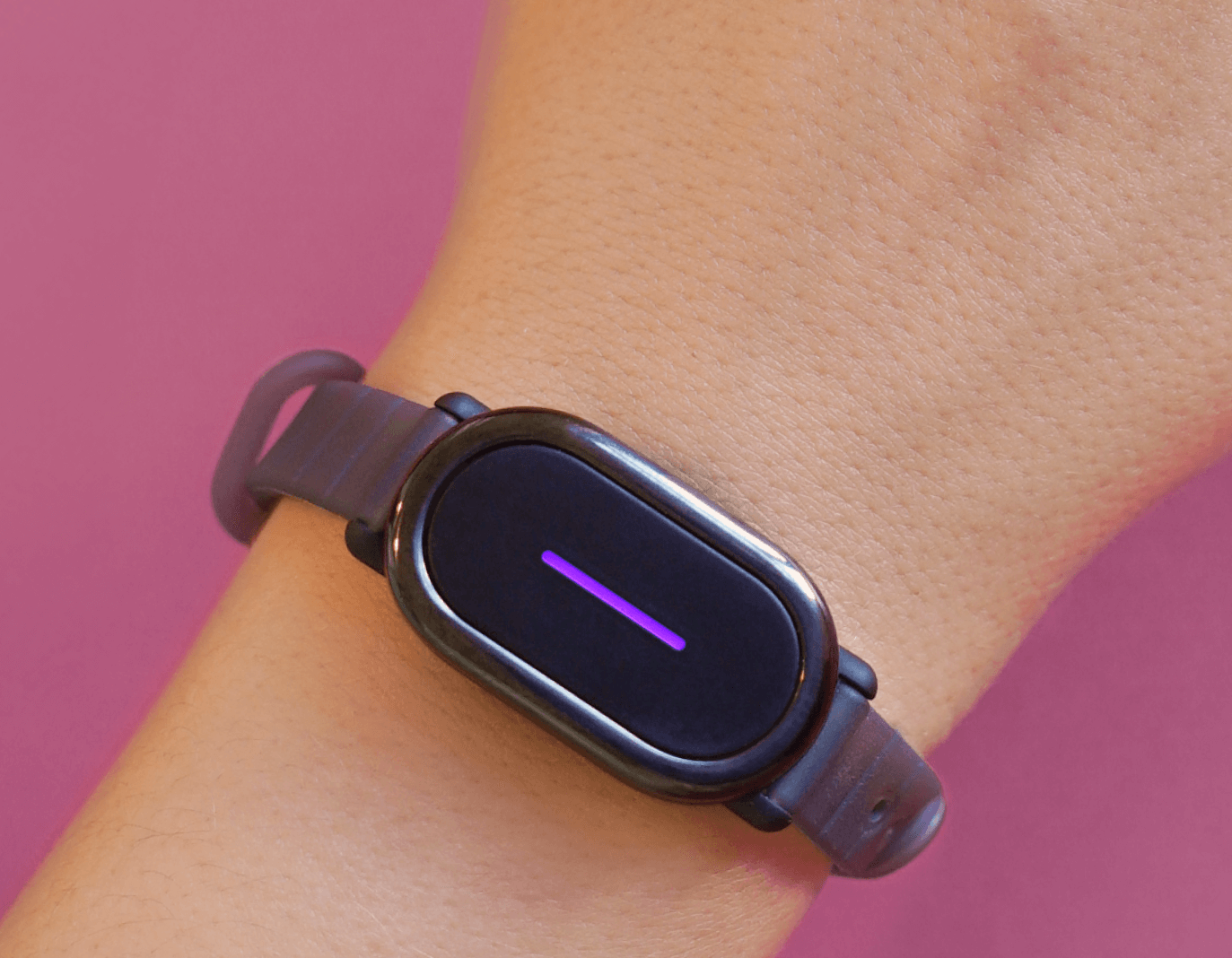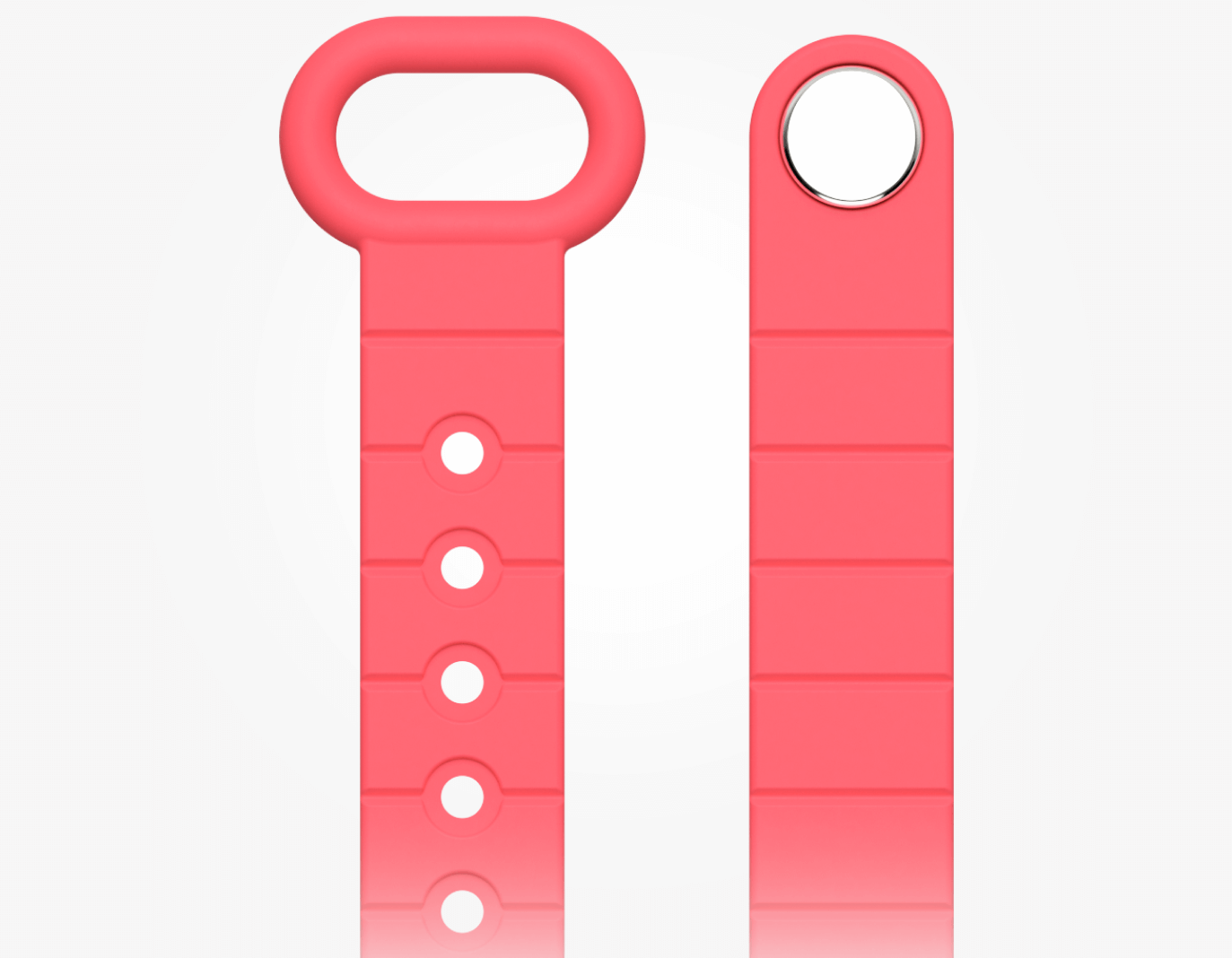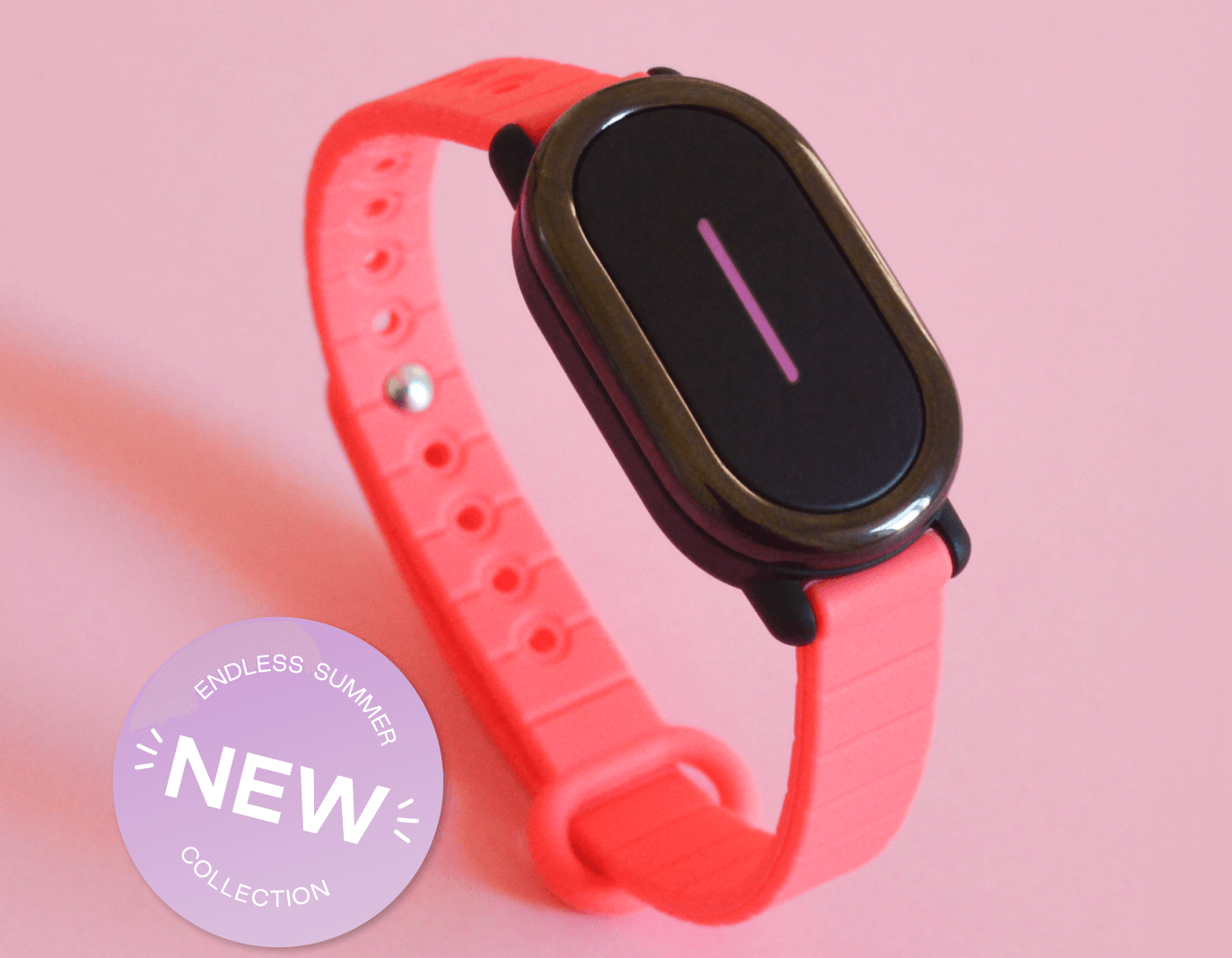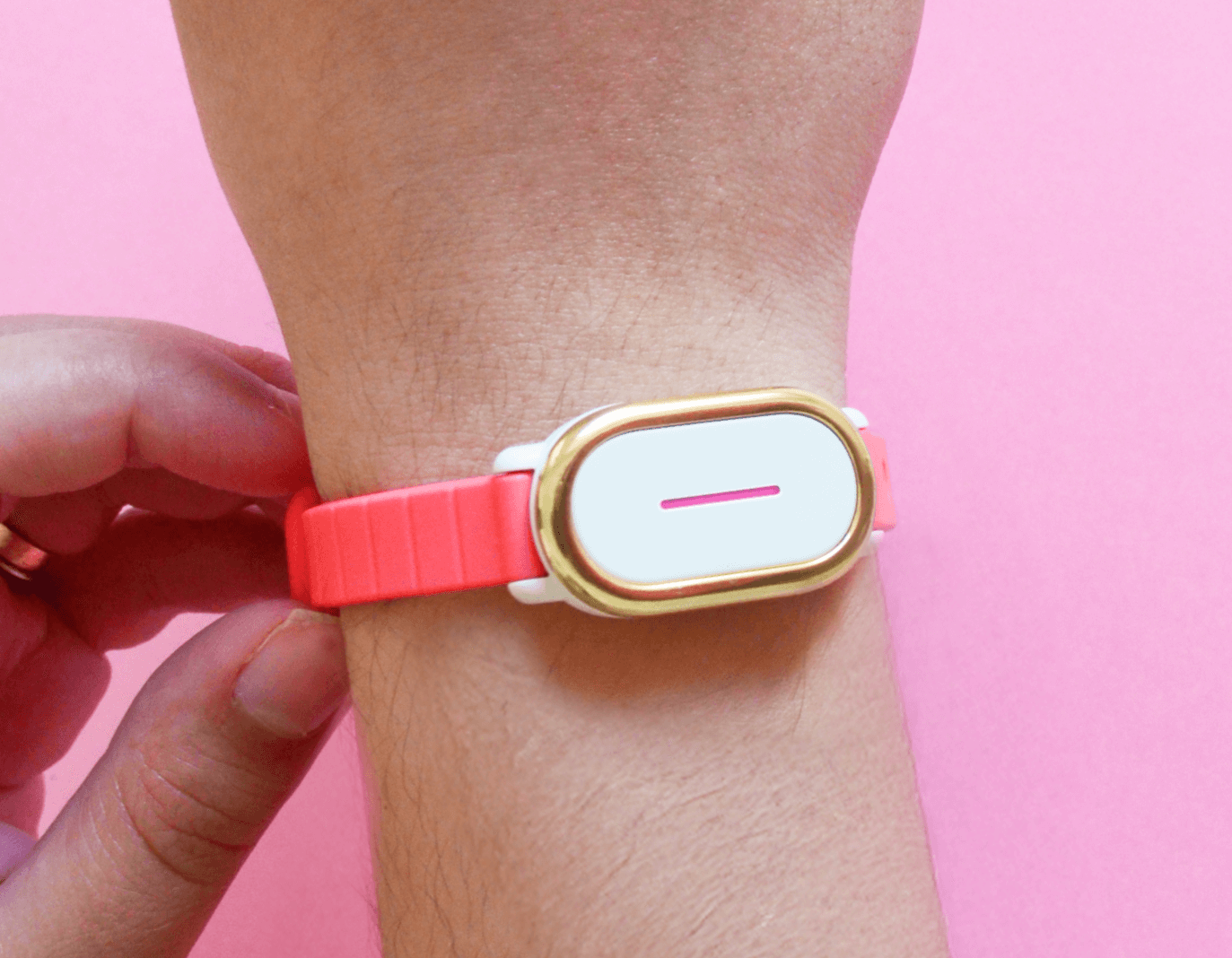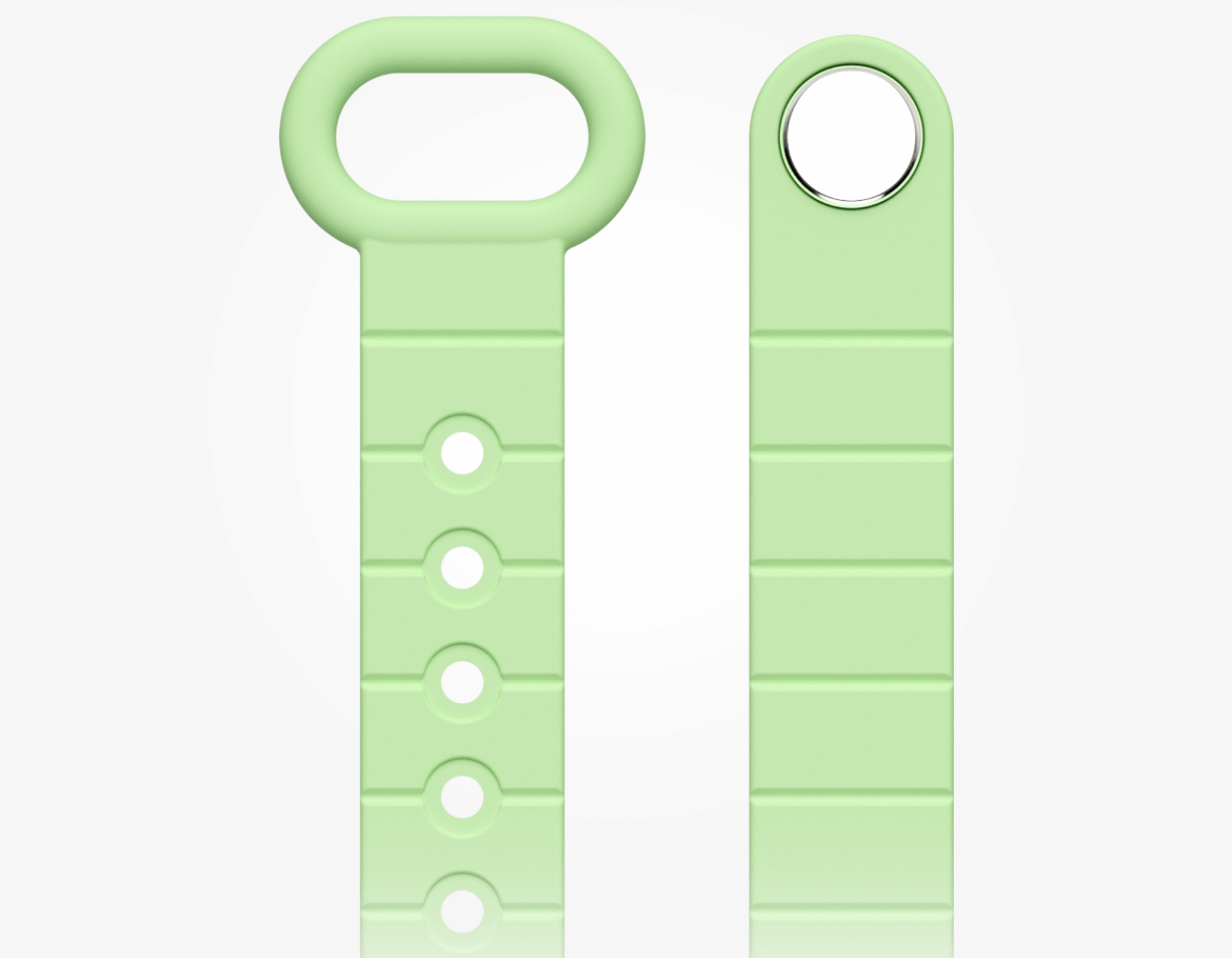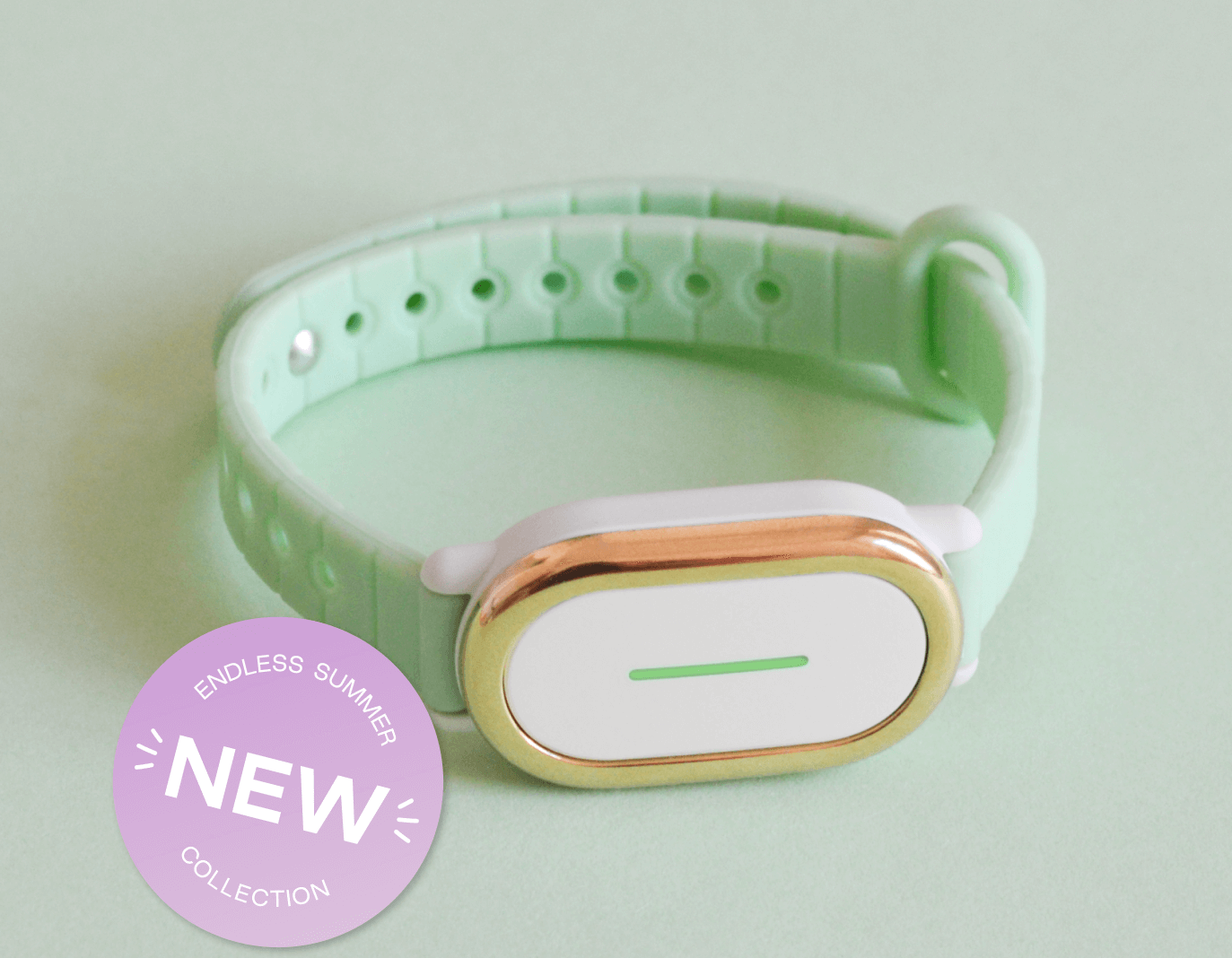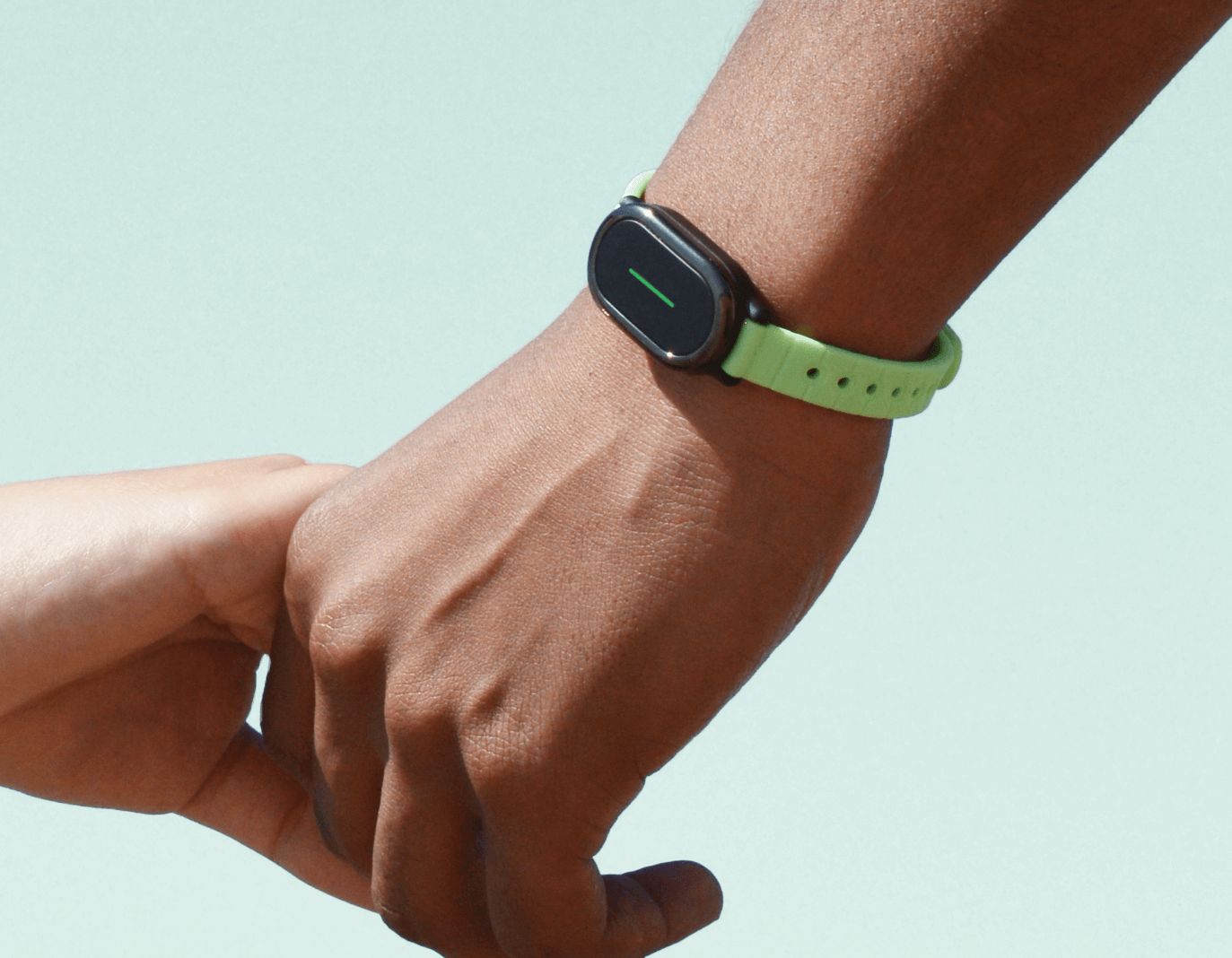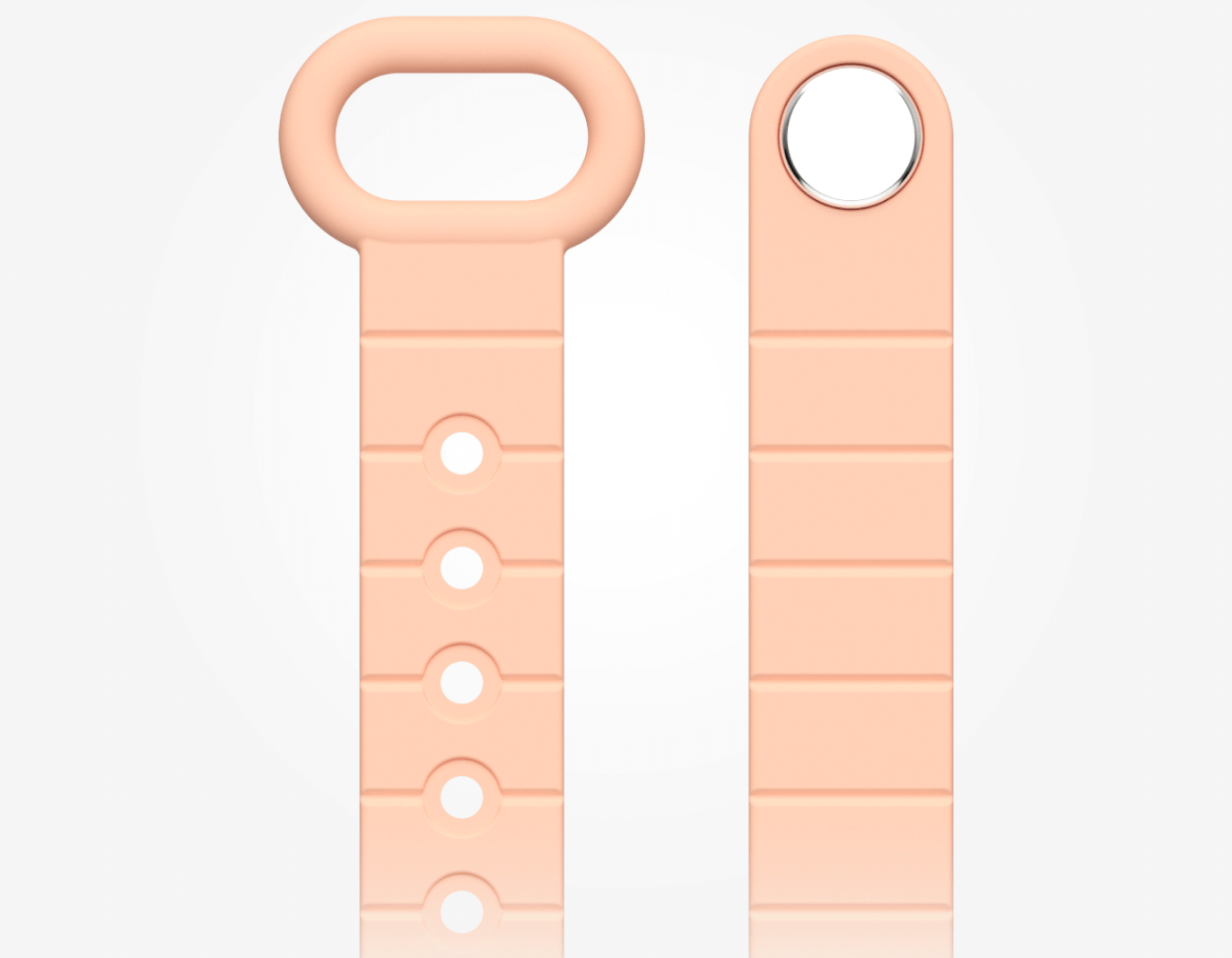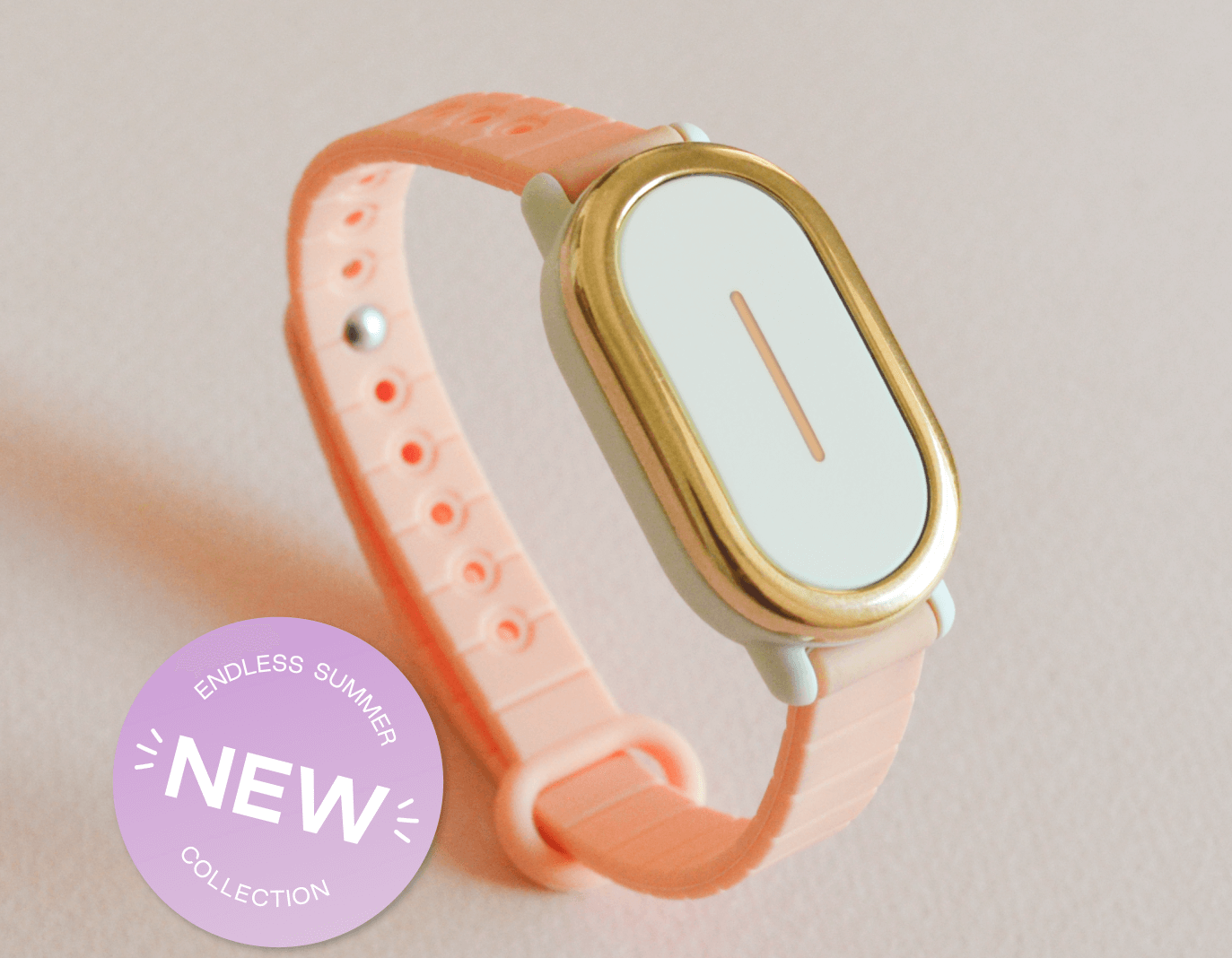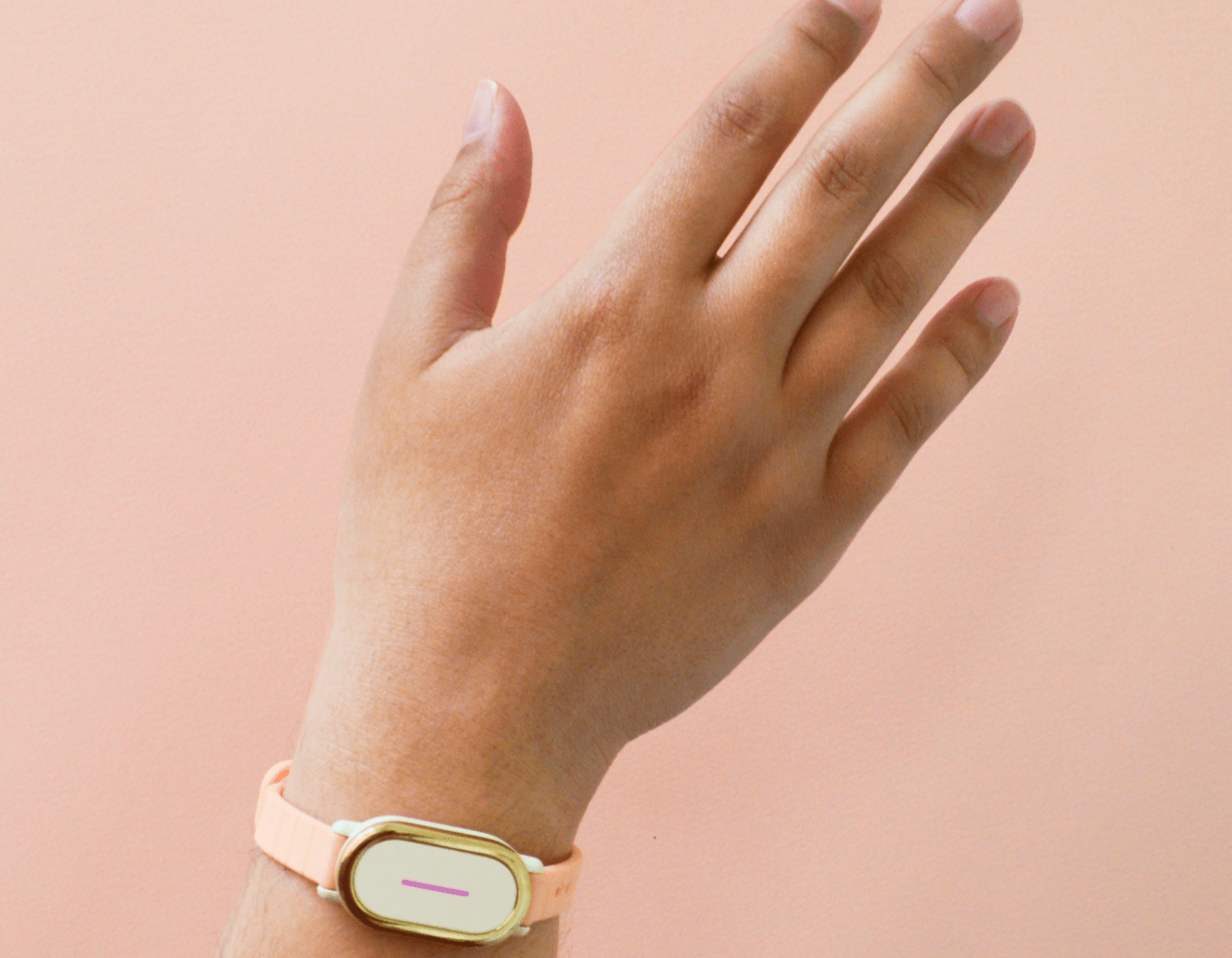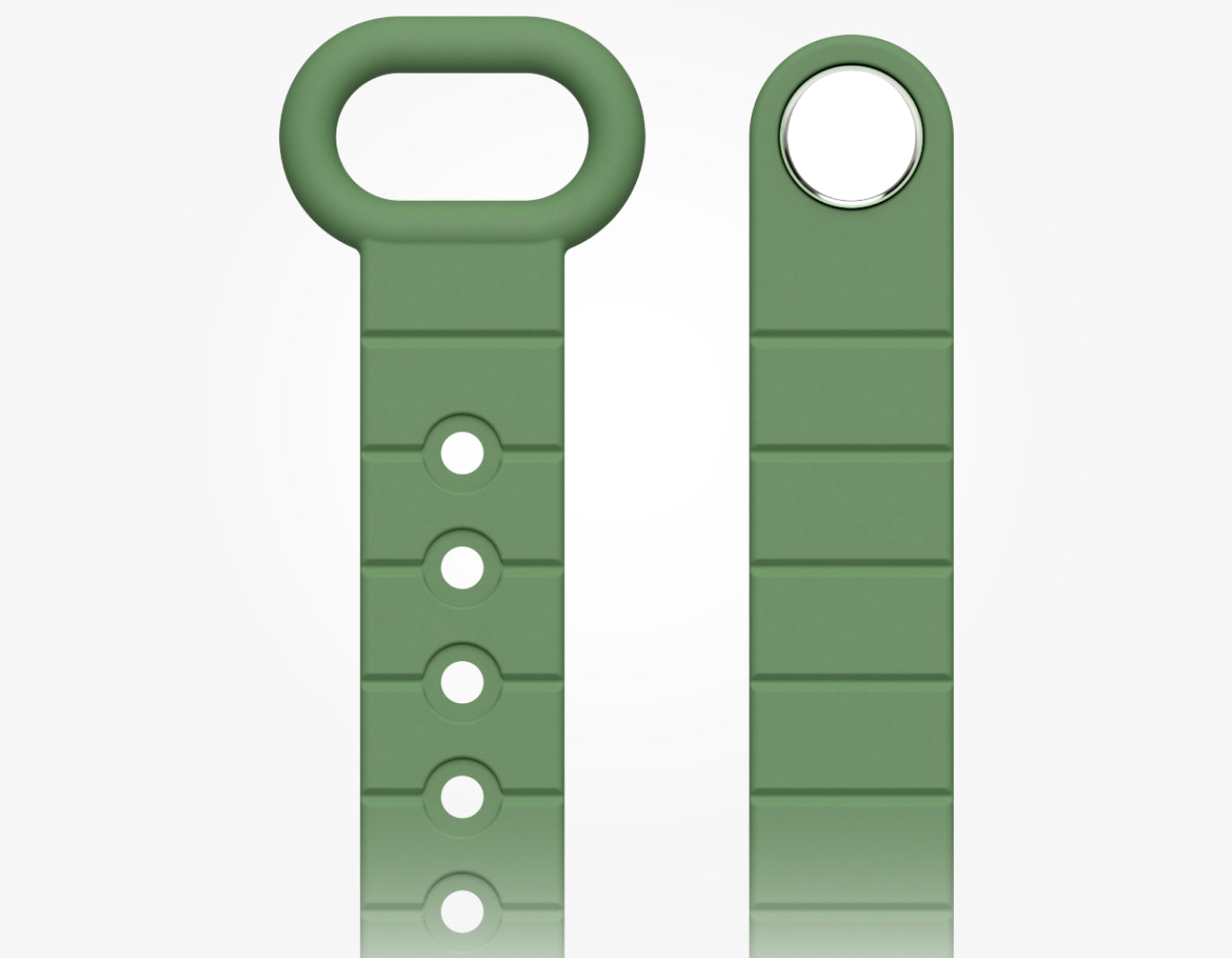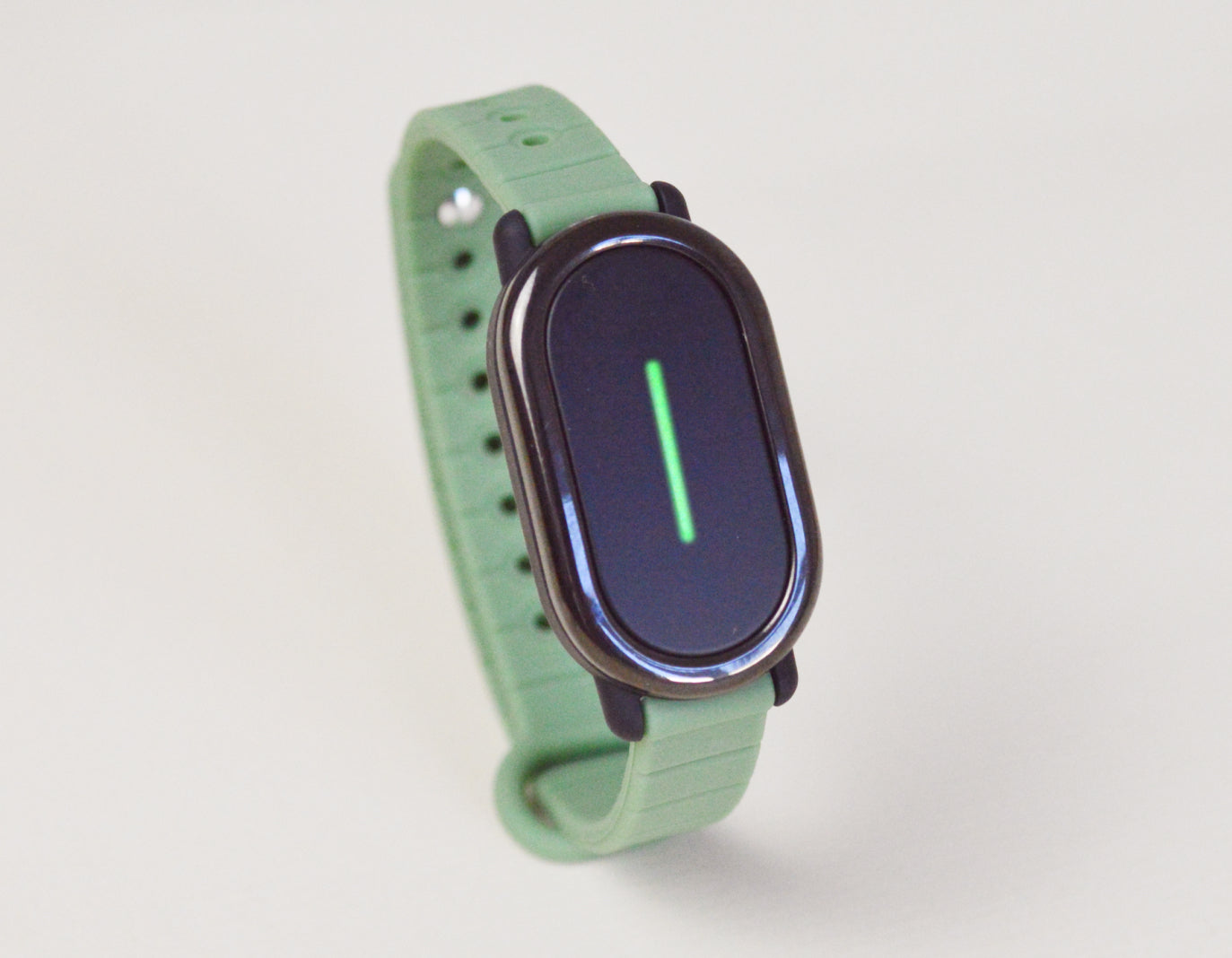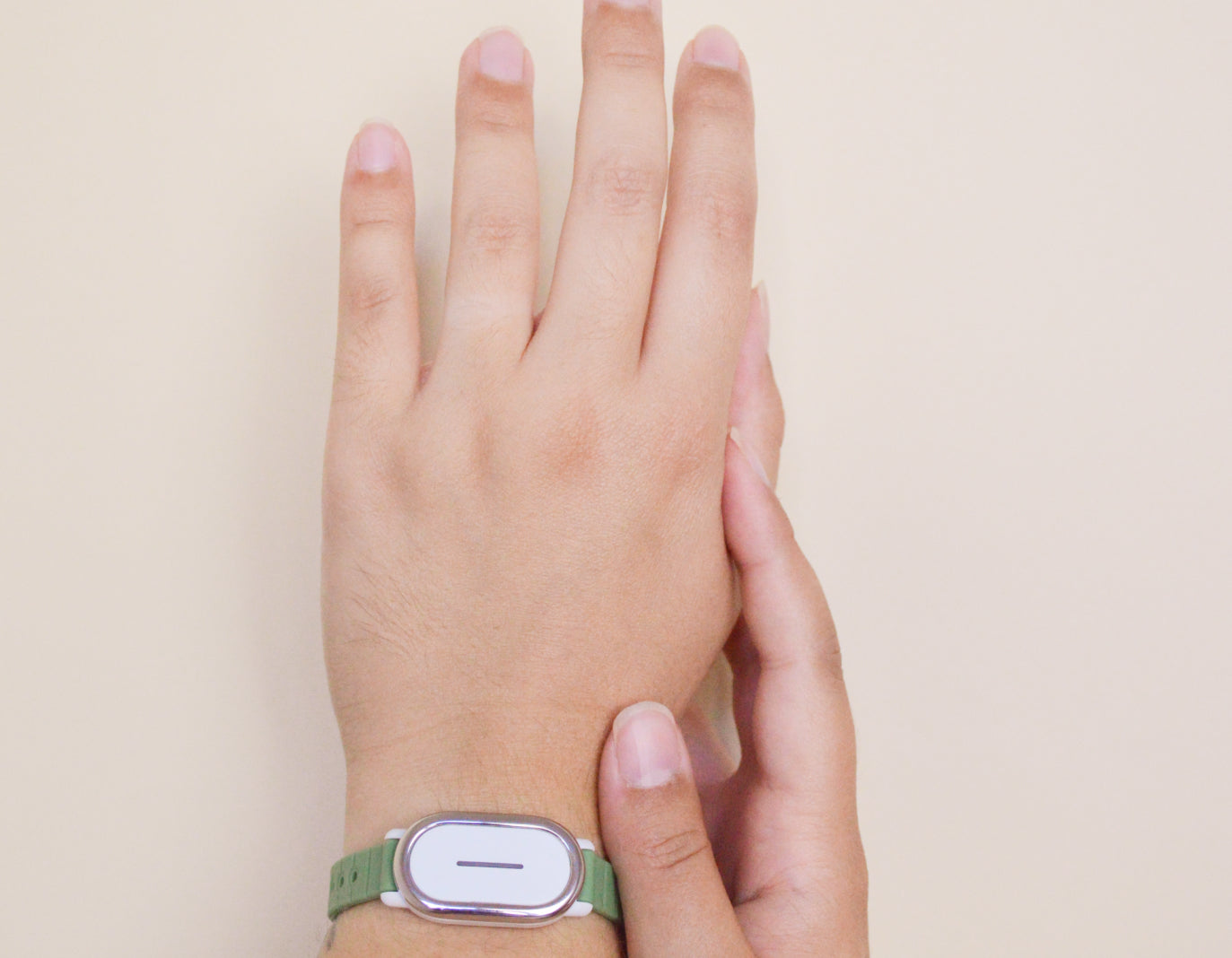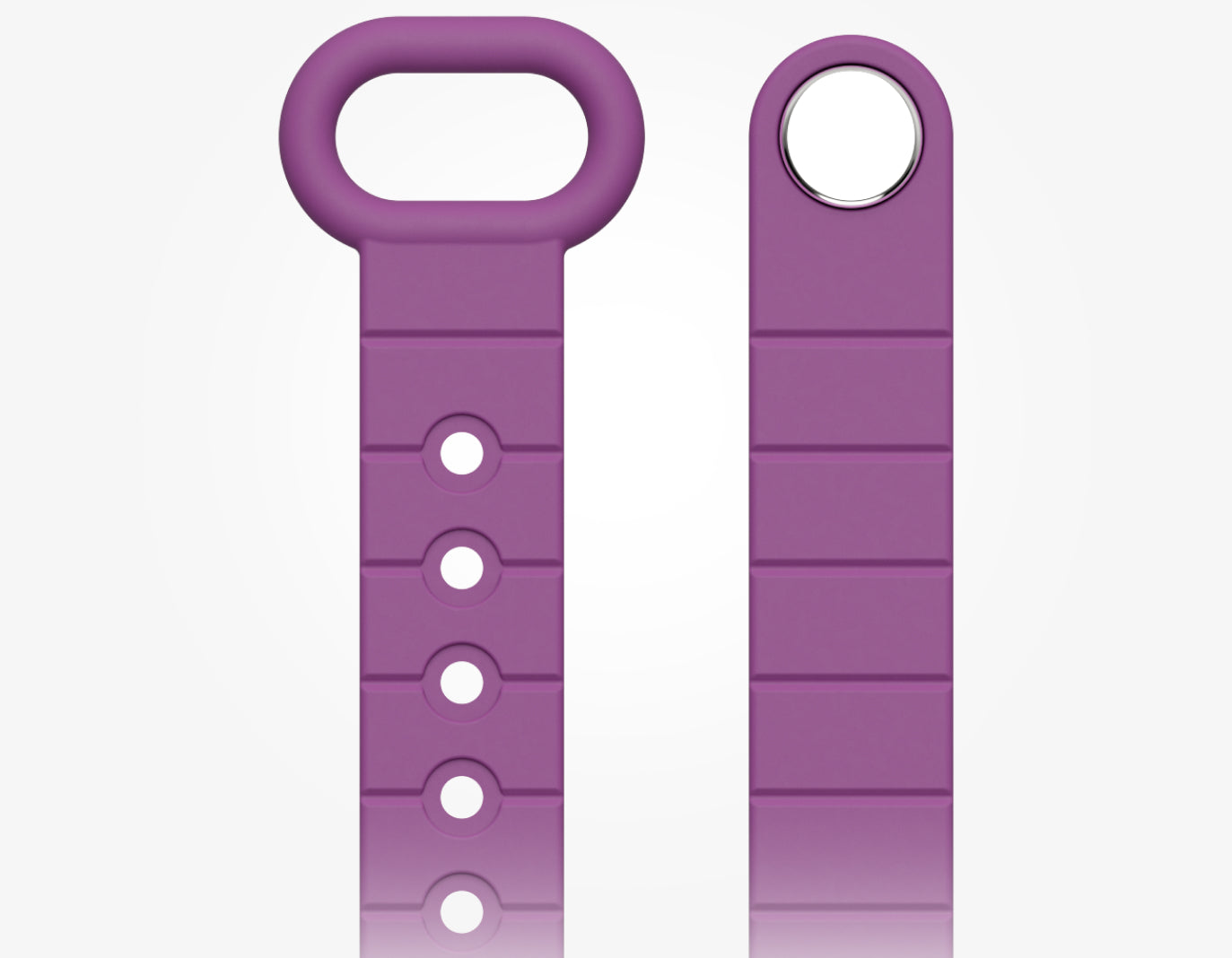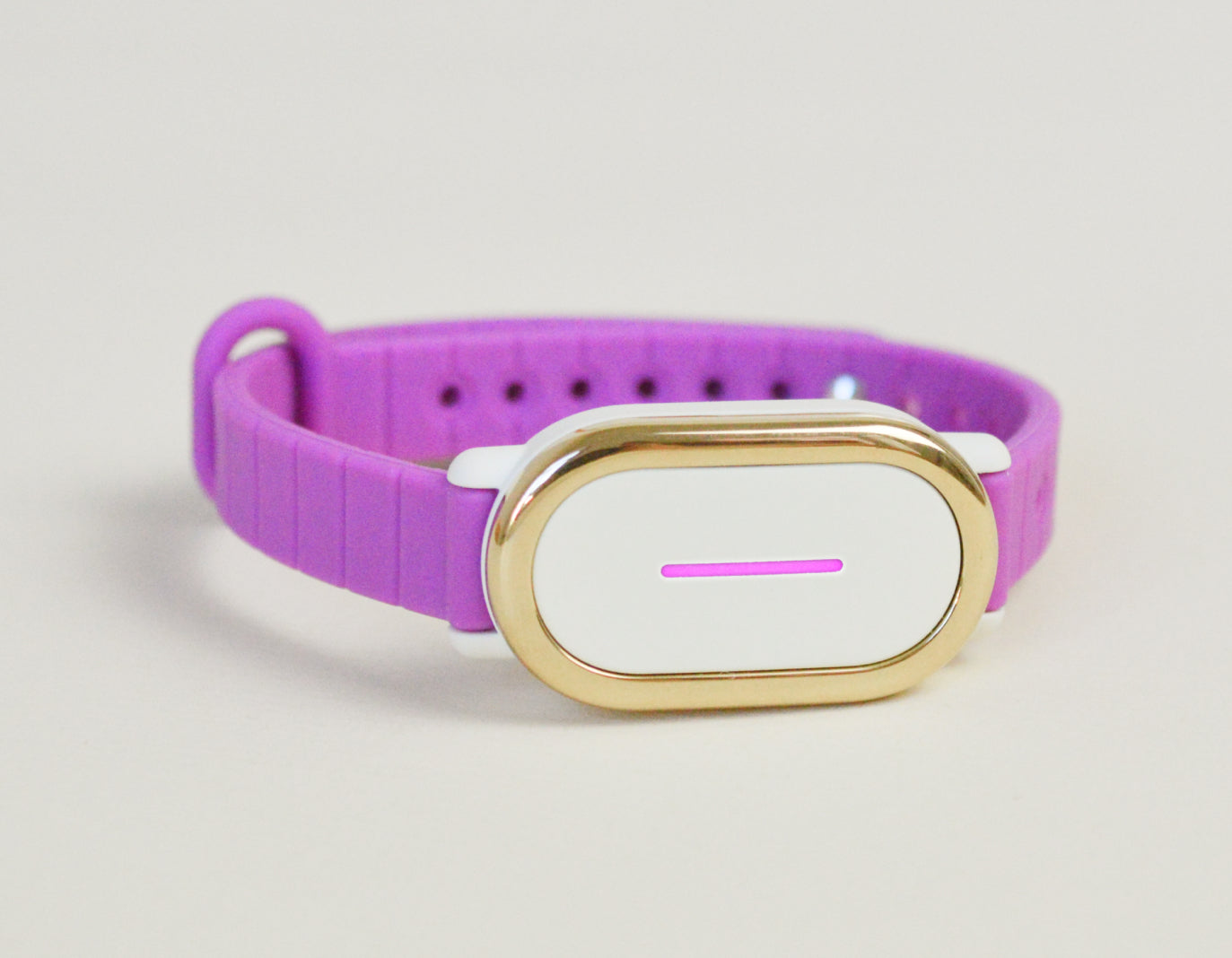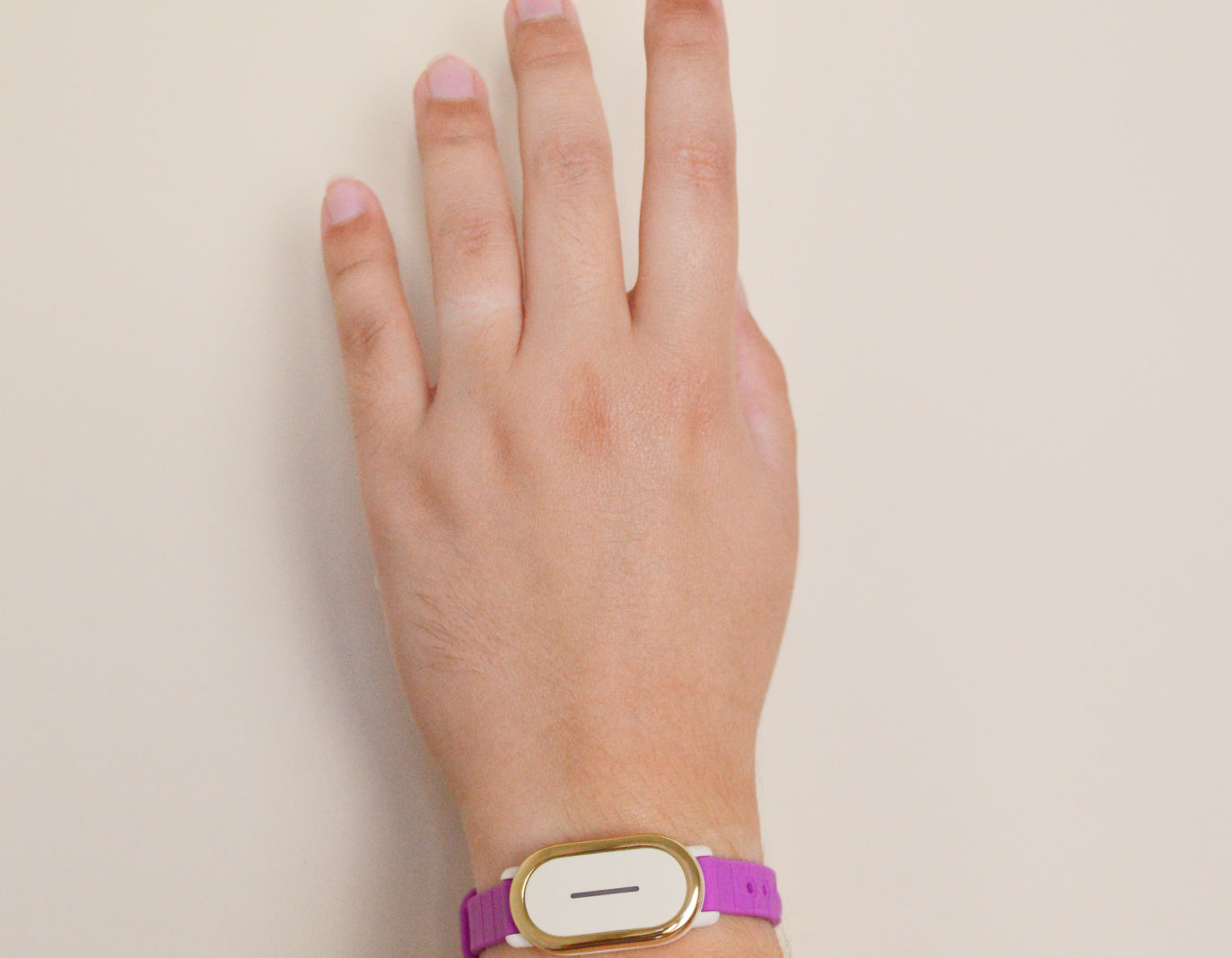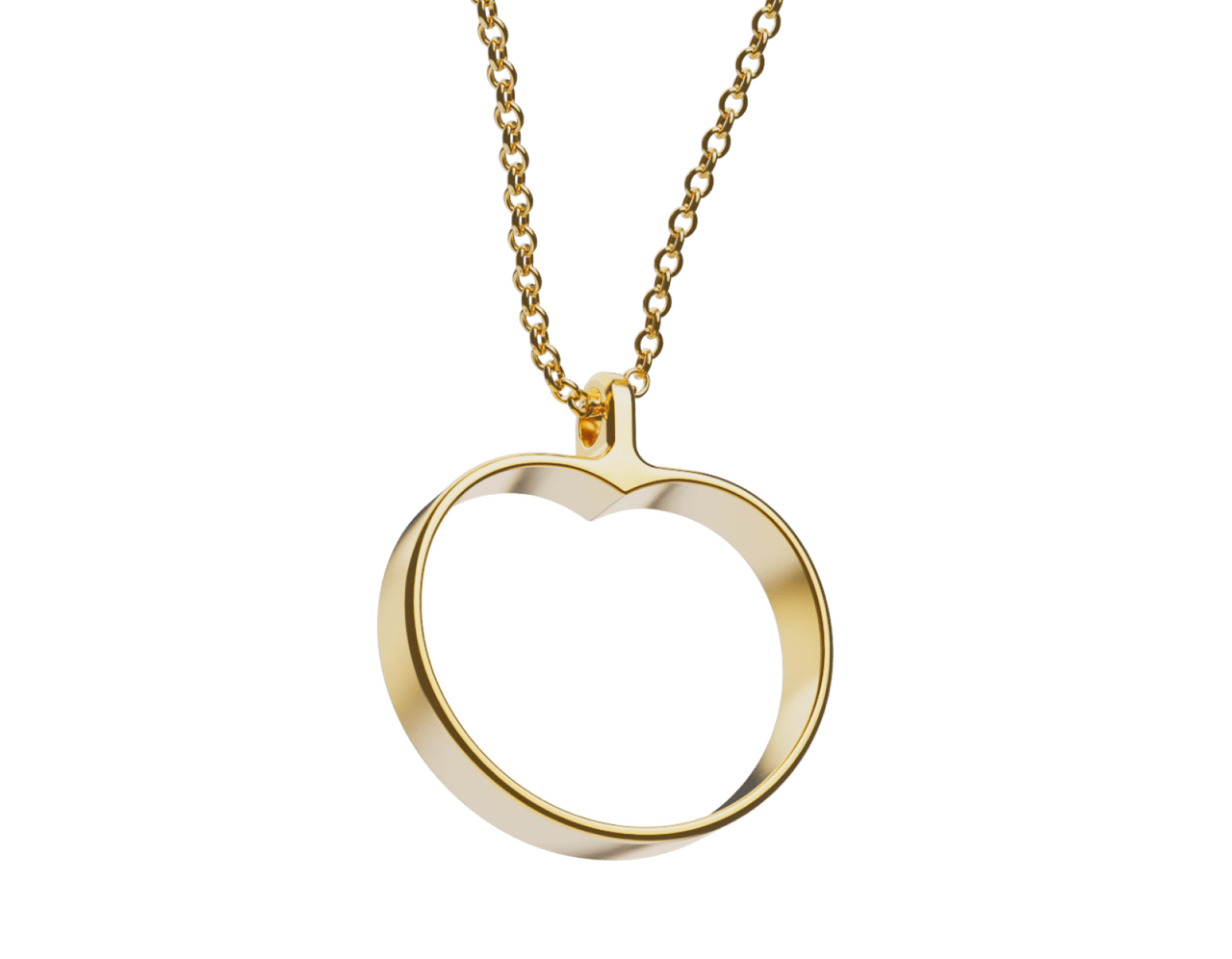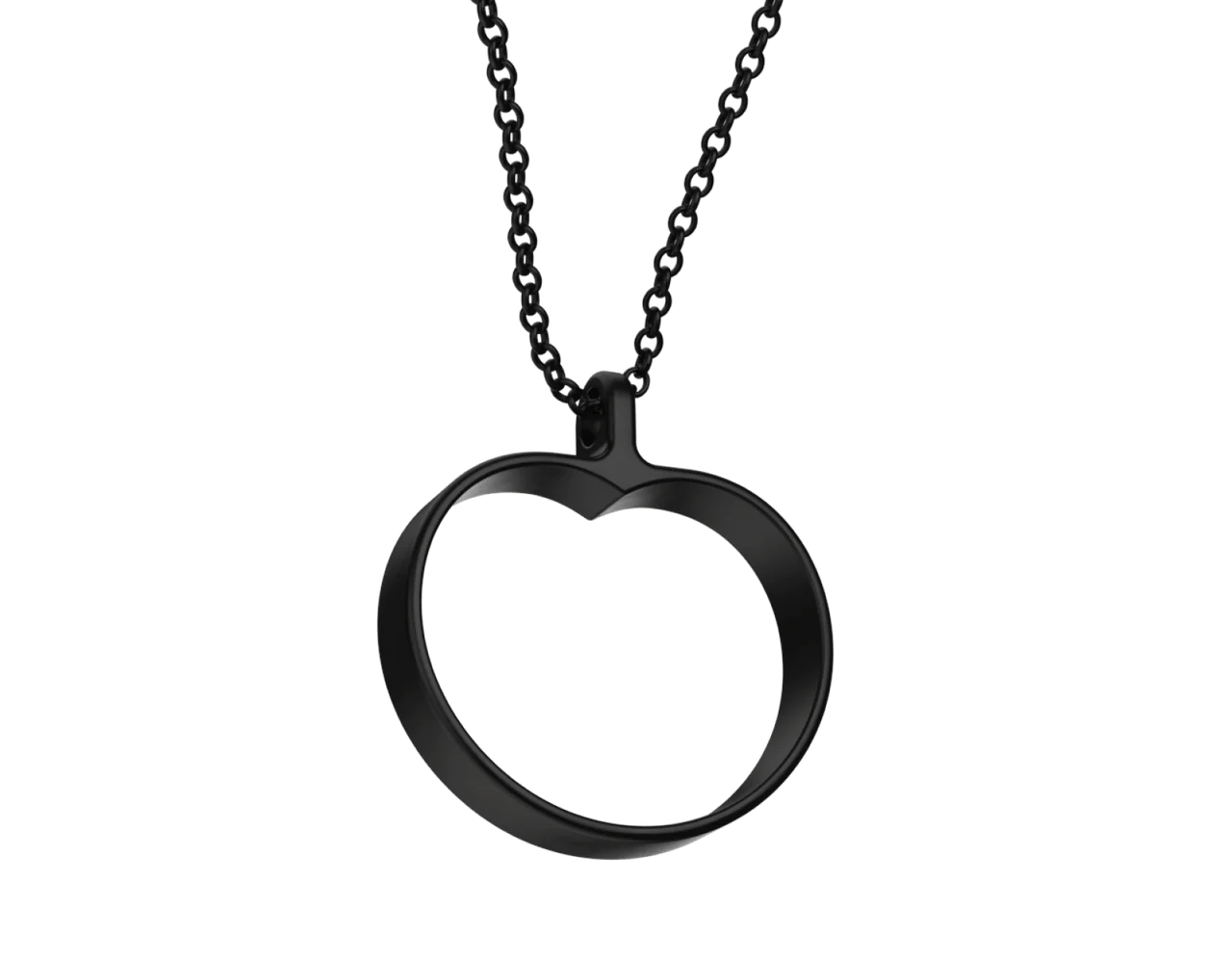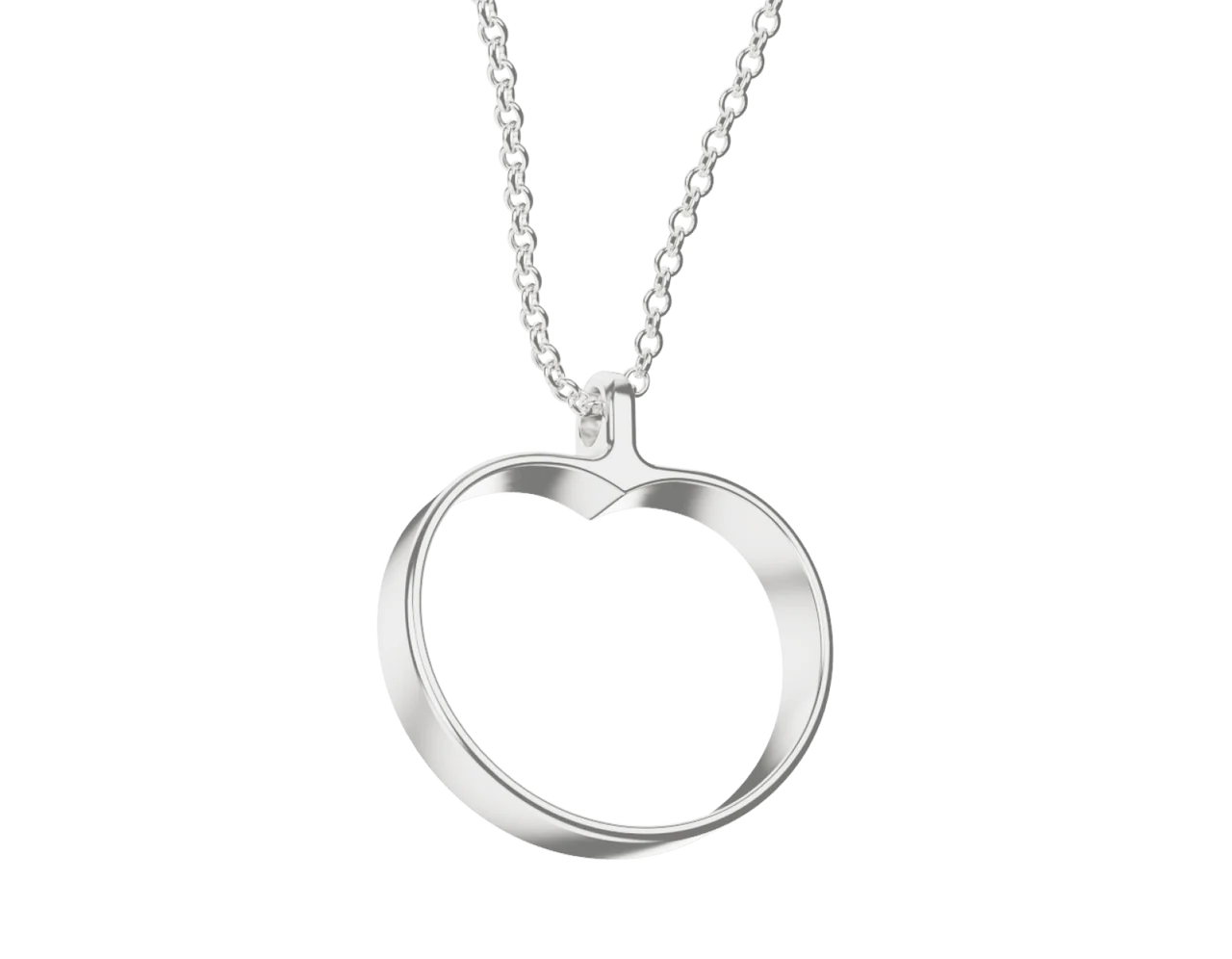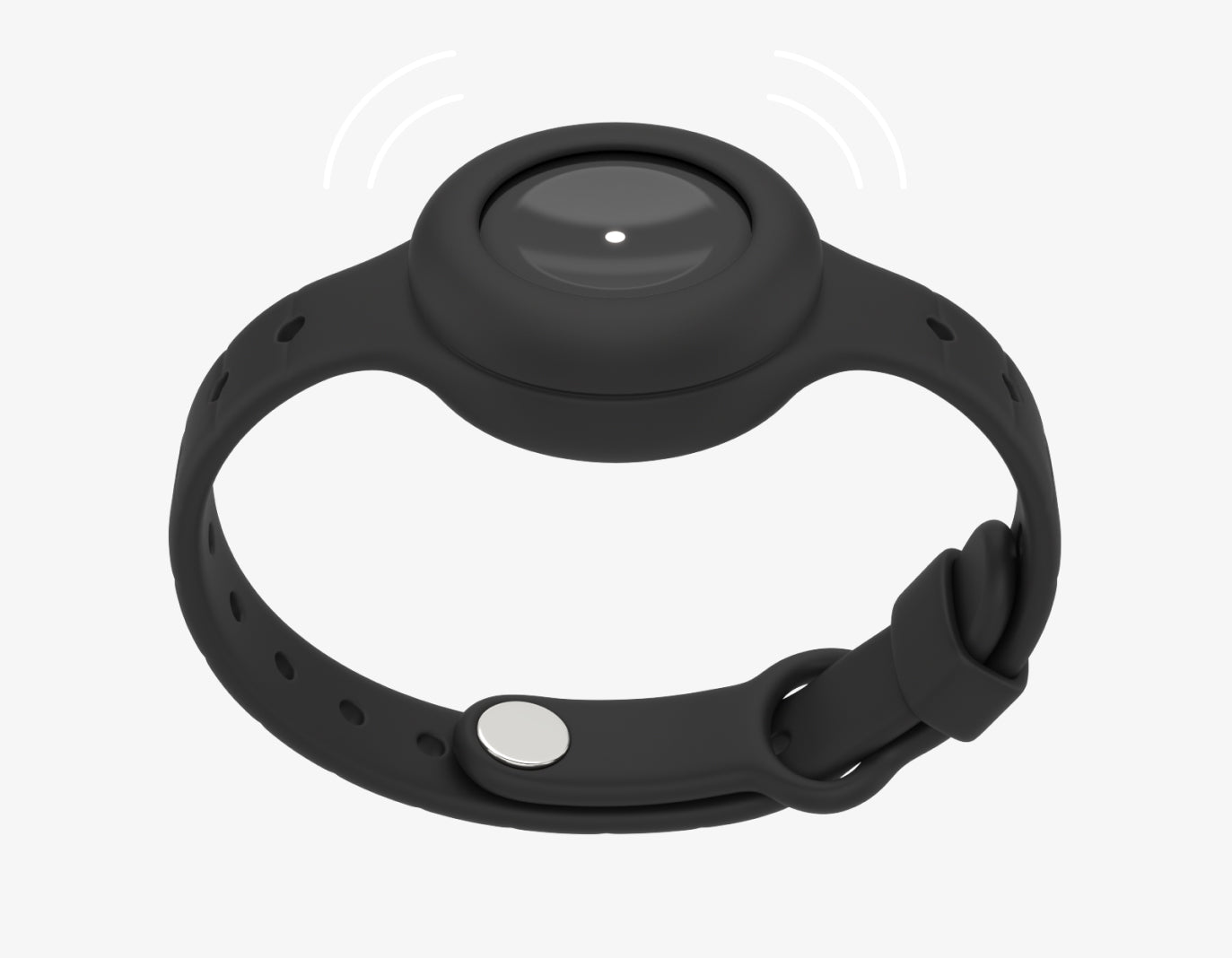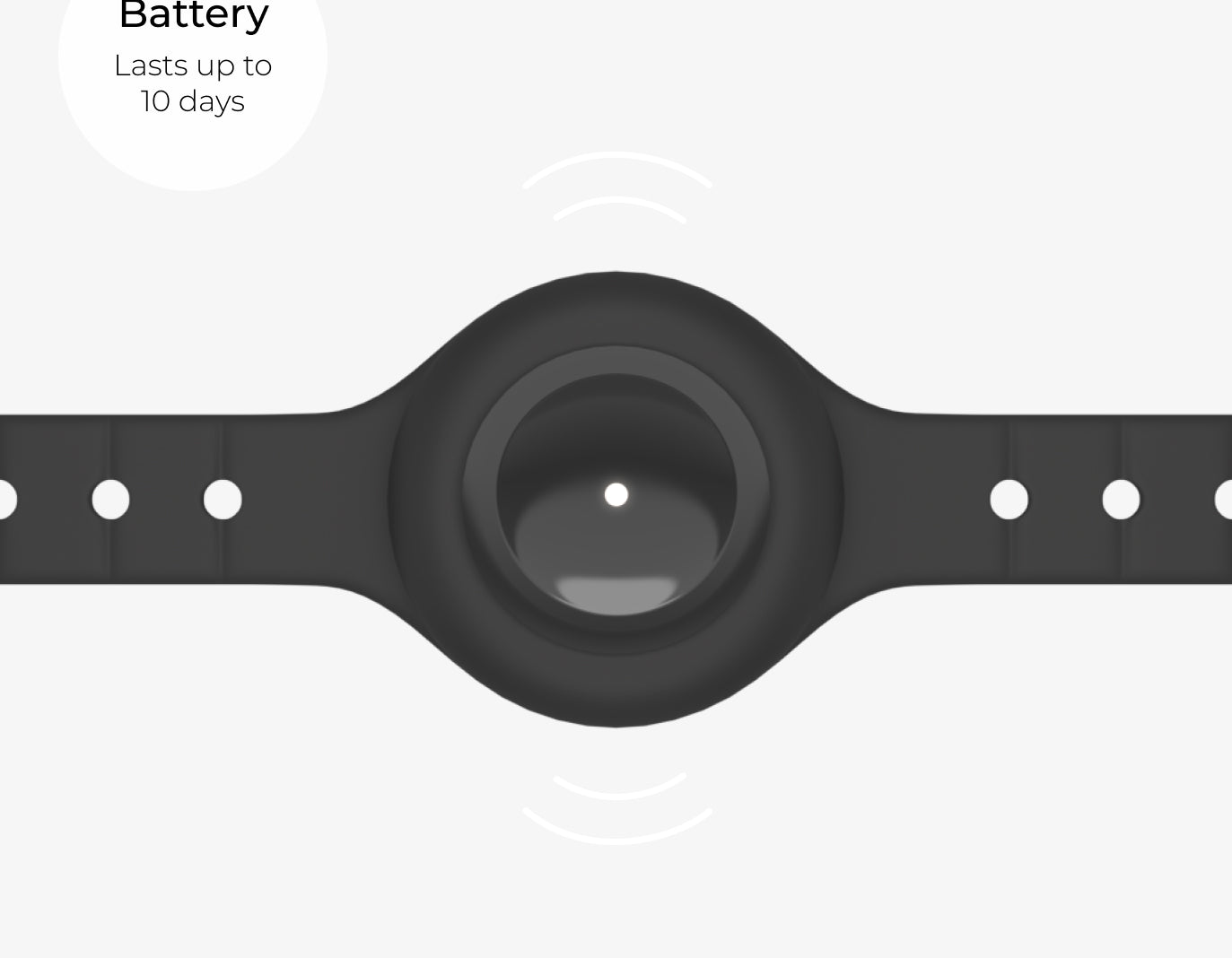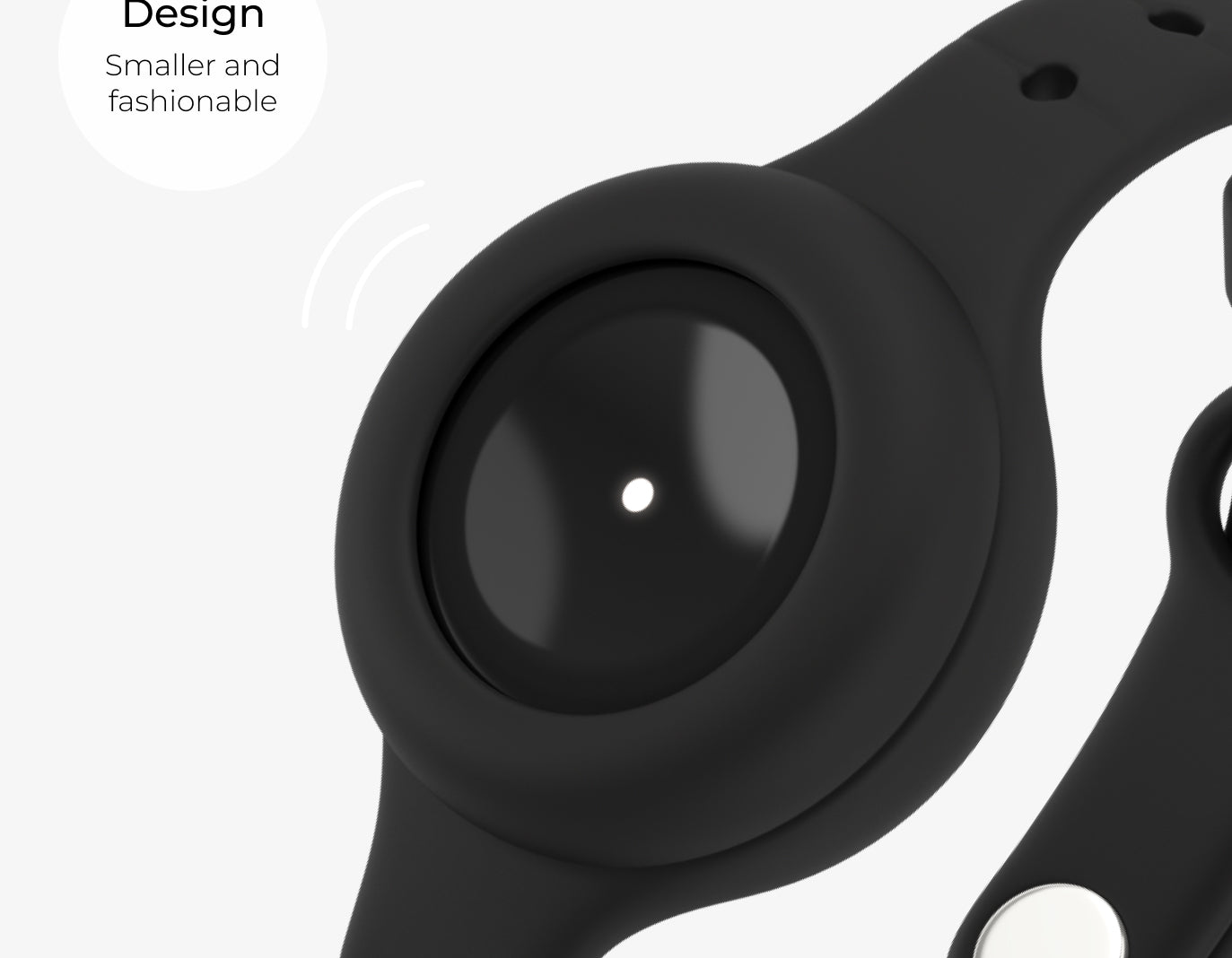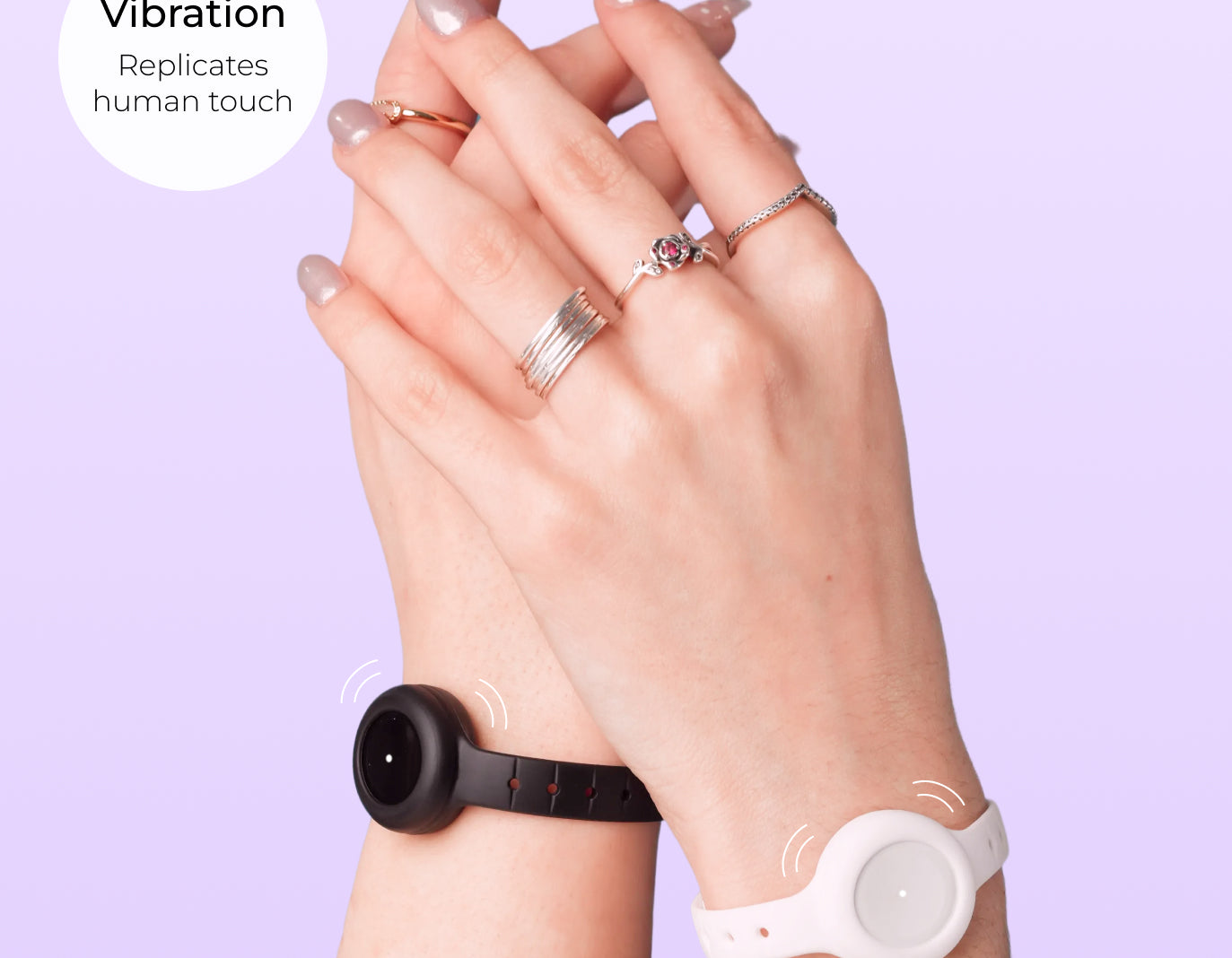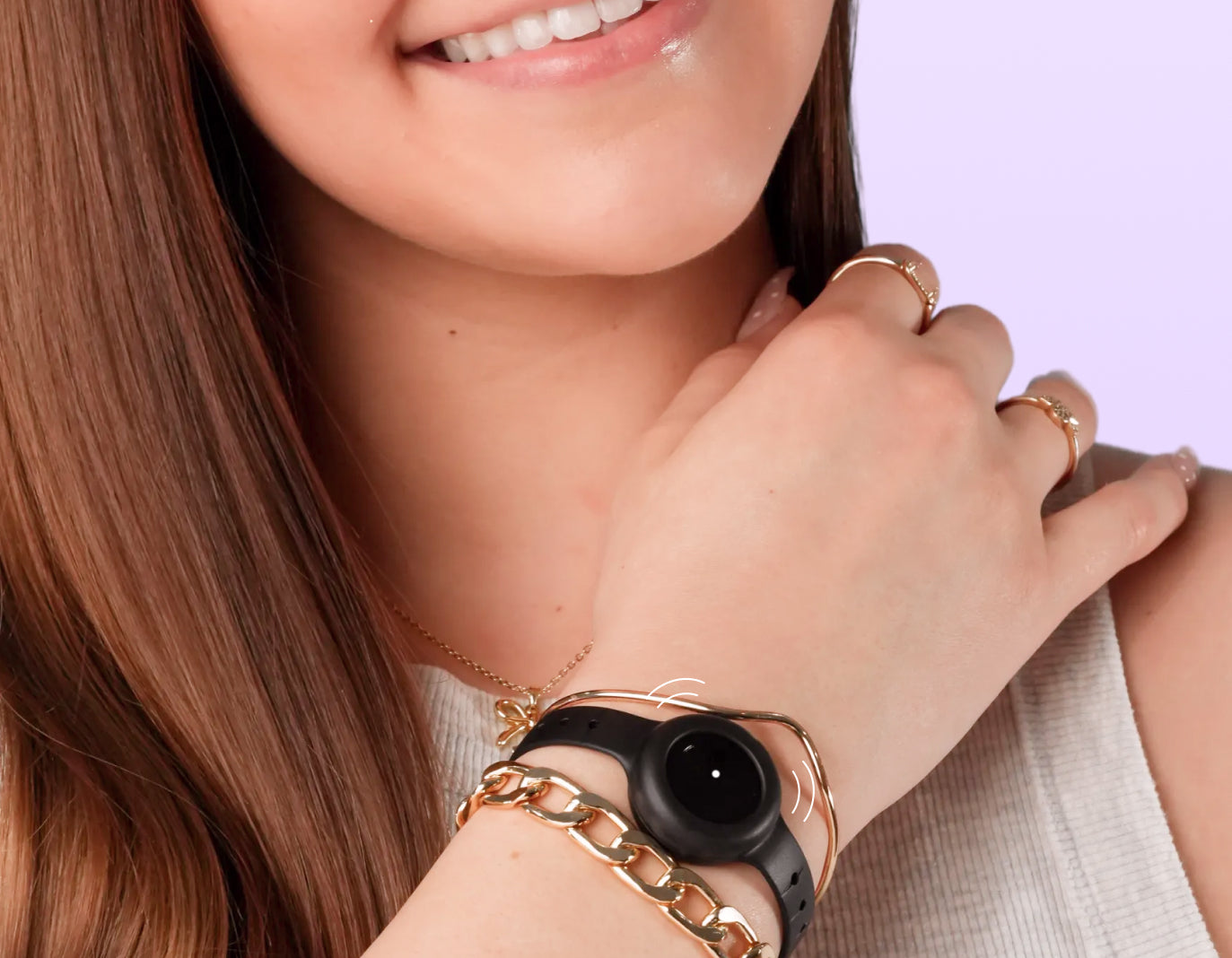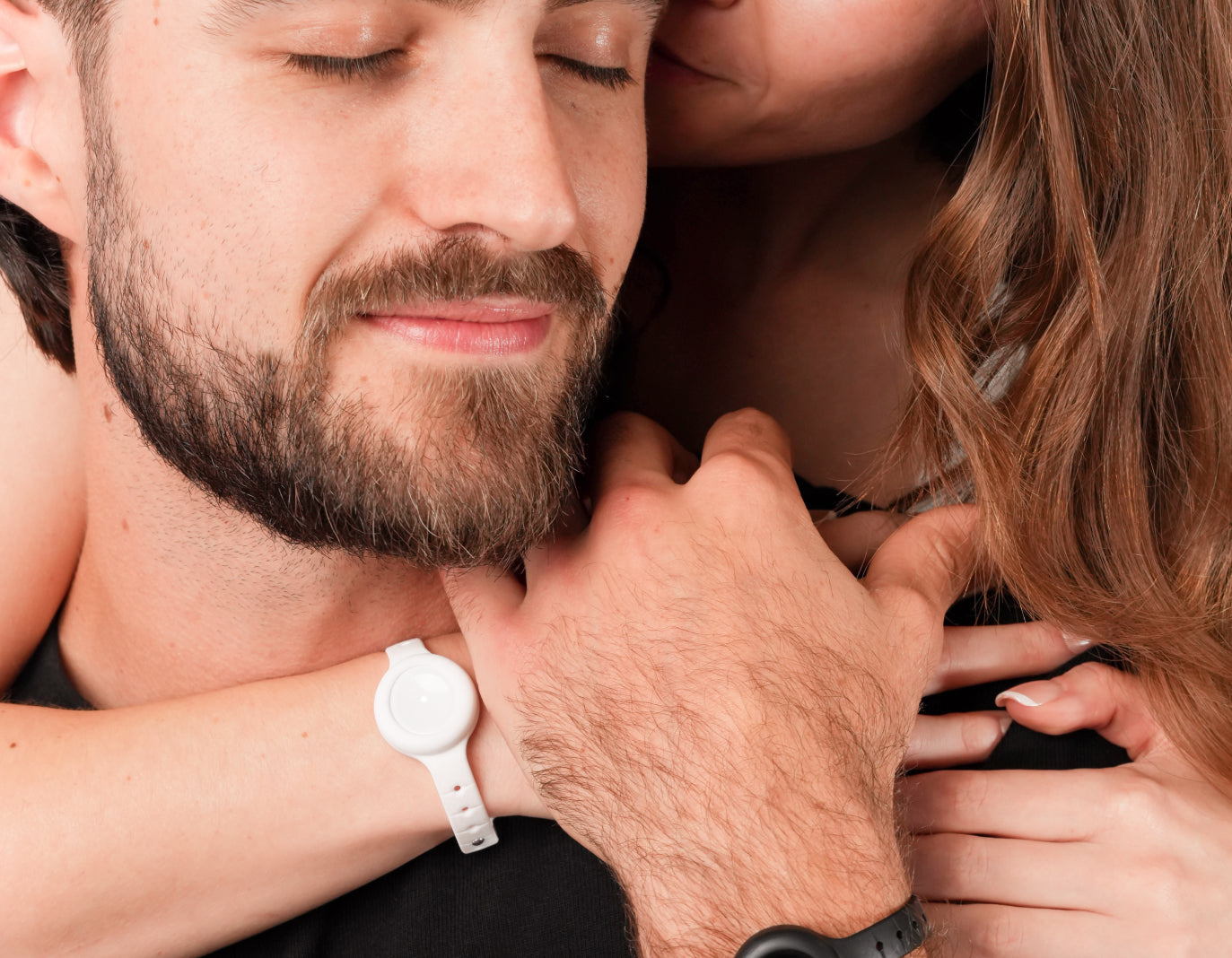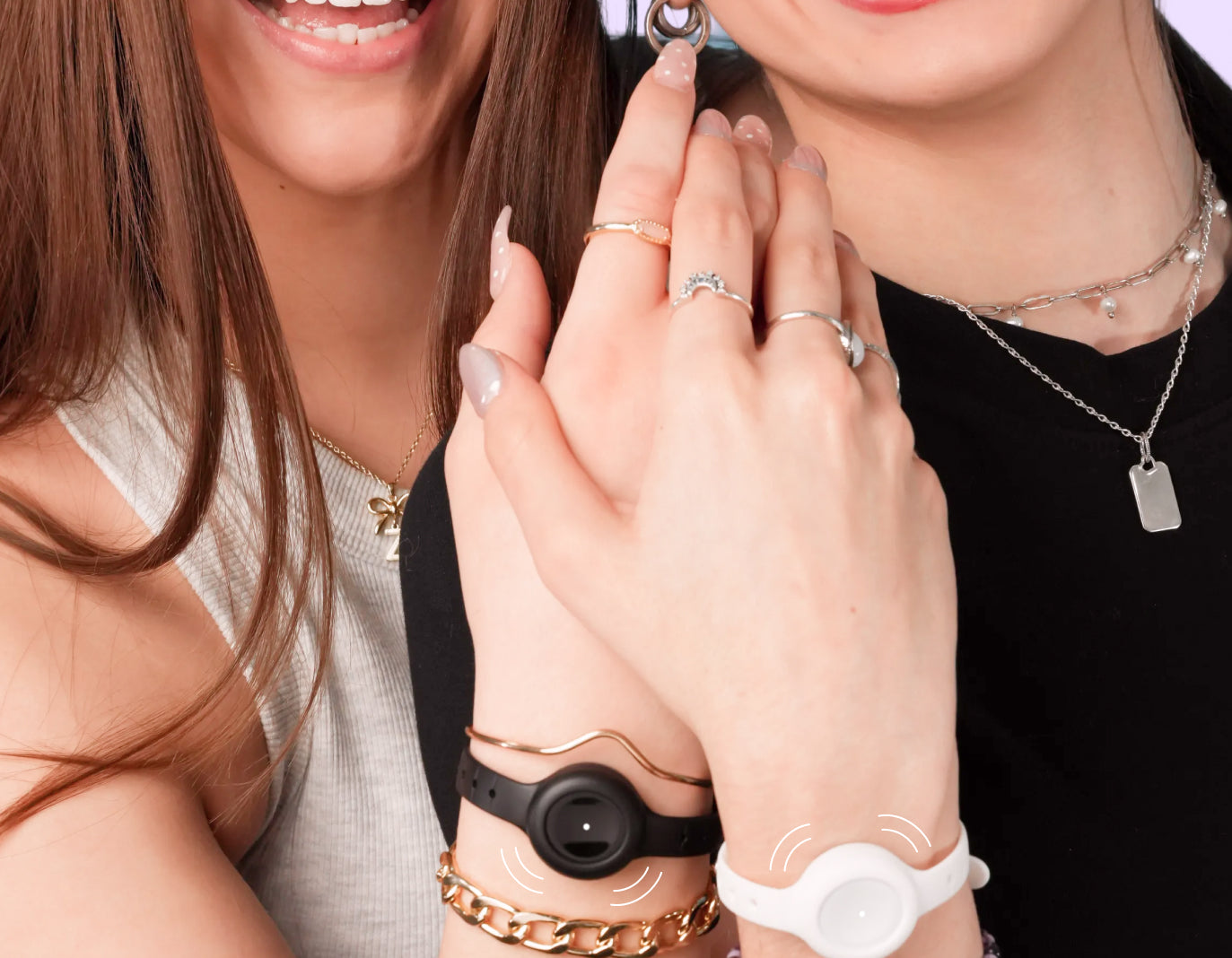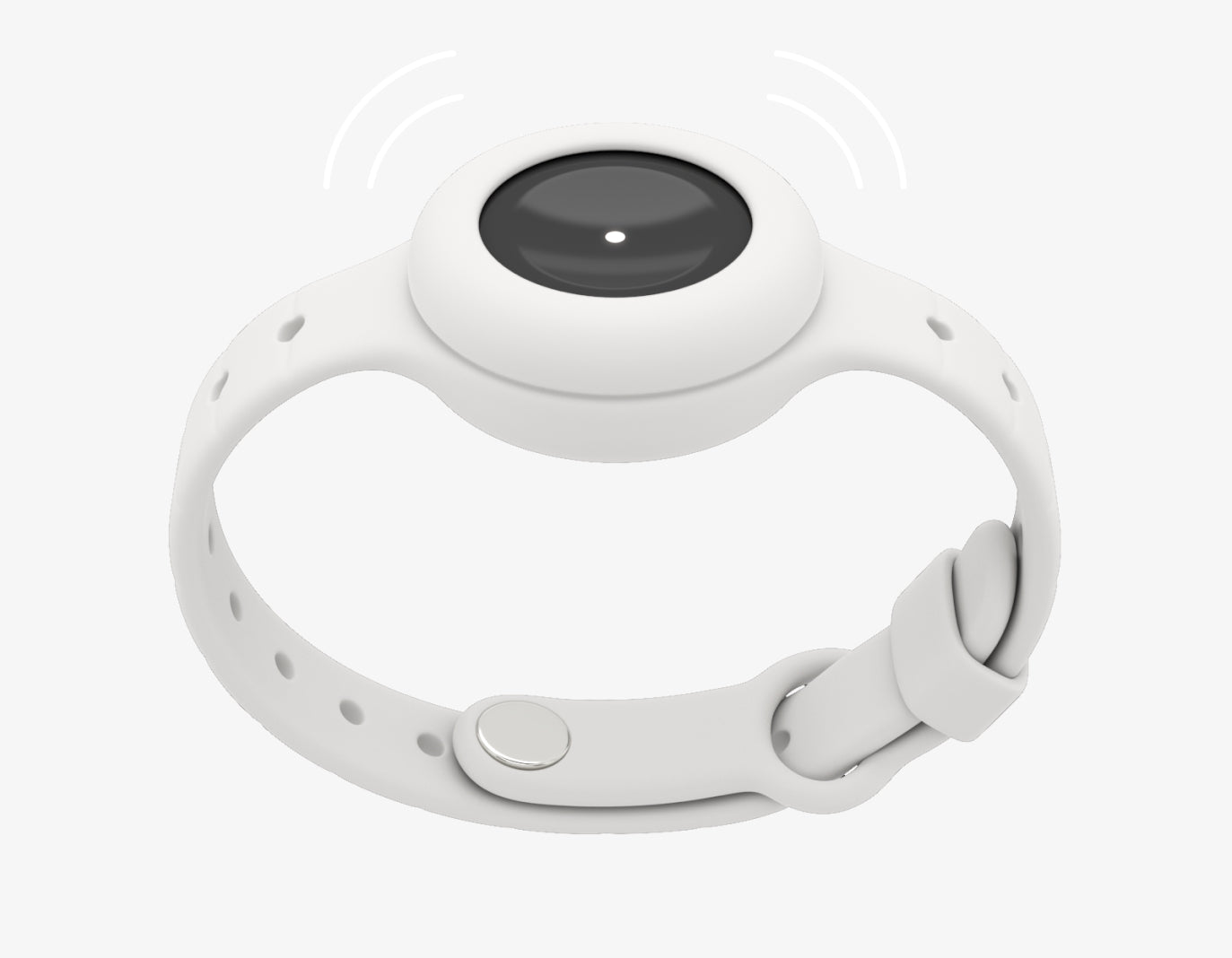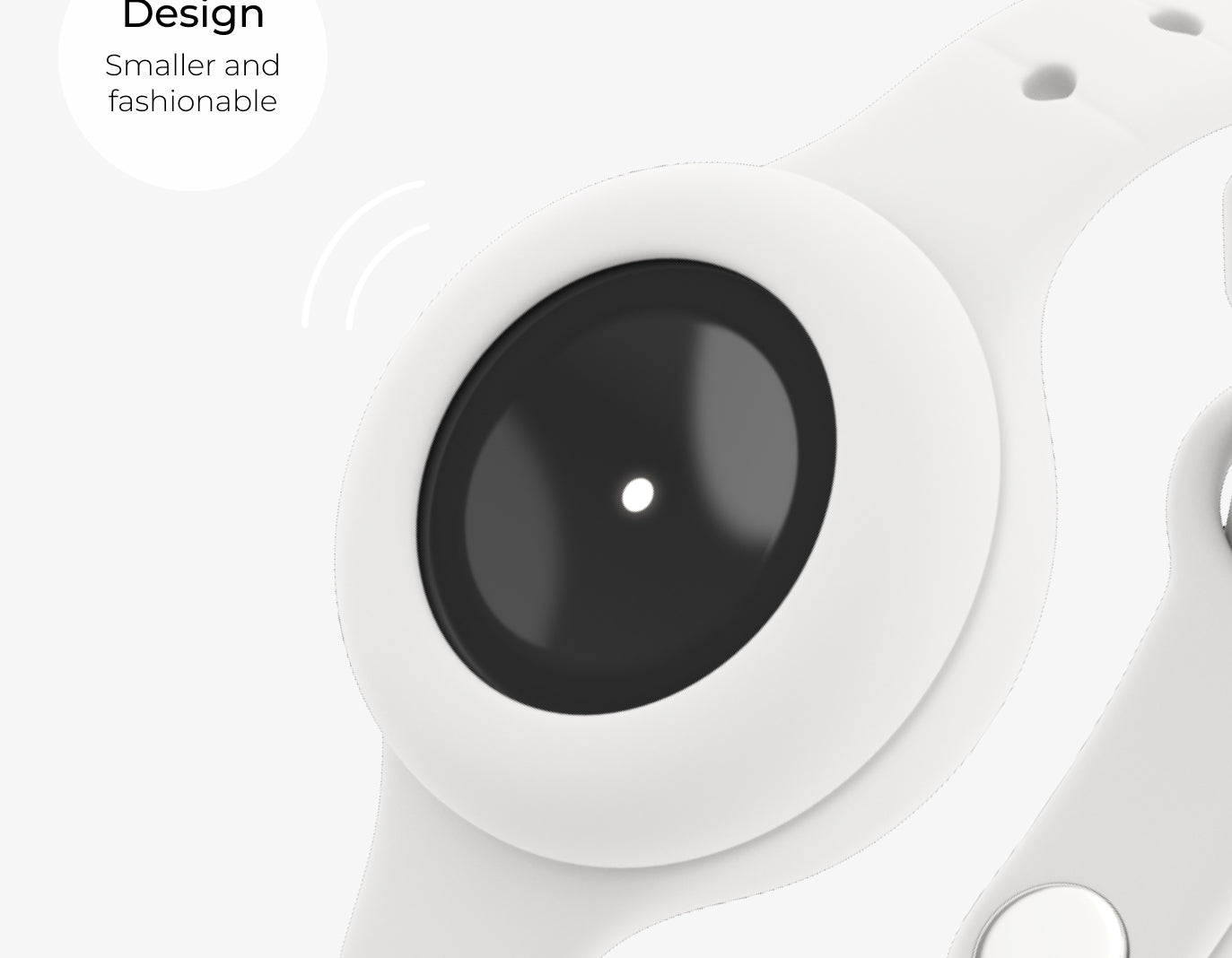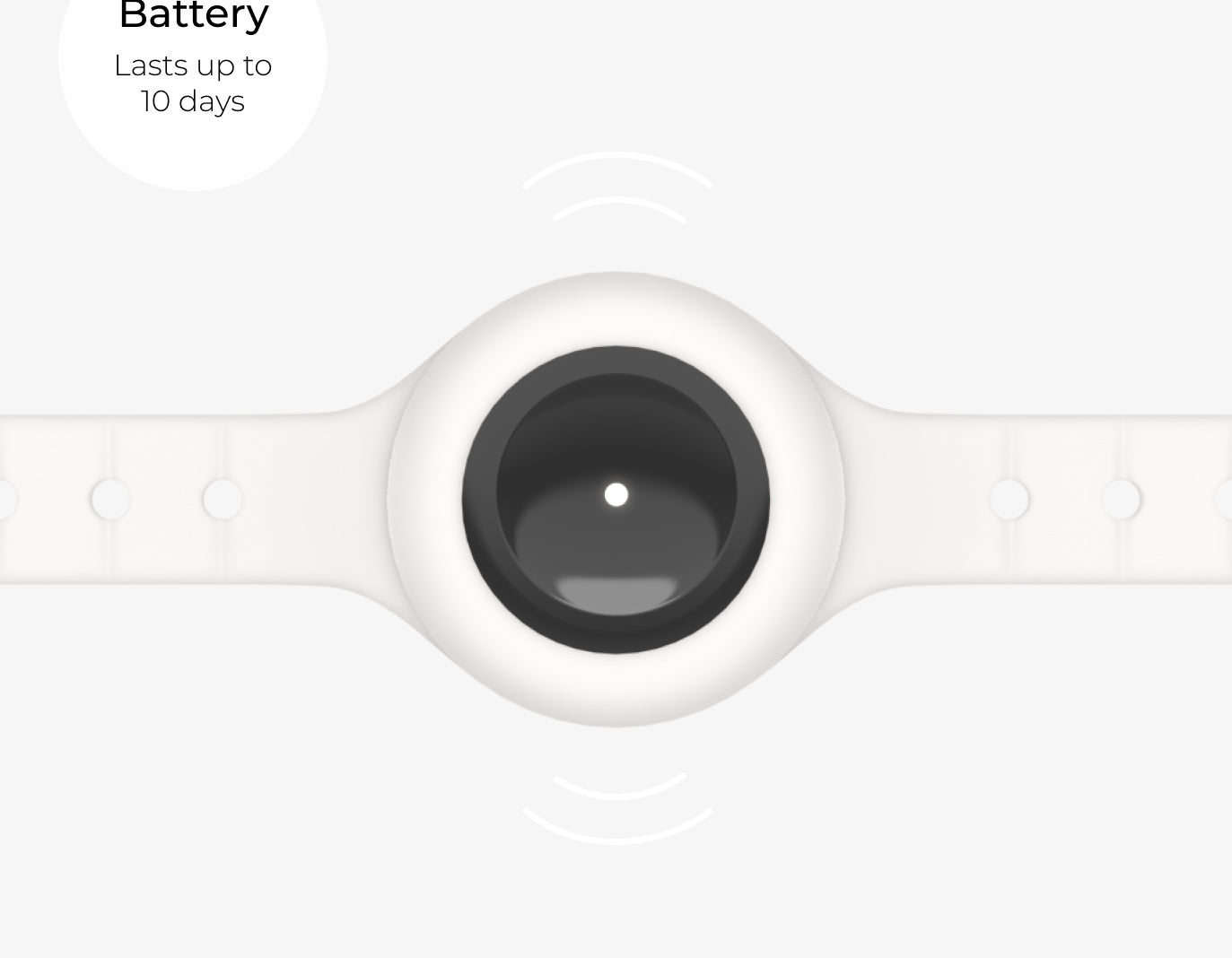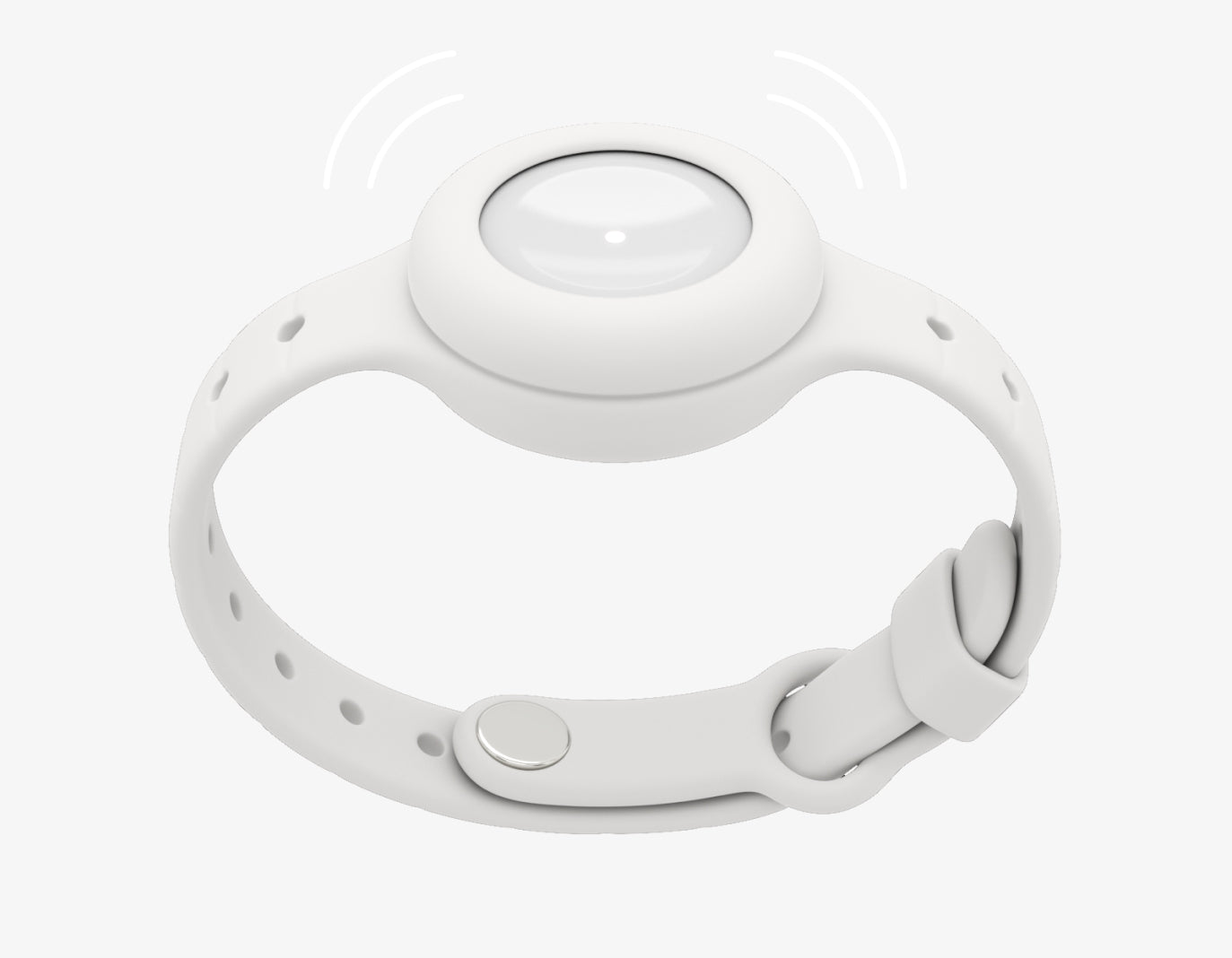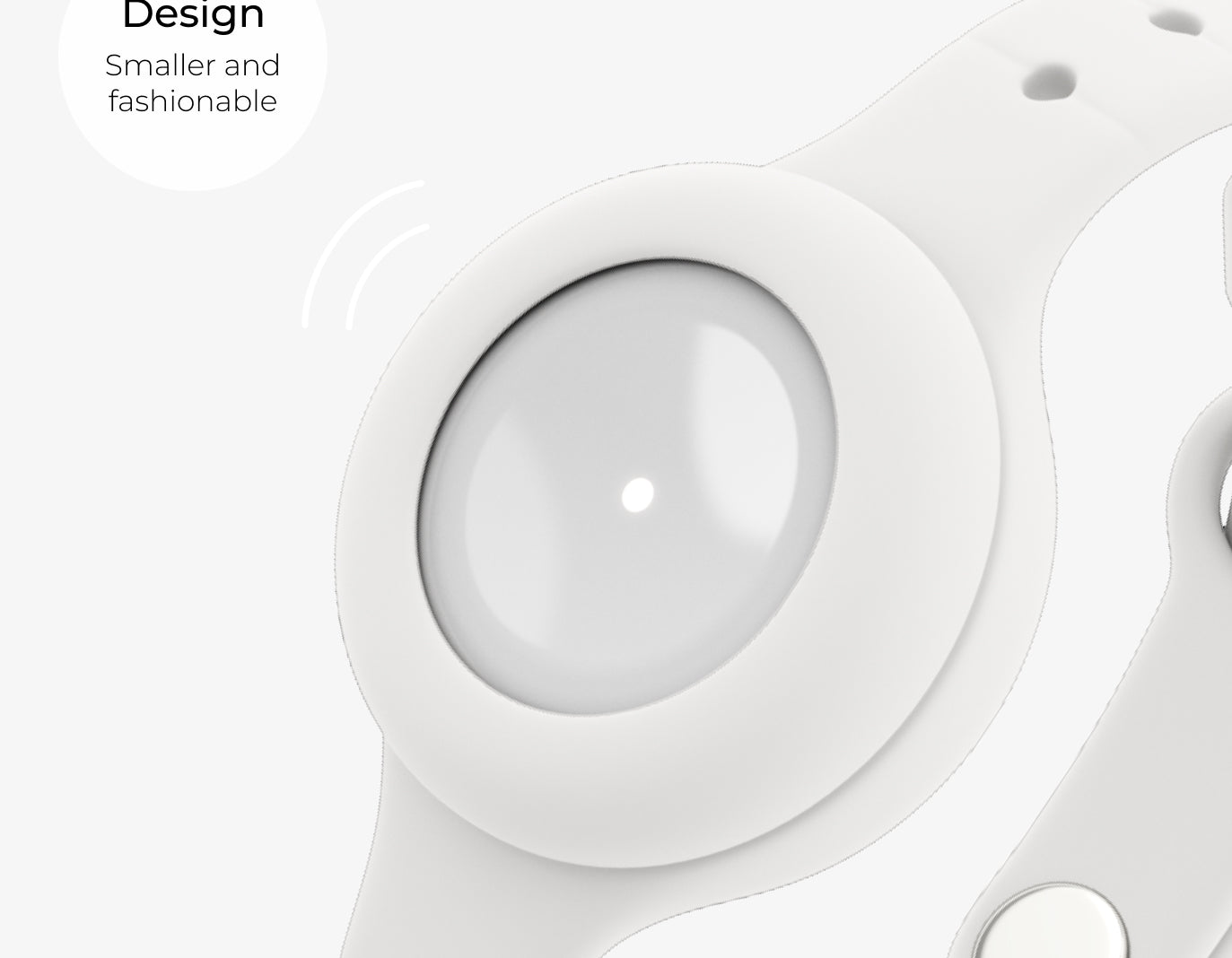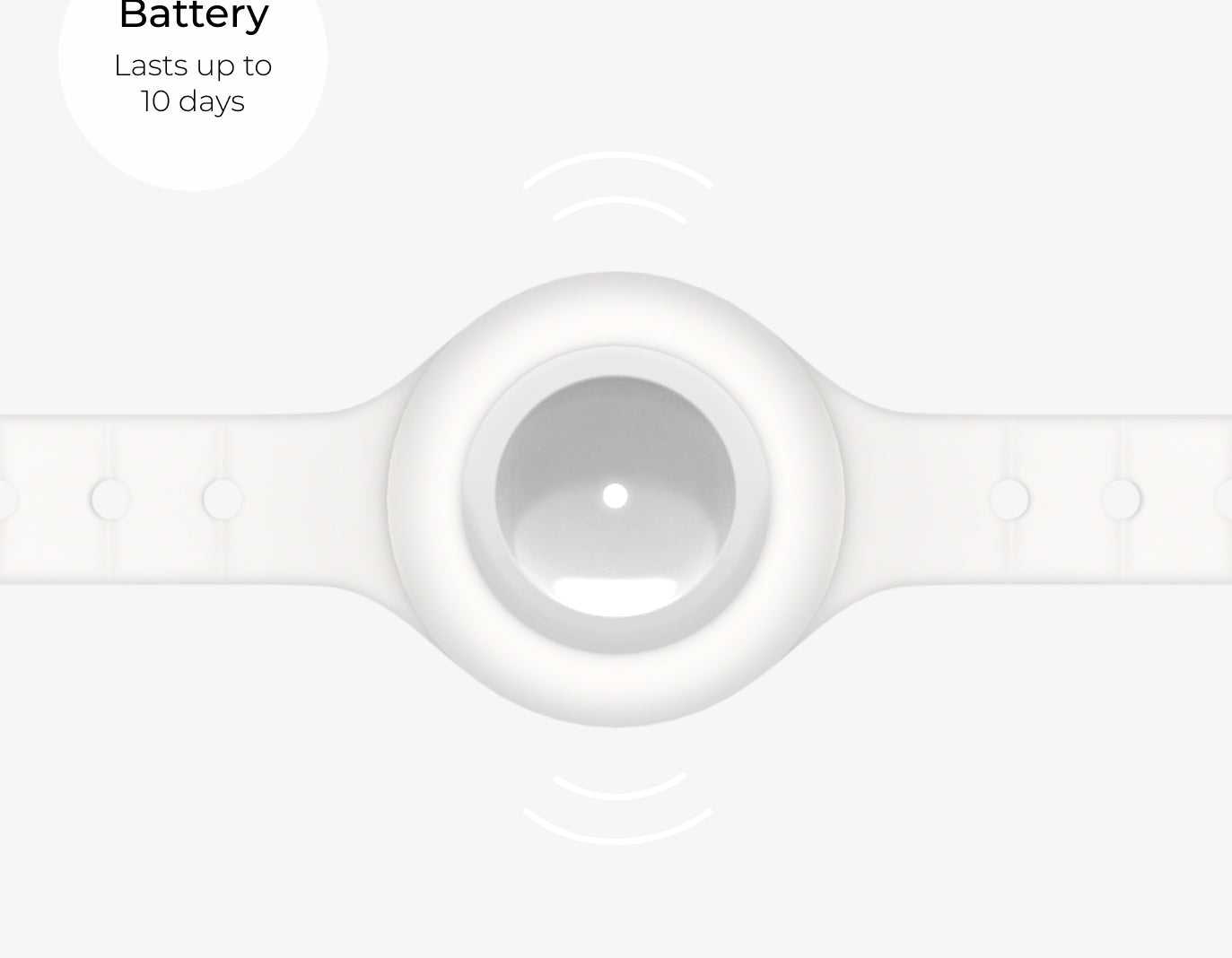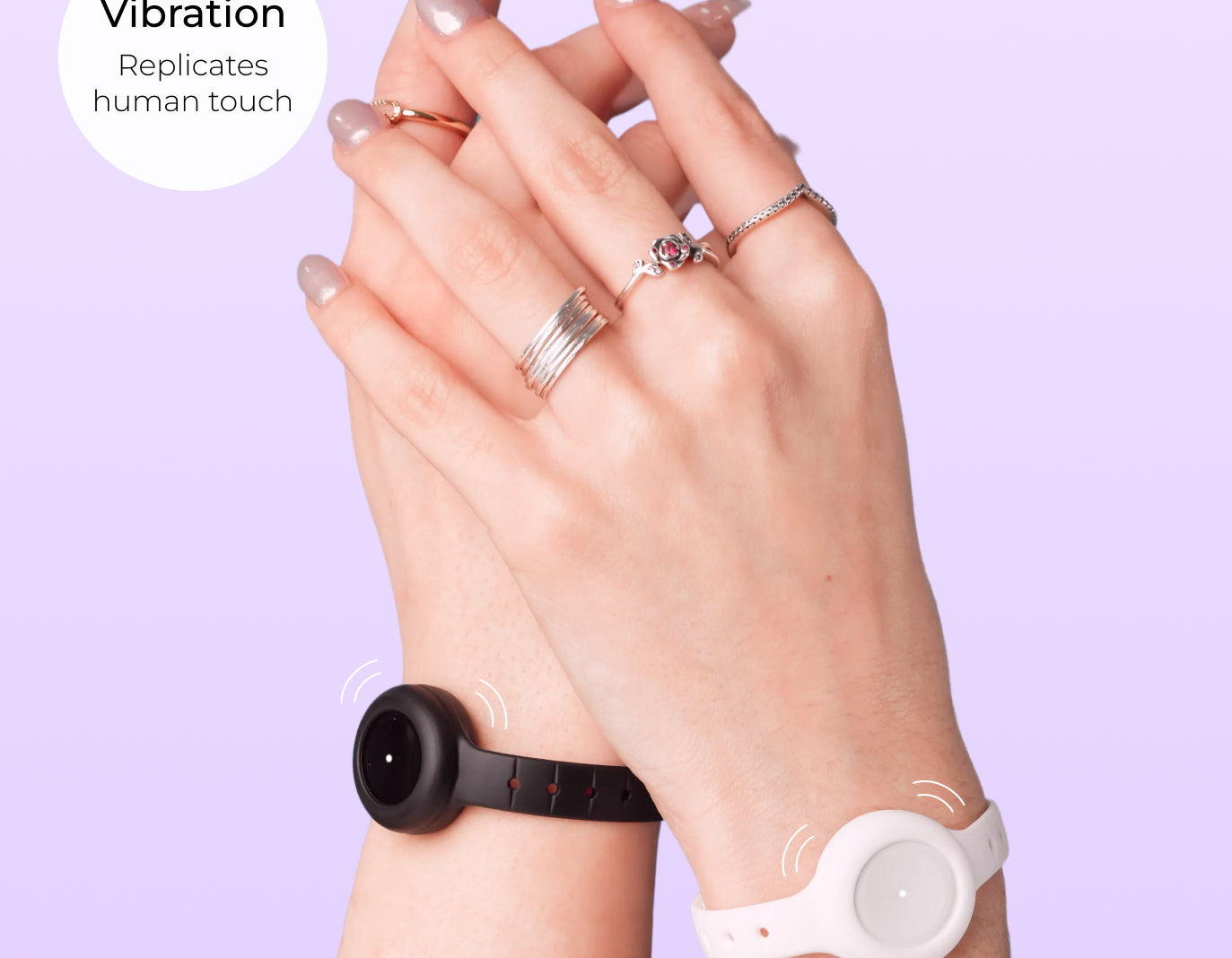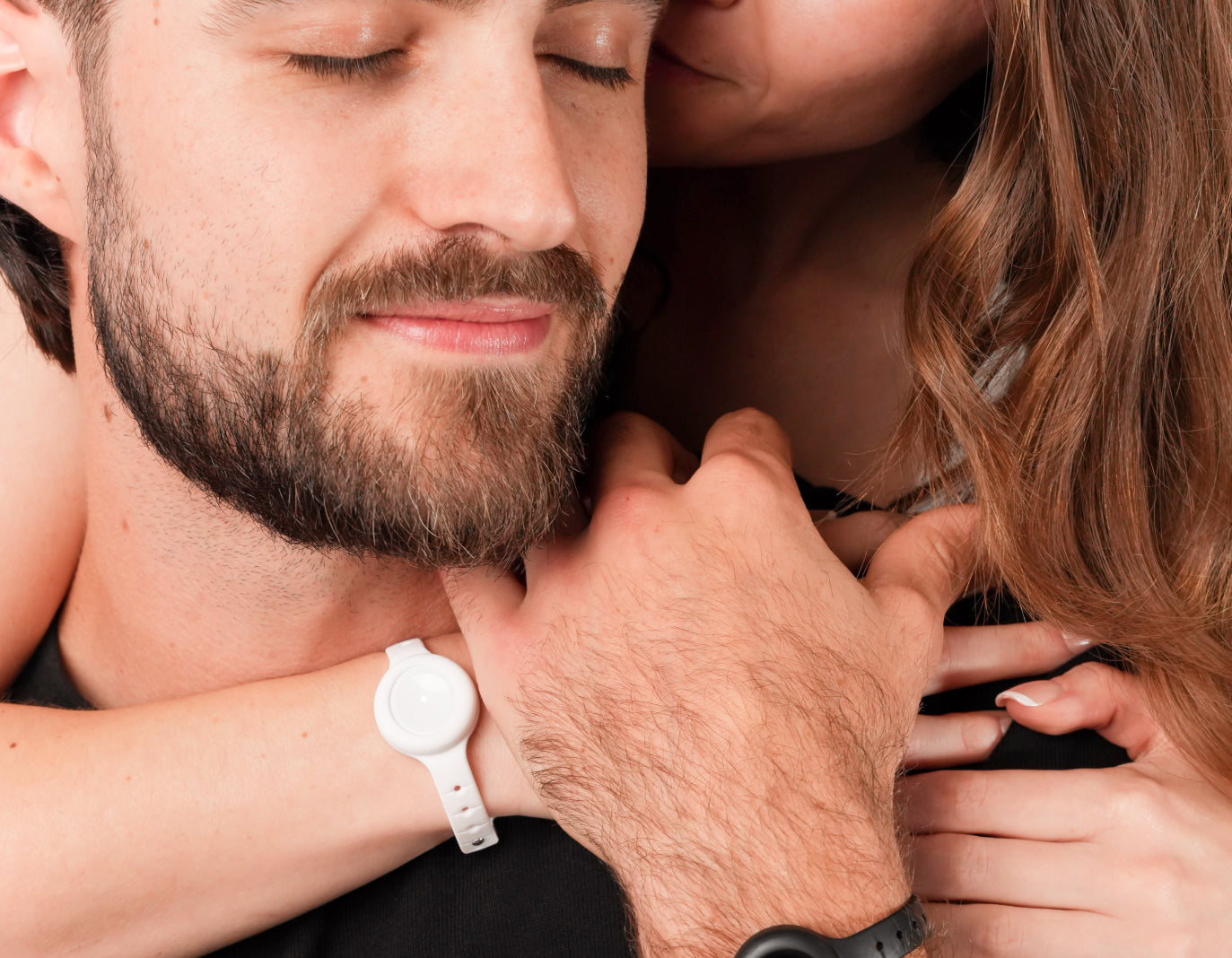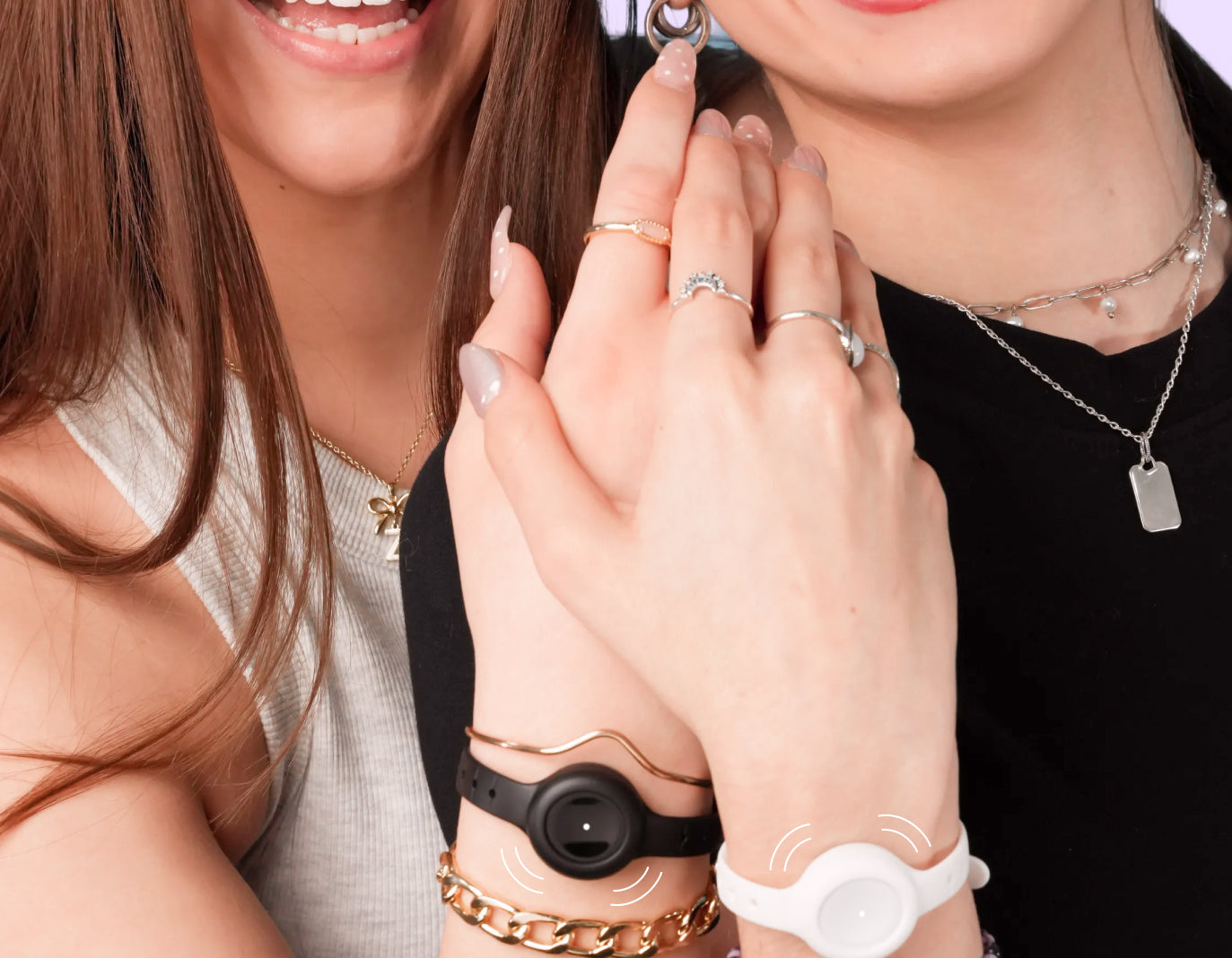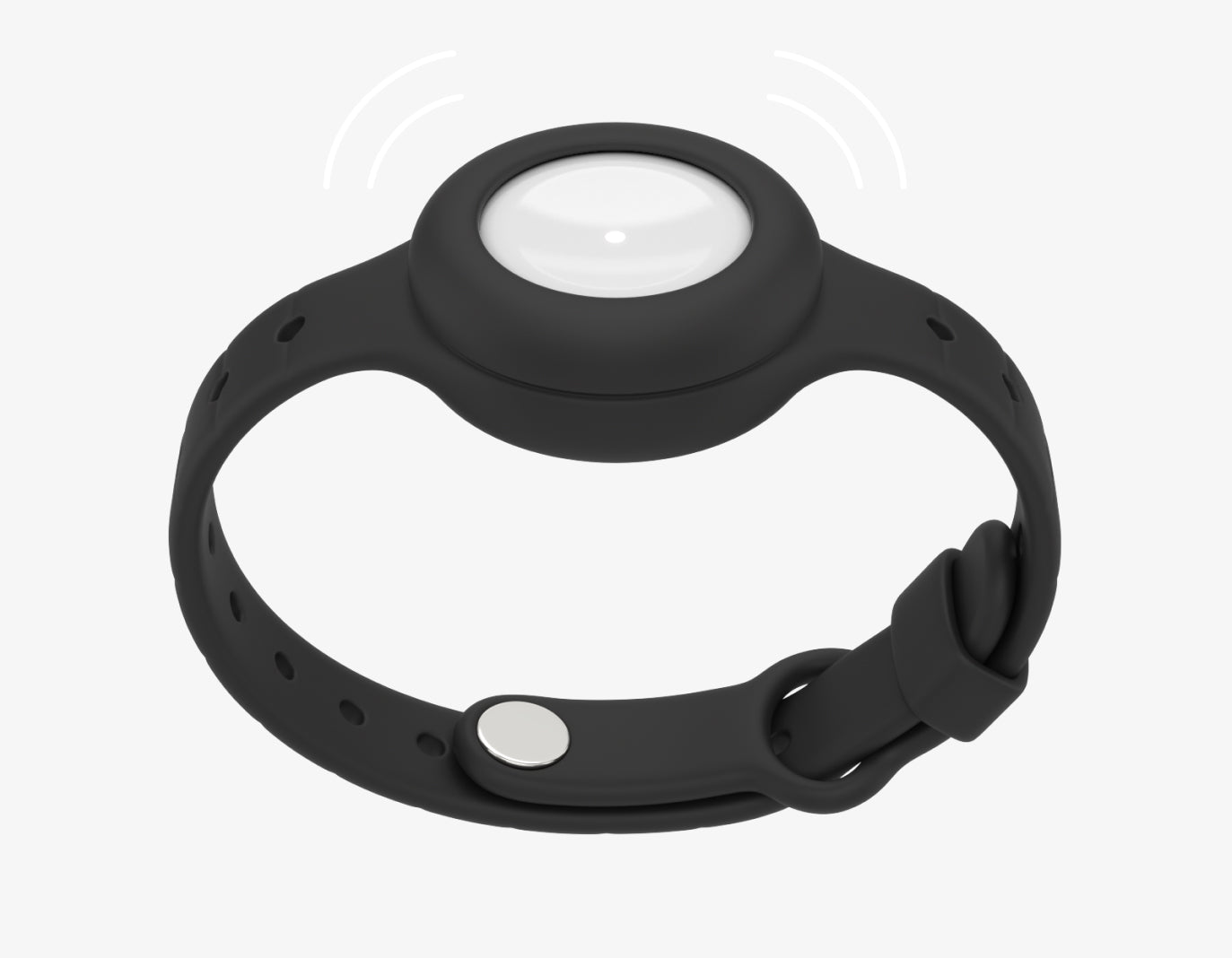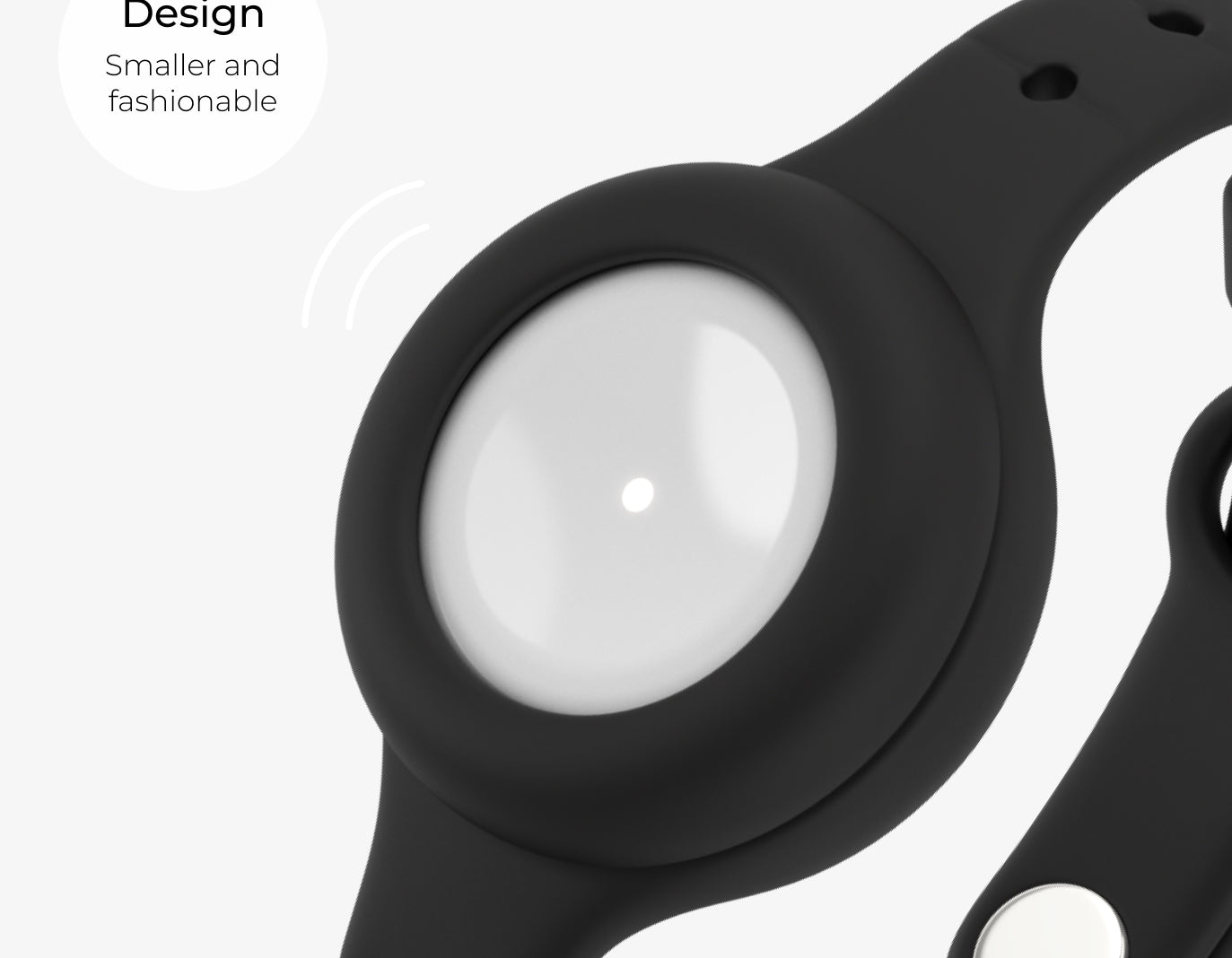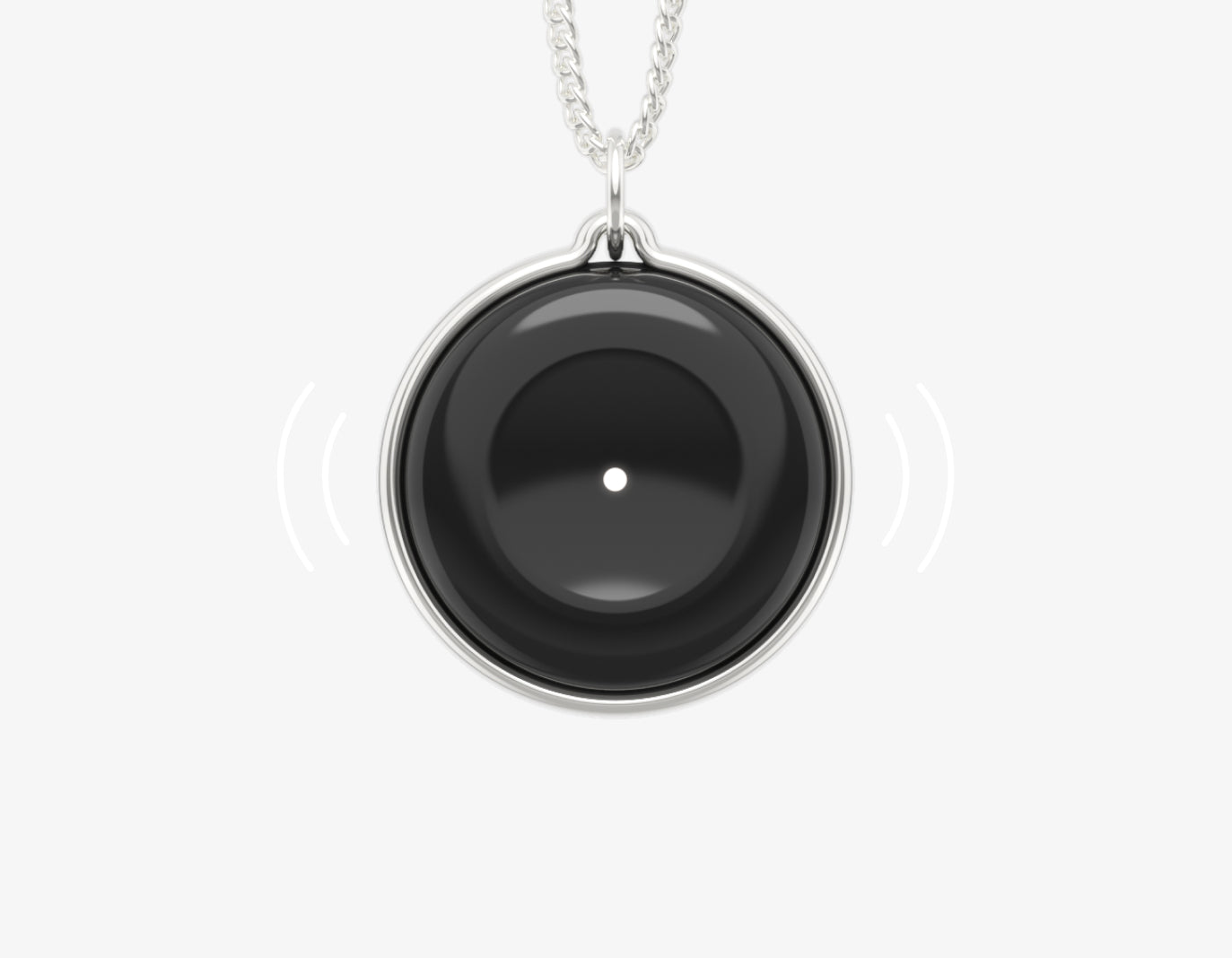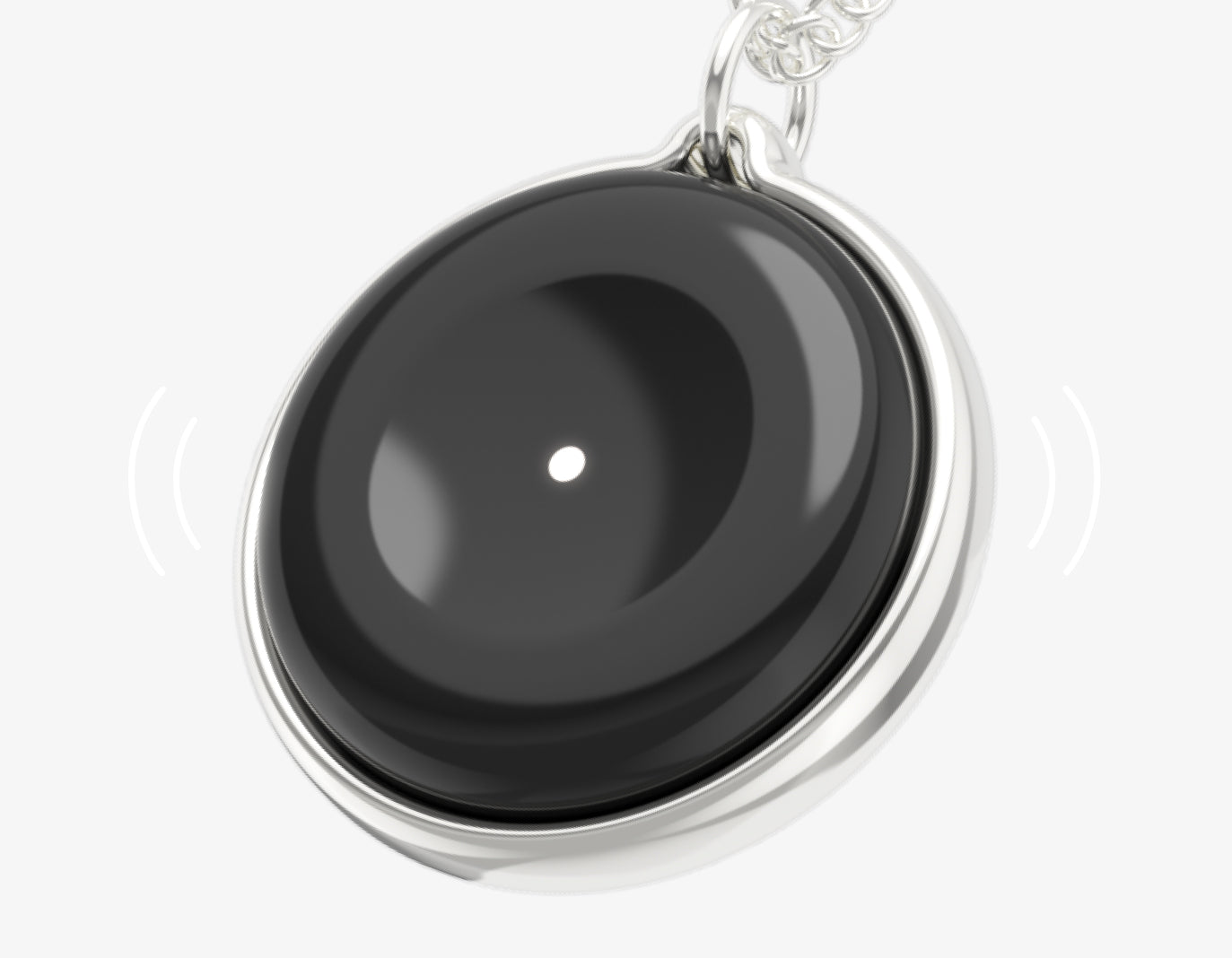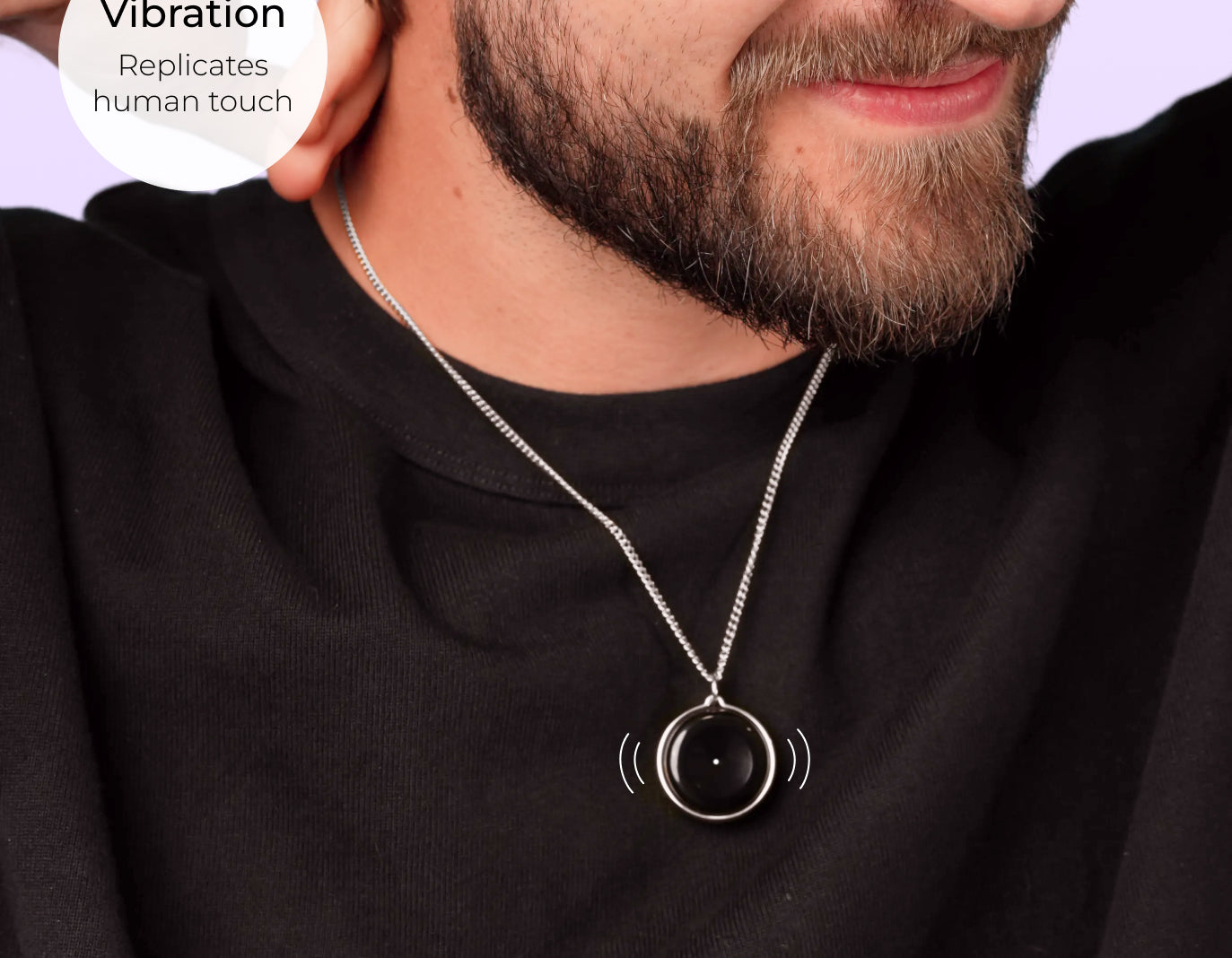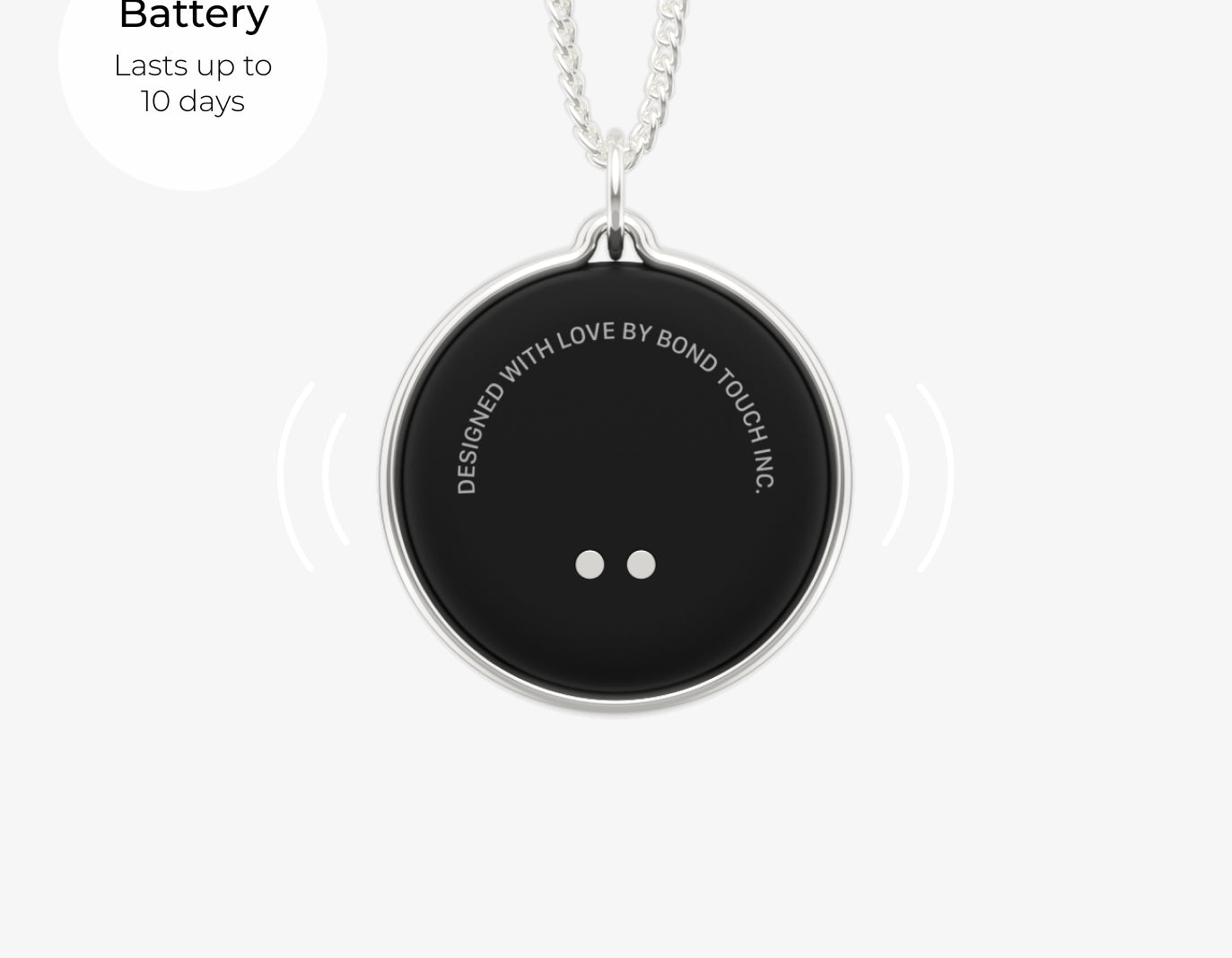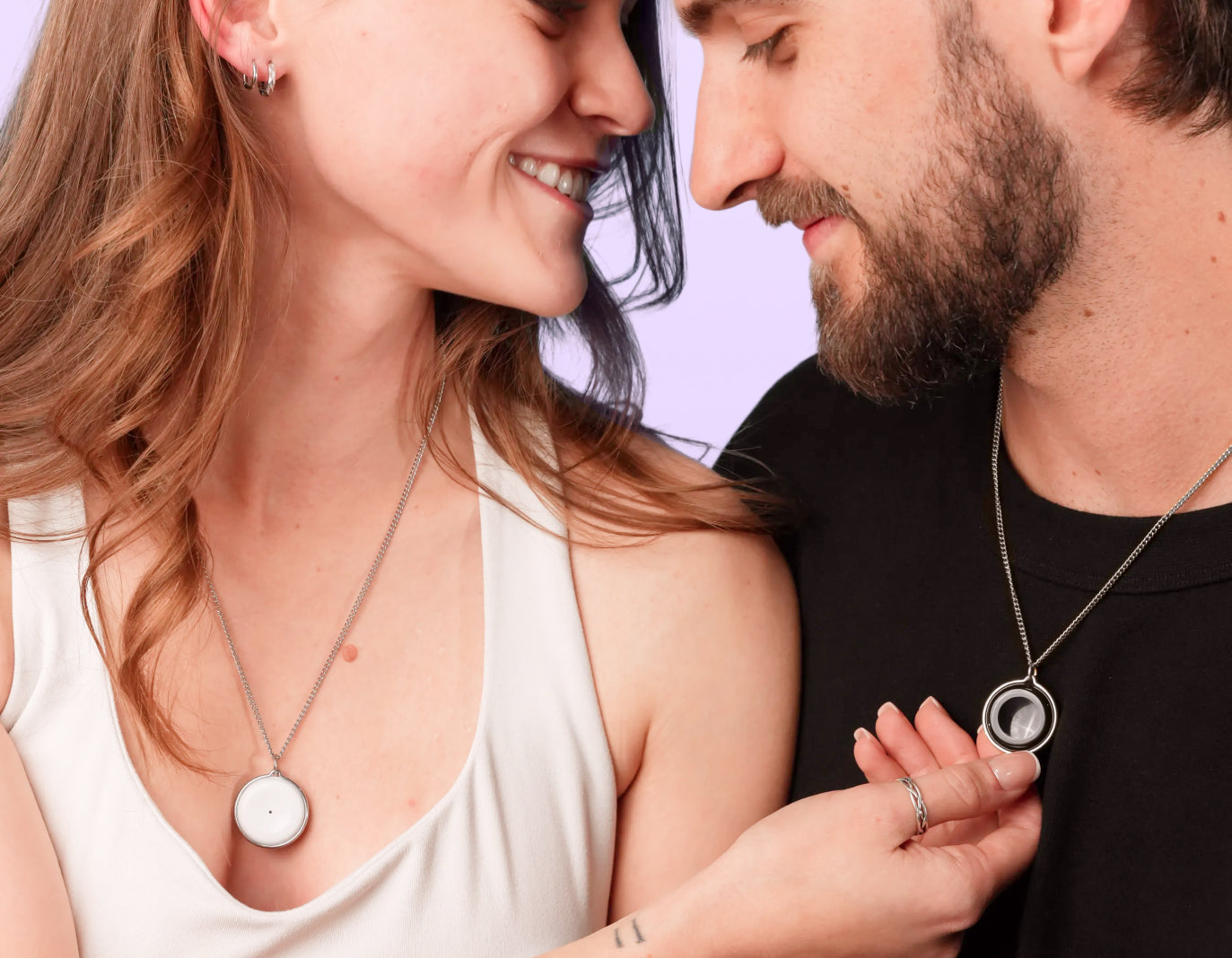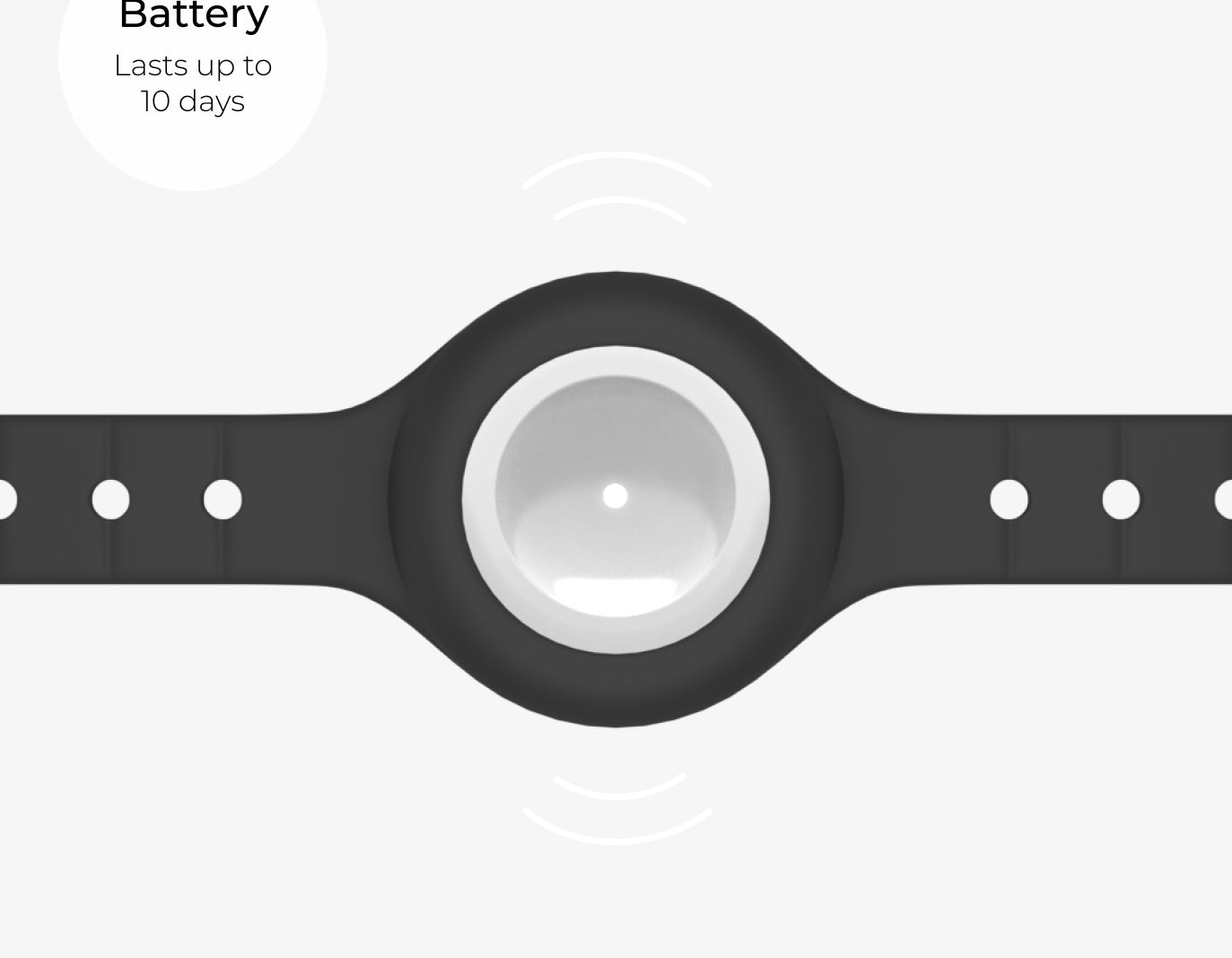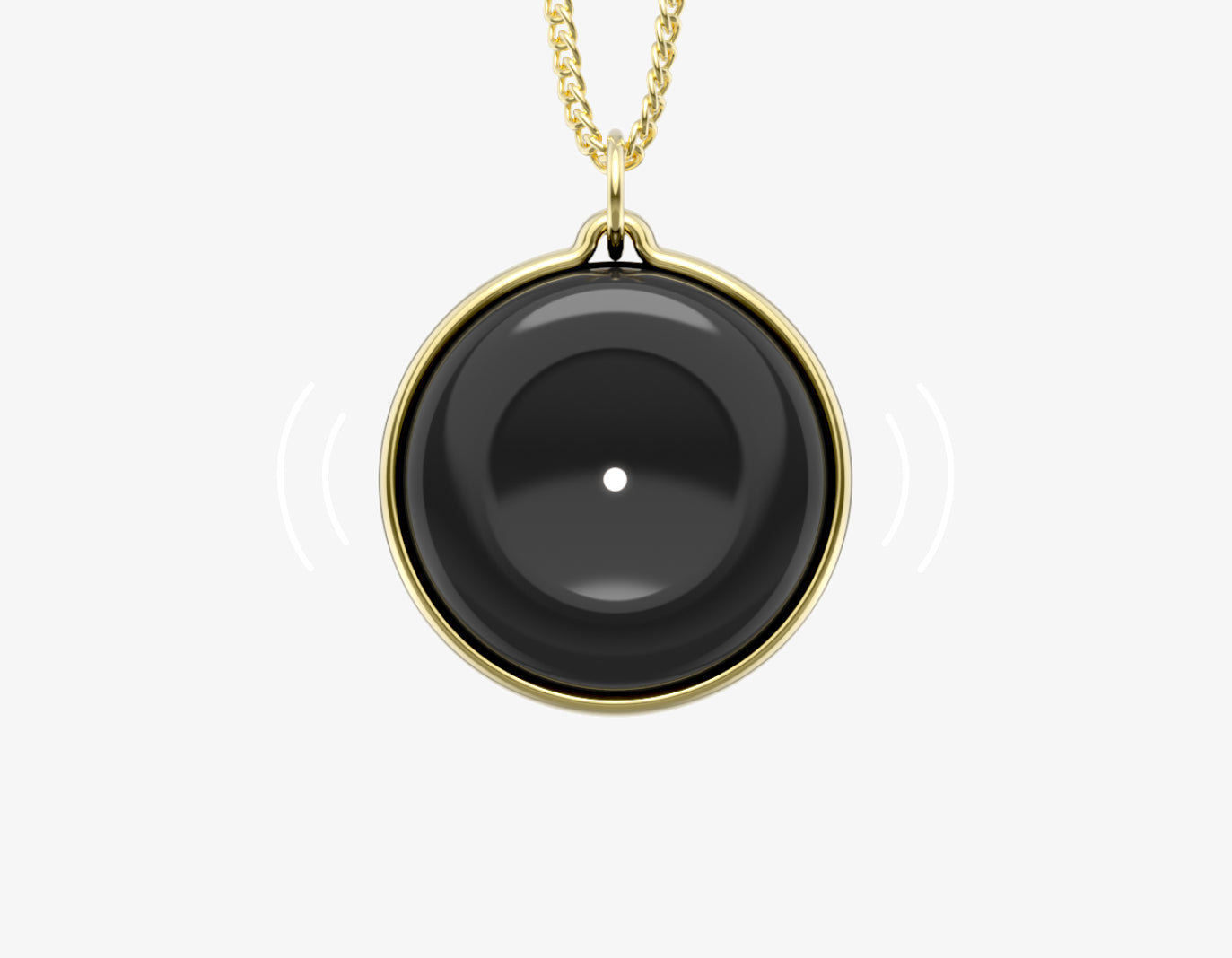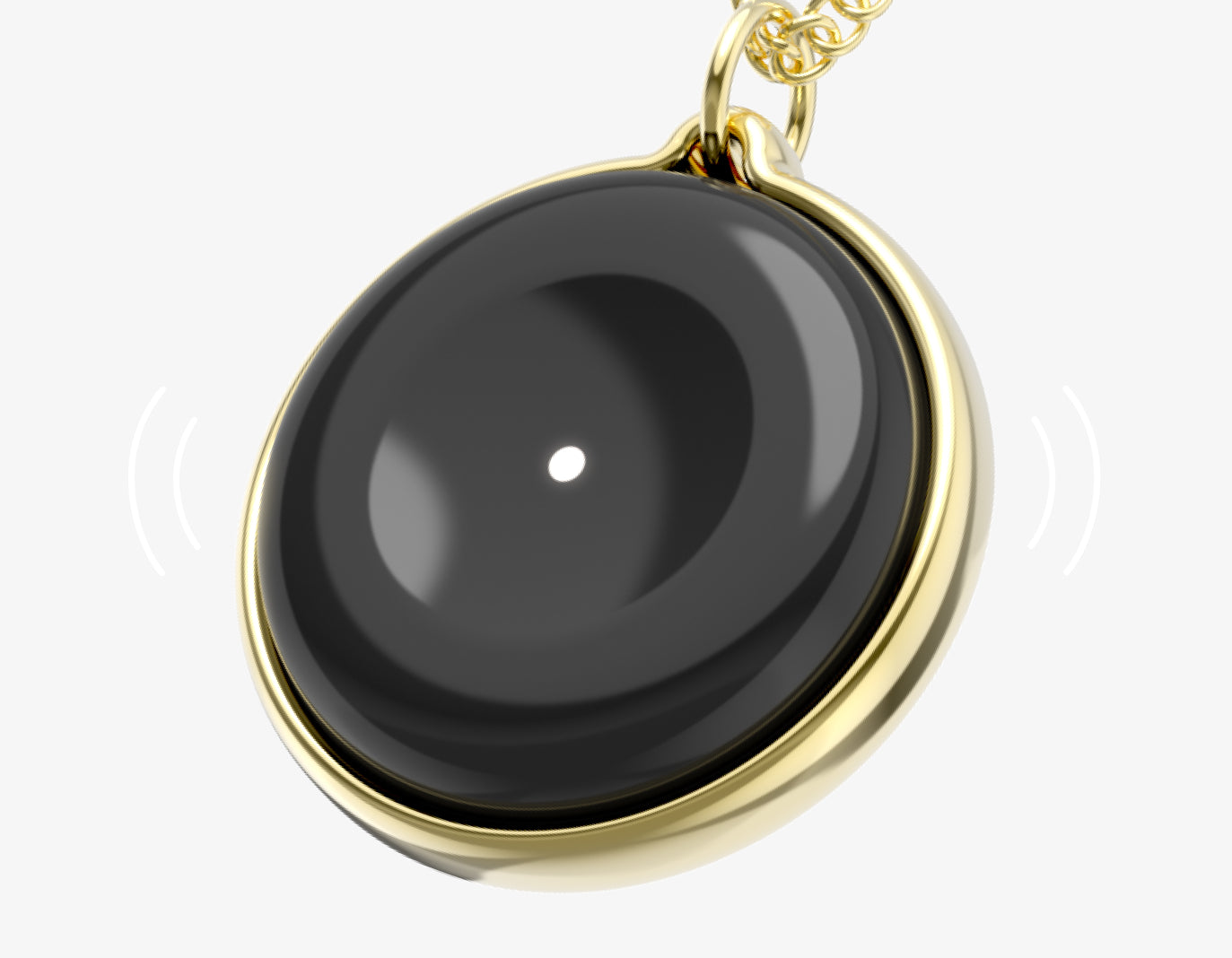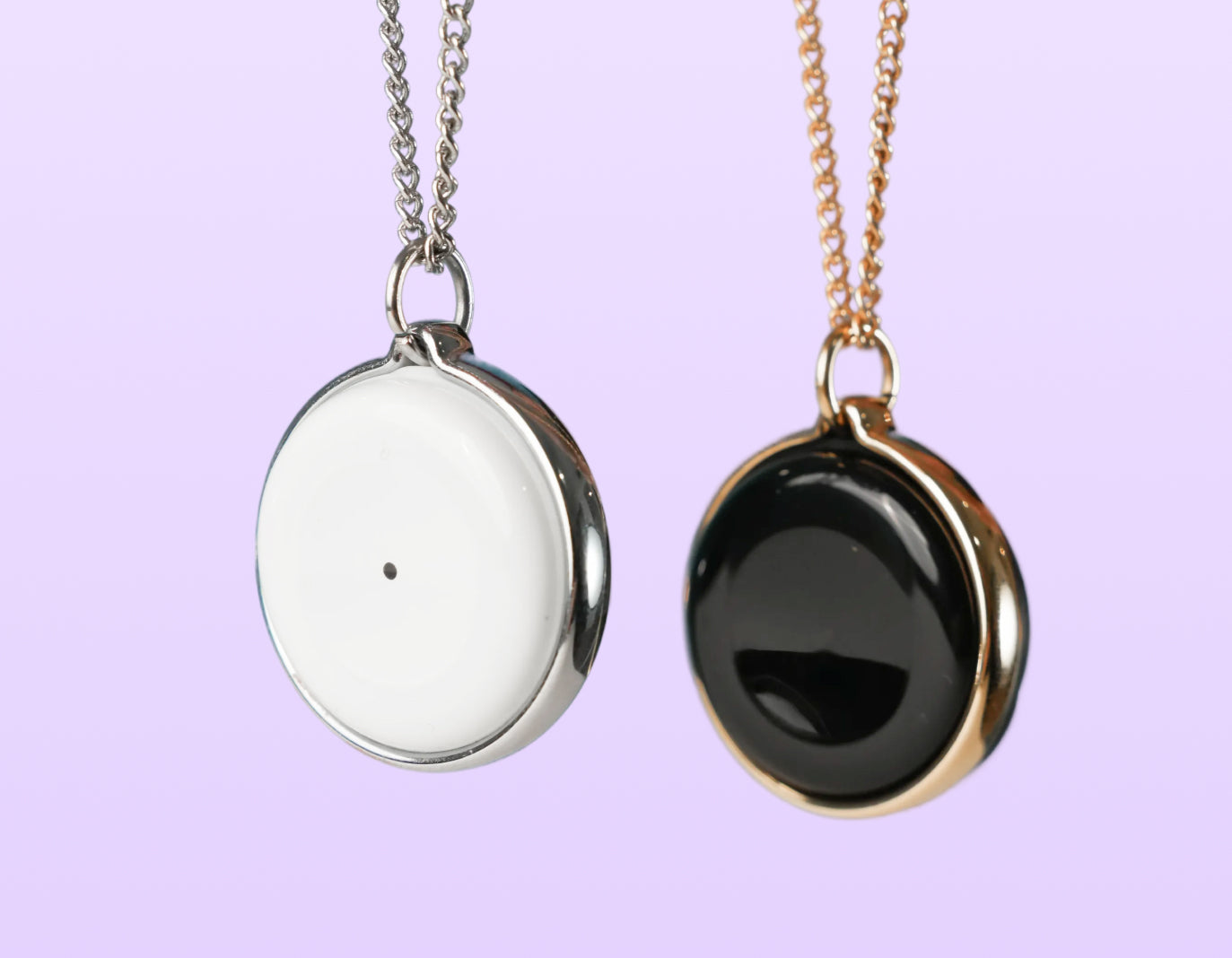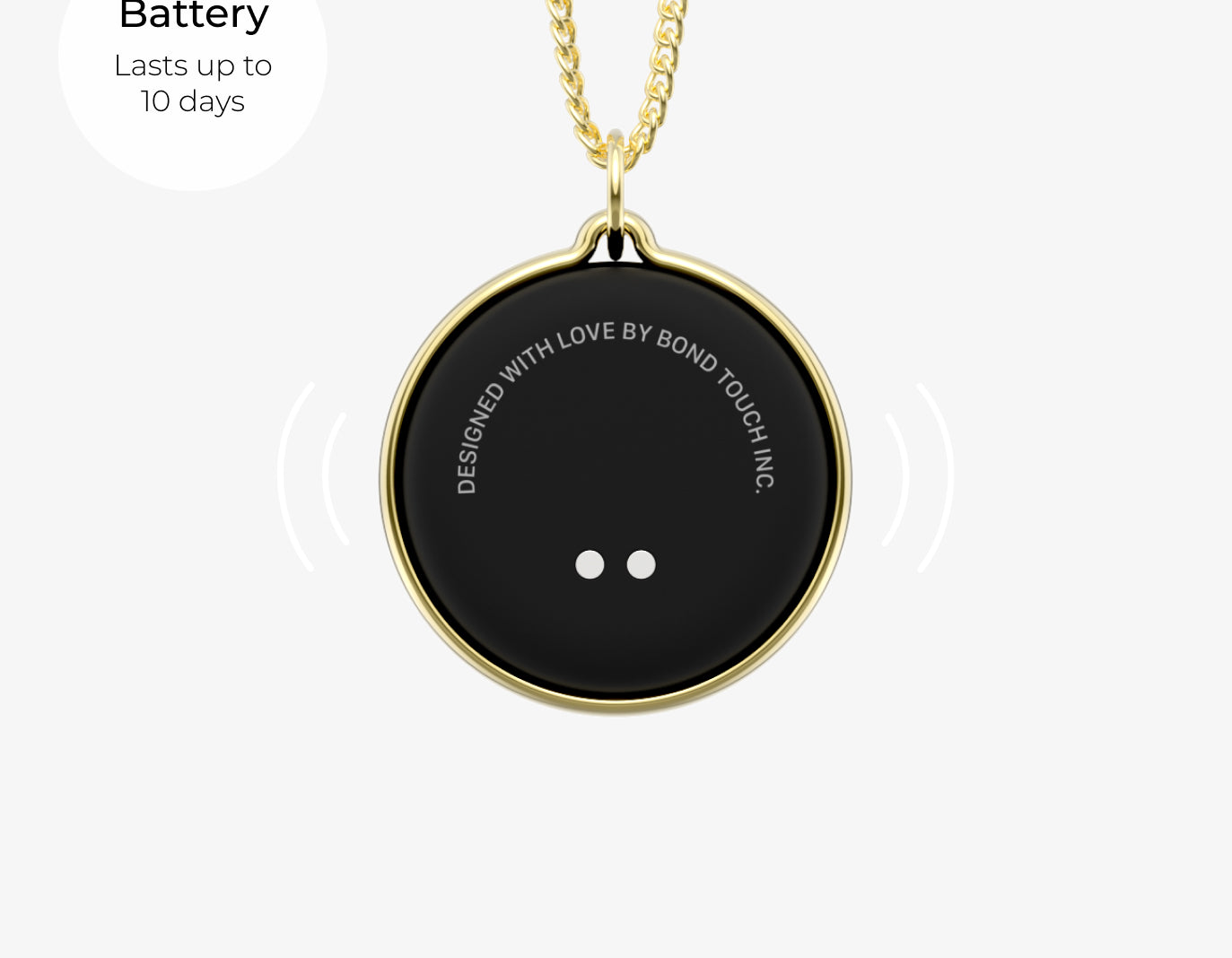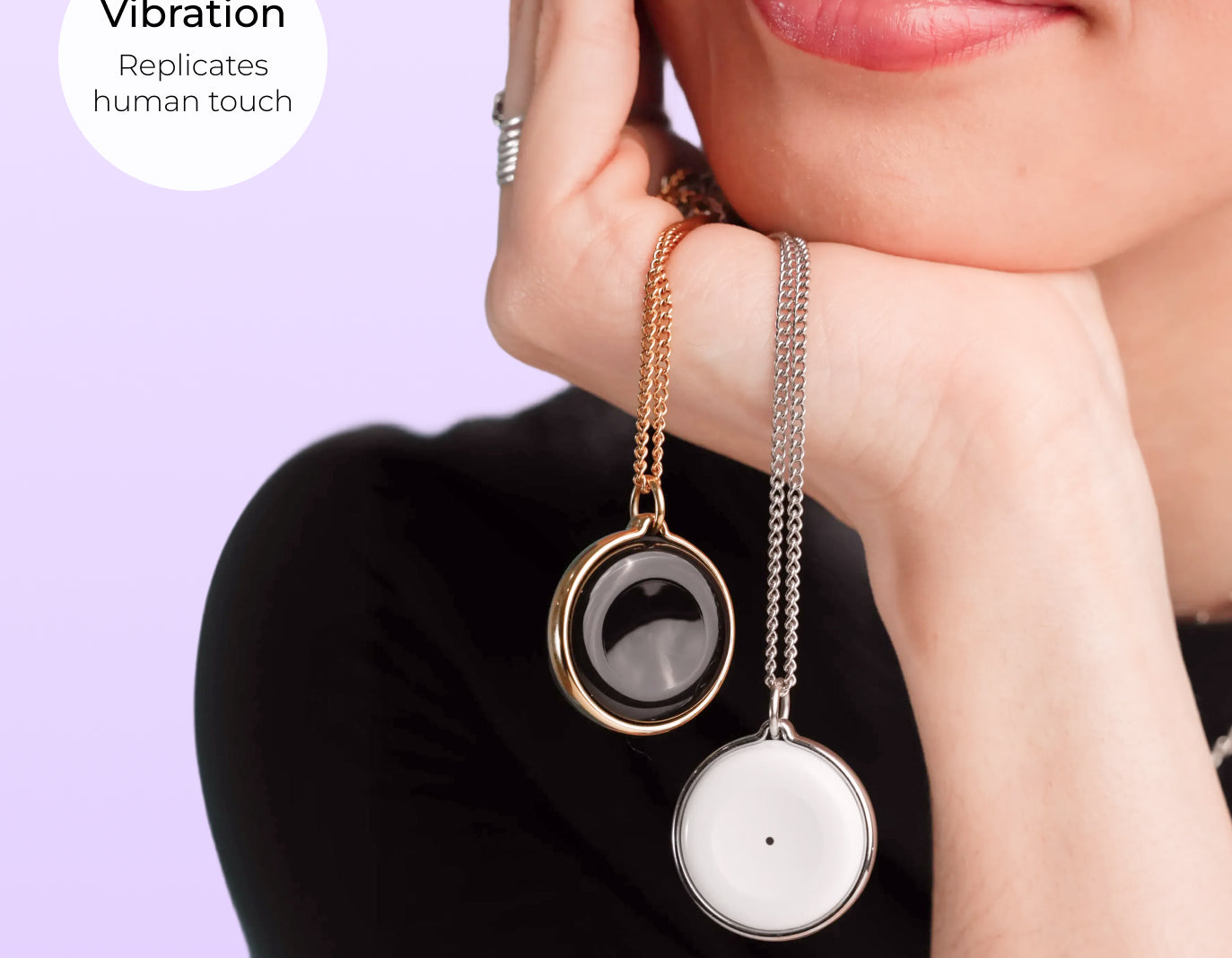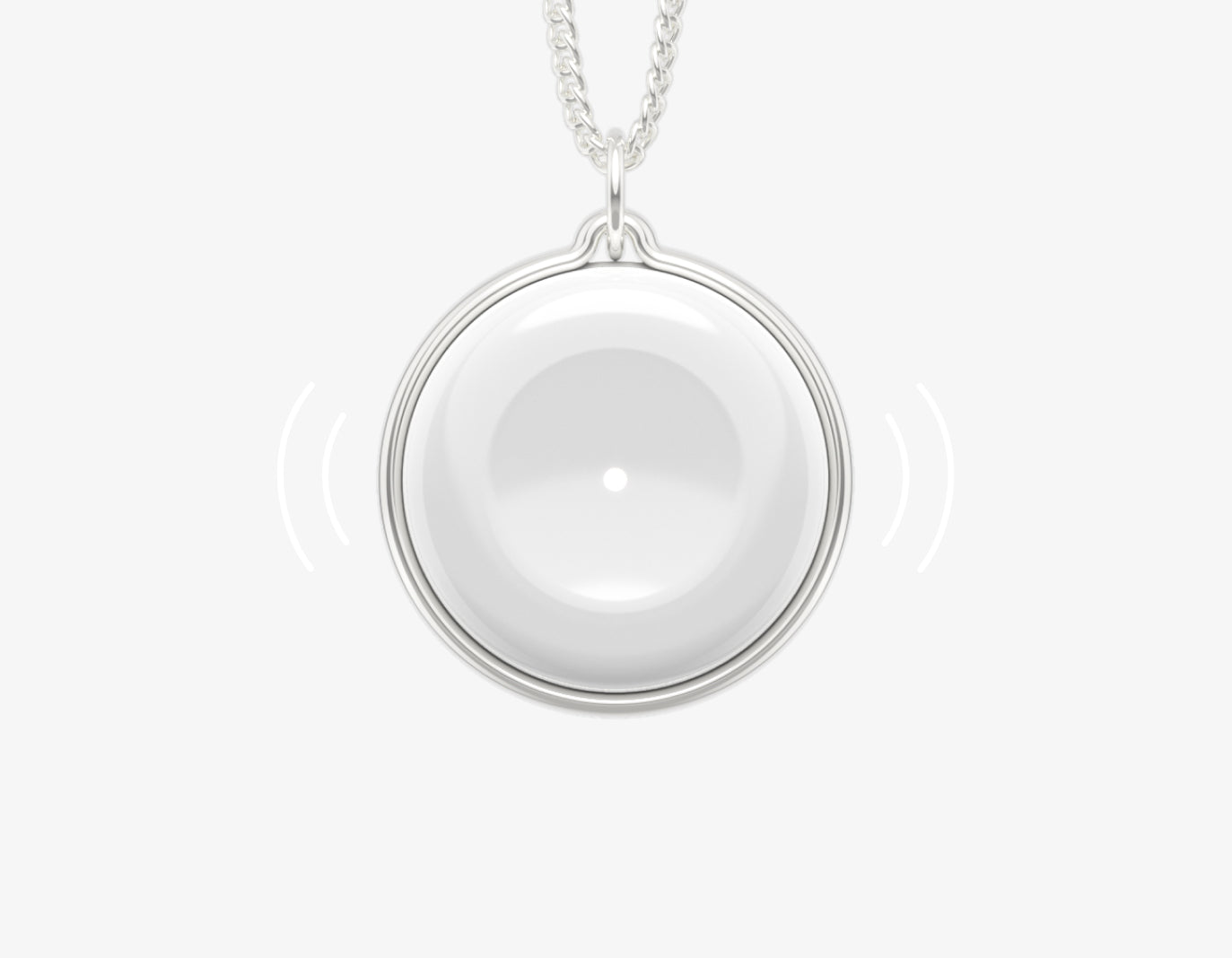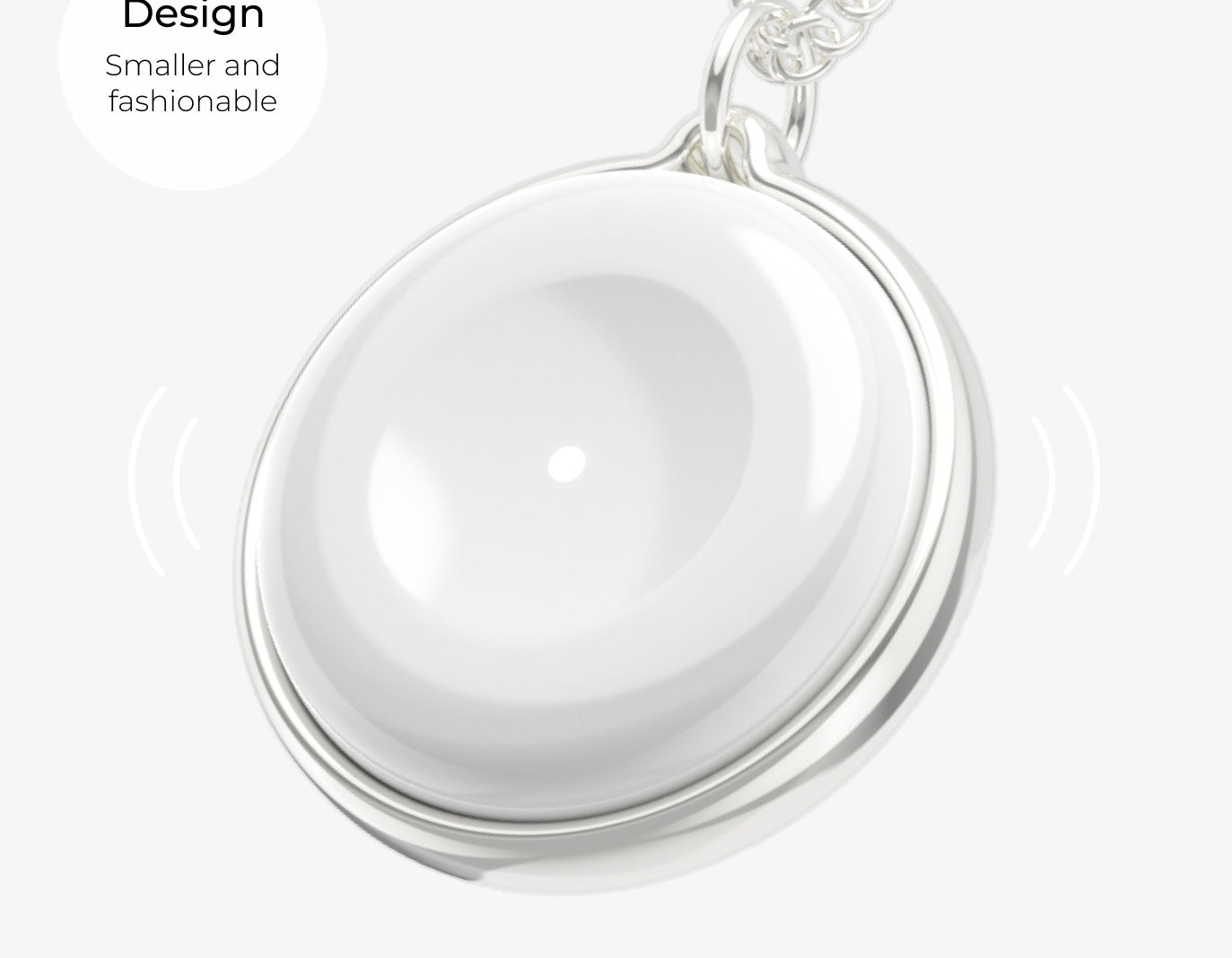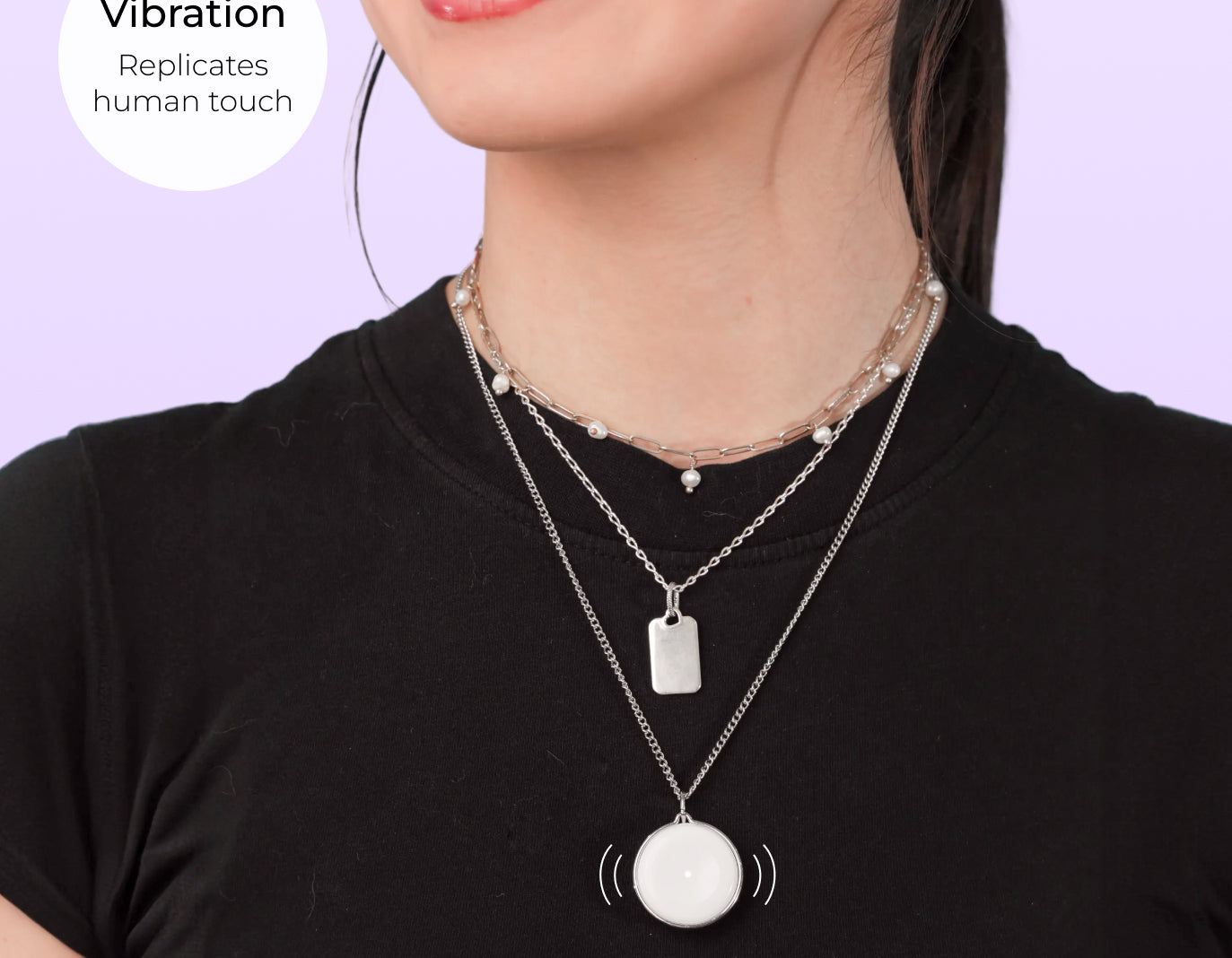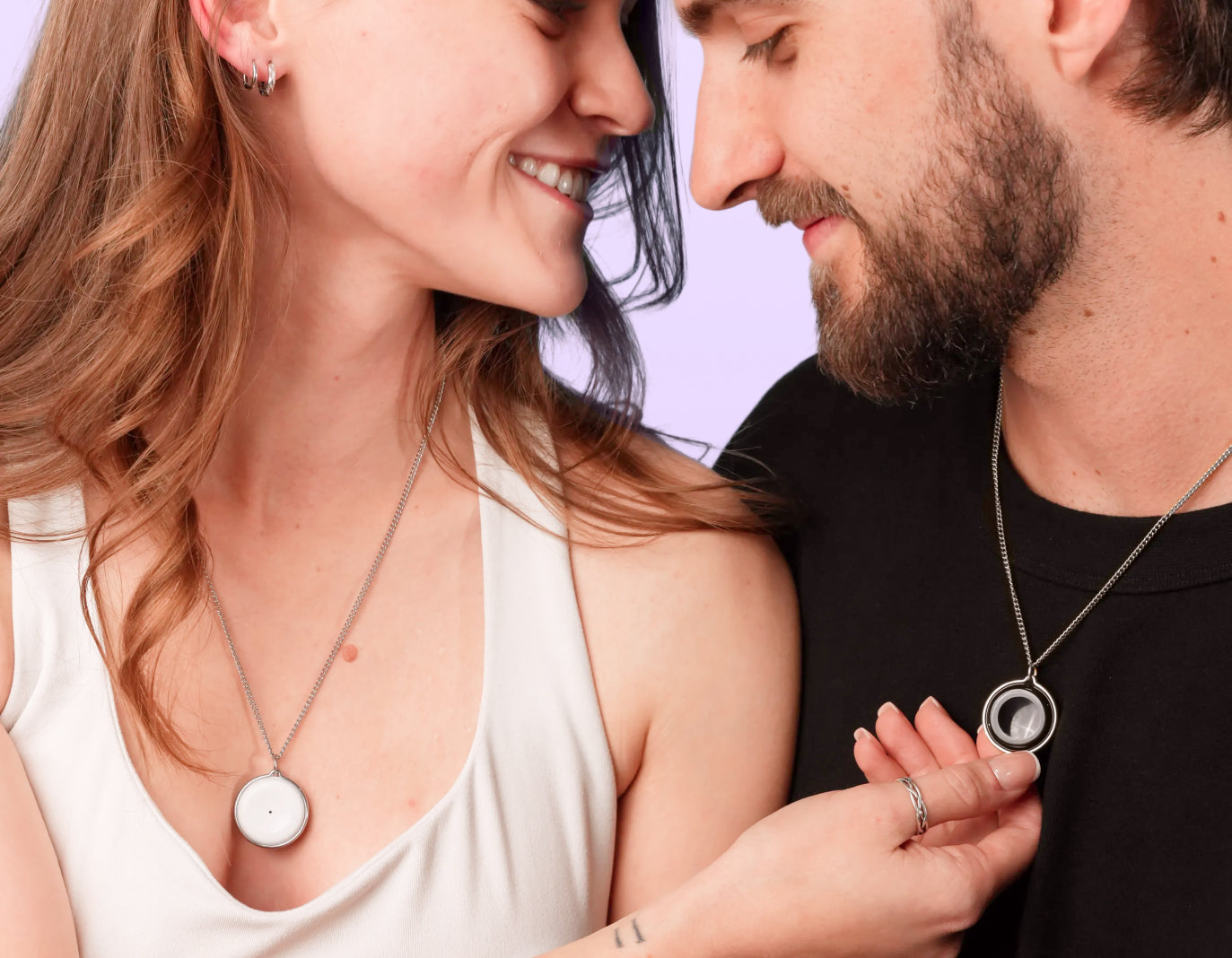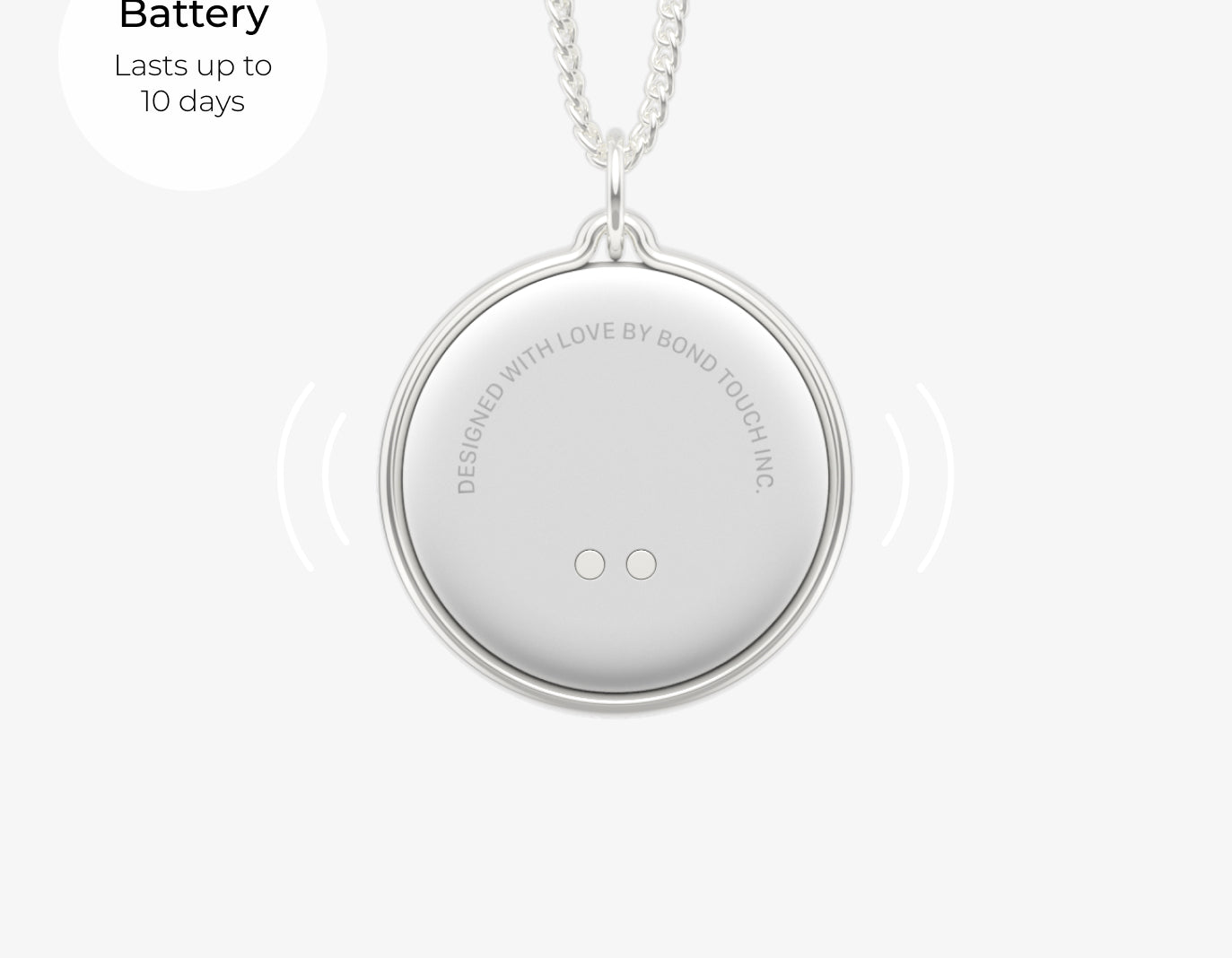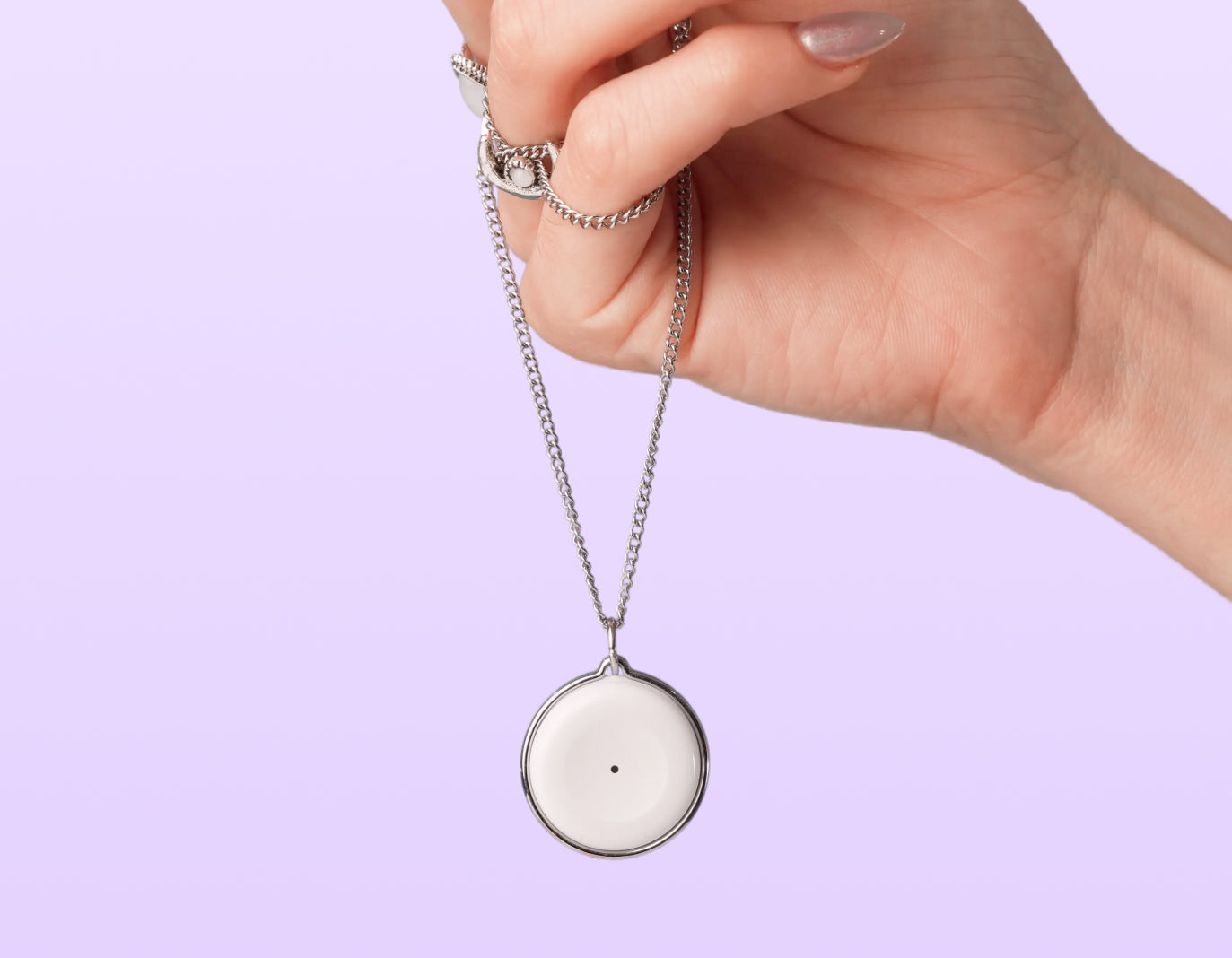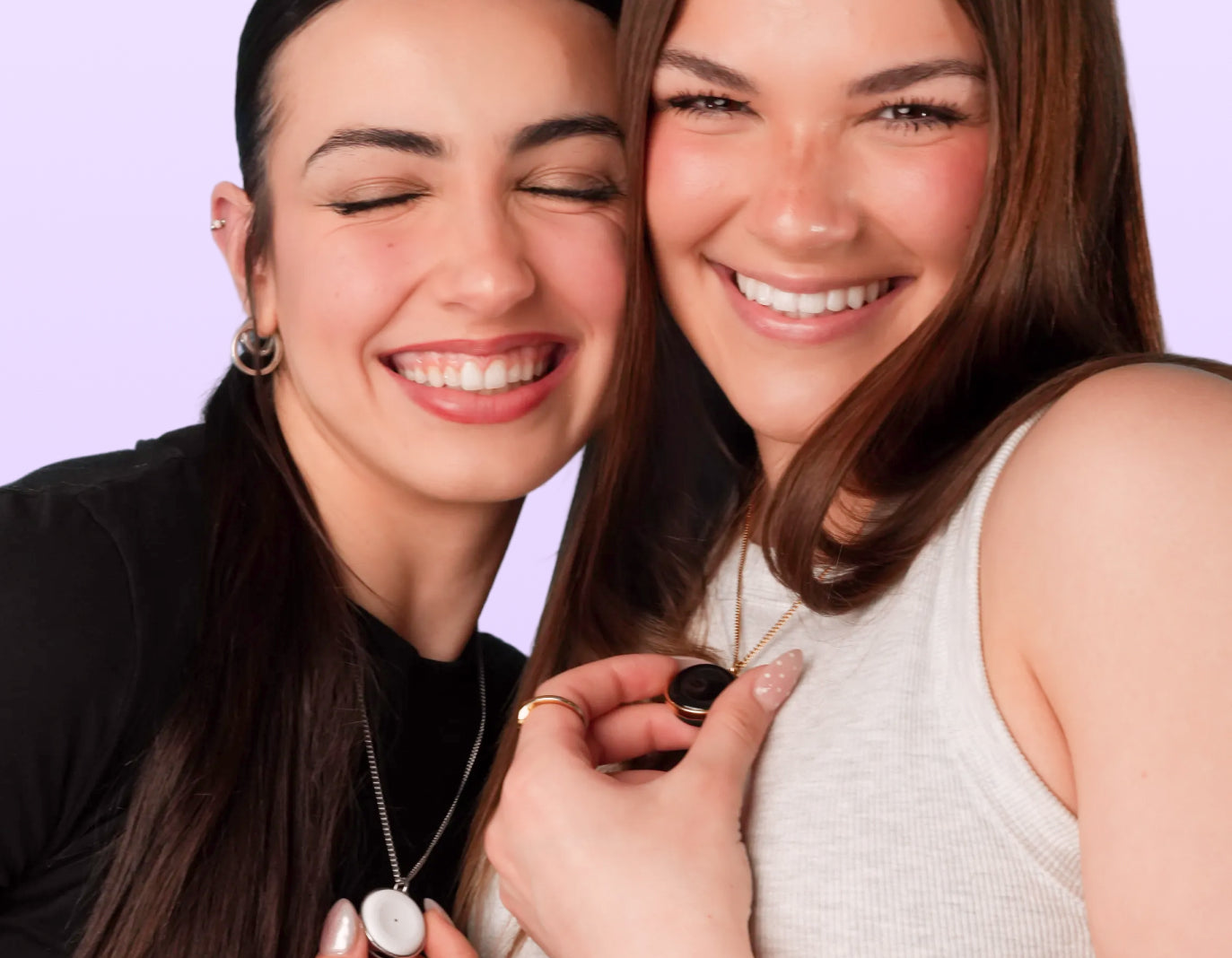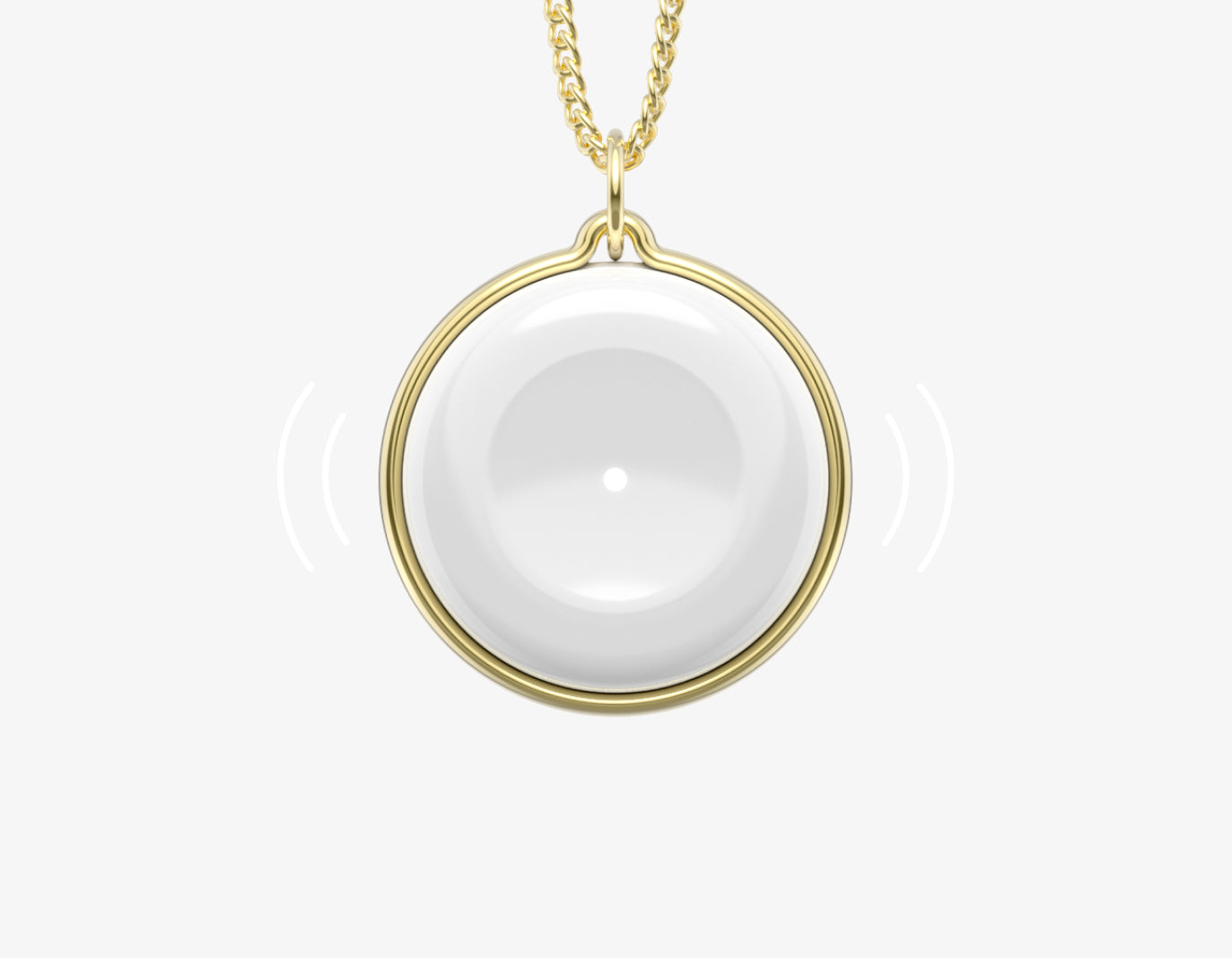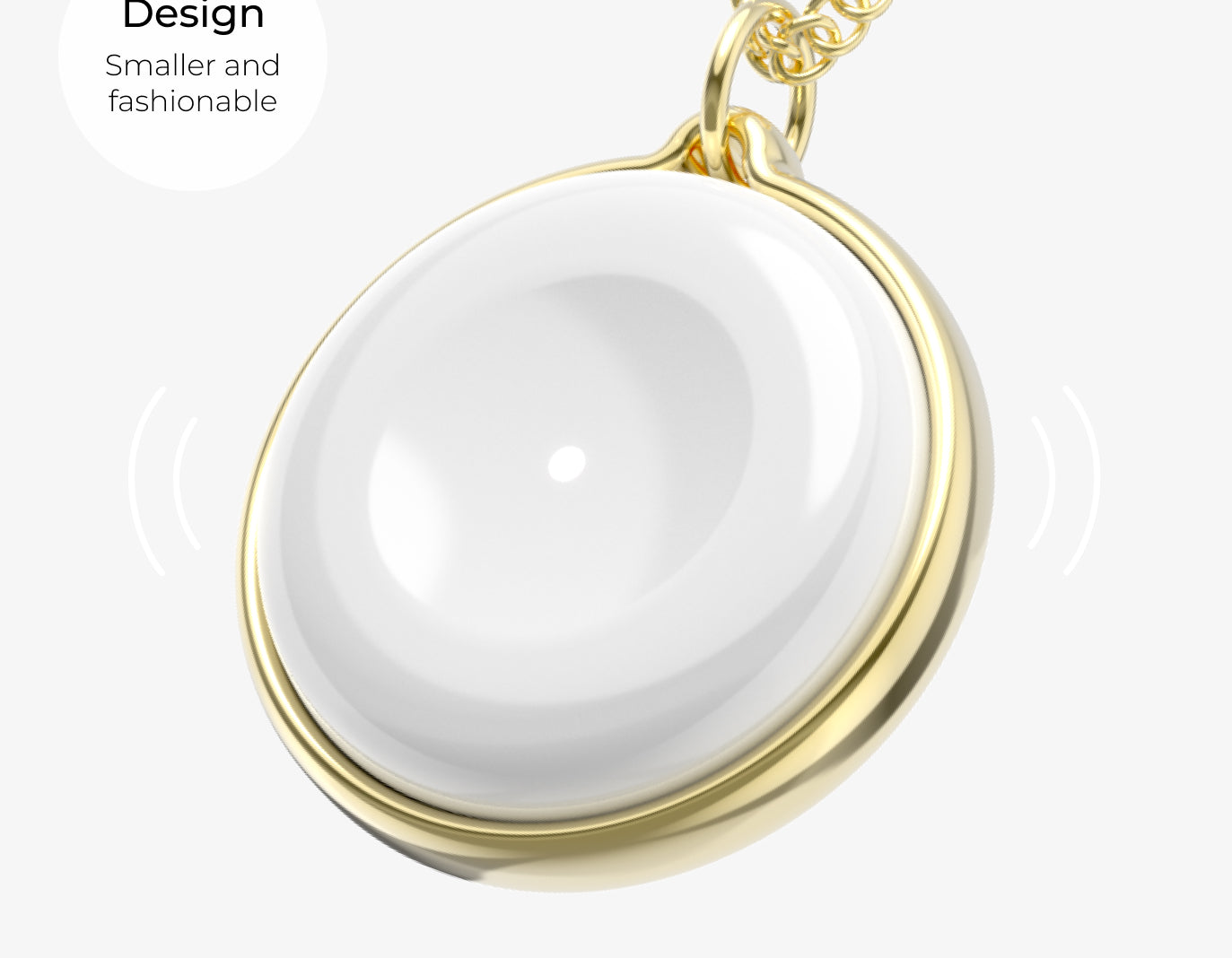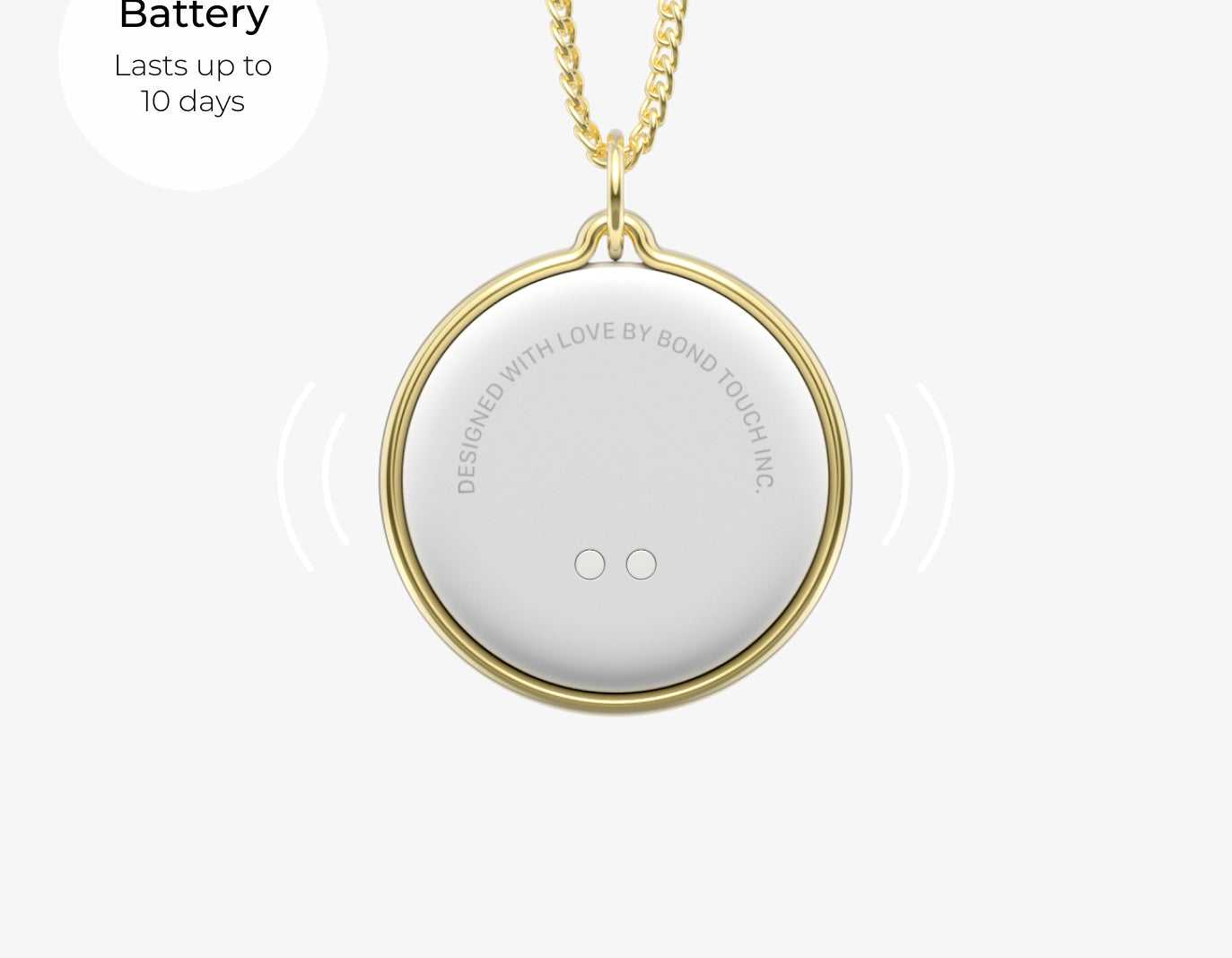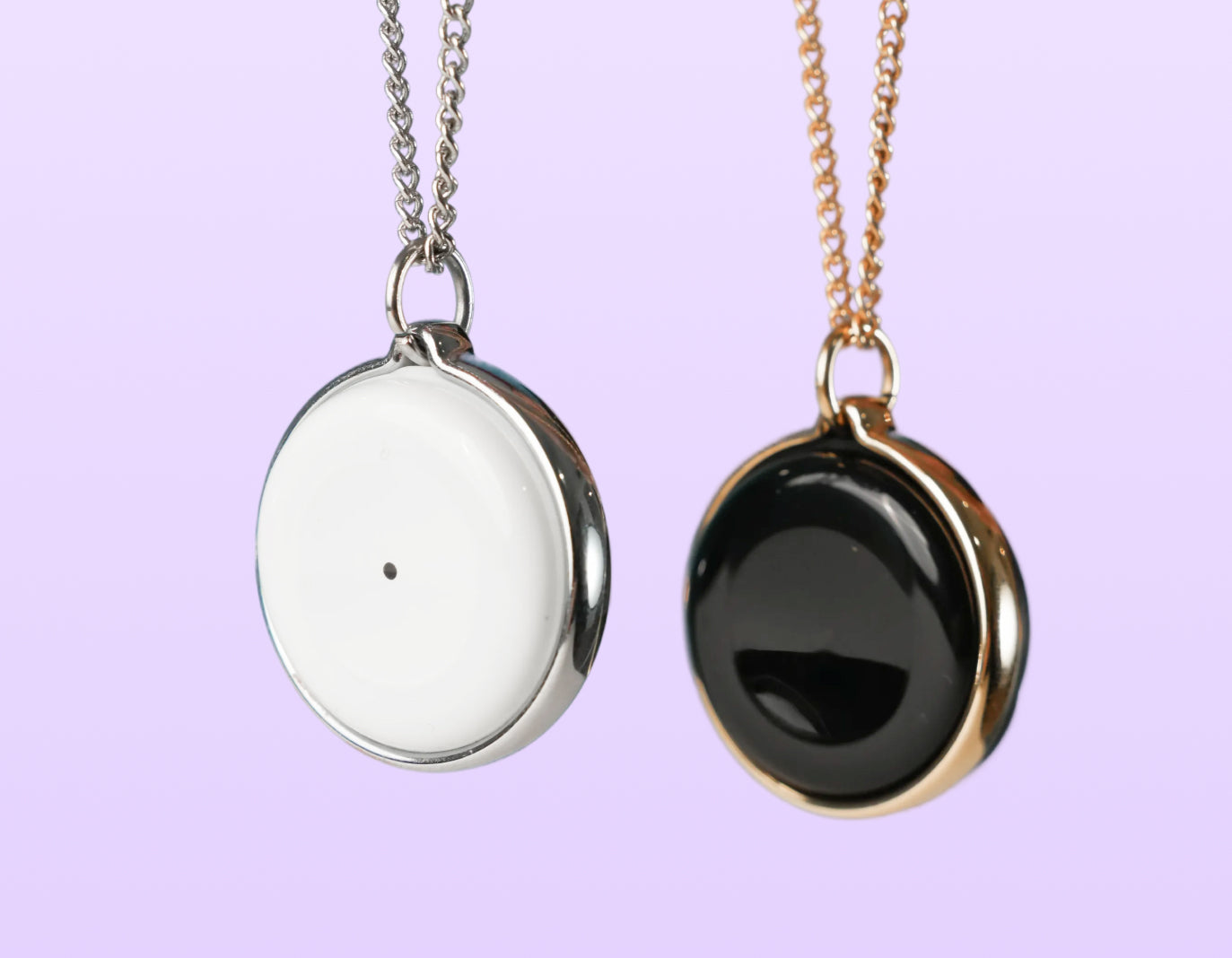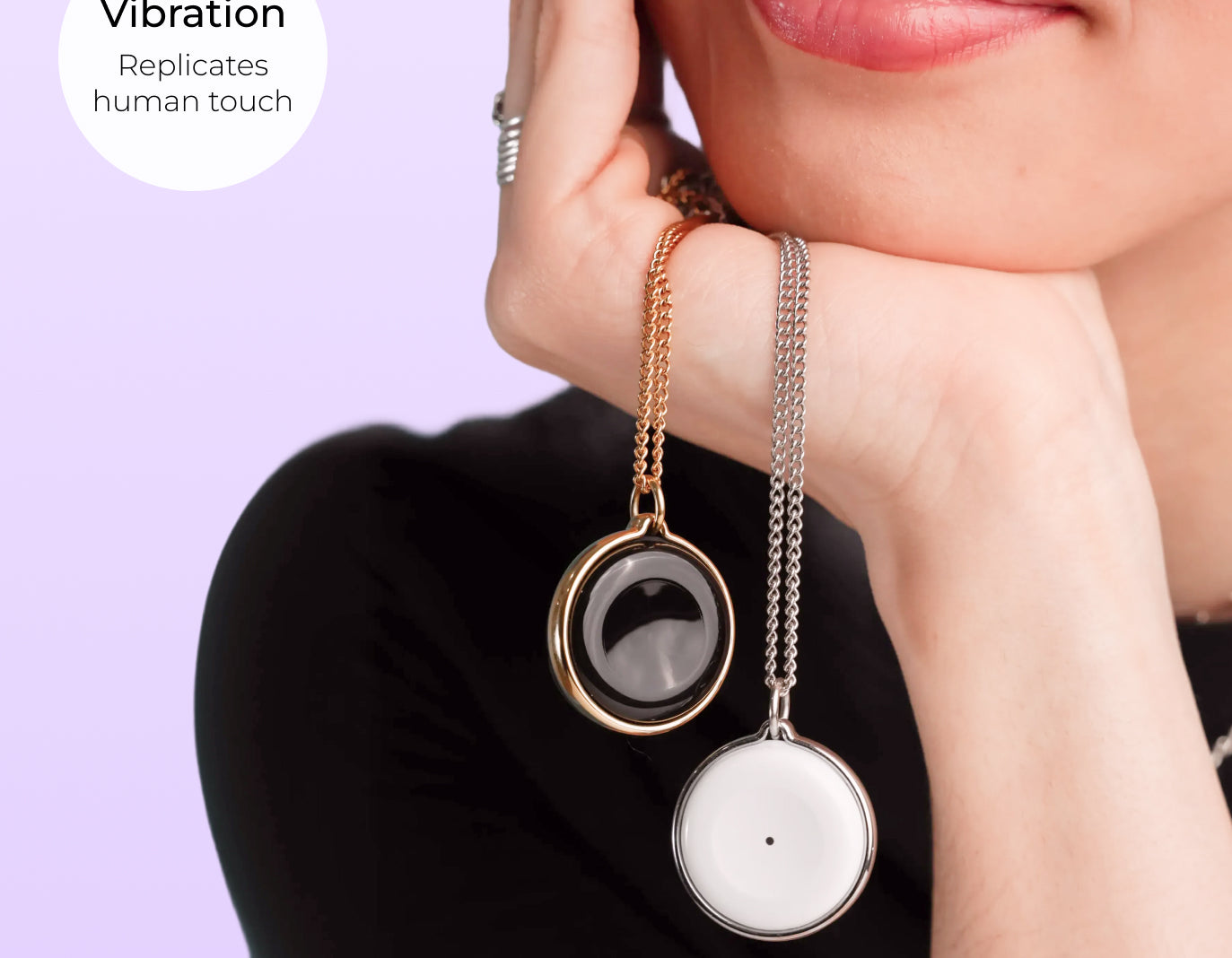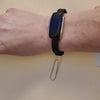The amount of people we saw before COVID-19 isolation wasn’t healthy for some of us. It’s okay to trim the fat in your social life, let some friendships fade away, and start prioritizing yourself.
Admitting it’s okay to let some relationships just fizzle out
COVID-19 has kept us all stuck in-doors, and there has been a lot of soul searching and relationship prioritizing—something that’s bound to happen when we’re home along with nothing but our thoughts. We’ve all cut down our larger social circles to smaller ones in the name of bubbling and following public safety protocols.
But now that those restrictions are starting to lift, we’re struggling to navigate how to put those social back circles together.
I’m excited to see some of the people I’ve been neglecting while I was weighing the pros and cons about not washing the giant mustard stain on my shirt (ultimately, it was a waste of mustard I was unfortunately going to use anyway).
But after an entire year of exclusively communicating via Zoom, I’m exhausted at the prospect of reconnecting with everyone I used to see. And I figured…
Maybe I won’t?
Everyone in your life serves a purpose, and I think there are a few people from my pre-COVID life that have outlived their purpose. There’s an old cliché—or maybe a poem, I don’t care to check—“people come into your life for a reason, a season, or a lifetime.”
Yes, there are lifetime friends I would never give up on. But there could be some that for a few reasons, maybe even seasons, I can let slip through the cracks.
Sometimes, I've let a few friendships fade.
Recognizing when to stop
Recently, I’ve been seeing more and more acquaintances on my state-sanctioned one walk a day. Before COVID, I loved saying hi to people on these walks, and I had all the time in the world to have a quick sidewalk catch up.
But now, under the protection of my sunglasses, masks, and an overall weariness of potentially sick strangers, I’ve been able to sneak around—or sometimes walk right past—people I’ve known for years.
At first, it was only for people who I didn’t think would want to see me. There have been too many times where I awkwardly wave for so long at someone who’s ignoring me that they’re forced into an awkward conversation. But I’ve just not bothered to stop for anyone if I can avoid it. It’s not personal, or even all that dramatic, I’ve just become an old dog who gets over stimulated at people—just less biting, but more growling.
It’s a different feeling for everyone, but you kind of know in your heart of hearts when it’s time to let a friendship fade. When you feel like any casual contact is a chore: recognize that feeling, and lean into it.
Because nothings more awkward than when you pull off your headphones to talk to someone and they don’t reciprocate.
Make the power move, keep those headphones on! Always!
Muting is a powerful tool when you're letting friendships fade
Social media is a toxic place full of people being… happy?
And I don’t know about you, I hate seeing people I’m not that into being… happy.
Since COVID started, social media is the main form of communication for some of us. Between all my group chats on all the different areas people can connect with me and my incessant refreshing of Twitter for new notifications, I’ve been overwhelmed. I’m not even part of that many group chats—believe me, I’m not that popular or important.
Managing all of this stimulation has been pretty easy:
I just mute everything.
You don’t need to respond to everything right away, and if people expect that from you, it’s not really your business.
If you’re seeing someone too often, many people recommend deleting the people you want to see less on social media, but that seems a little excessive. You don’t want to hurt anyone’s feelings when they notice you’ve unfollowed them, that move is purposeful and should only be done when you really don’t want to be associated with them.
Believe me, when I find out someone’s unfollowed me, you know my journal (not a diary) will never hear the end of it.
A simple mute works, because you’re not outing your feelings, you get to save face, and you’ve saved so many trees from all the pages in journals everywhere (… okay, diaries).
Your emotional labour is your own
This goes without saying; you don’t have to do anything you don’t want to do. So, if someone’s demanding that you see them or give them your attention, you don’t have to even respond. The amount of time you exert into a relationship depends on how much you want to give.
See the people you want to see.
Talk to the people you want to talk to.
But don’t feel obligated to go out of your way to respond to a person to seem polite. Polite society is dead, this isn’t Bridgerton—much to my chagrin.
It’s hard to articulate how much you can internalize other people’s feelings. I have definitely spent more of my time thinking about someone else’s awful relationship only to be jealous that the person they’re complaining about dodged a bullet.
It drains your energy listening to someone complain. If it isn’t someone who’s reciprocated, simply don’t engage.
A simple nod of the head, or even some one-word messages back to that person, and hopefully they get the hint. Stick to your guns and your boundaries and you can start to feel freer to complain to your real friends about that friend.
It’s sometimes better not to say anything and just let friendships fade
I’m really trying not to sound like an awful person while writing this...
But it’s hard when you’re advocating for not talking to people.
And I’m not NOT saying that.
I’m saying: set your own boundaries for yourself. Make yourself feel more comfortable.
Invest in relationships you truly treasure.
Once you set your boundaries with people, they don’t need to know them. In fact, it’s exhausting to communicate your boundaries to someone who doesn’t get it.
So don’t. No one needs to know you don’t want to talk to them, and no one enjoys hearing they don’t want to be talked to.
You never know when that person you just decided to reduce or cut contact with will end up being someone you work with, or god forbid for. So it’s best to remain cordial.
It's not like you're cutting the bridge forever. You’re just stepping away from a friendship. And that can sometimes be beneficial for your mental health.
There are plenty of people now who I don't hate, but just don't actively engage with anymore. If these people want to reach out, they can, and I might be happy to hear from them.
But I’m not putting too much pressure on myself to keep a relationship going. In fact, if that pressure is there in the first place, maybe it isn't a relationship worth keeping.
You just have to be let those friendships fade, or fizzle out.
And let yourself know that that's okay.










